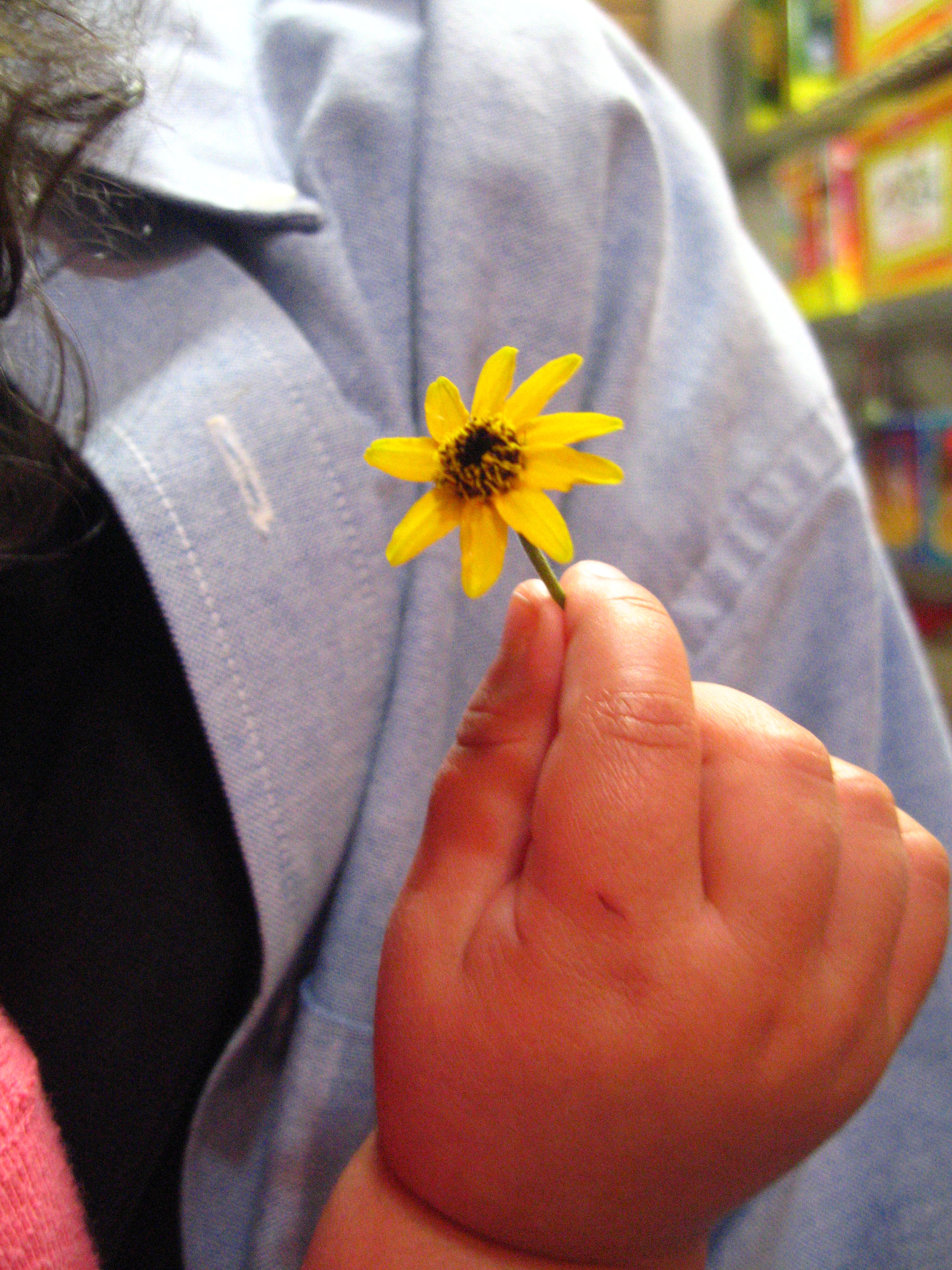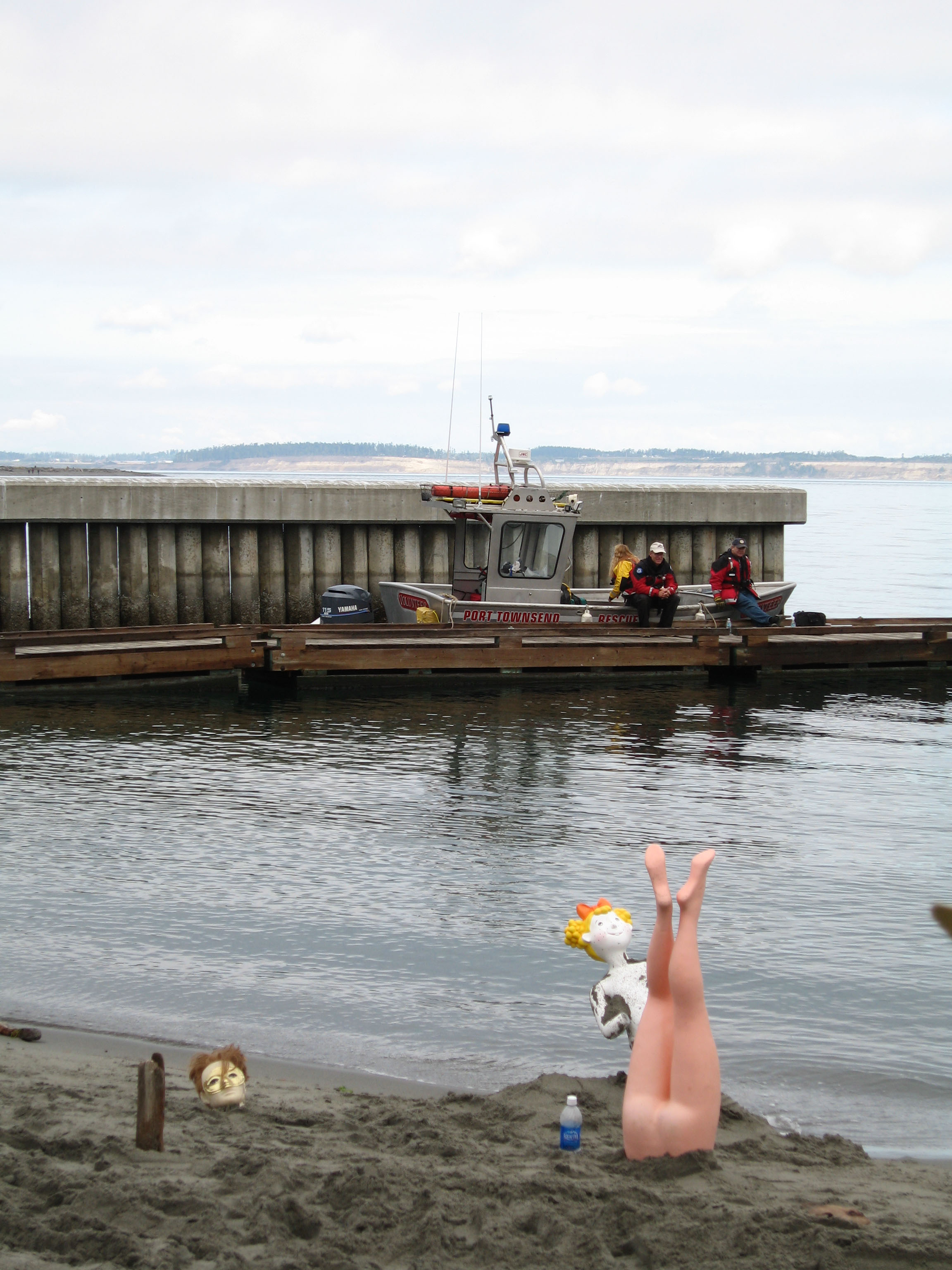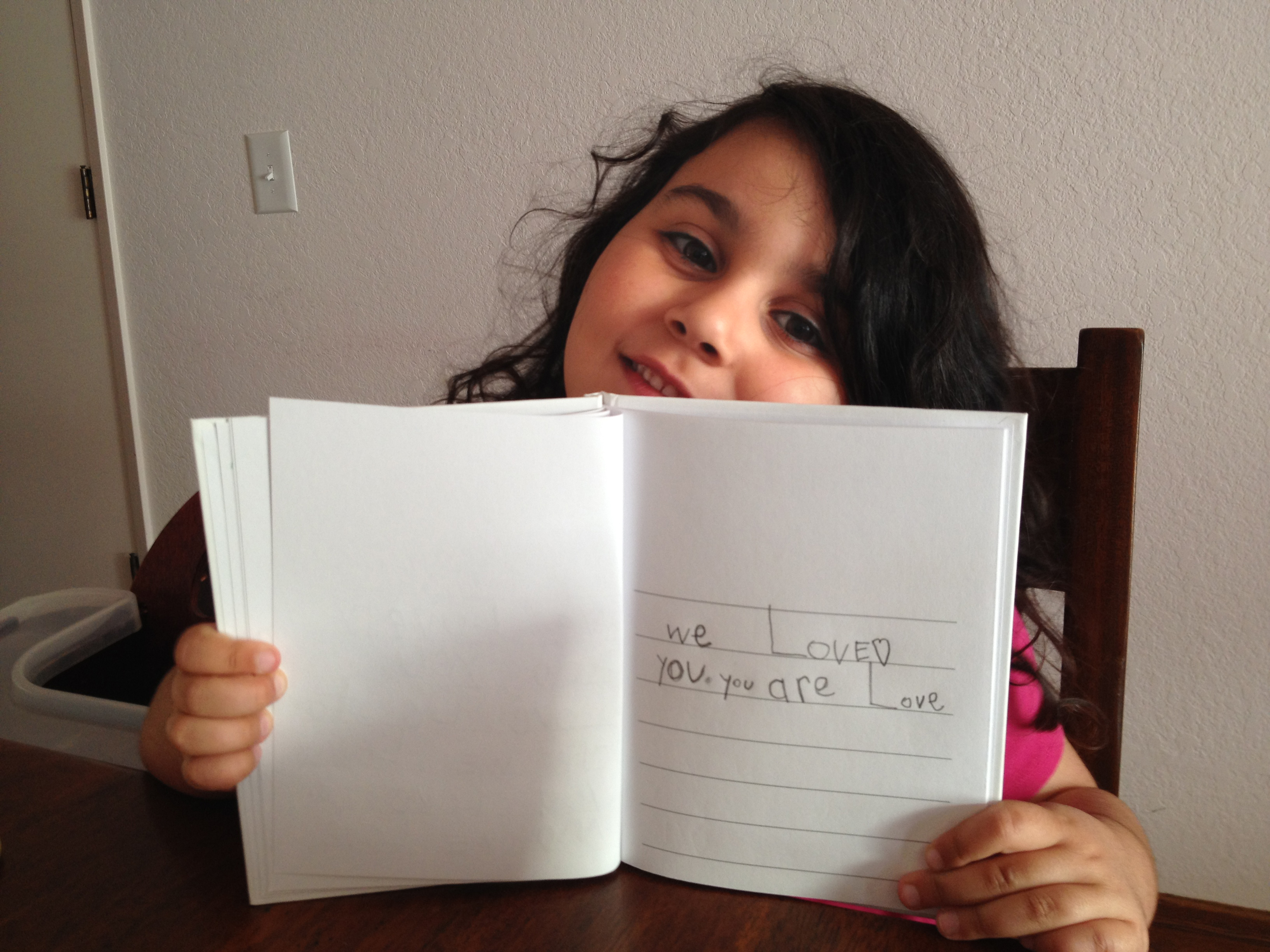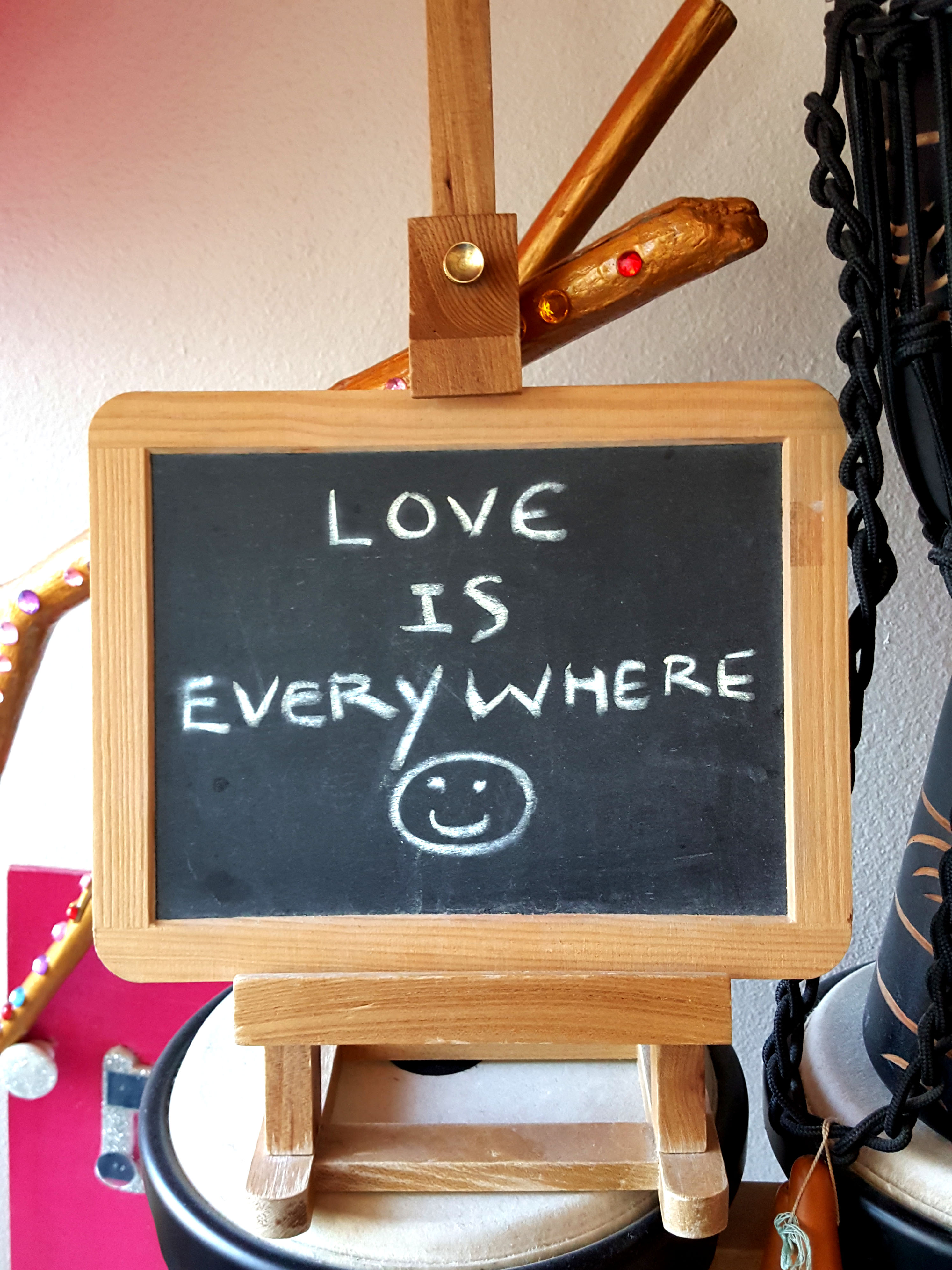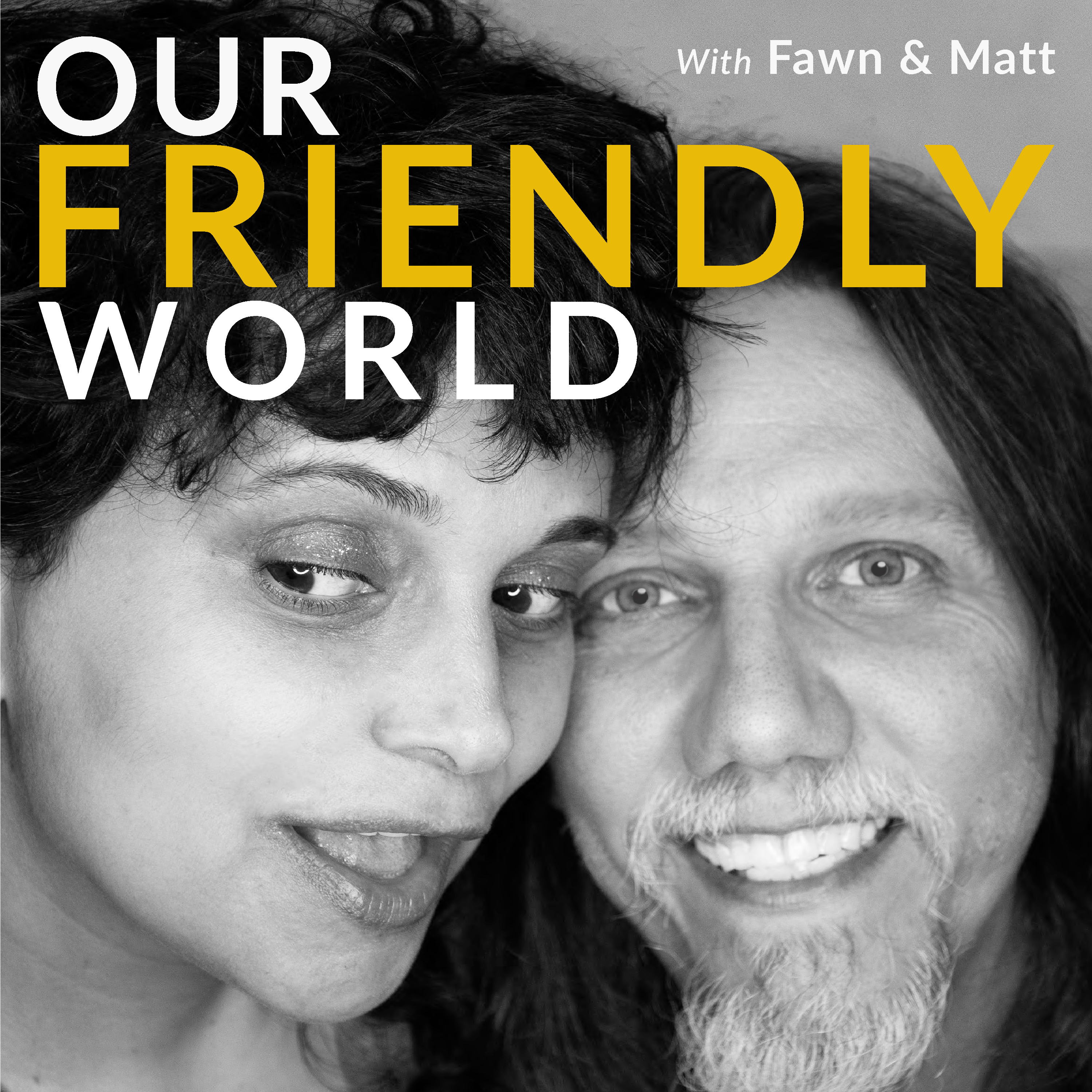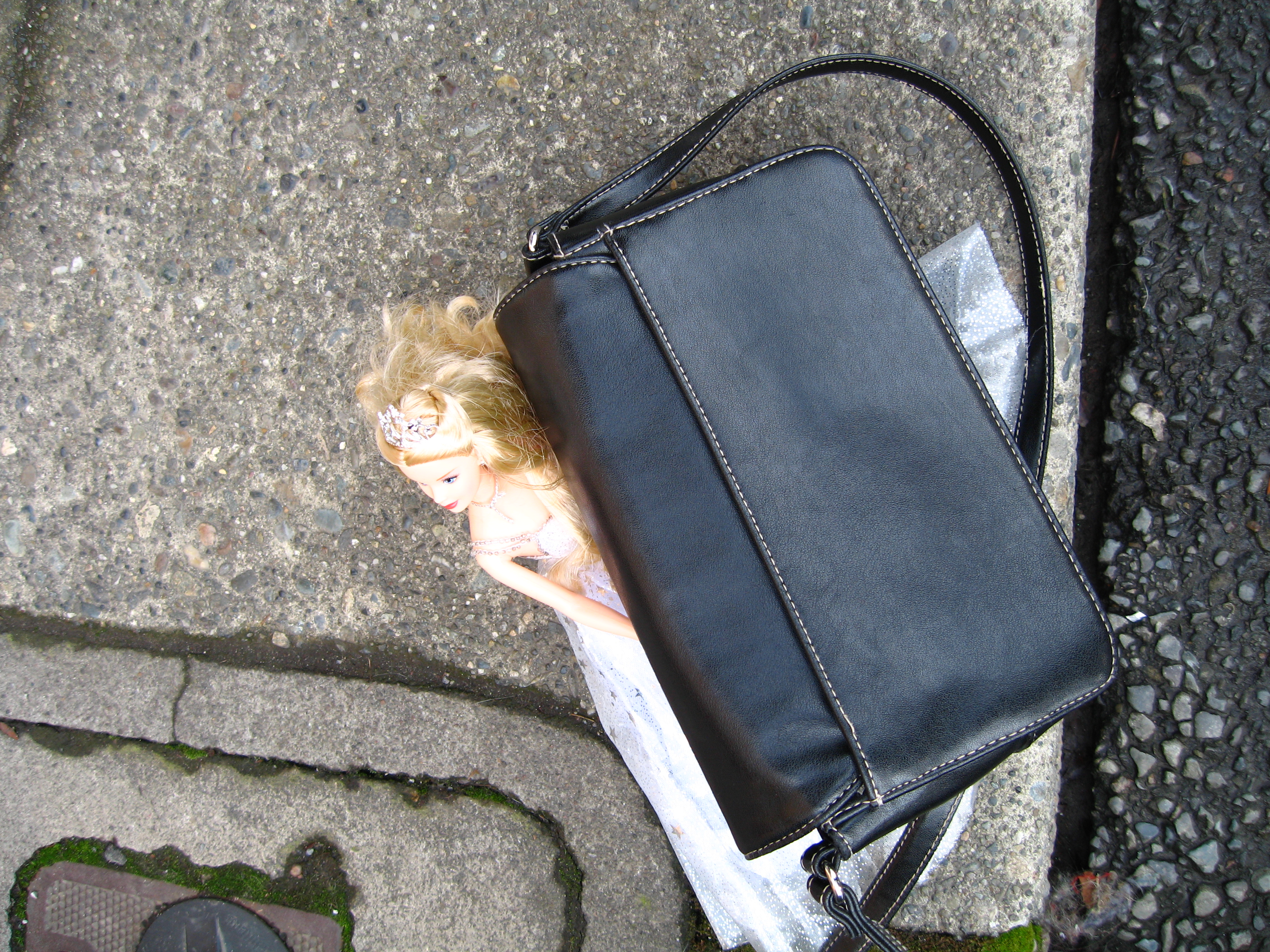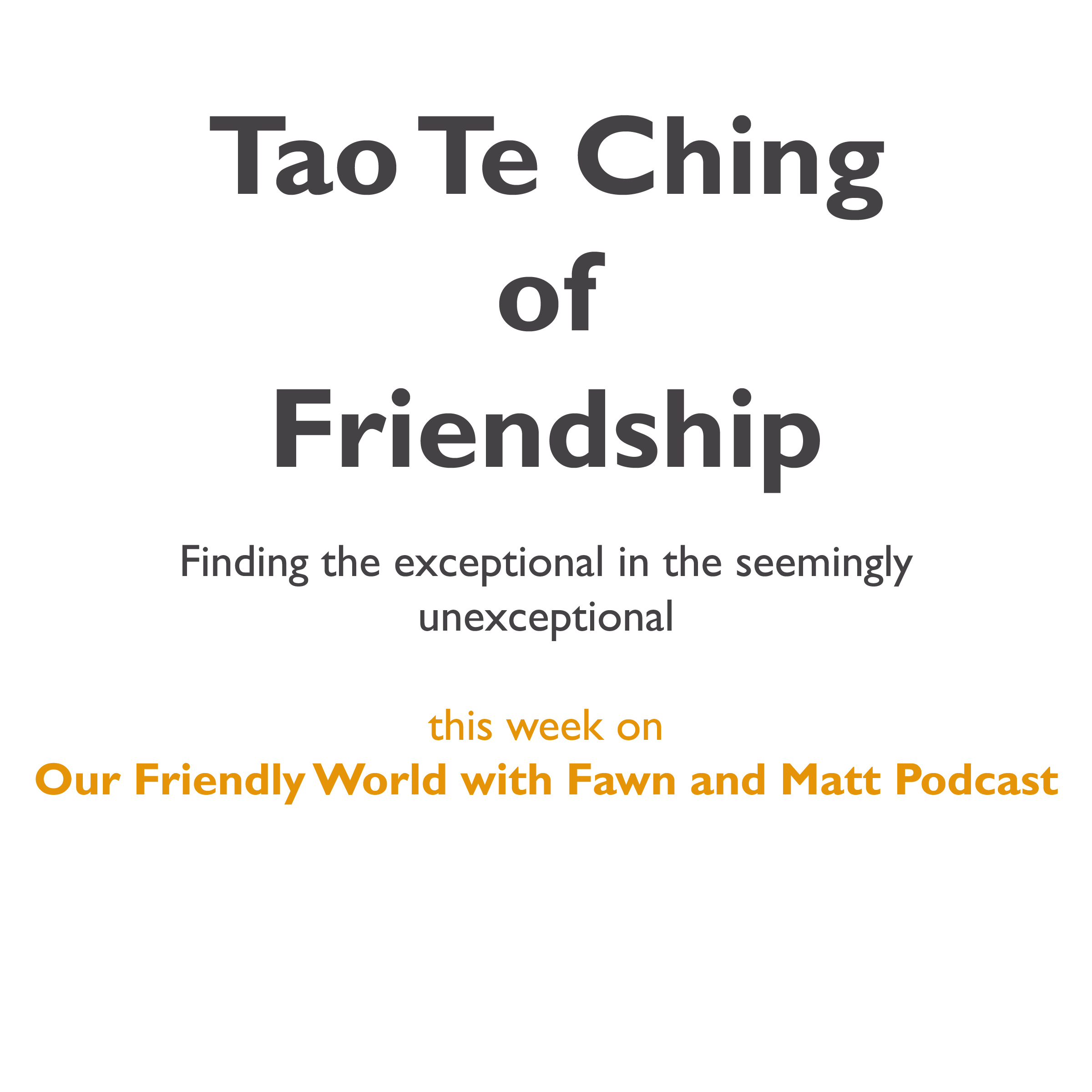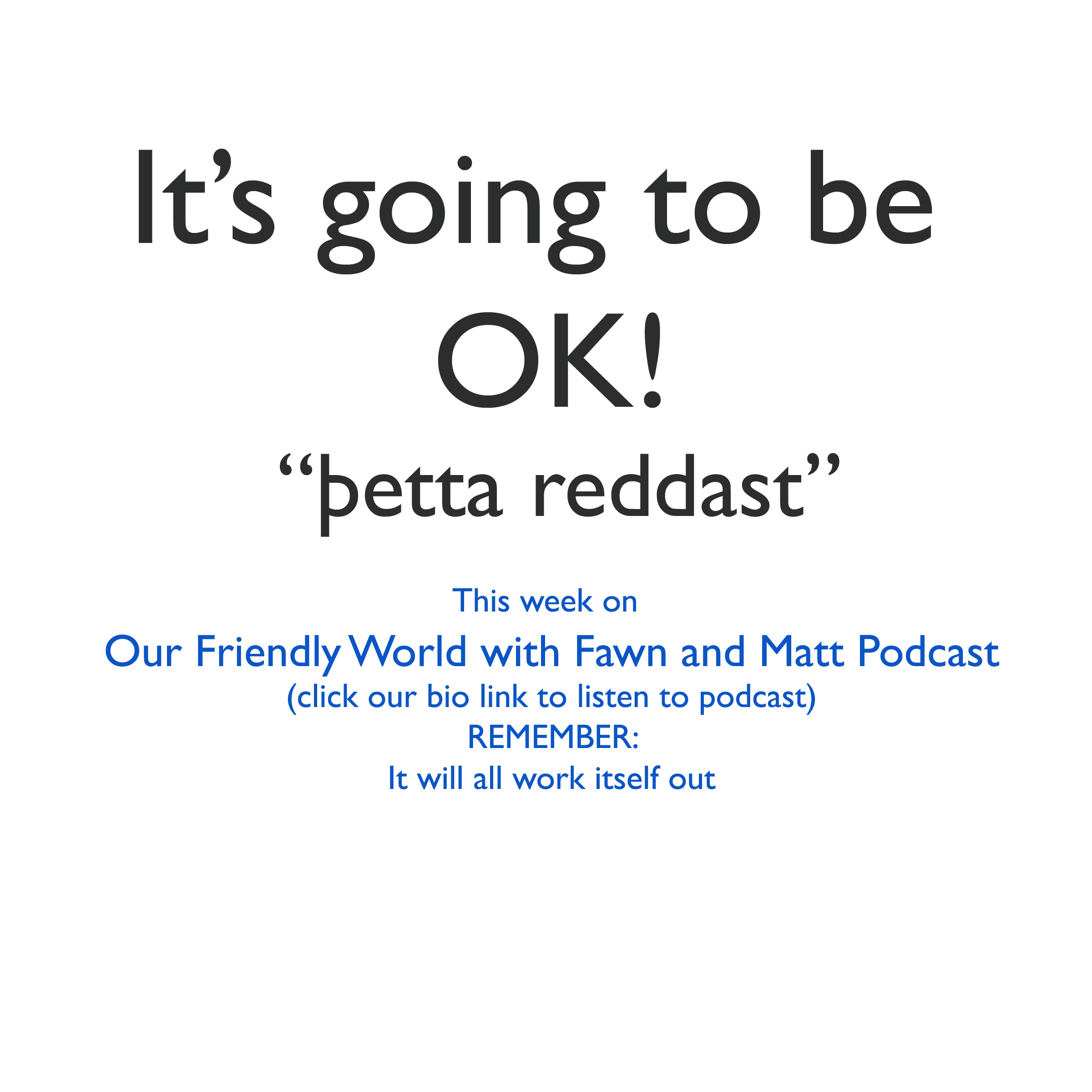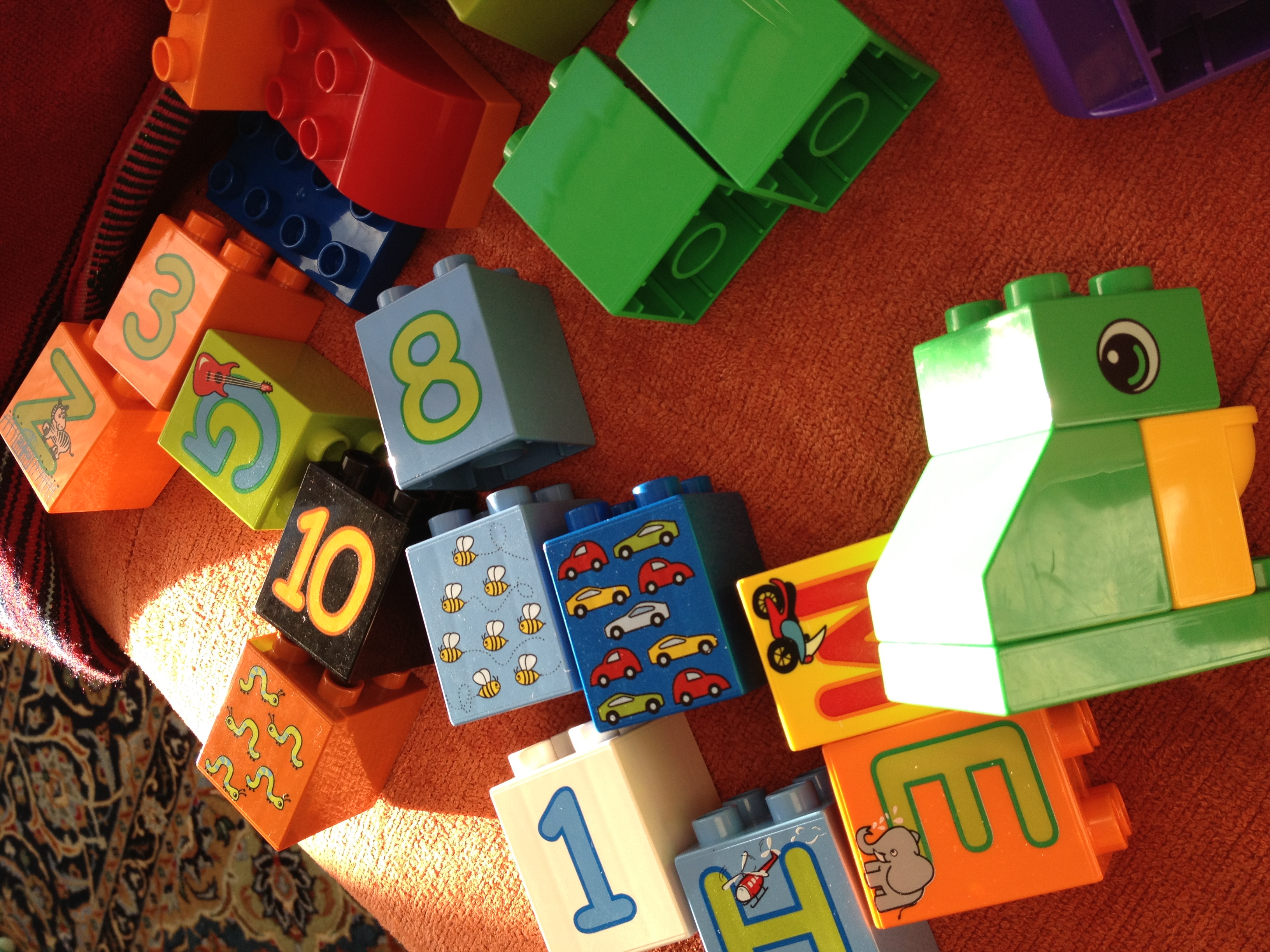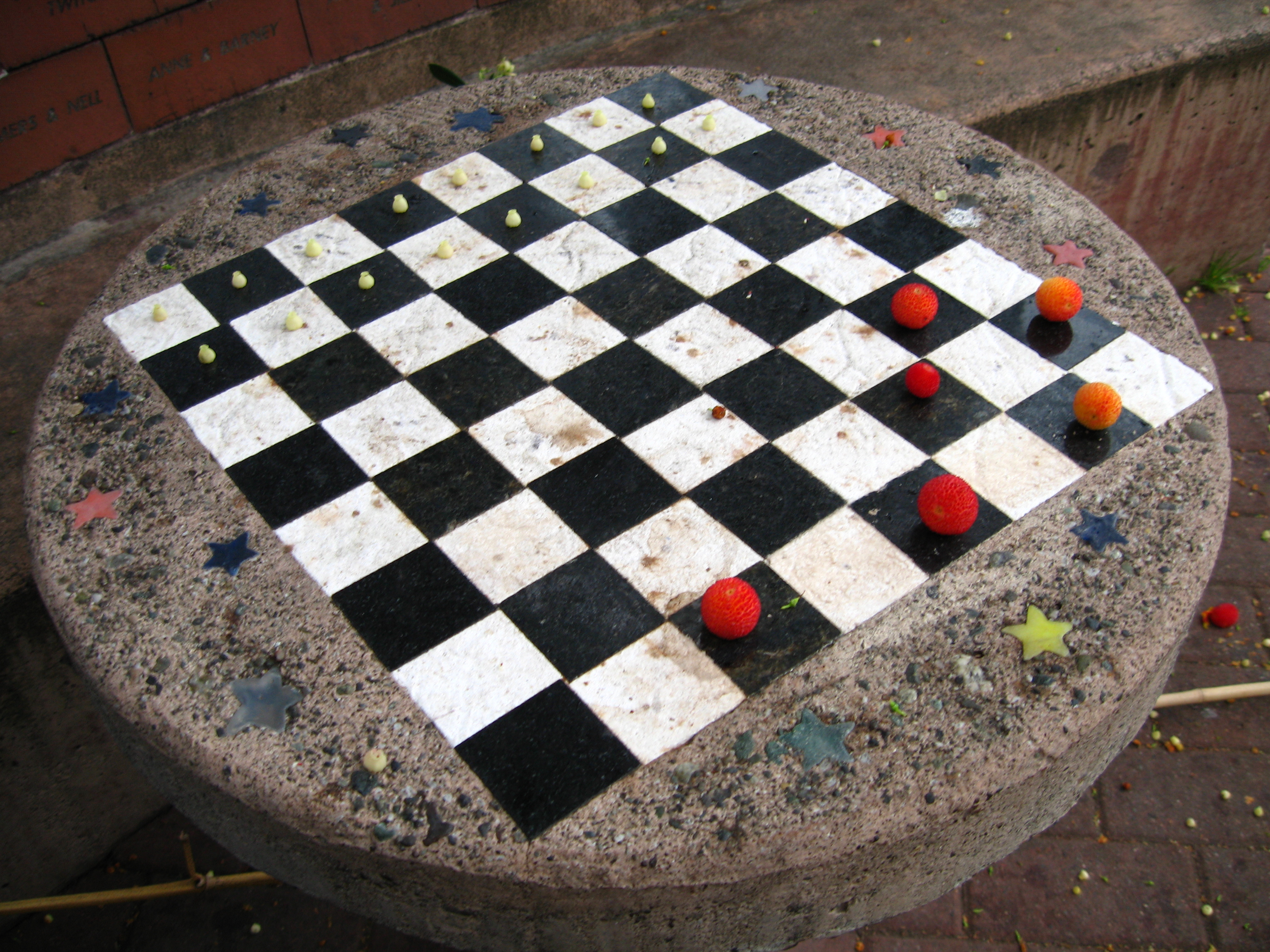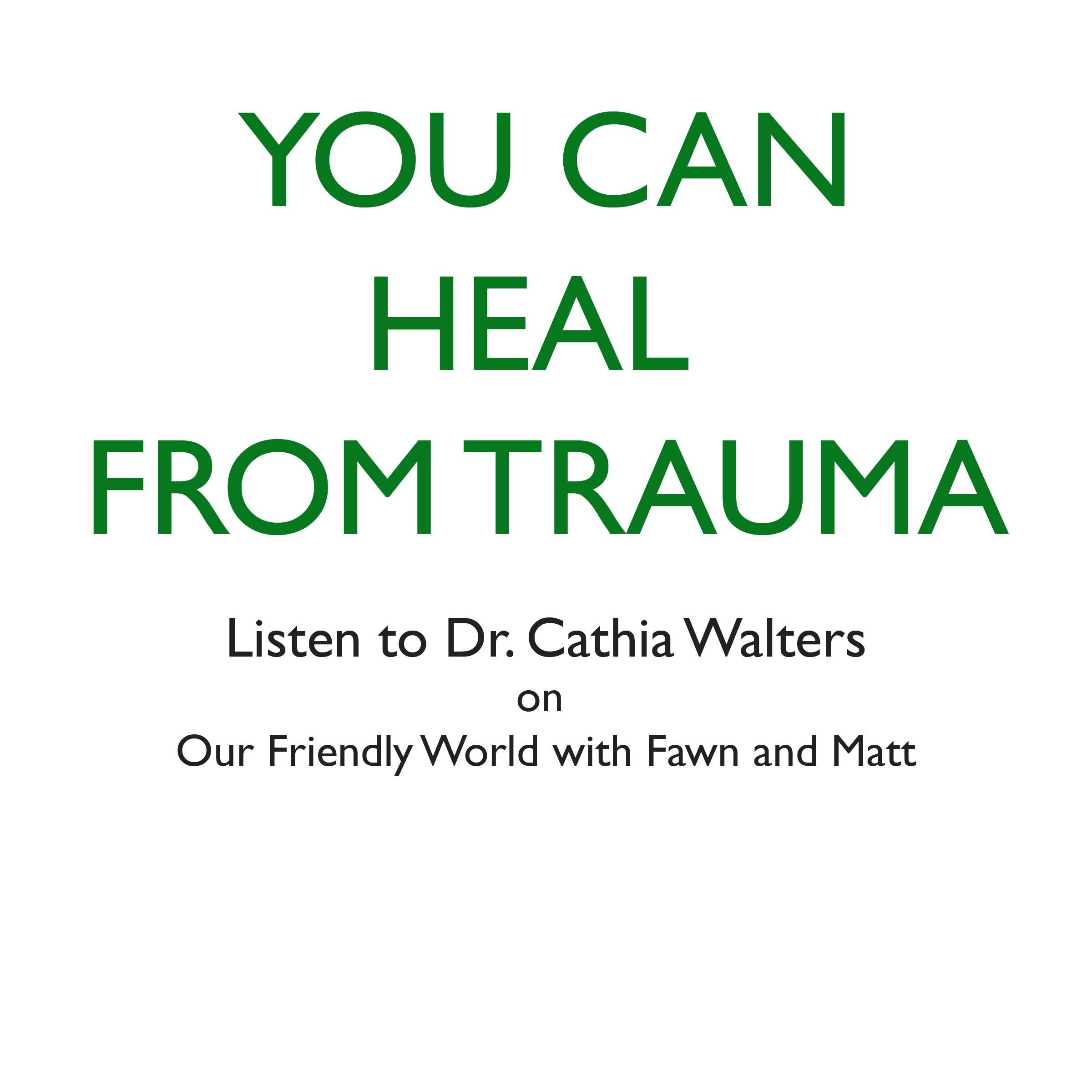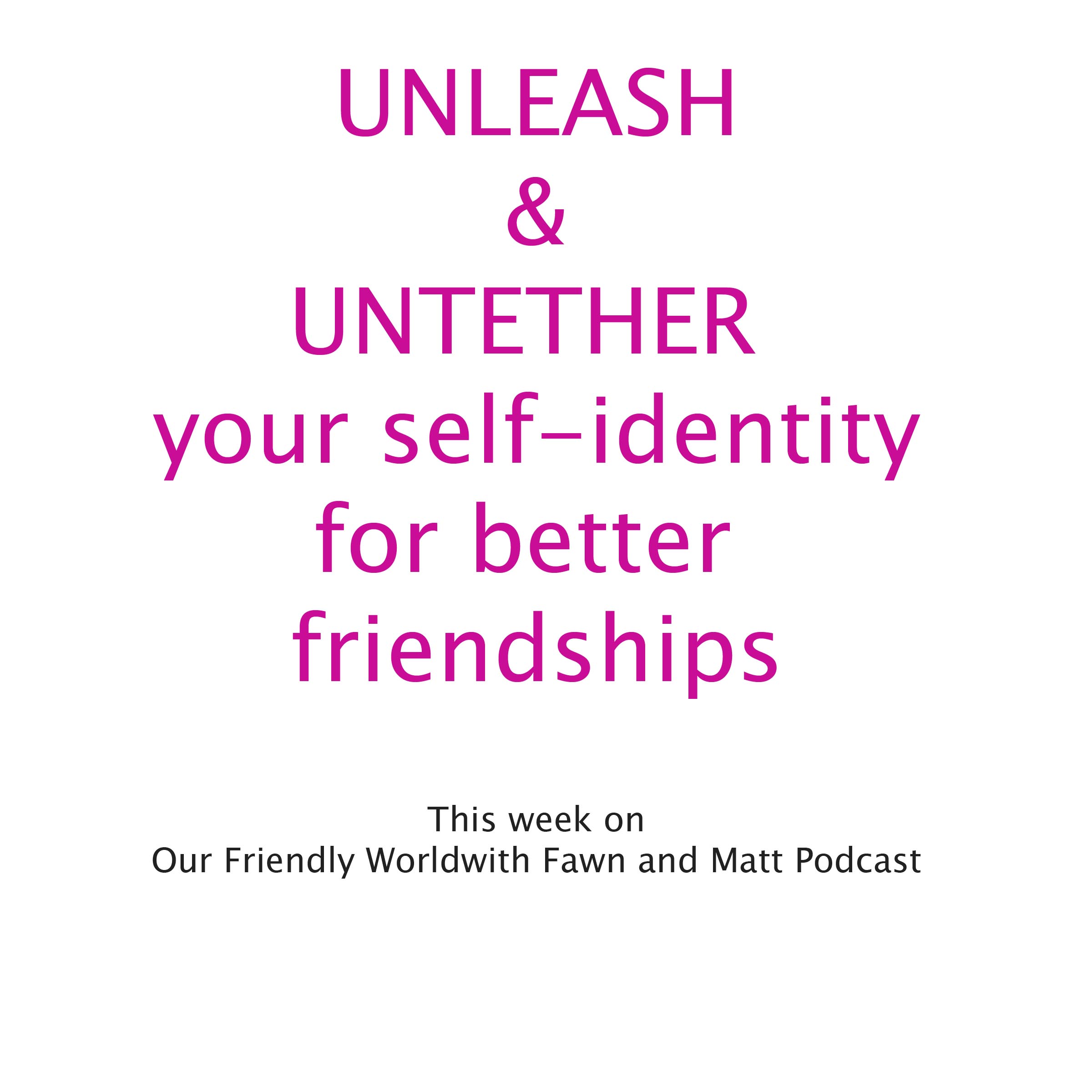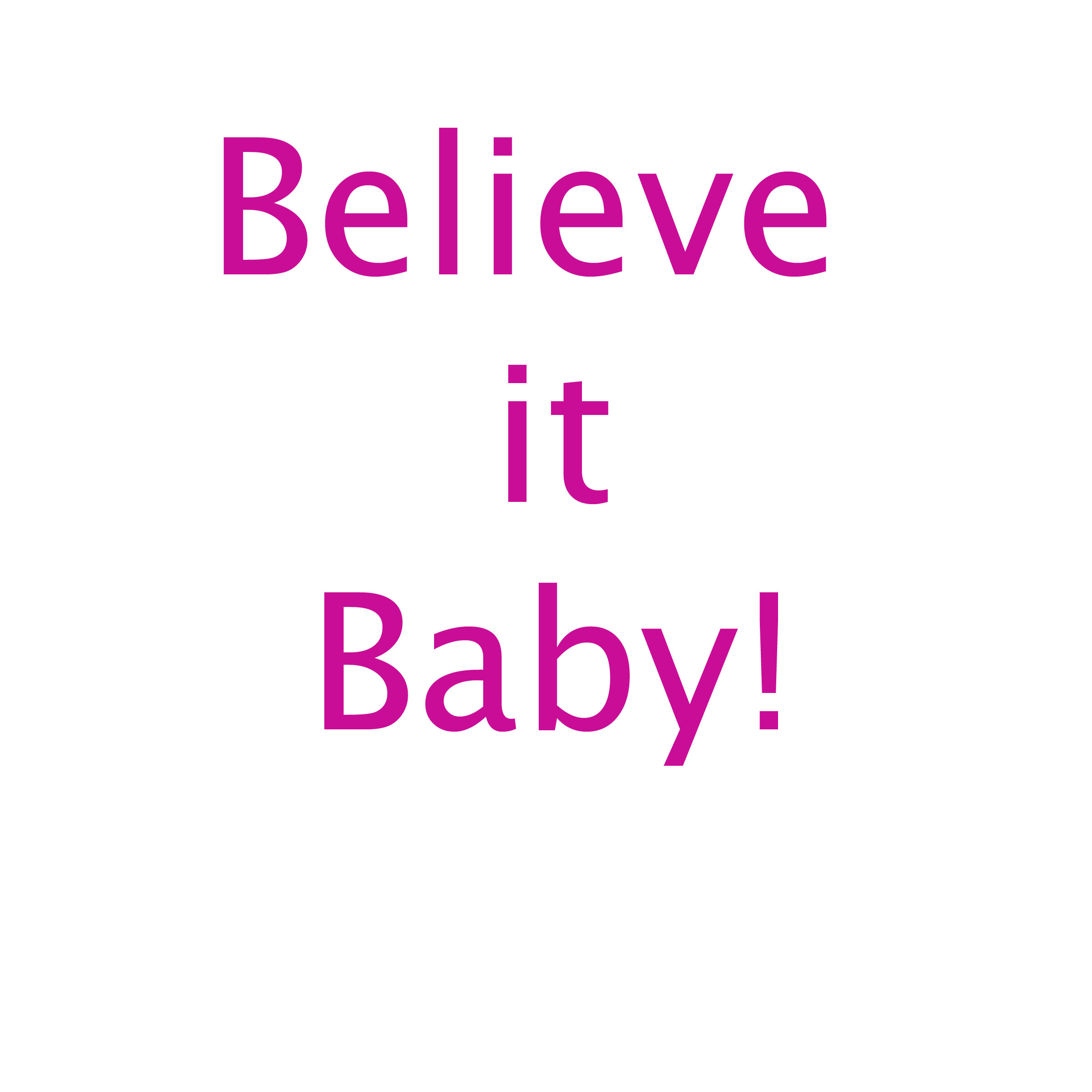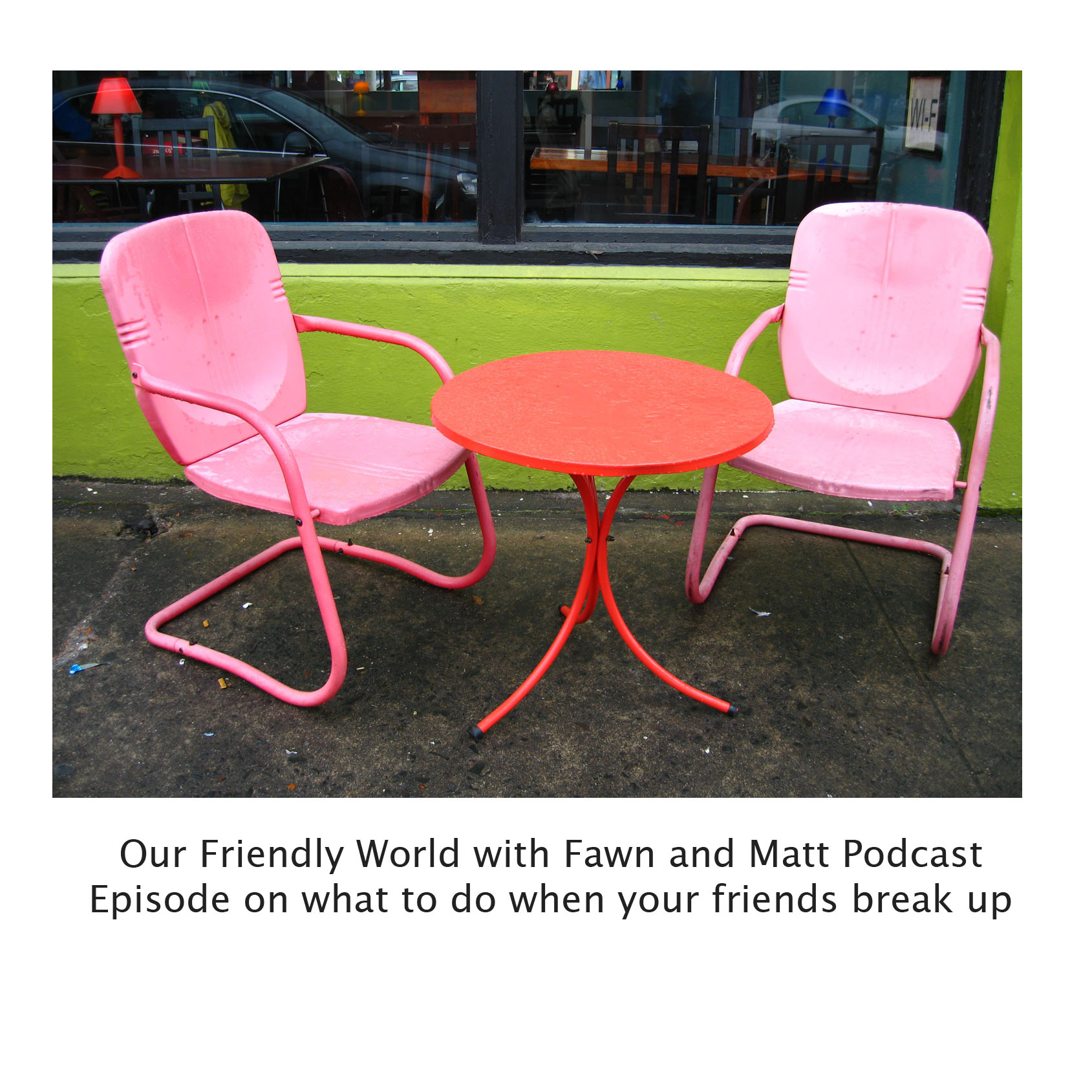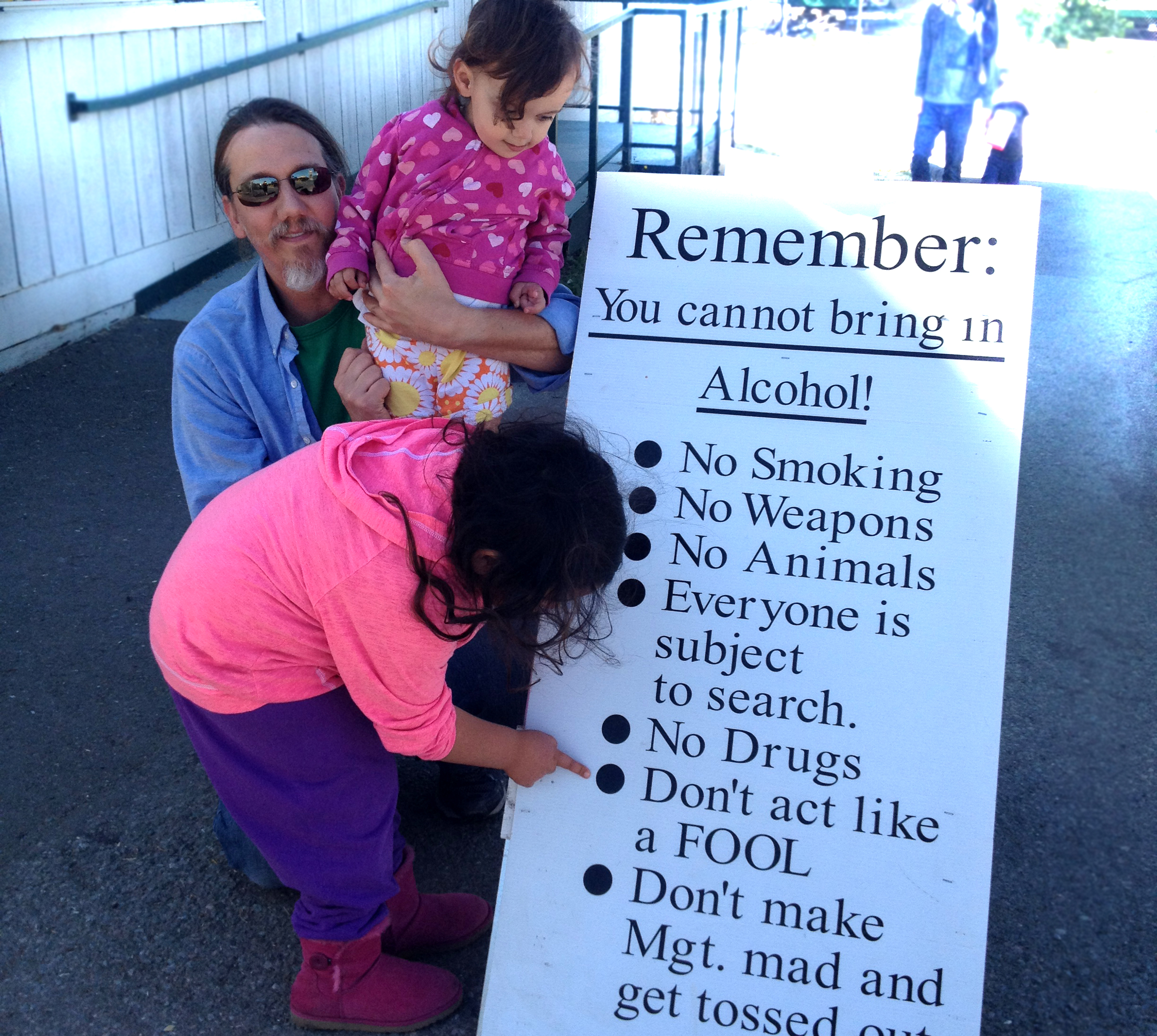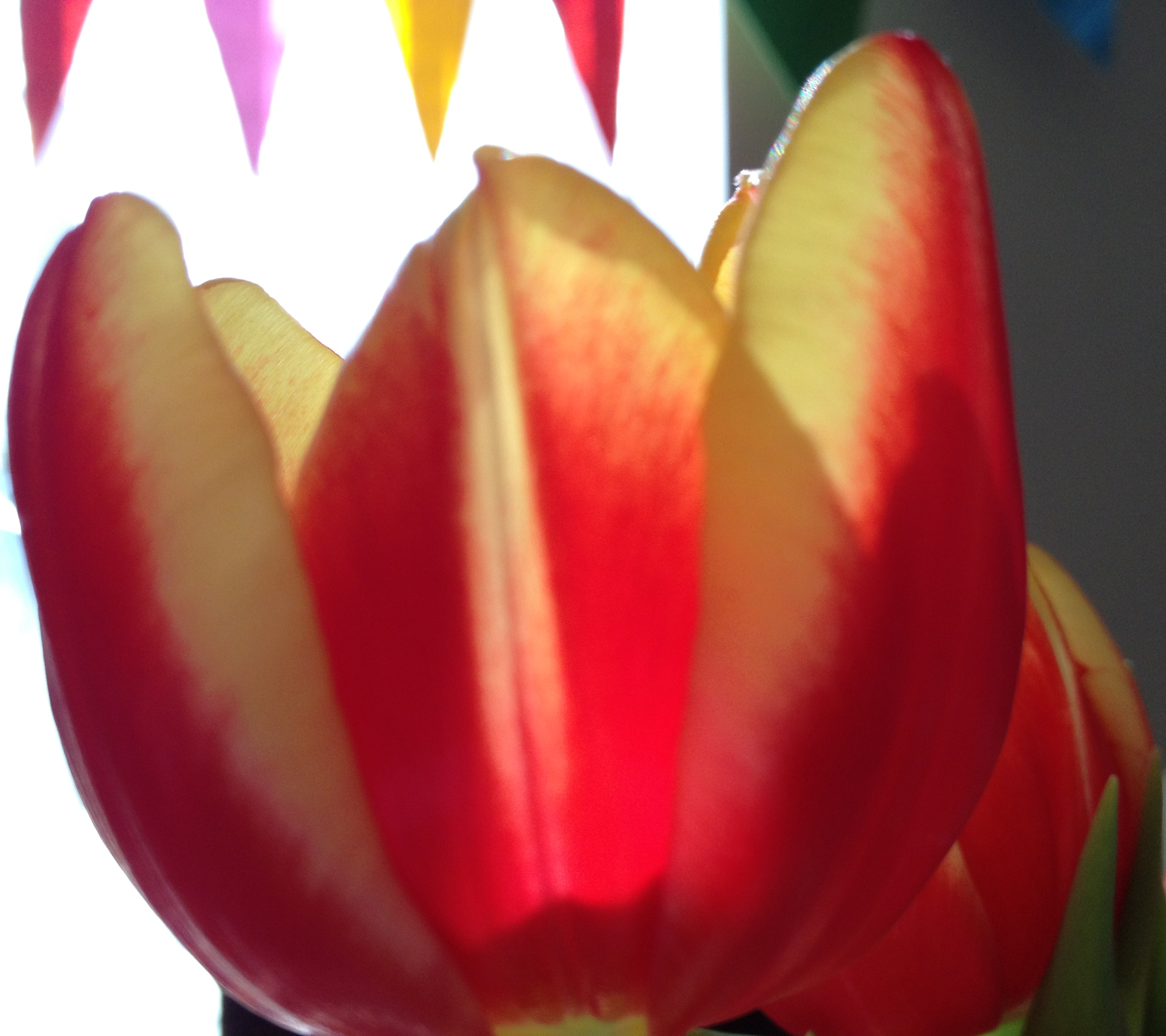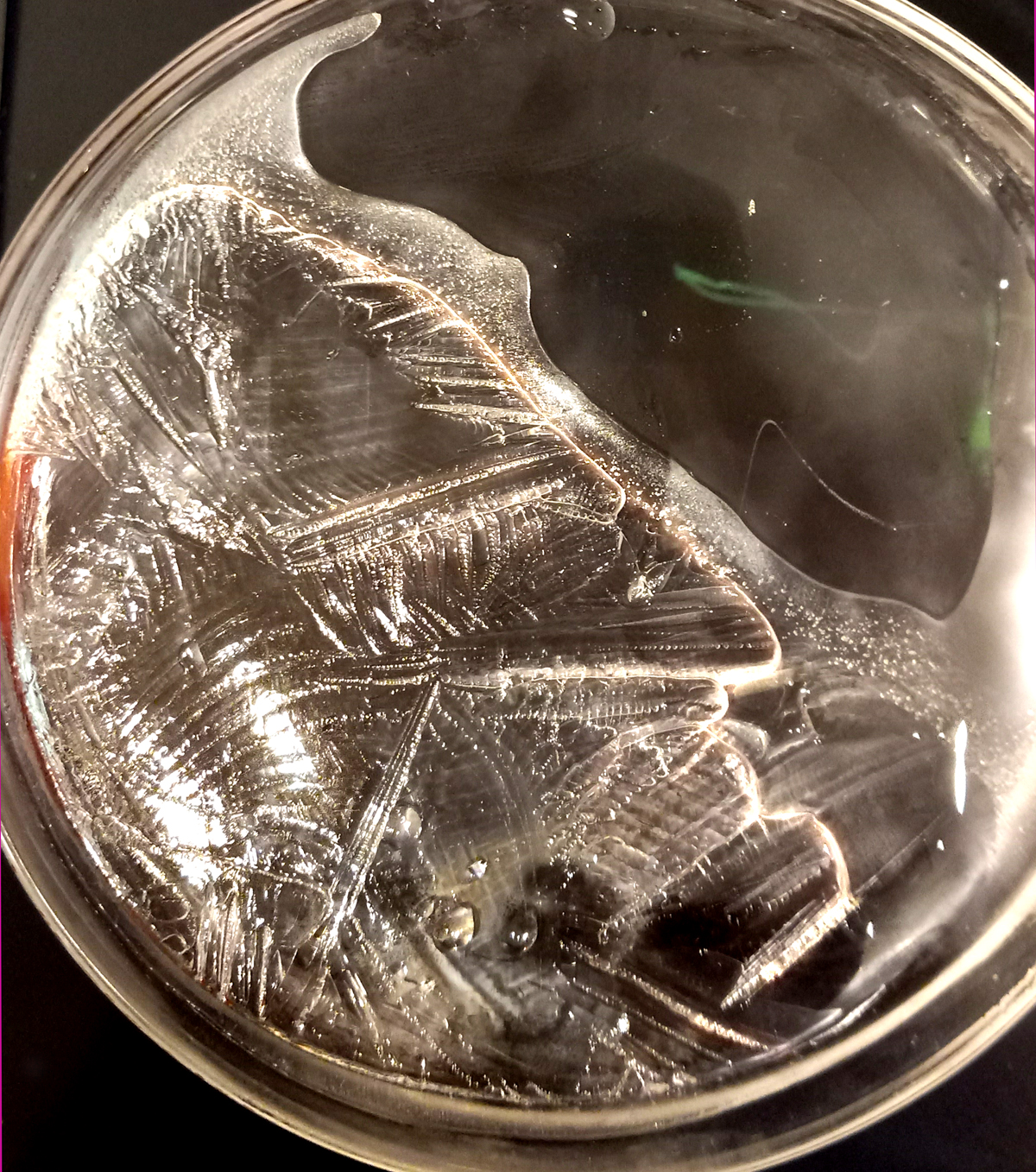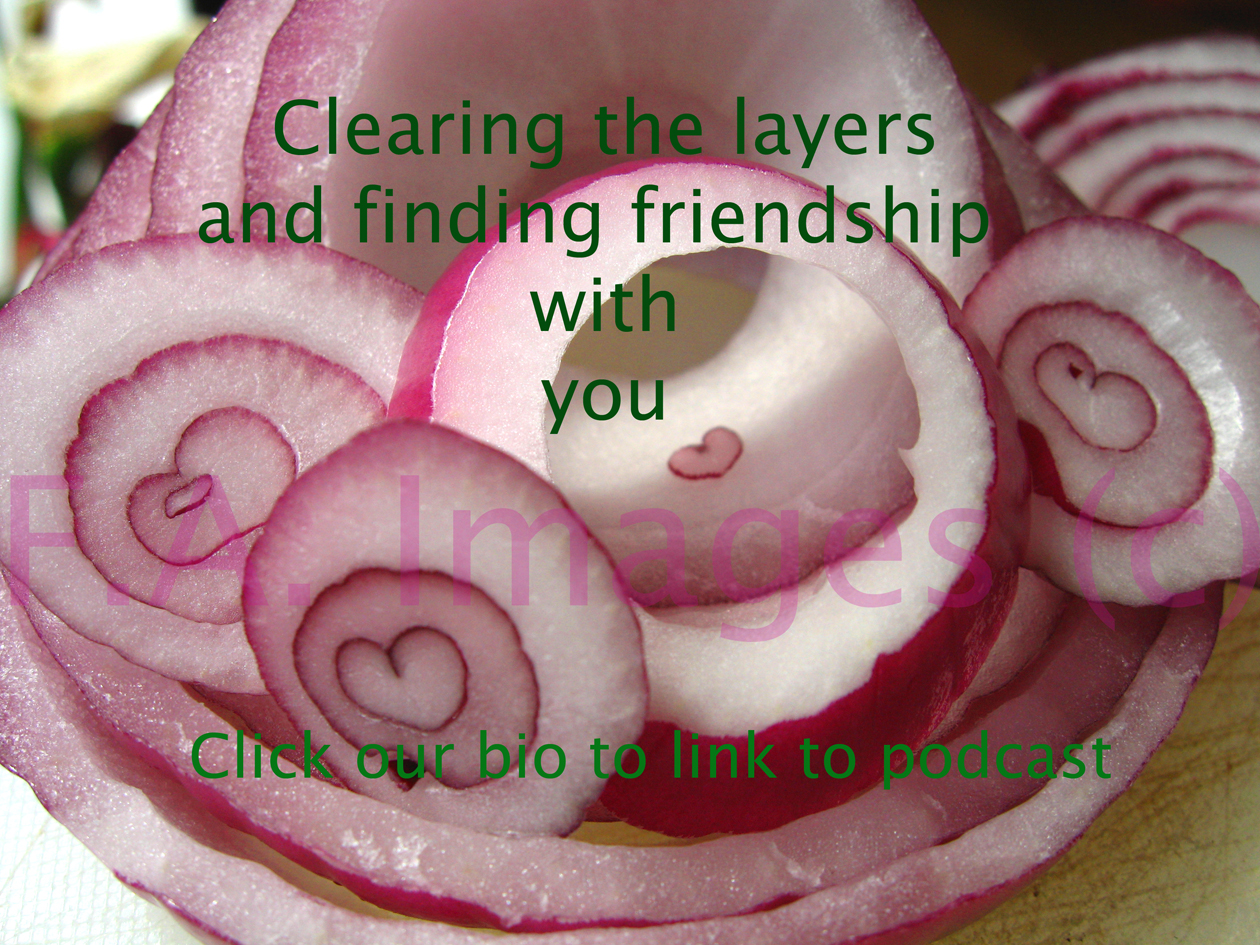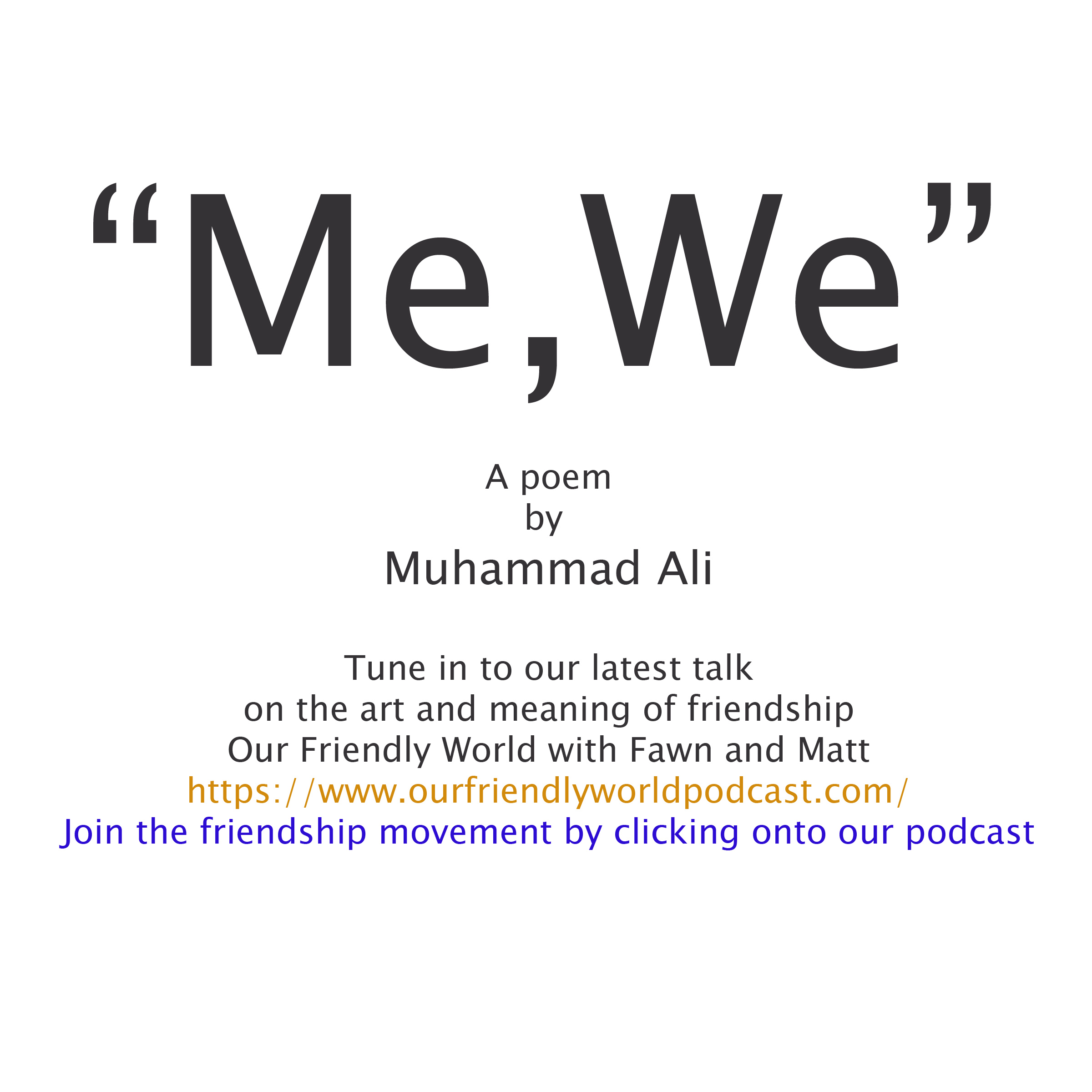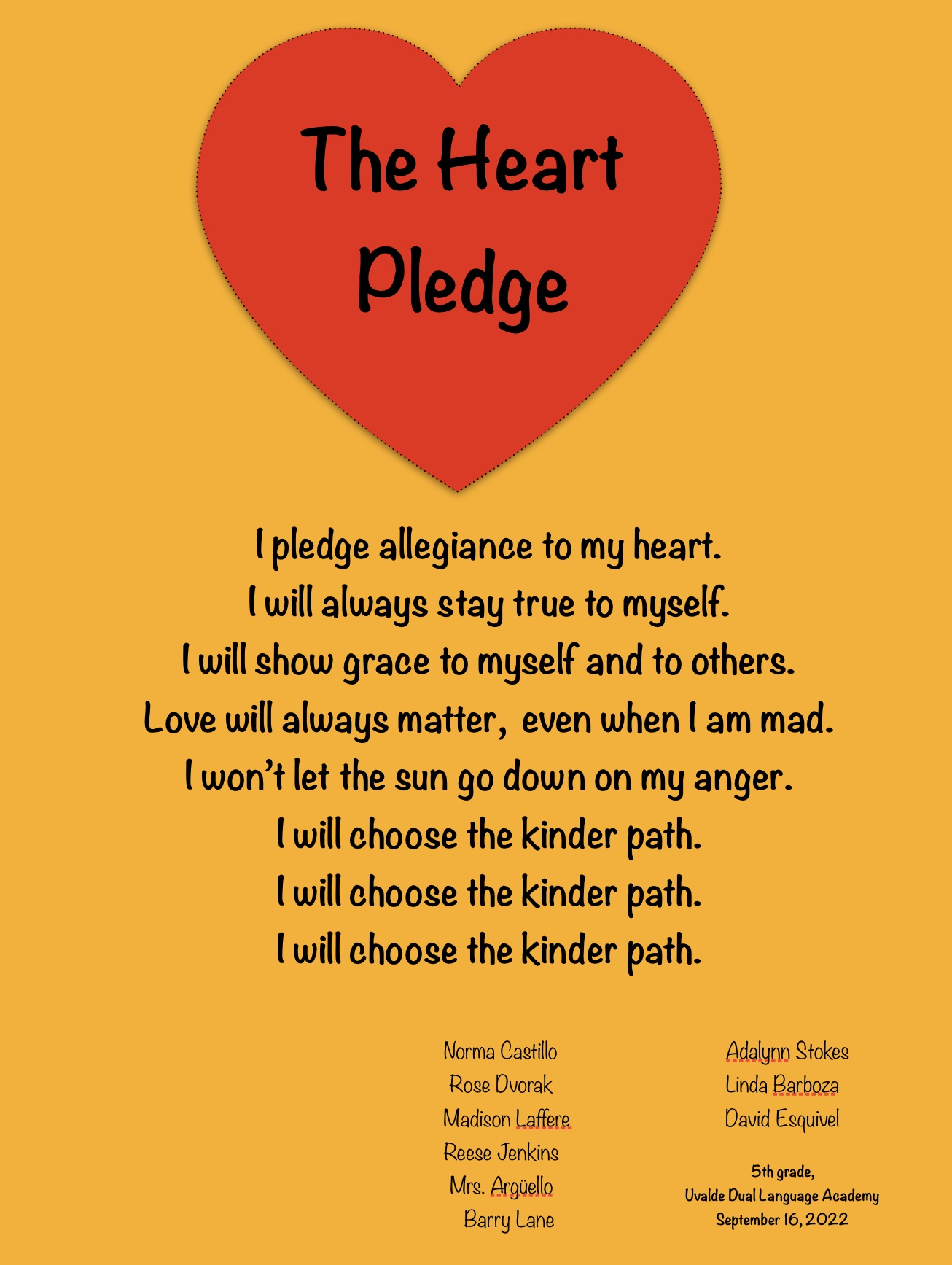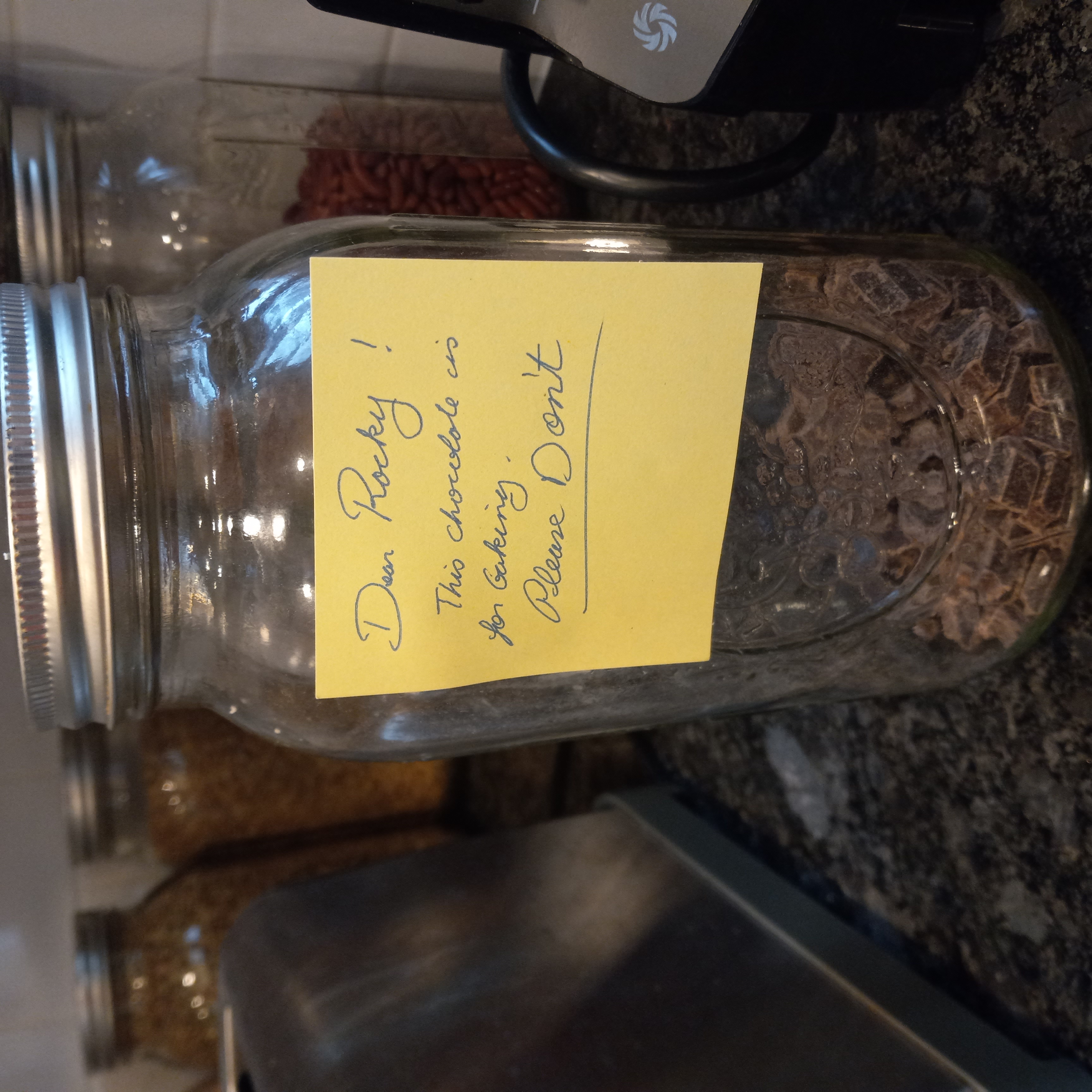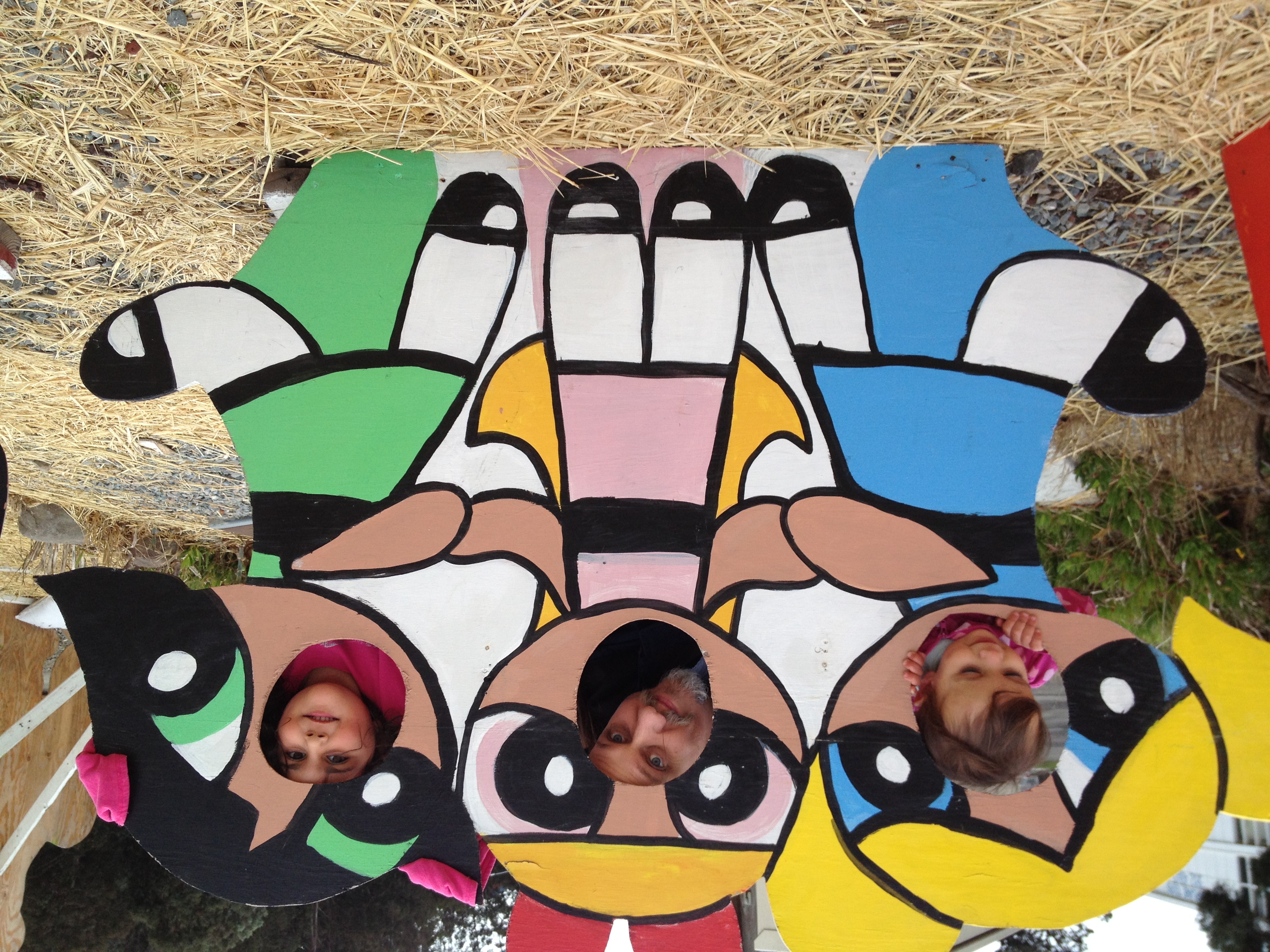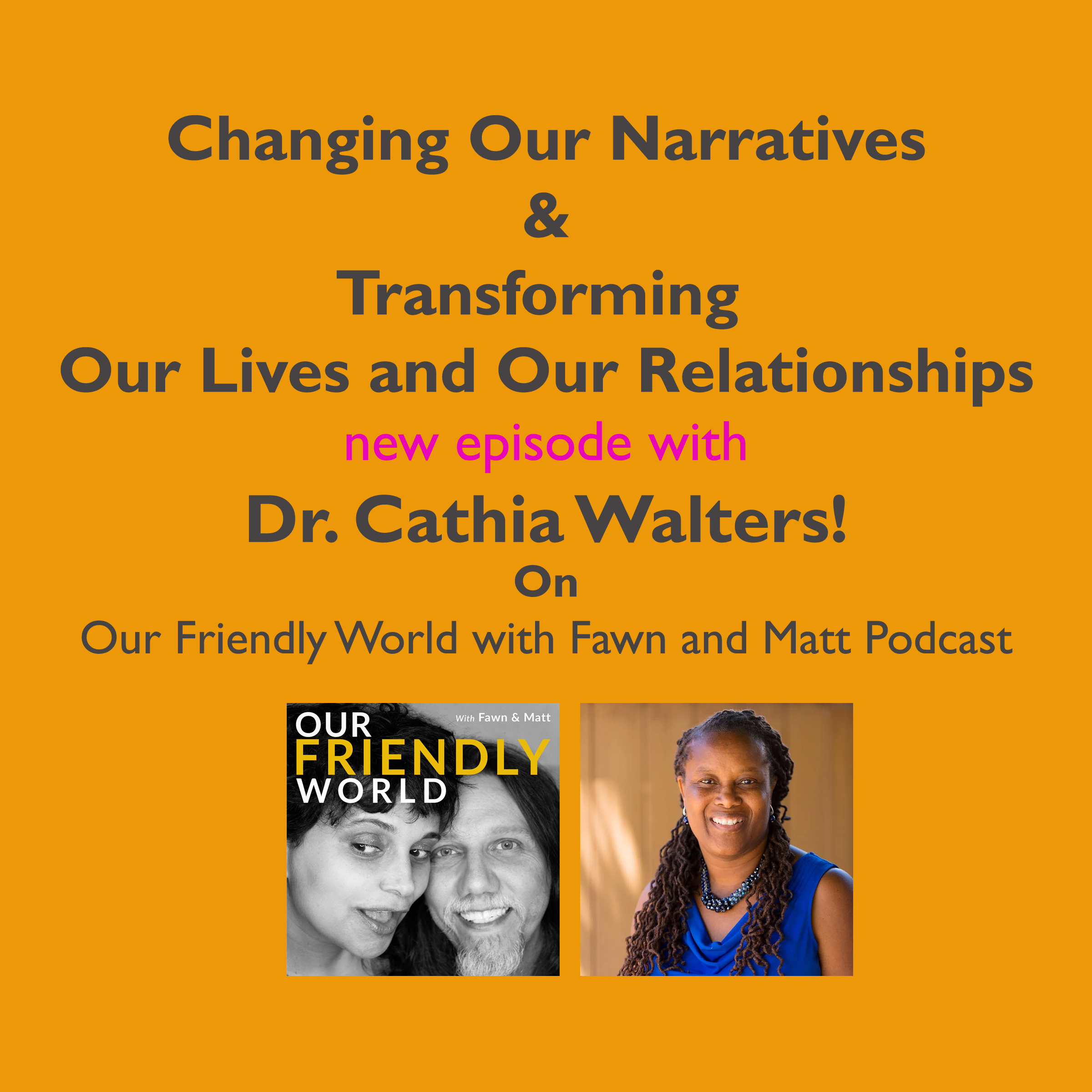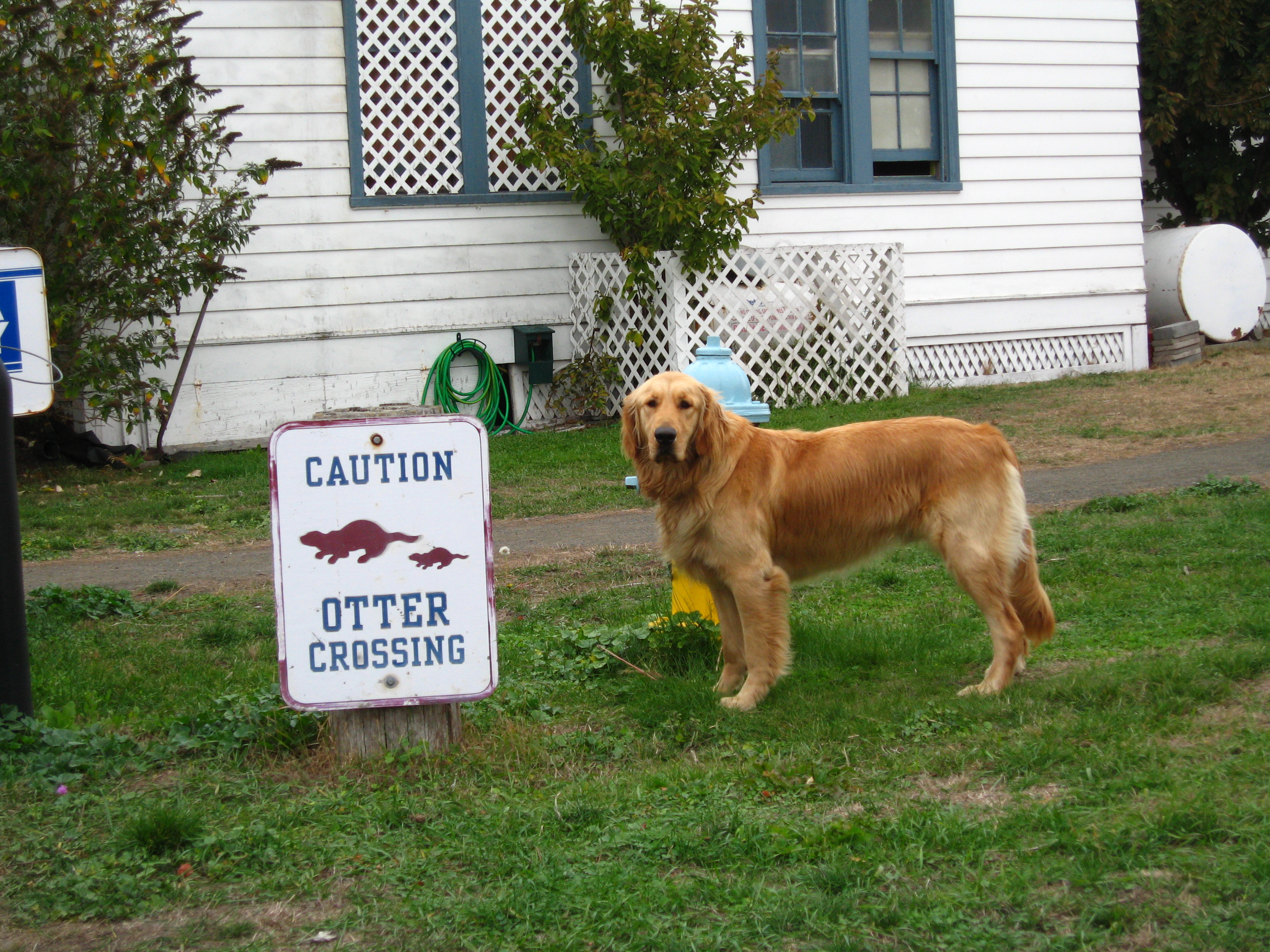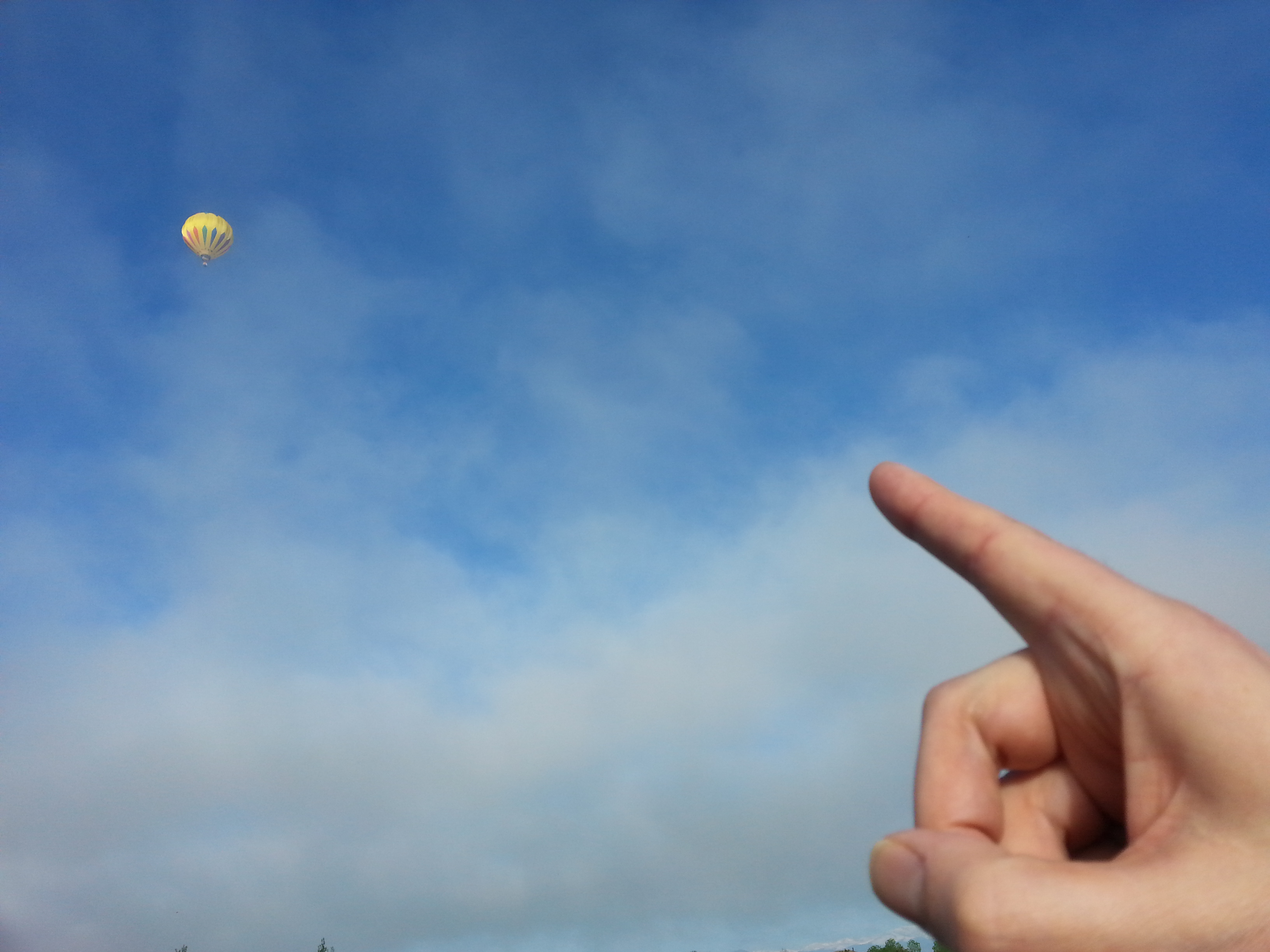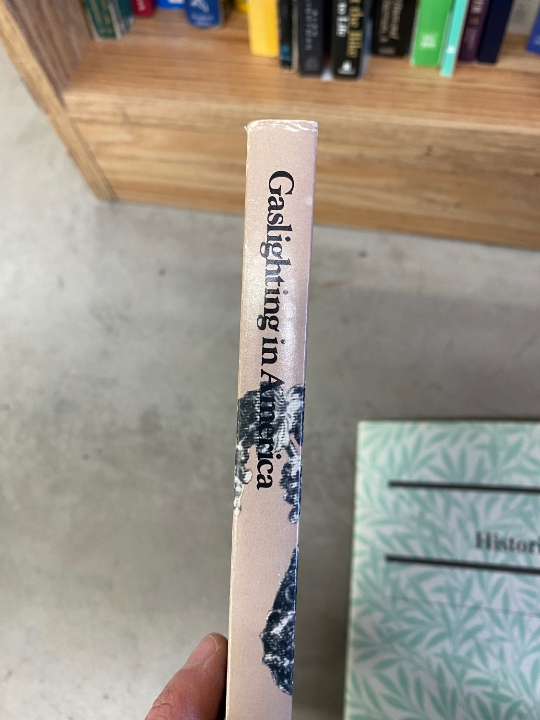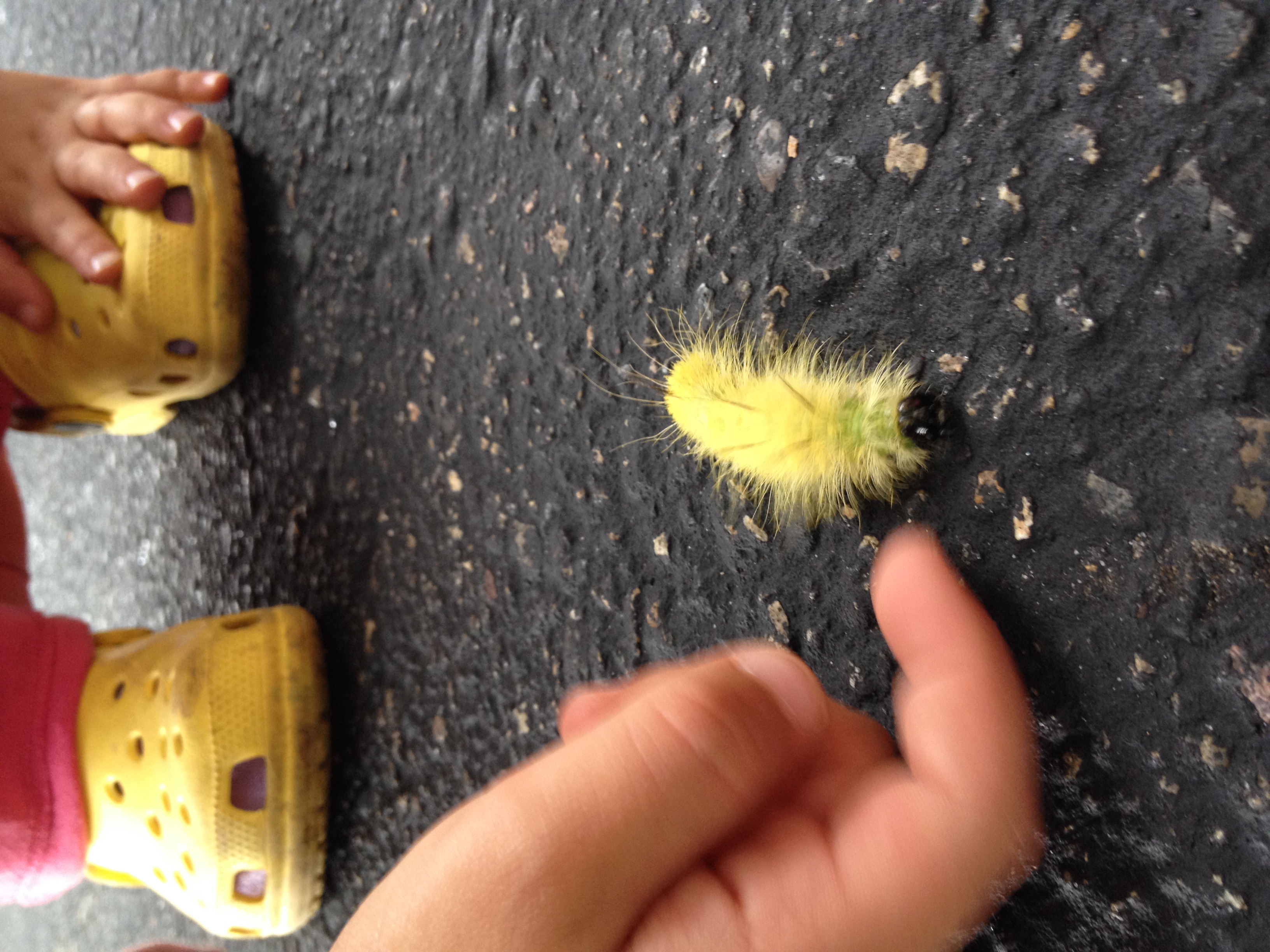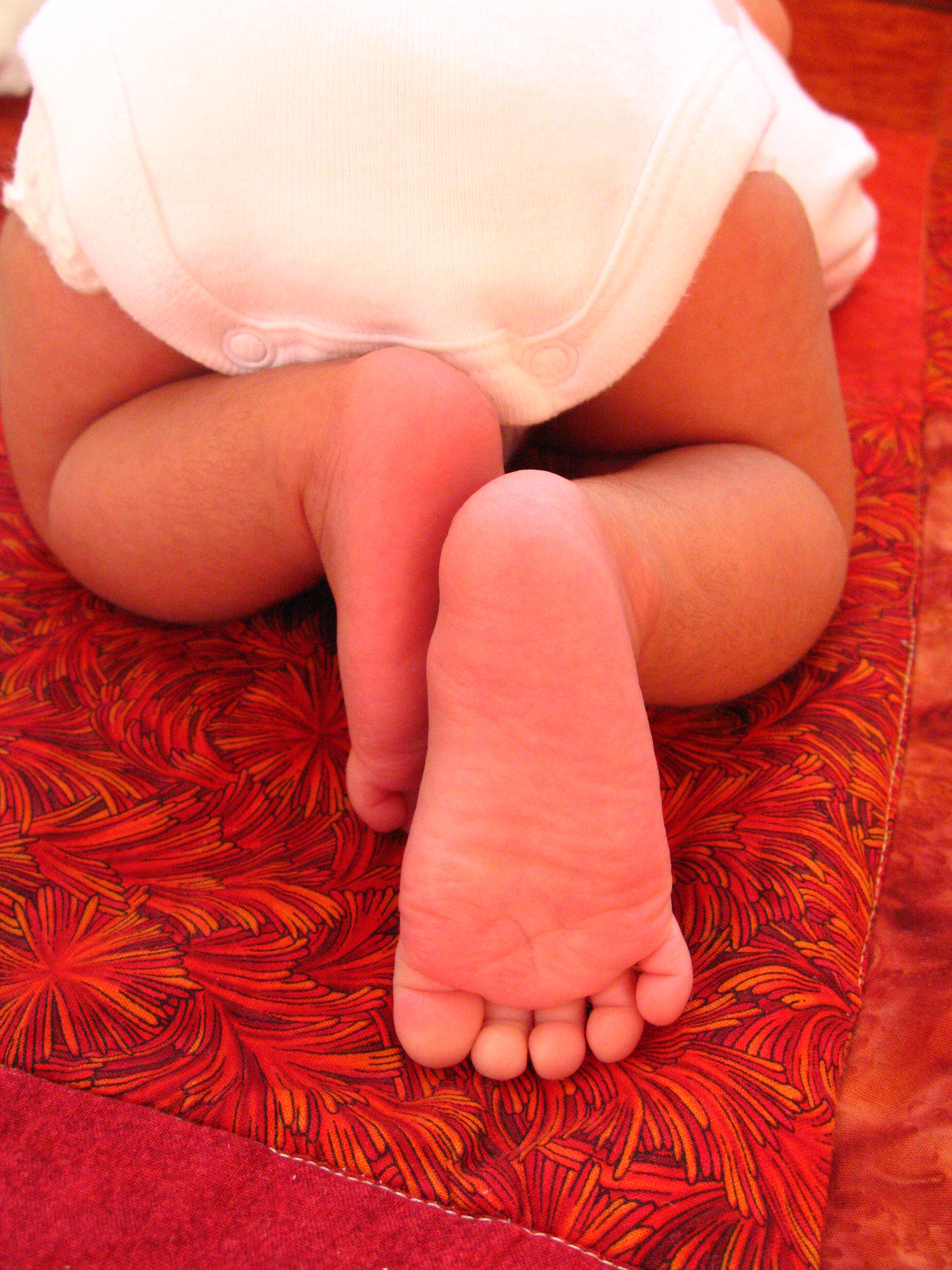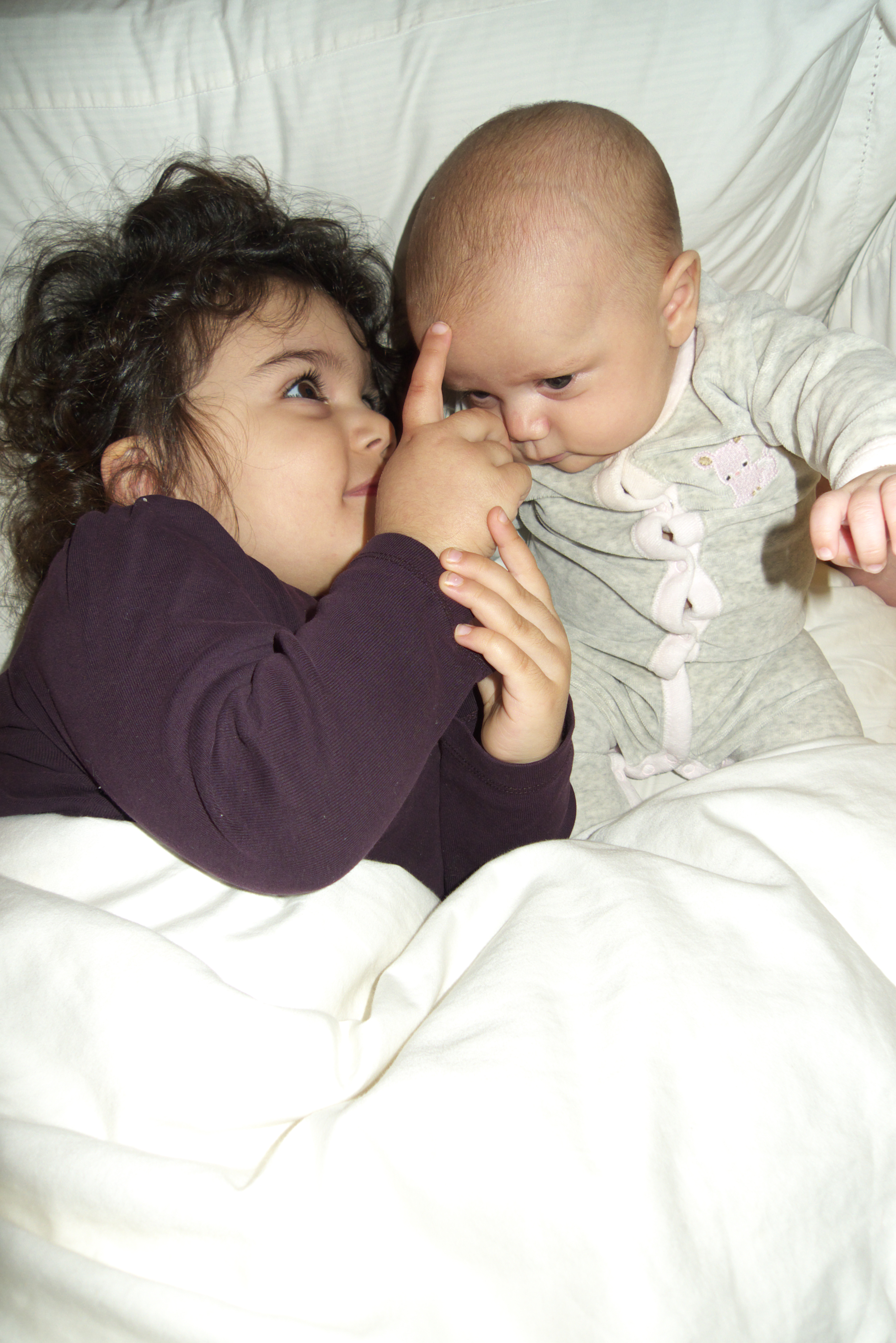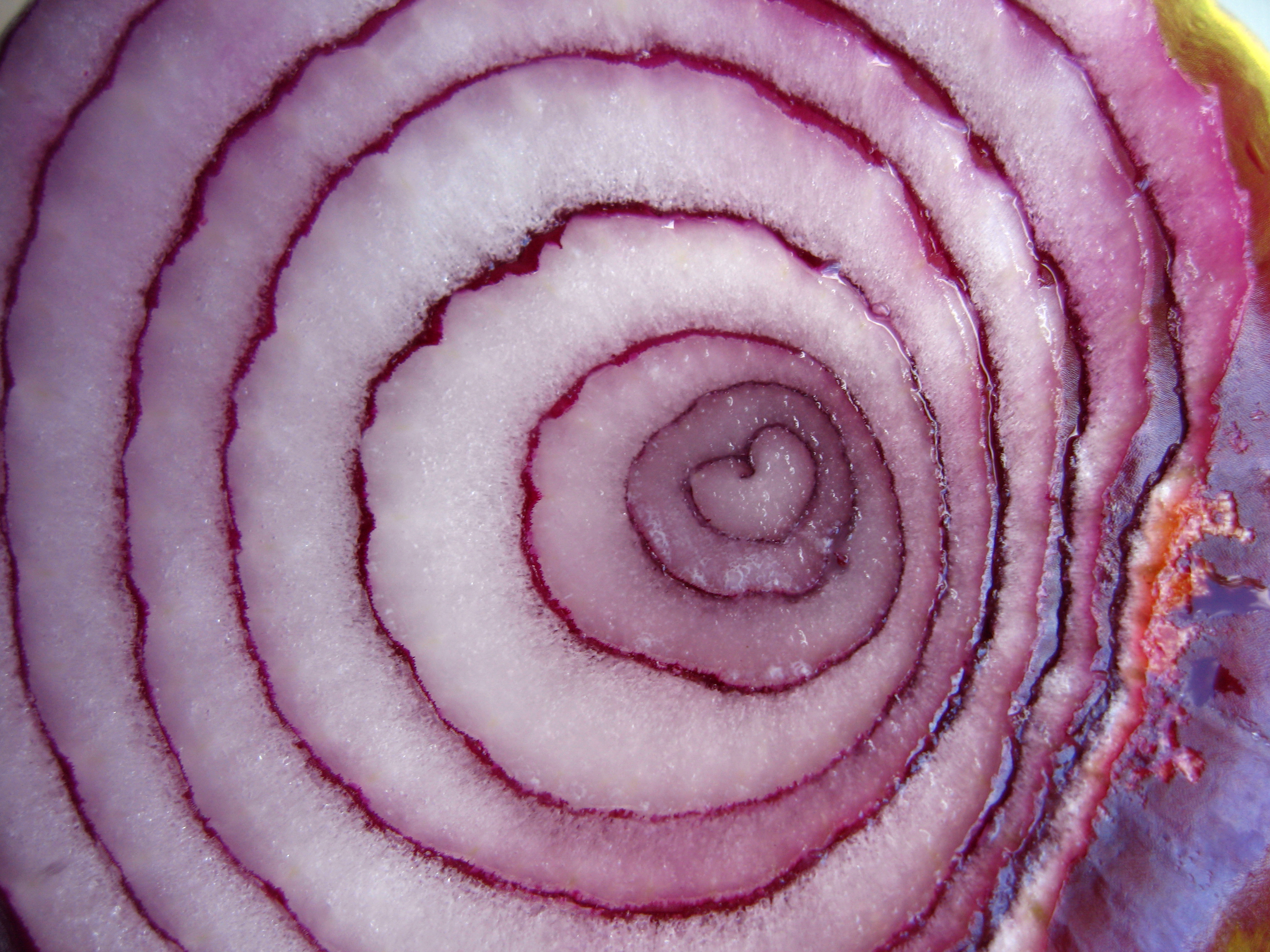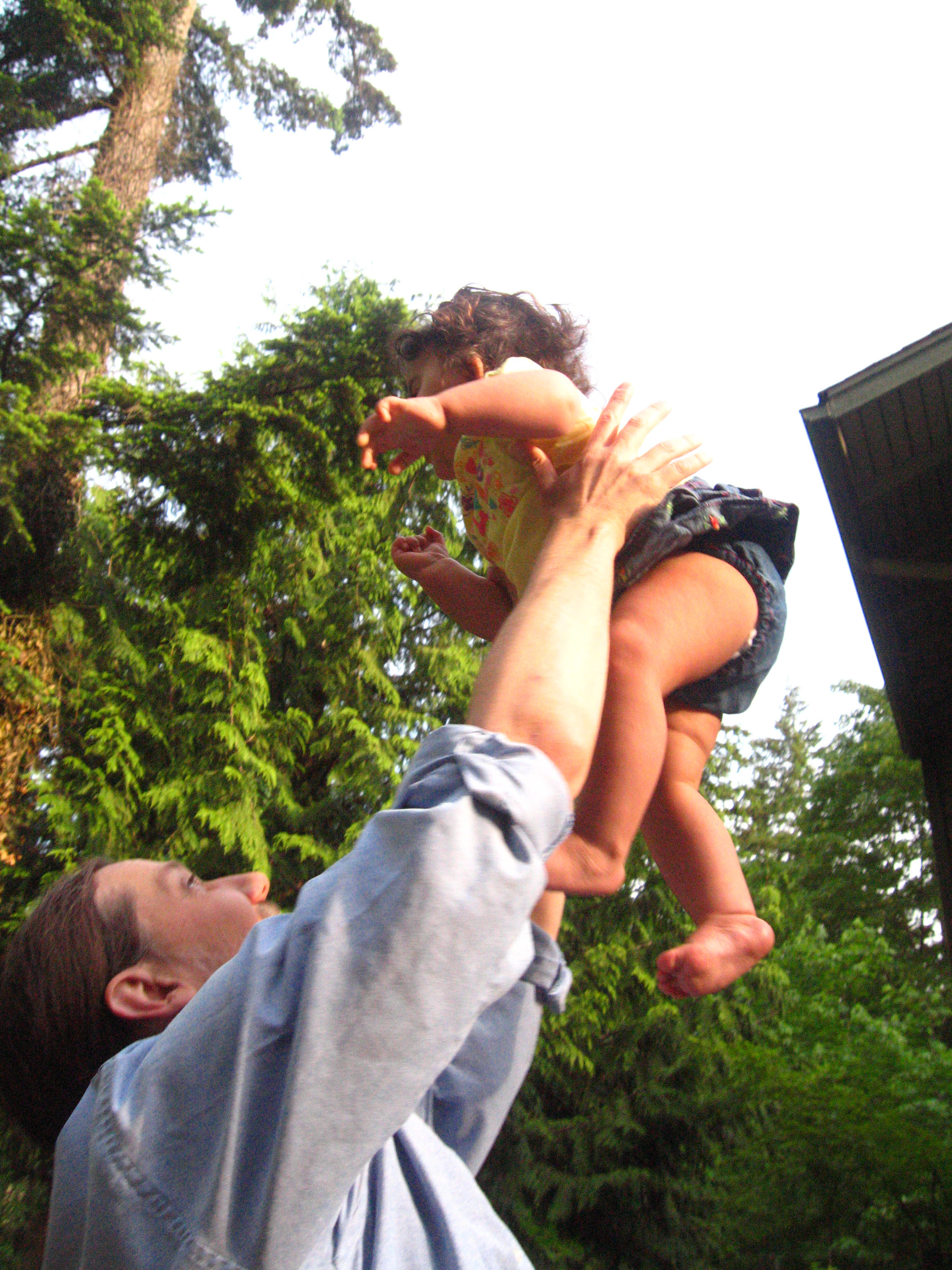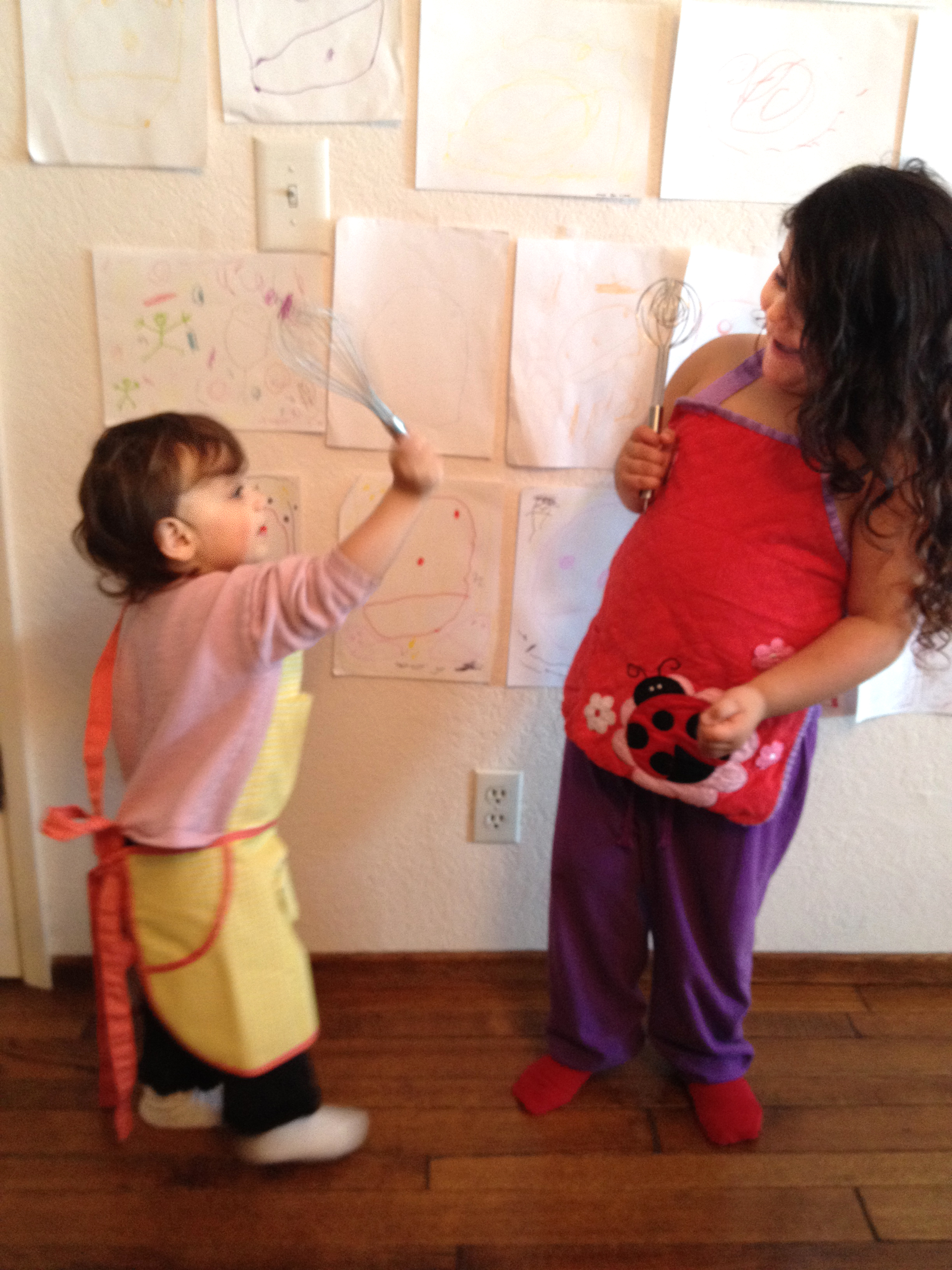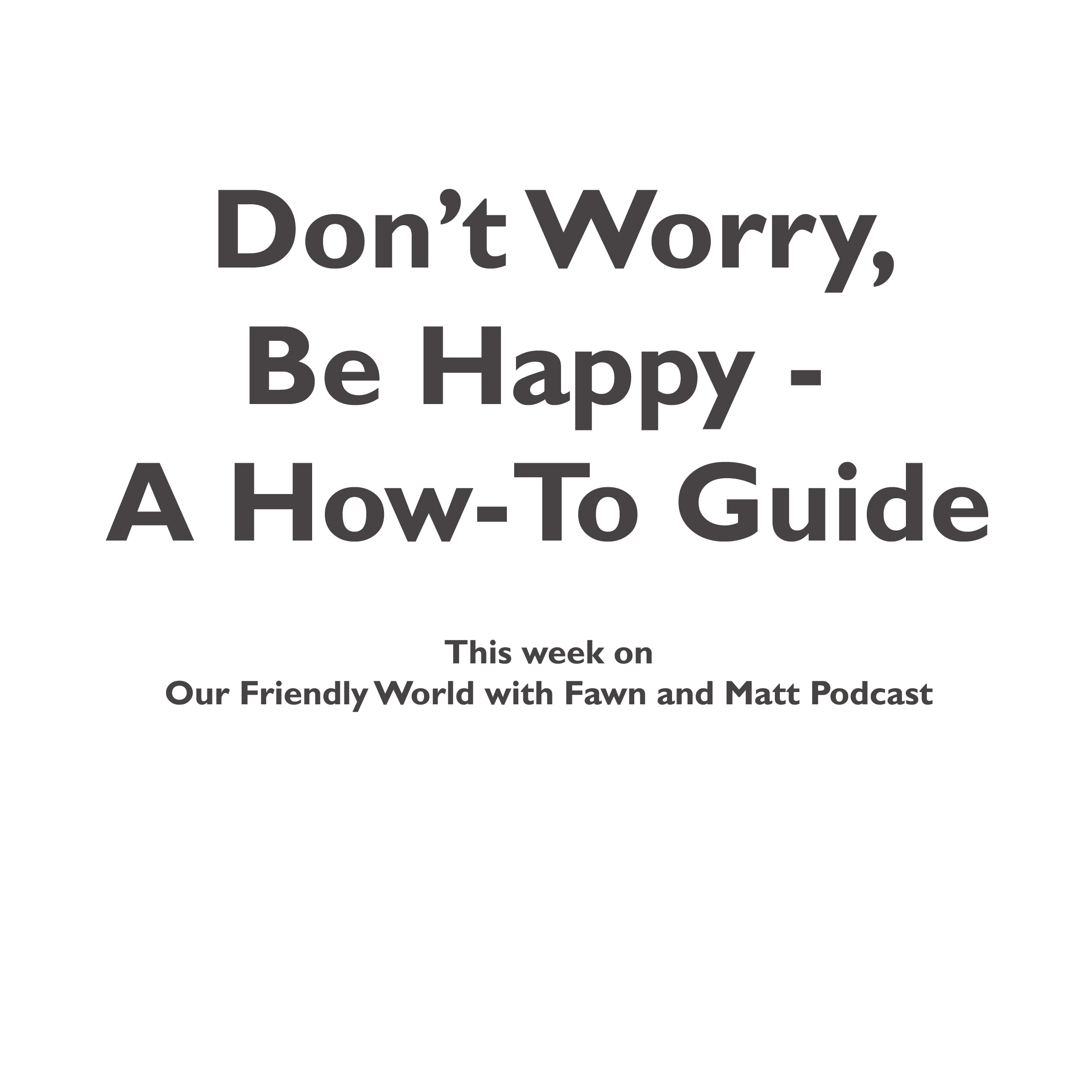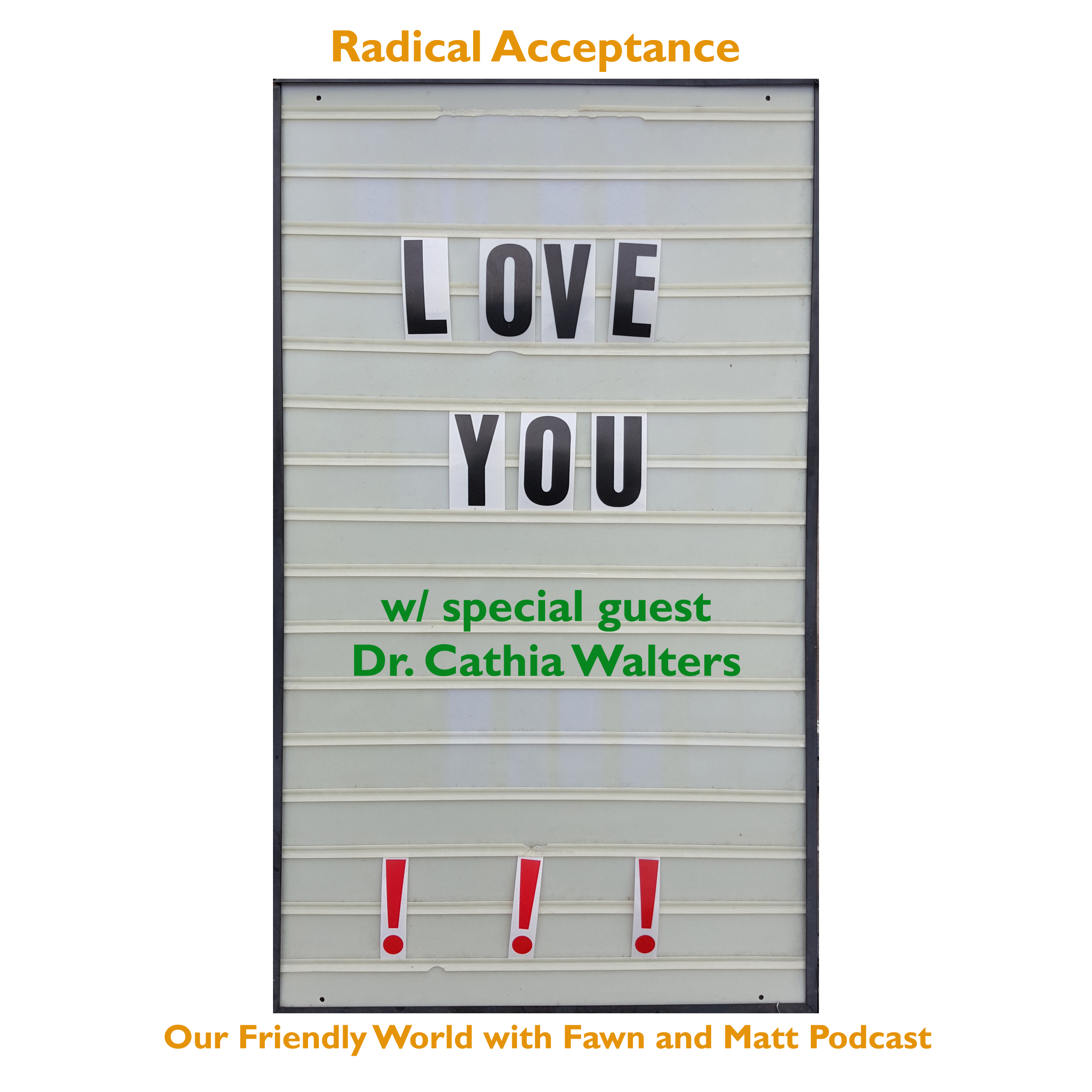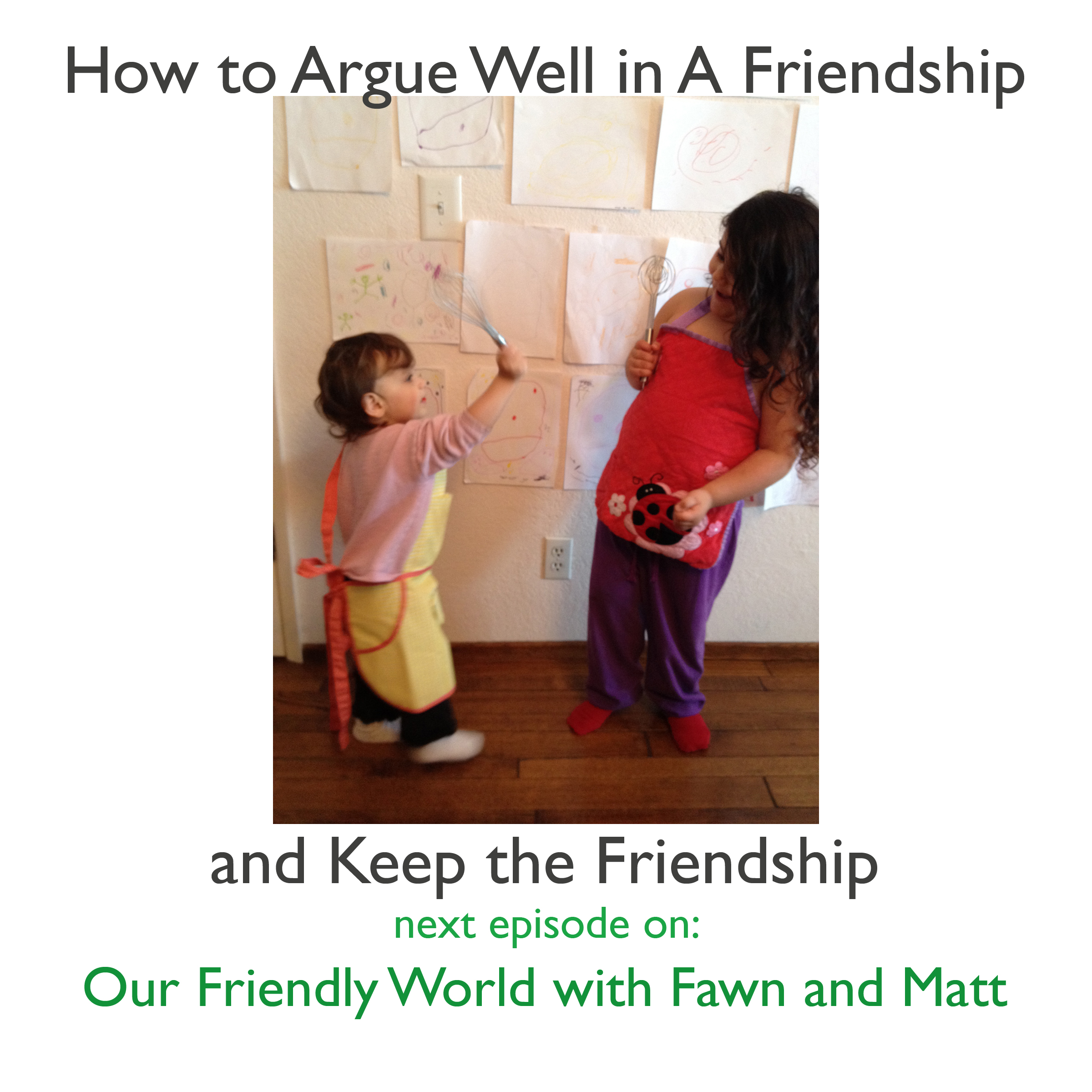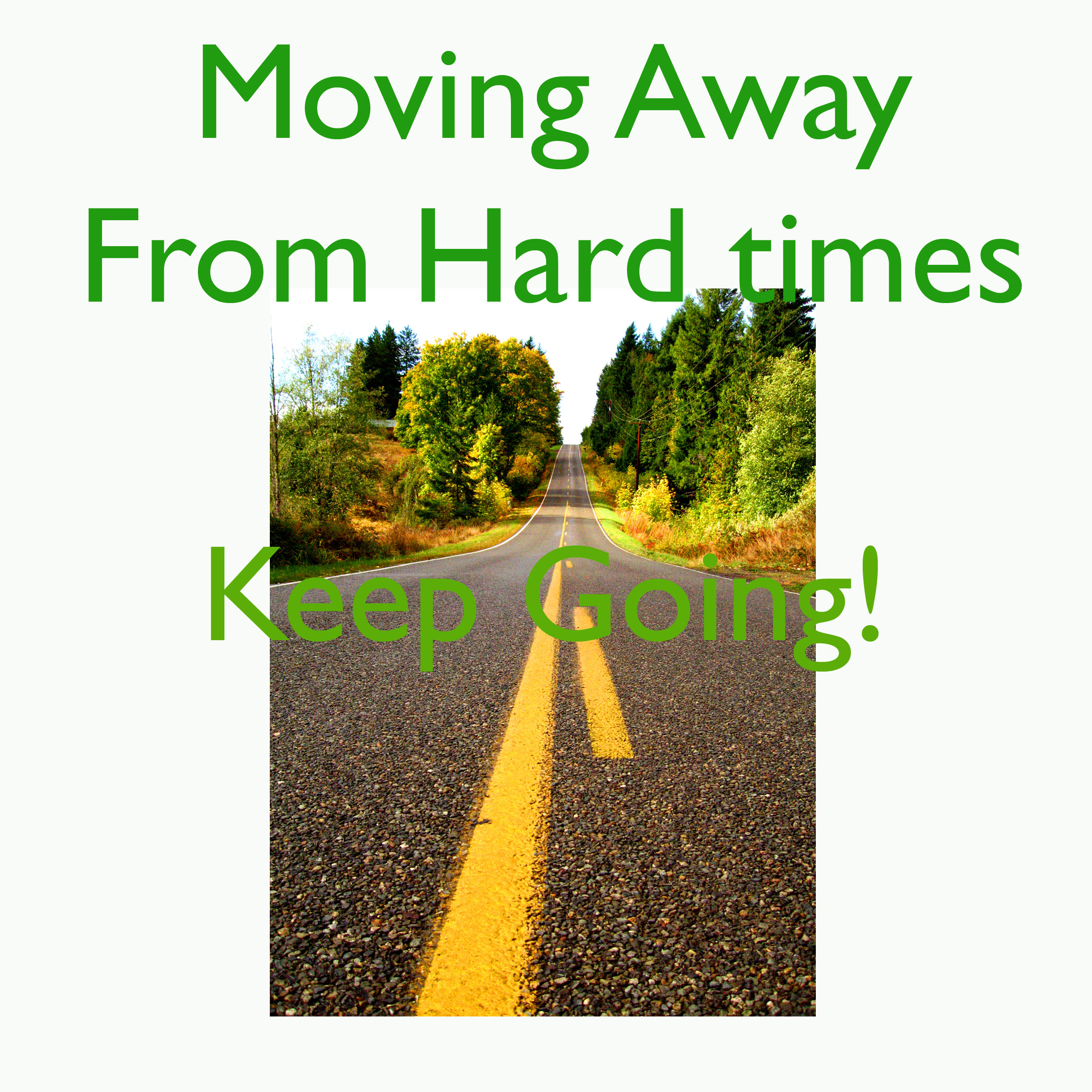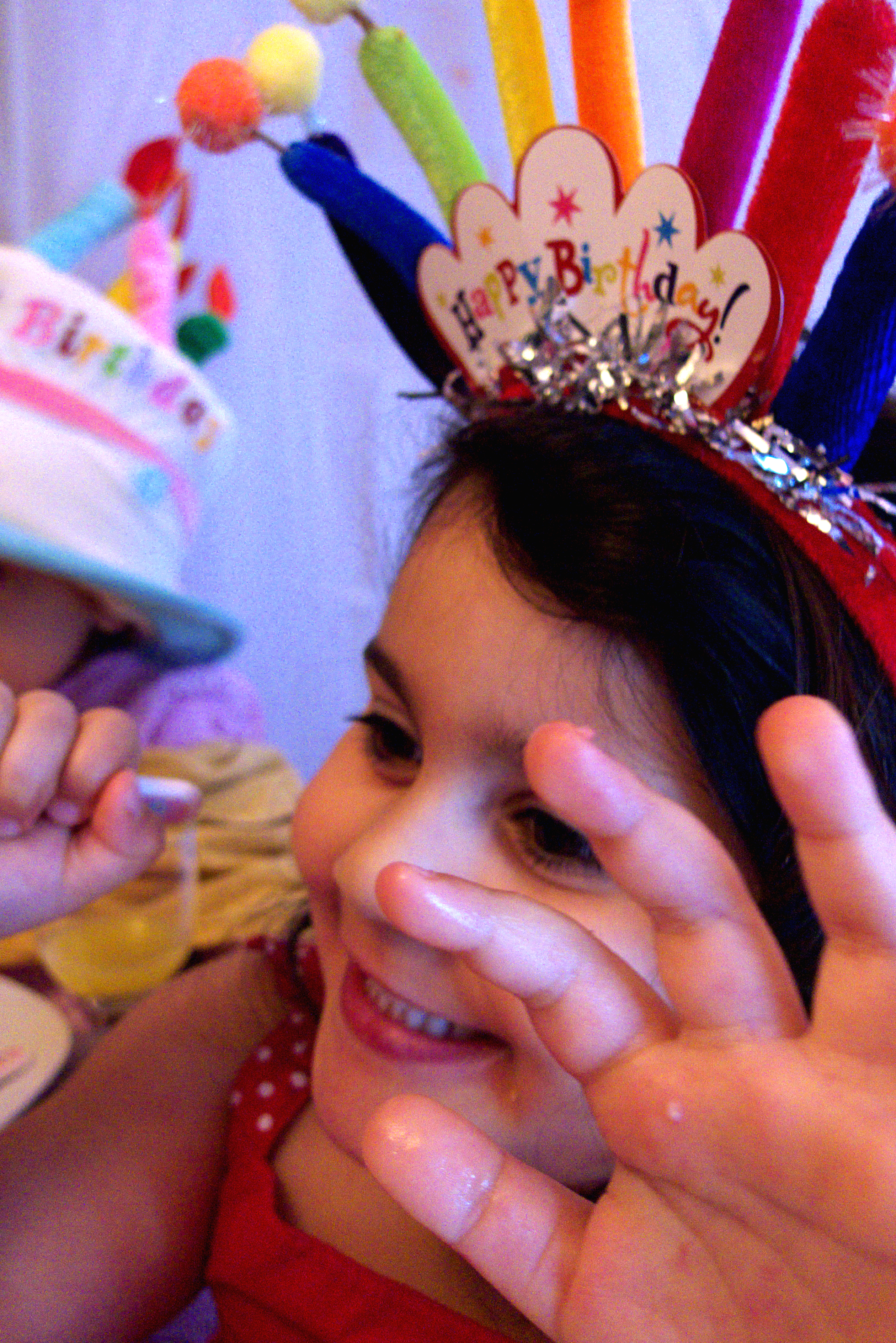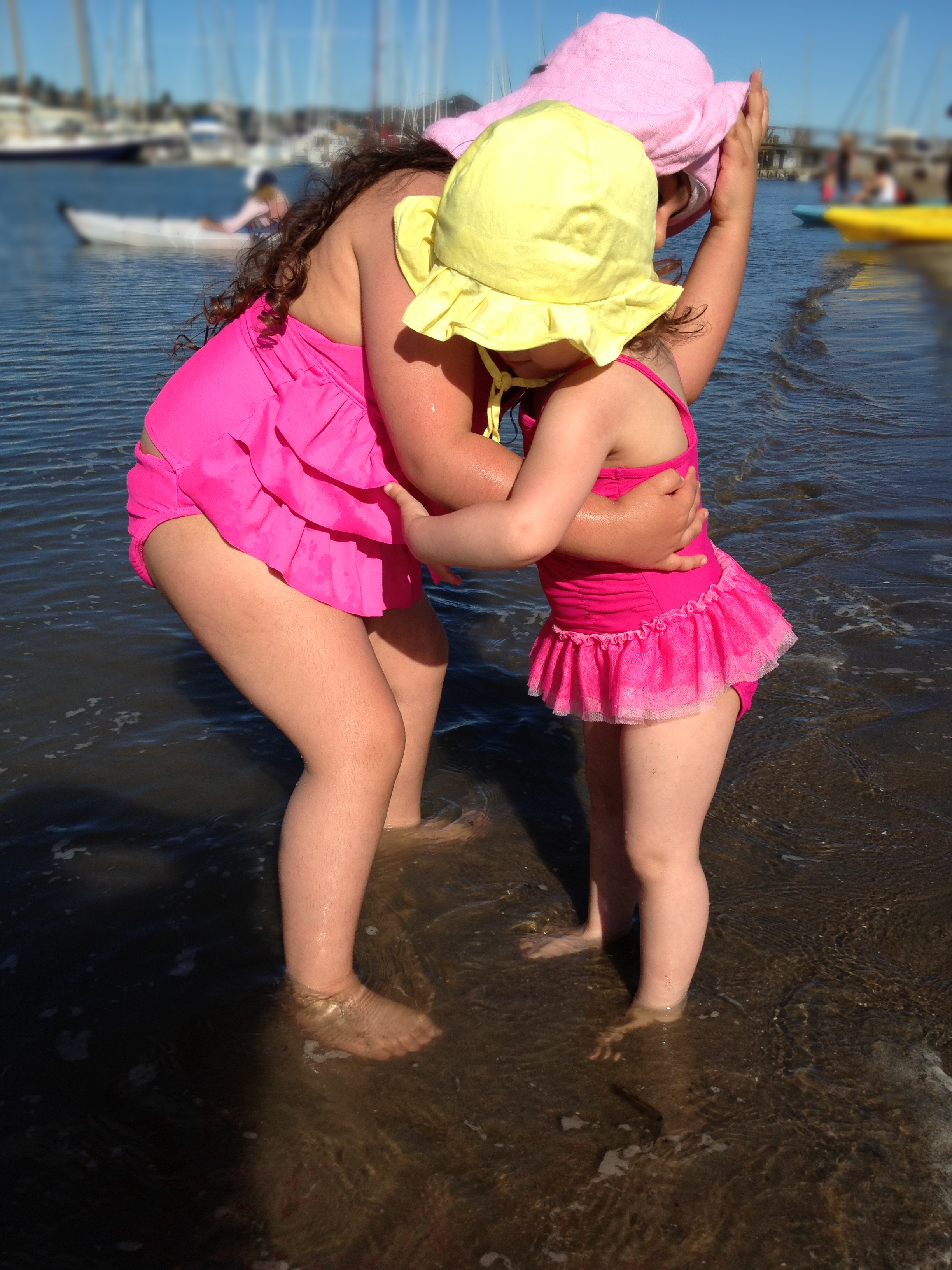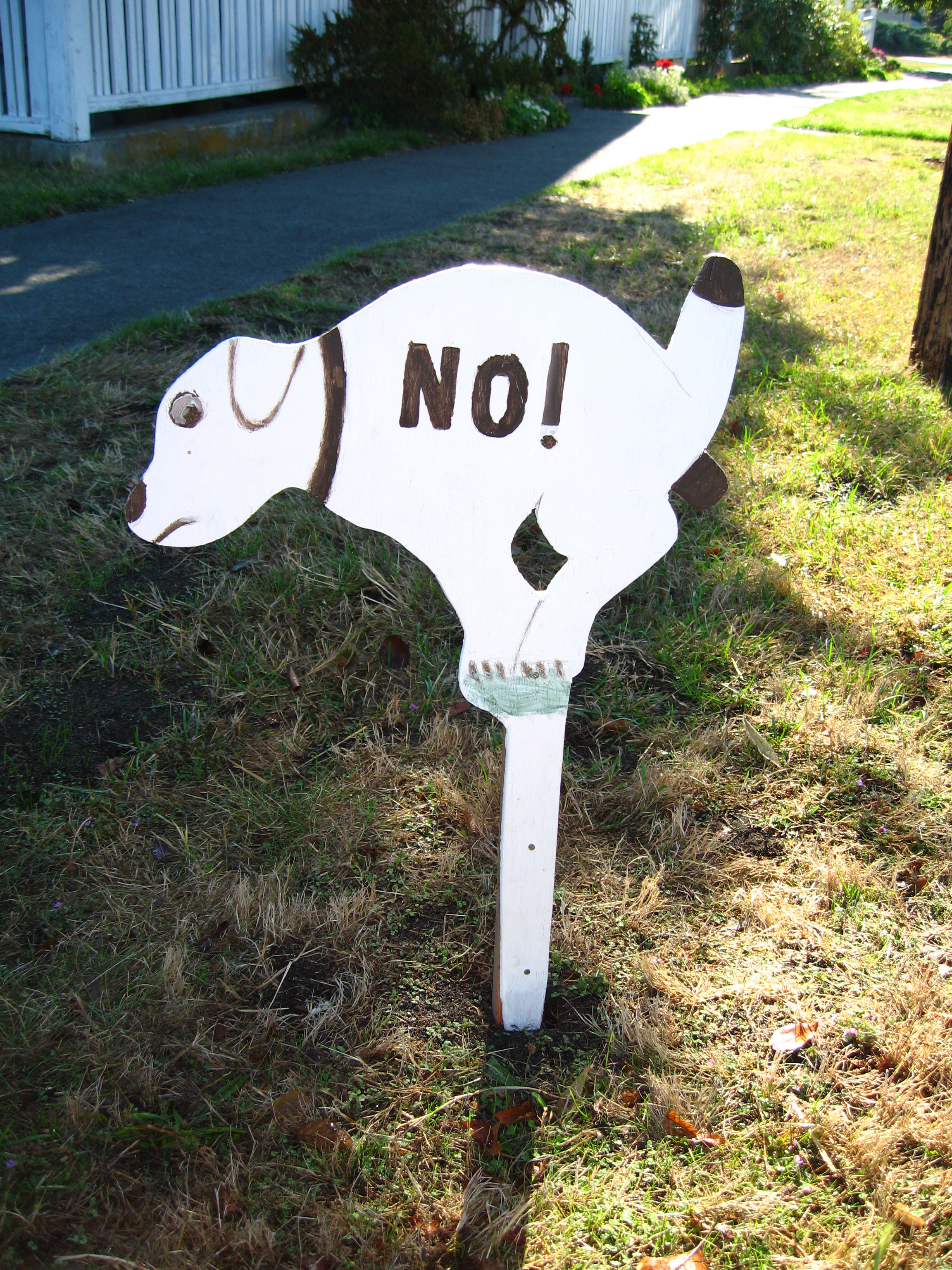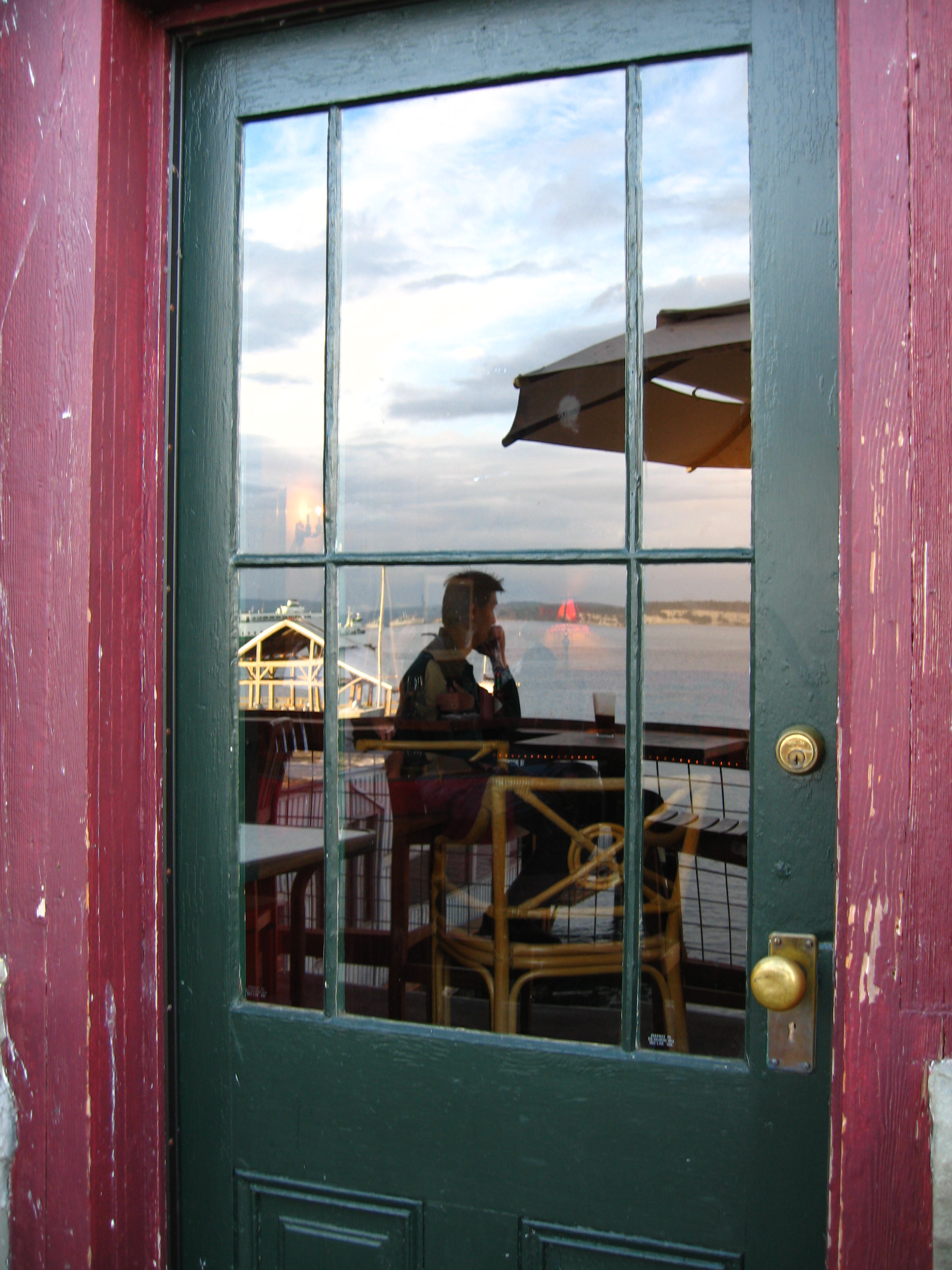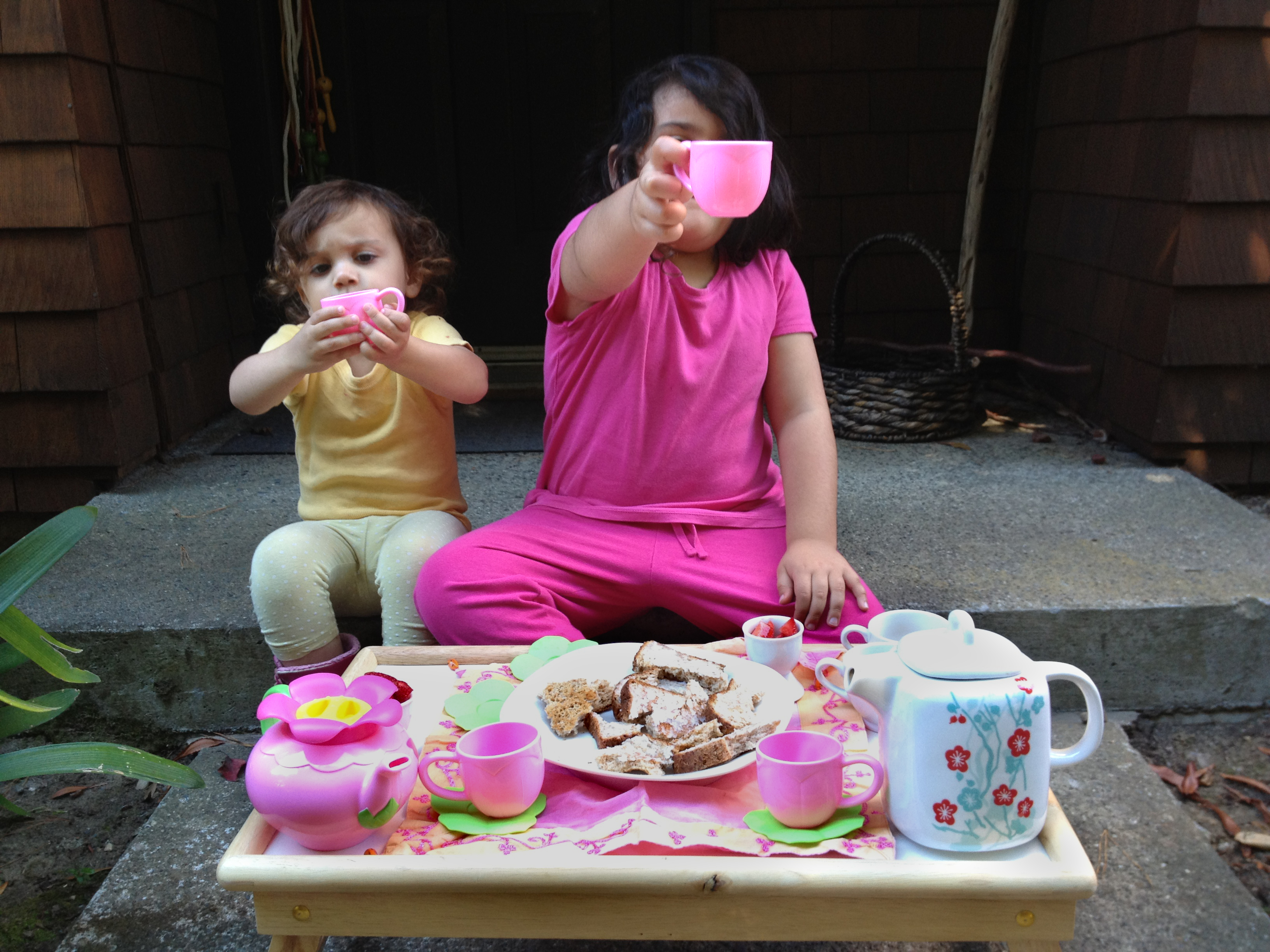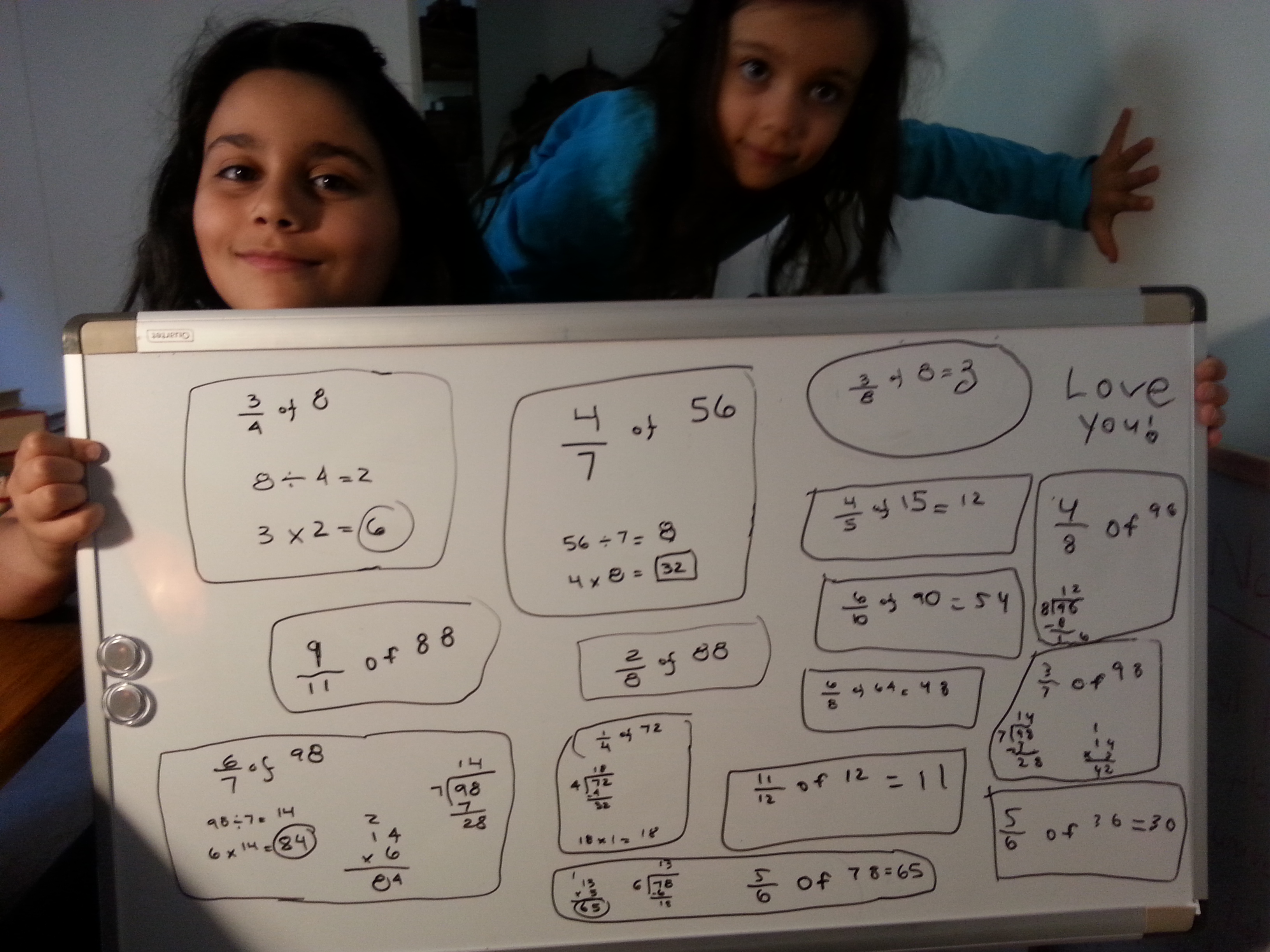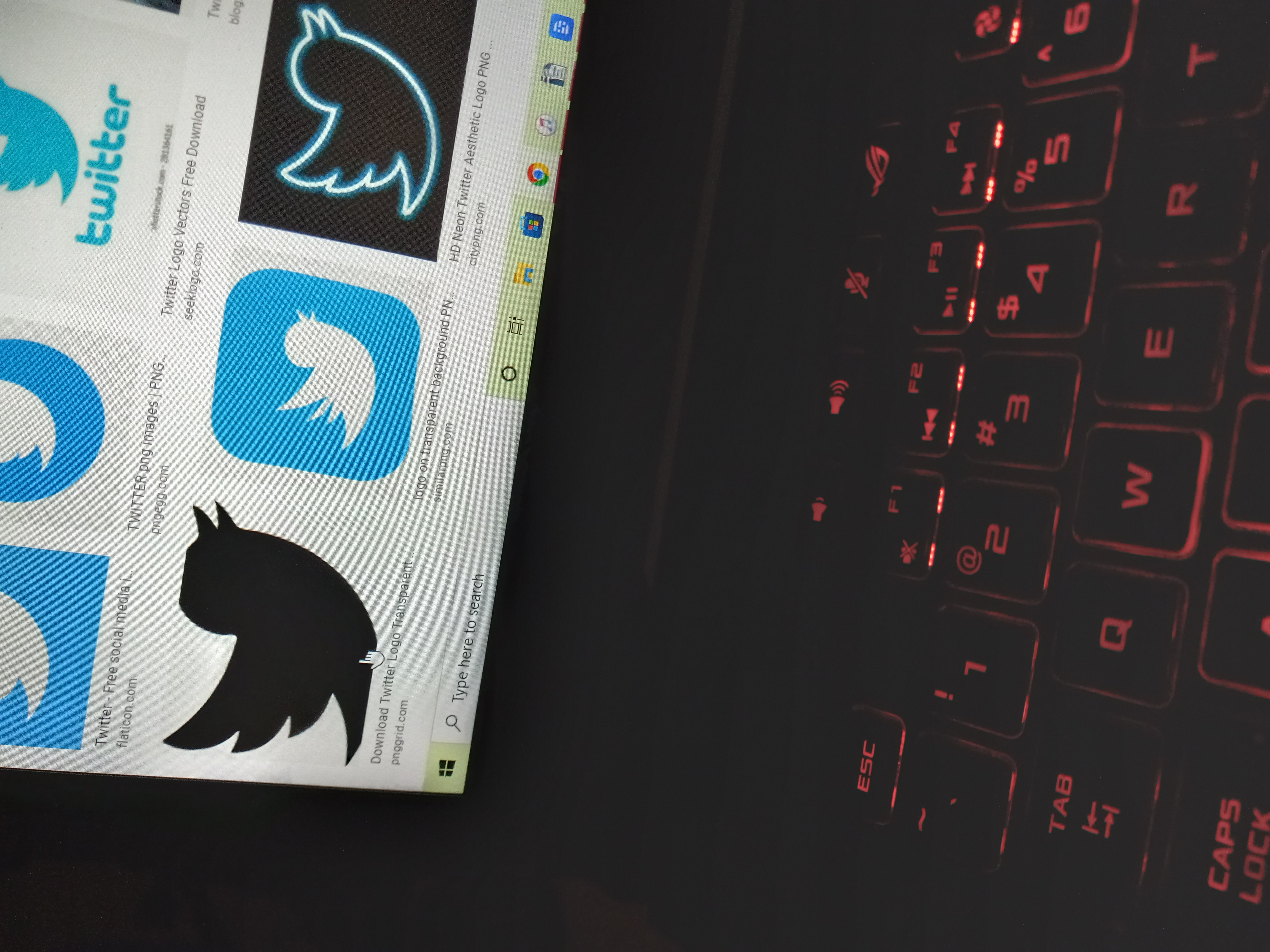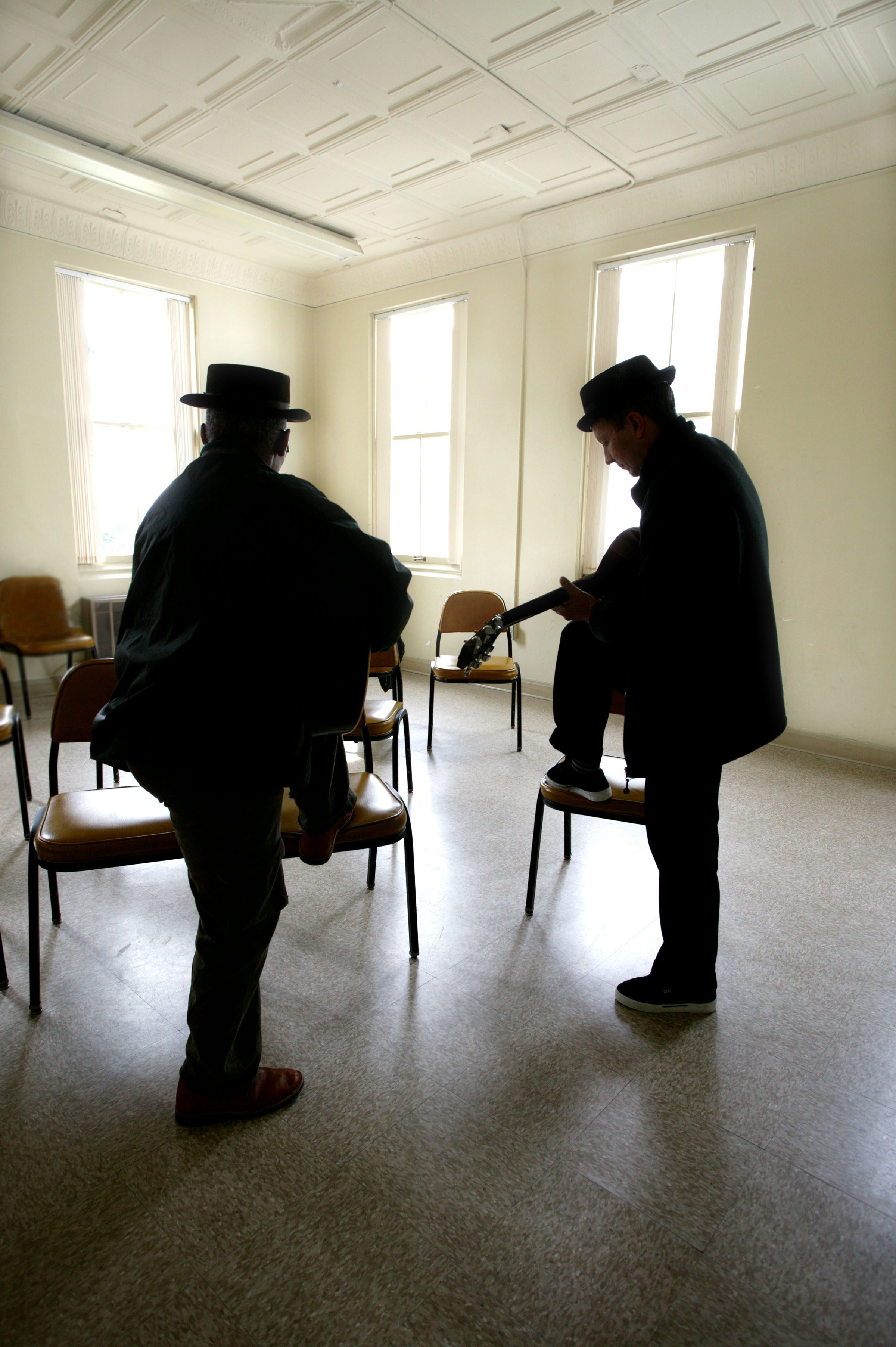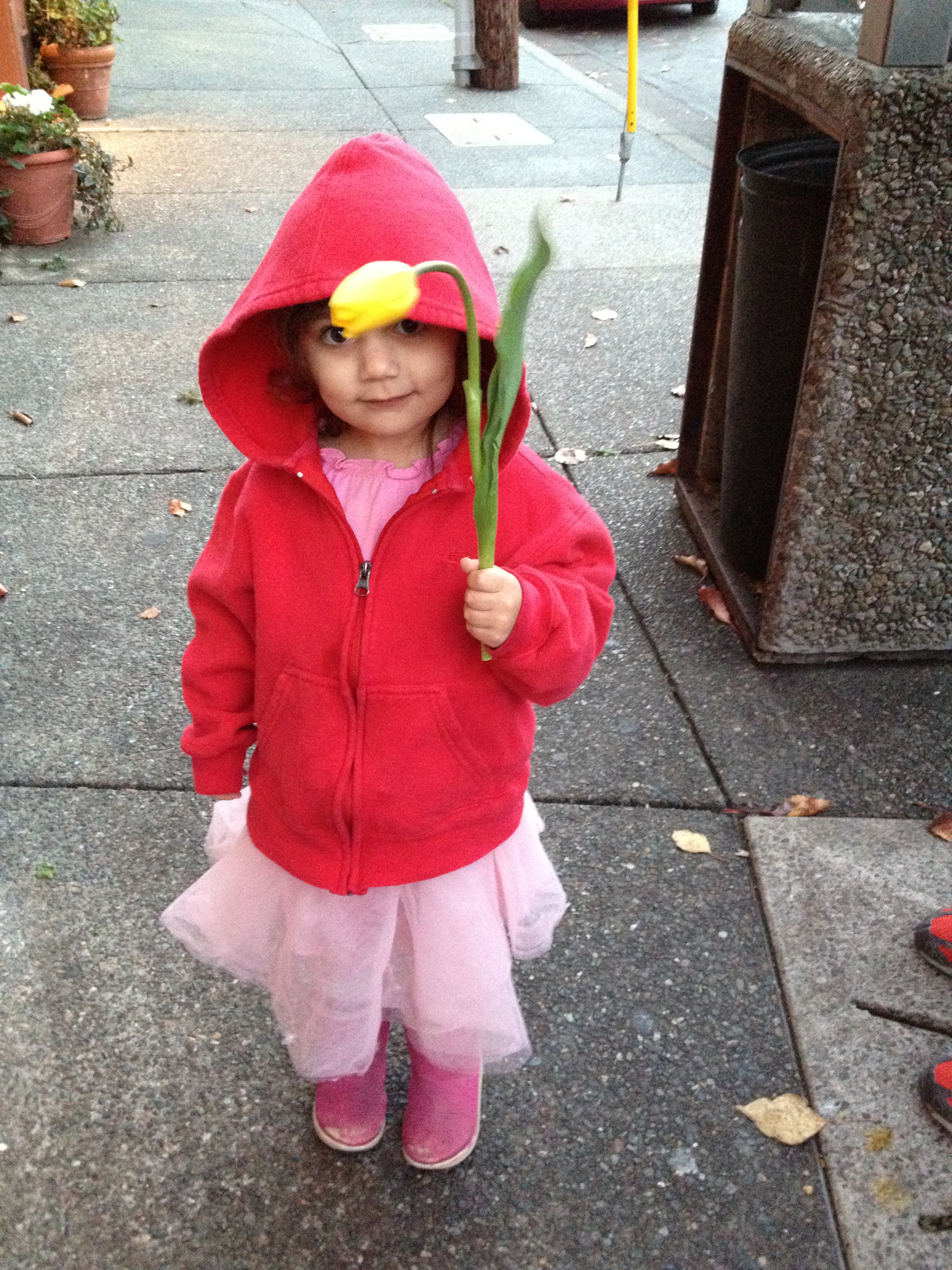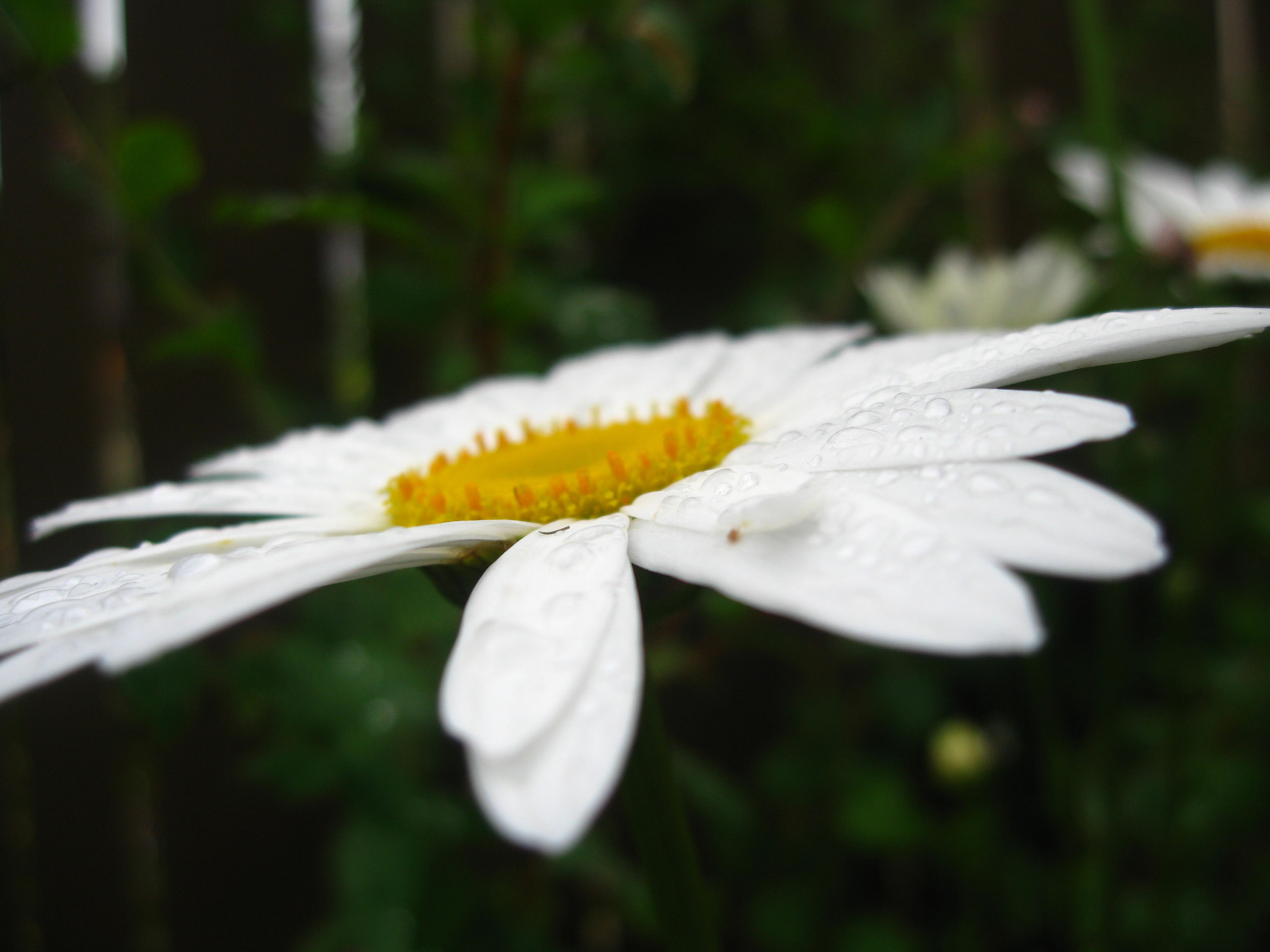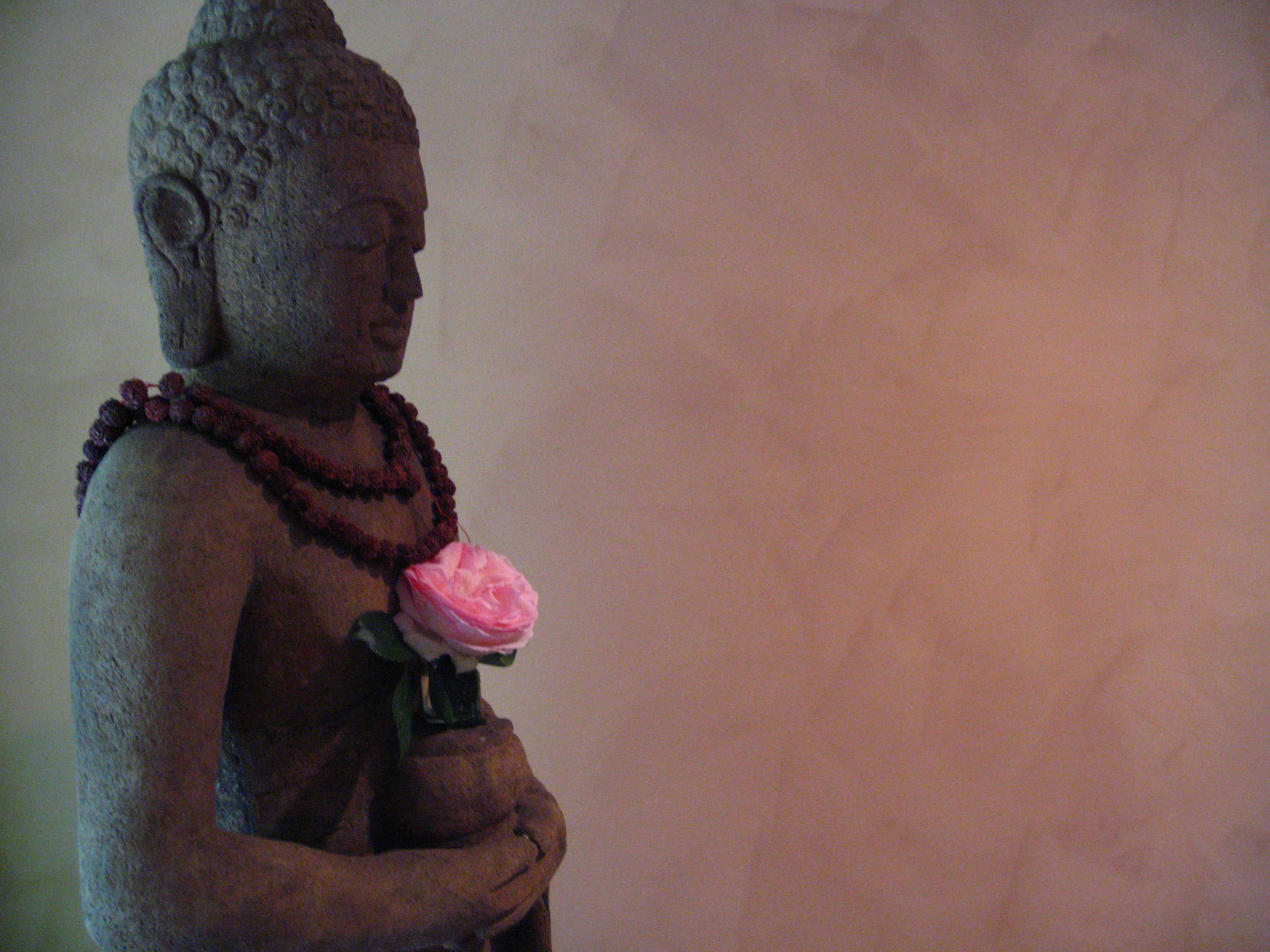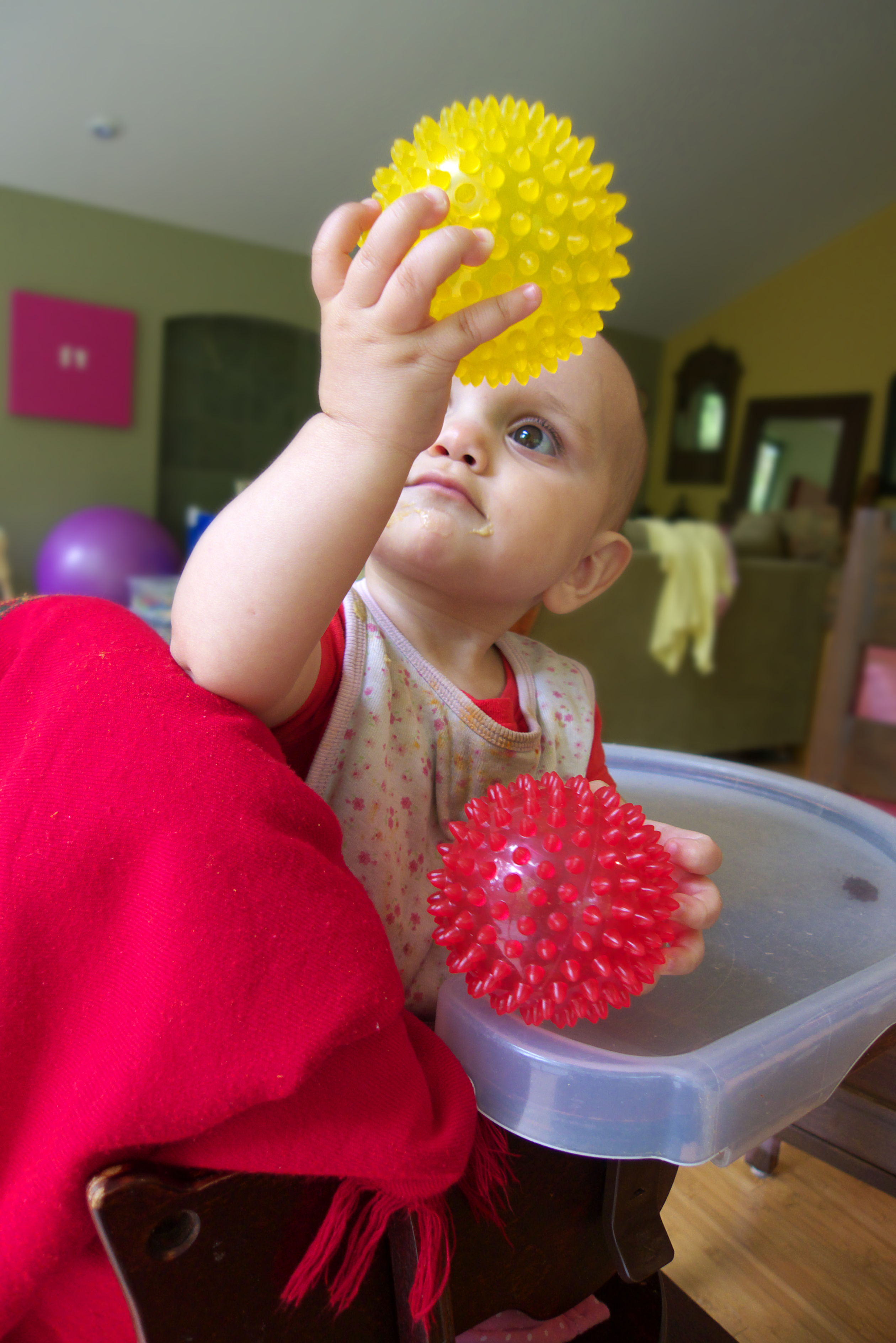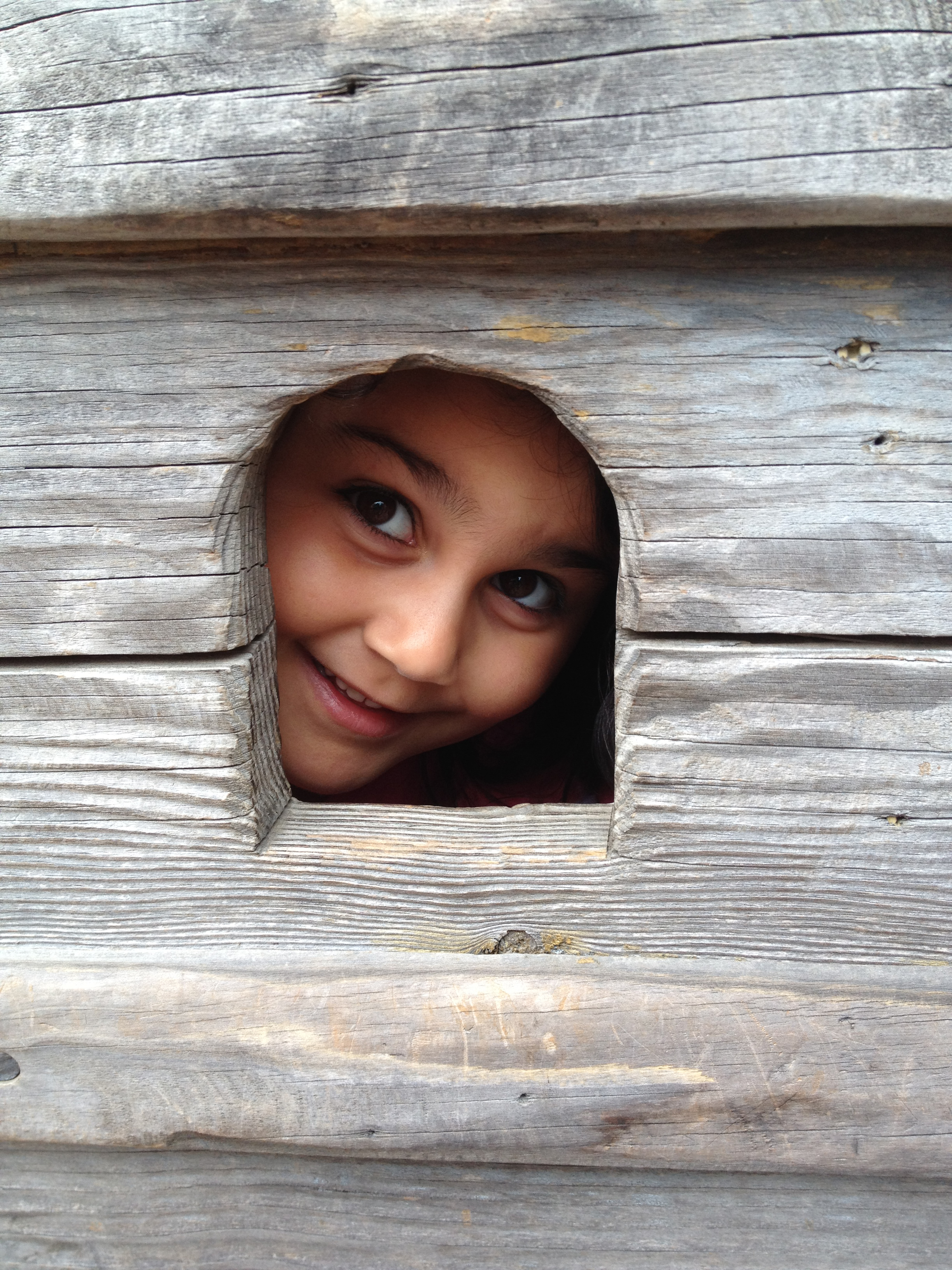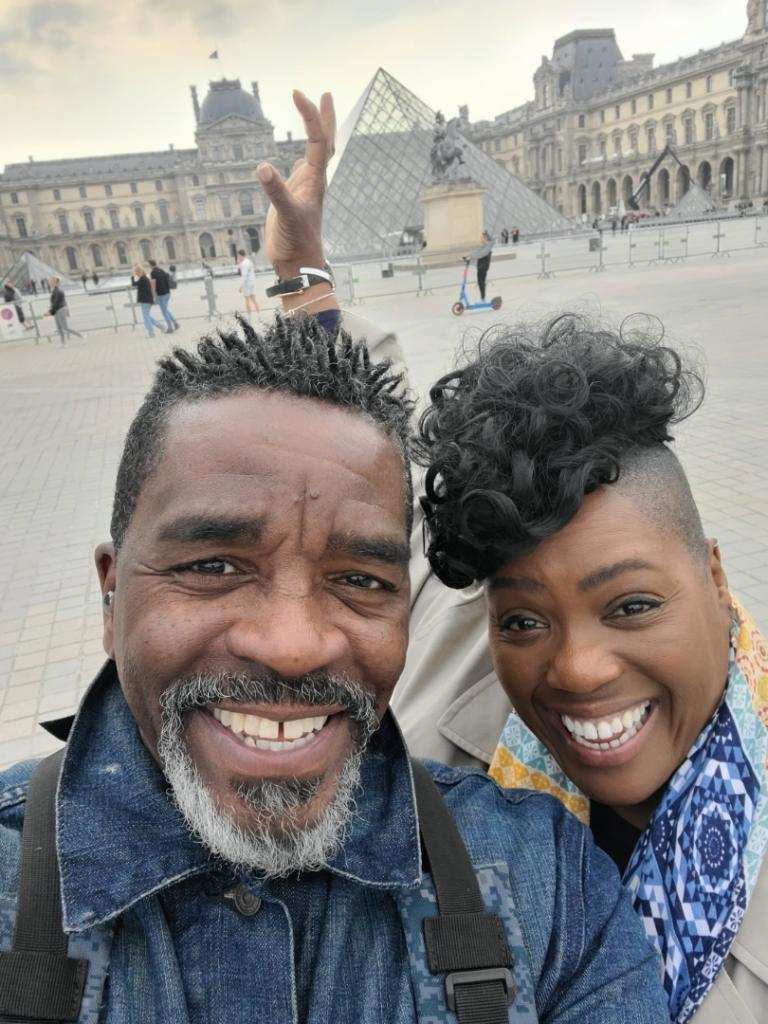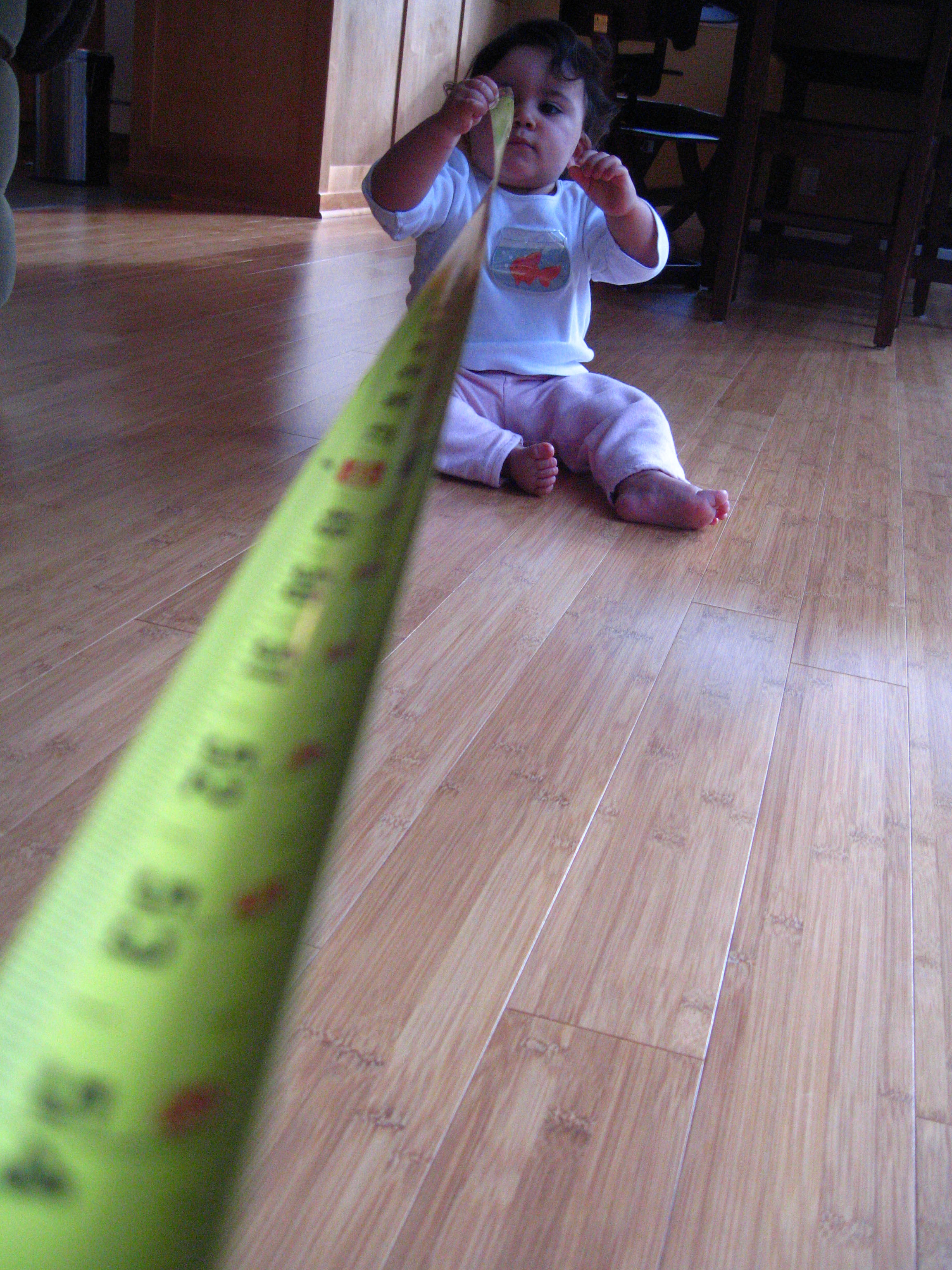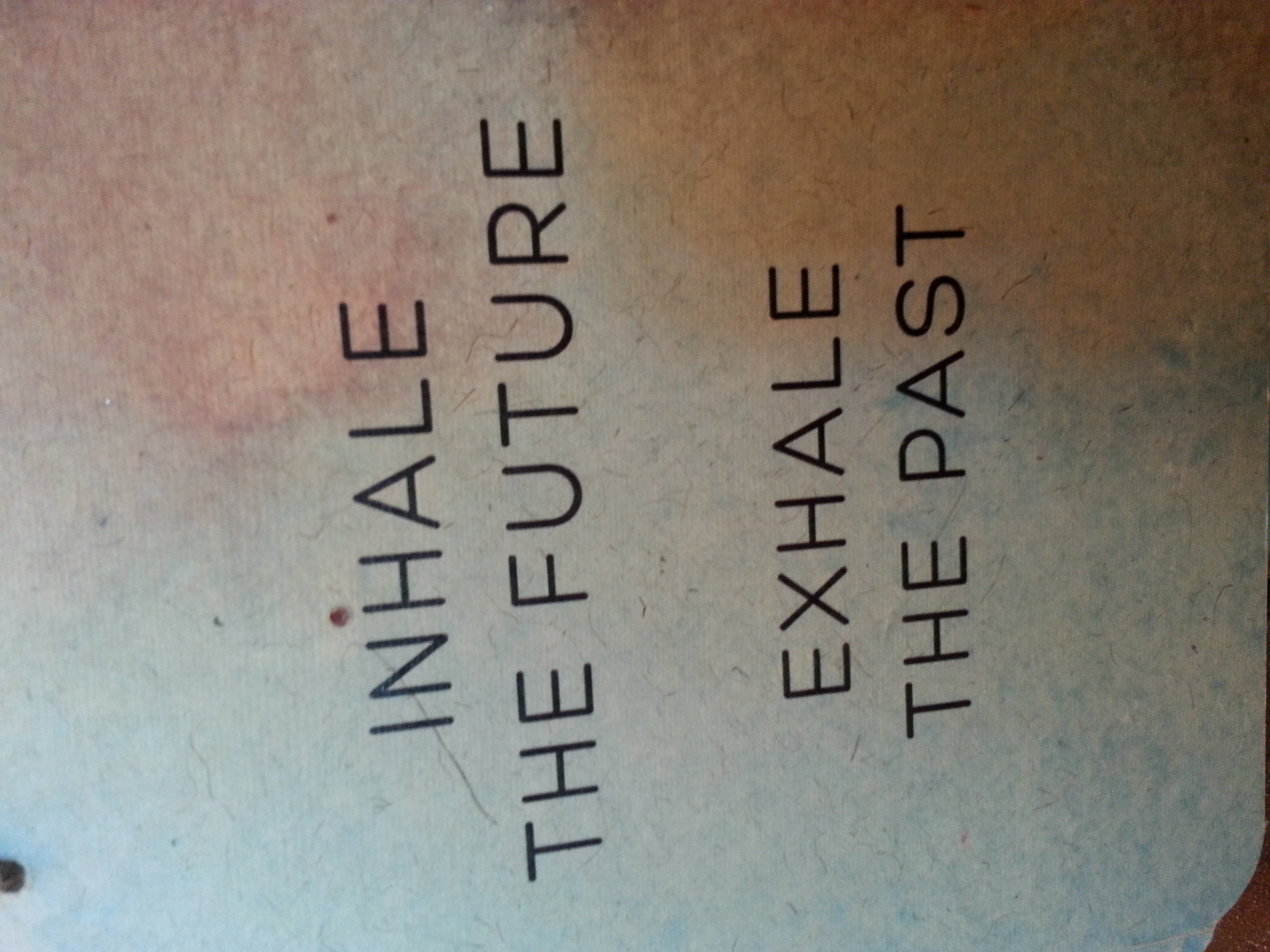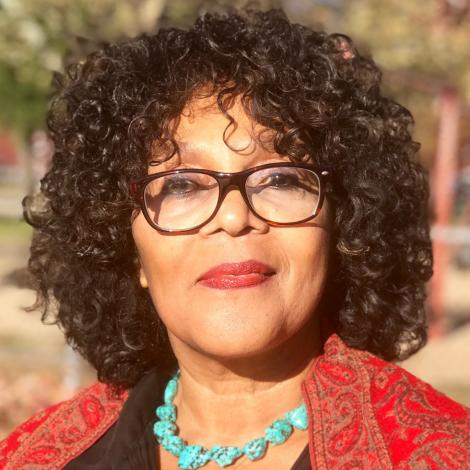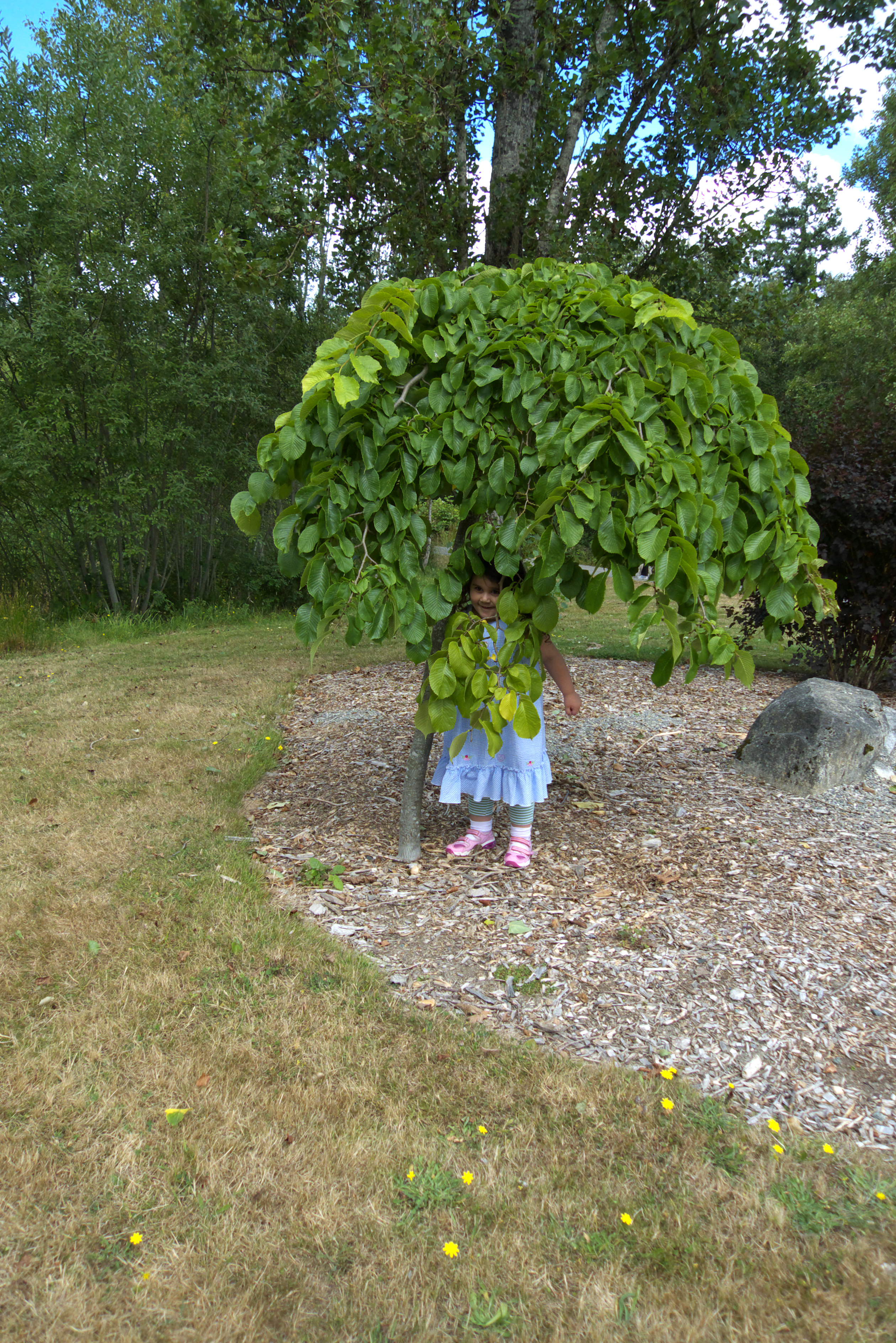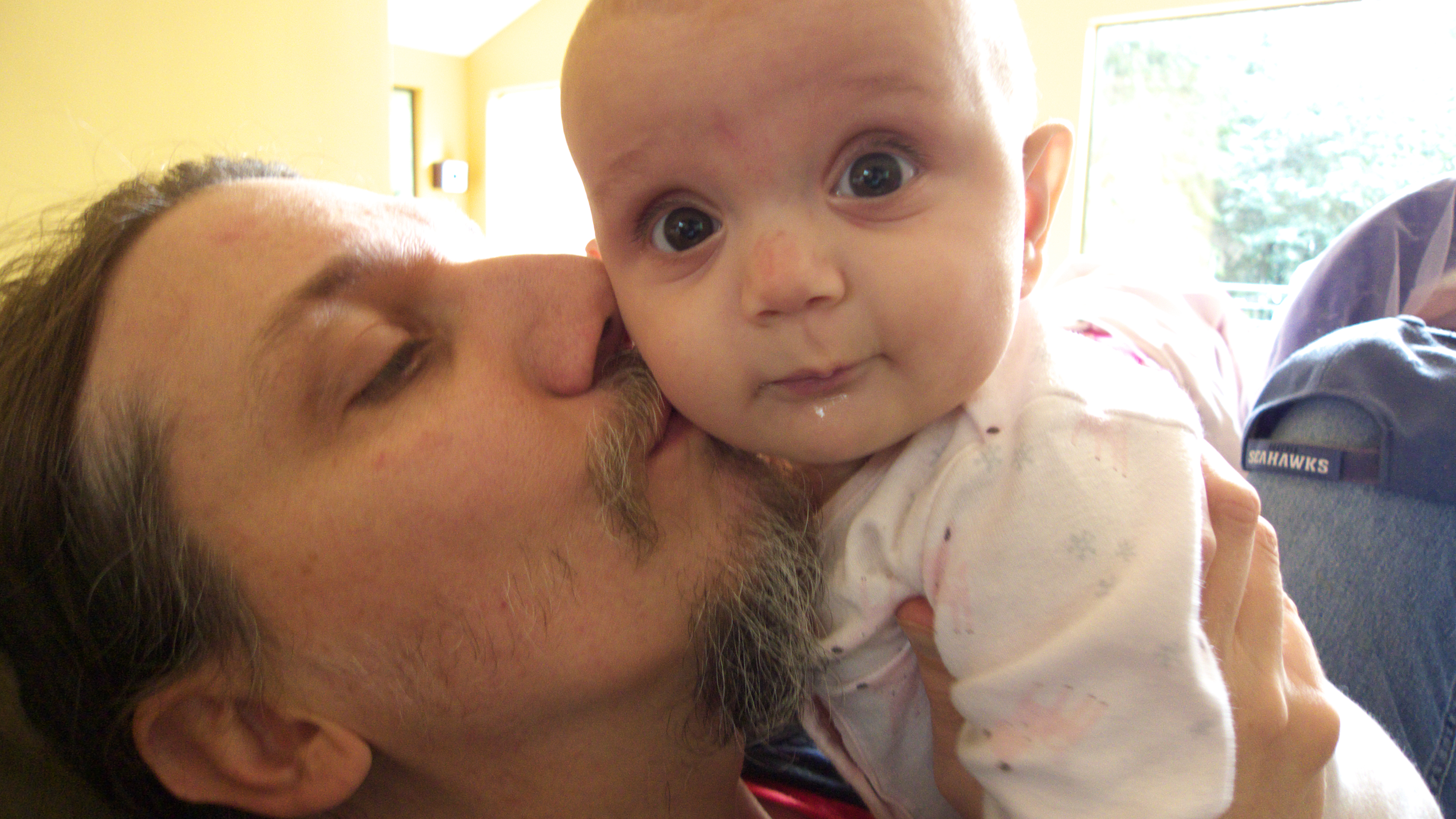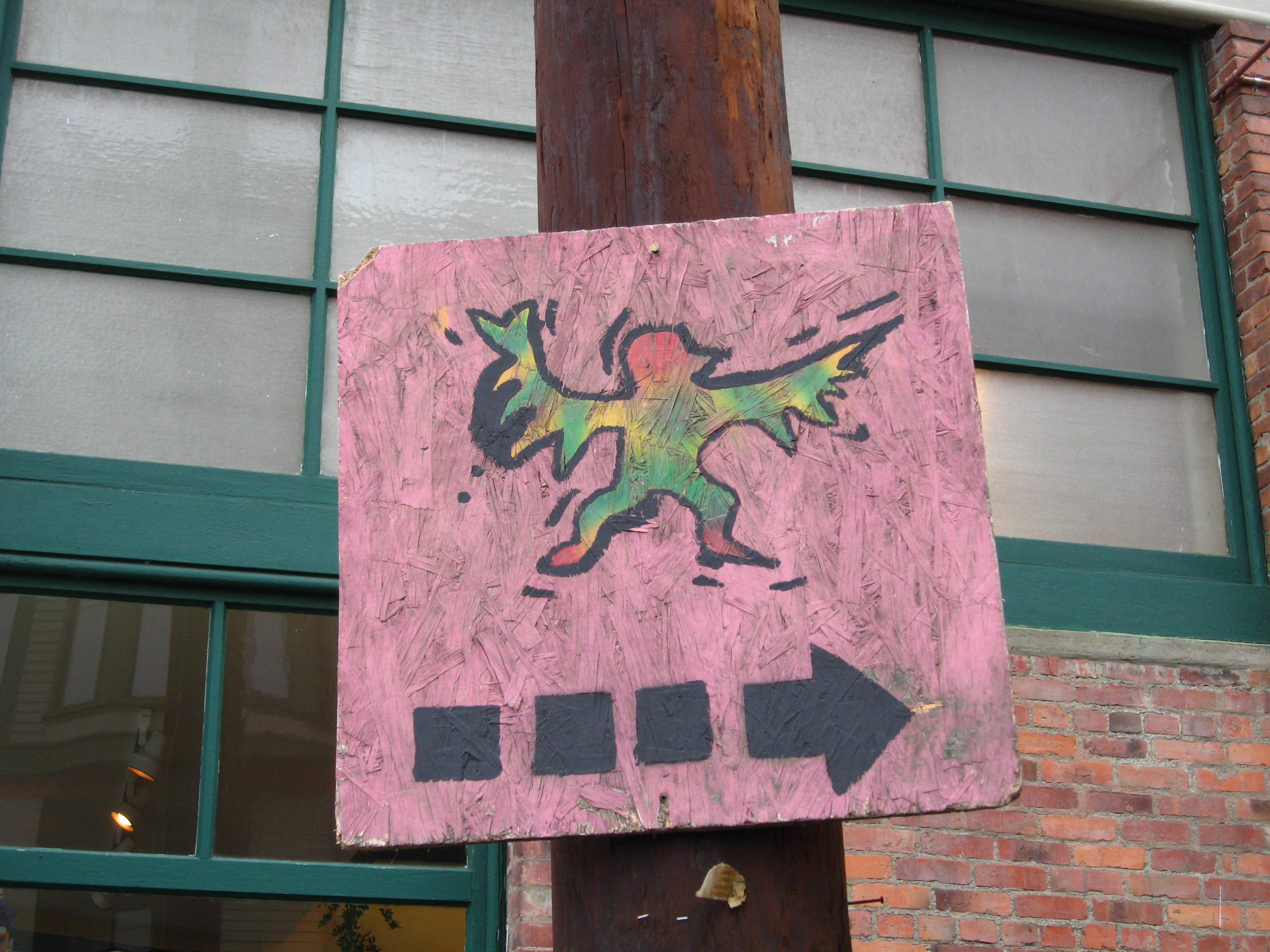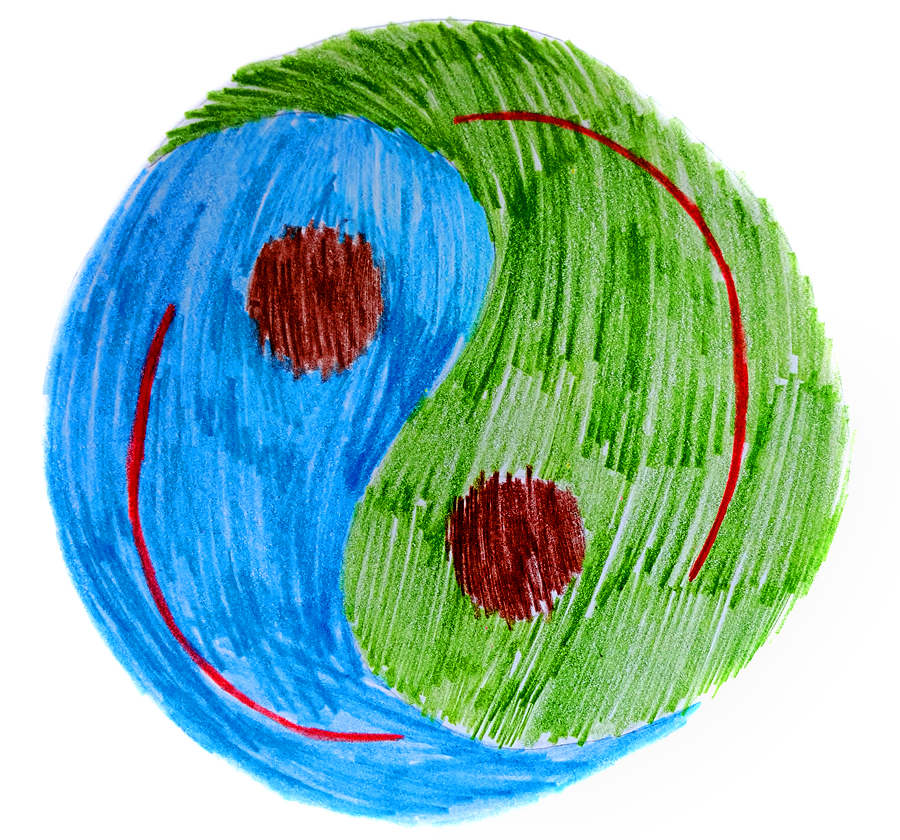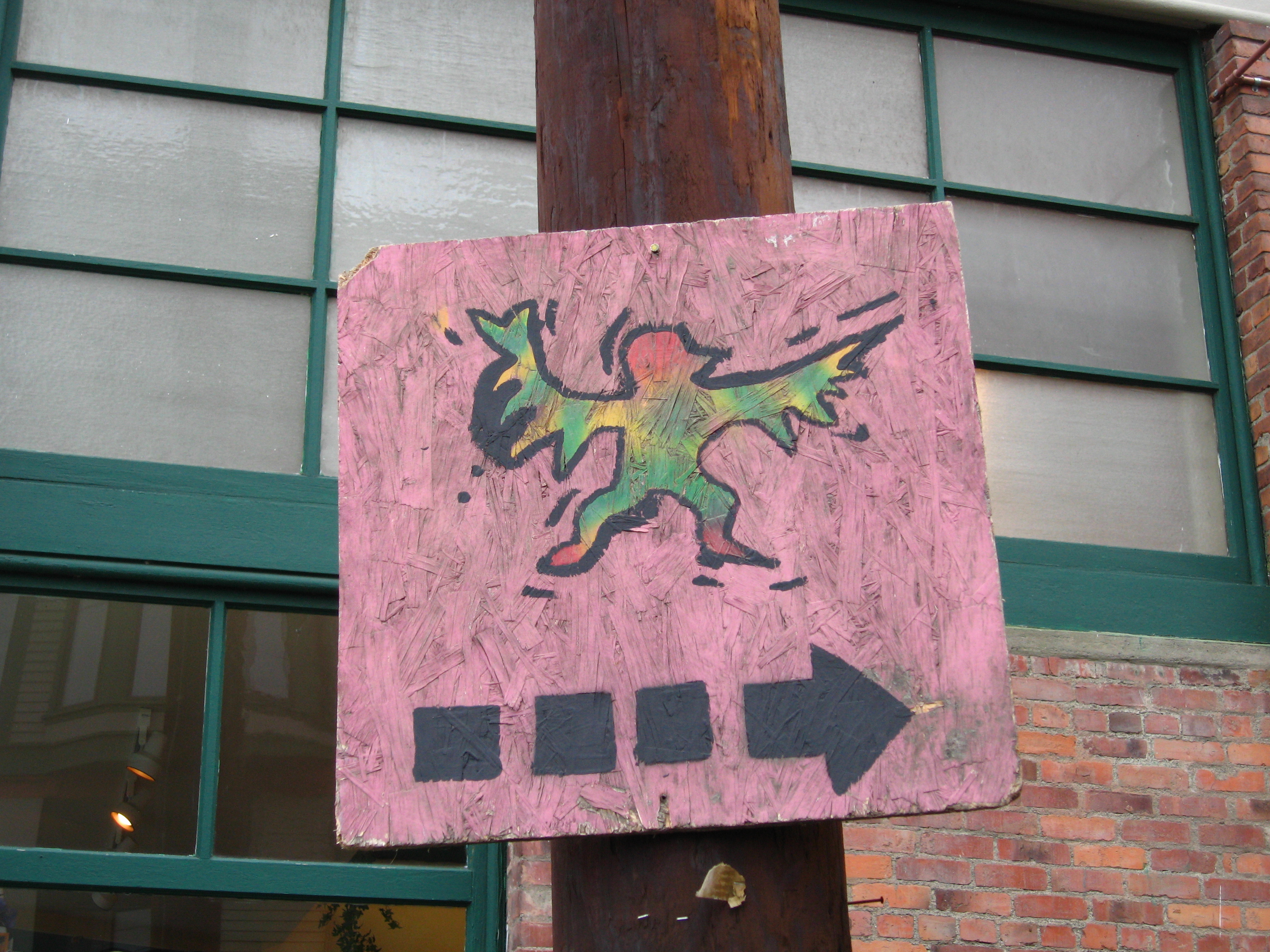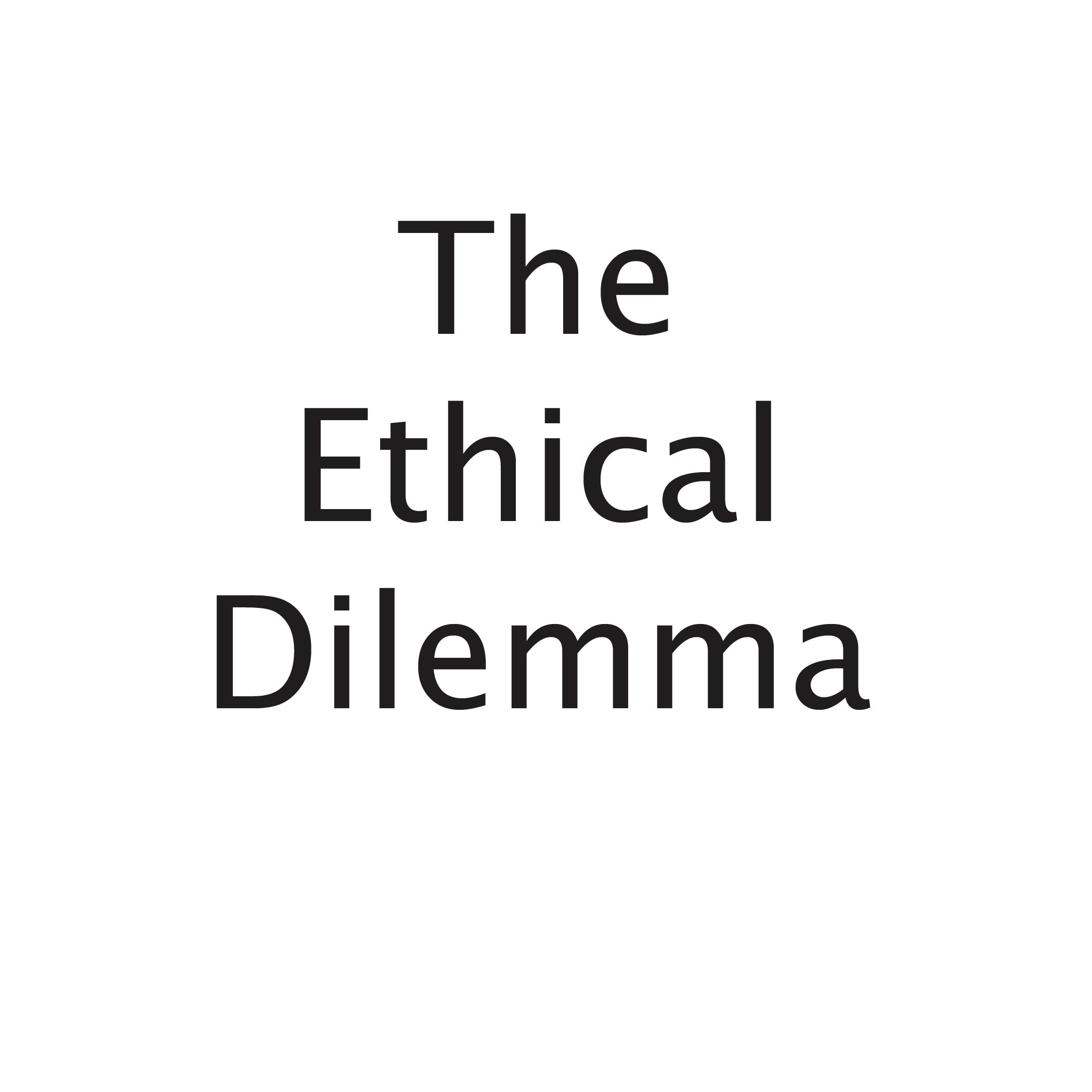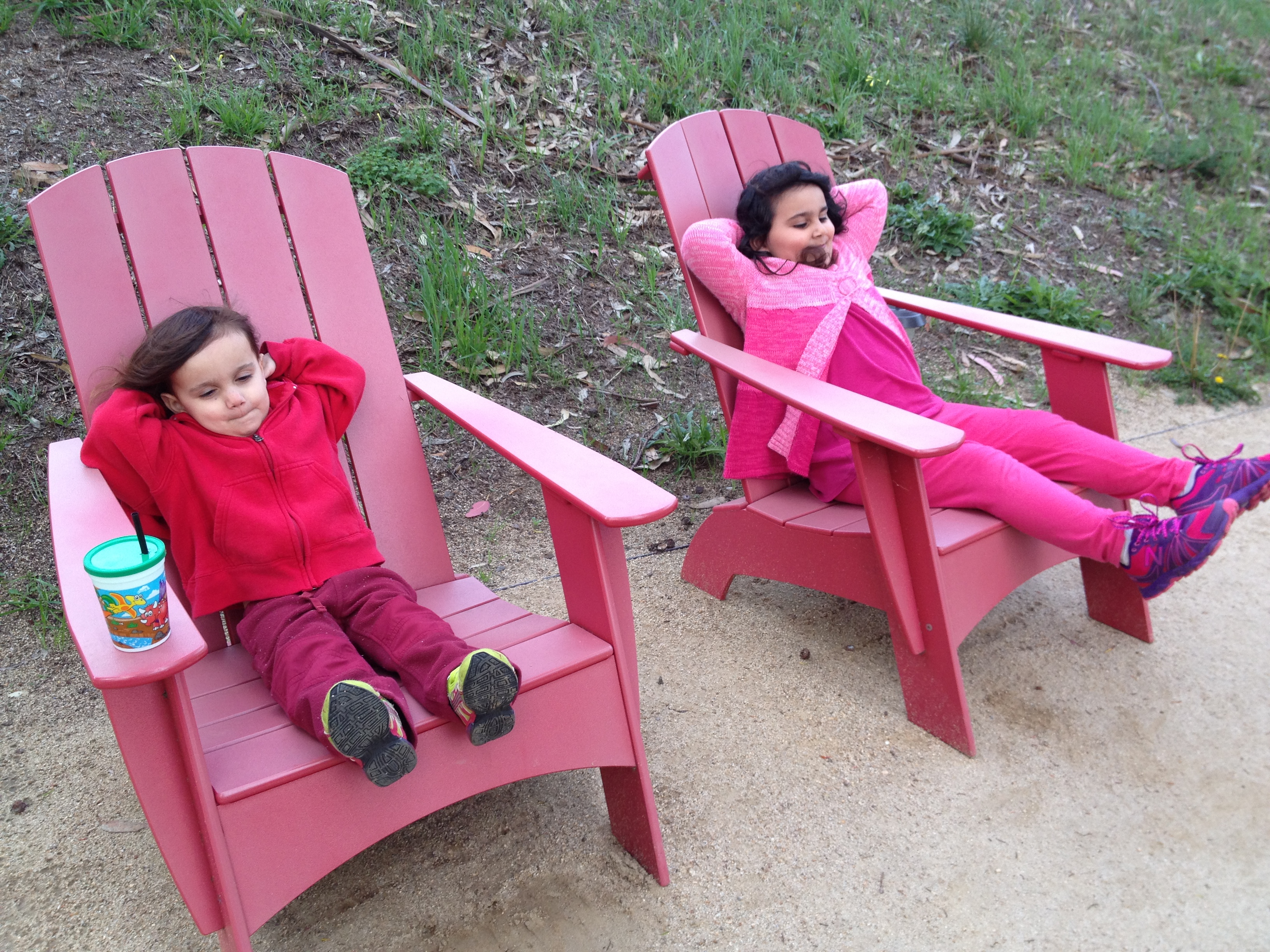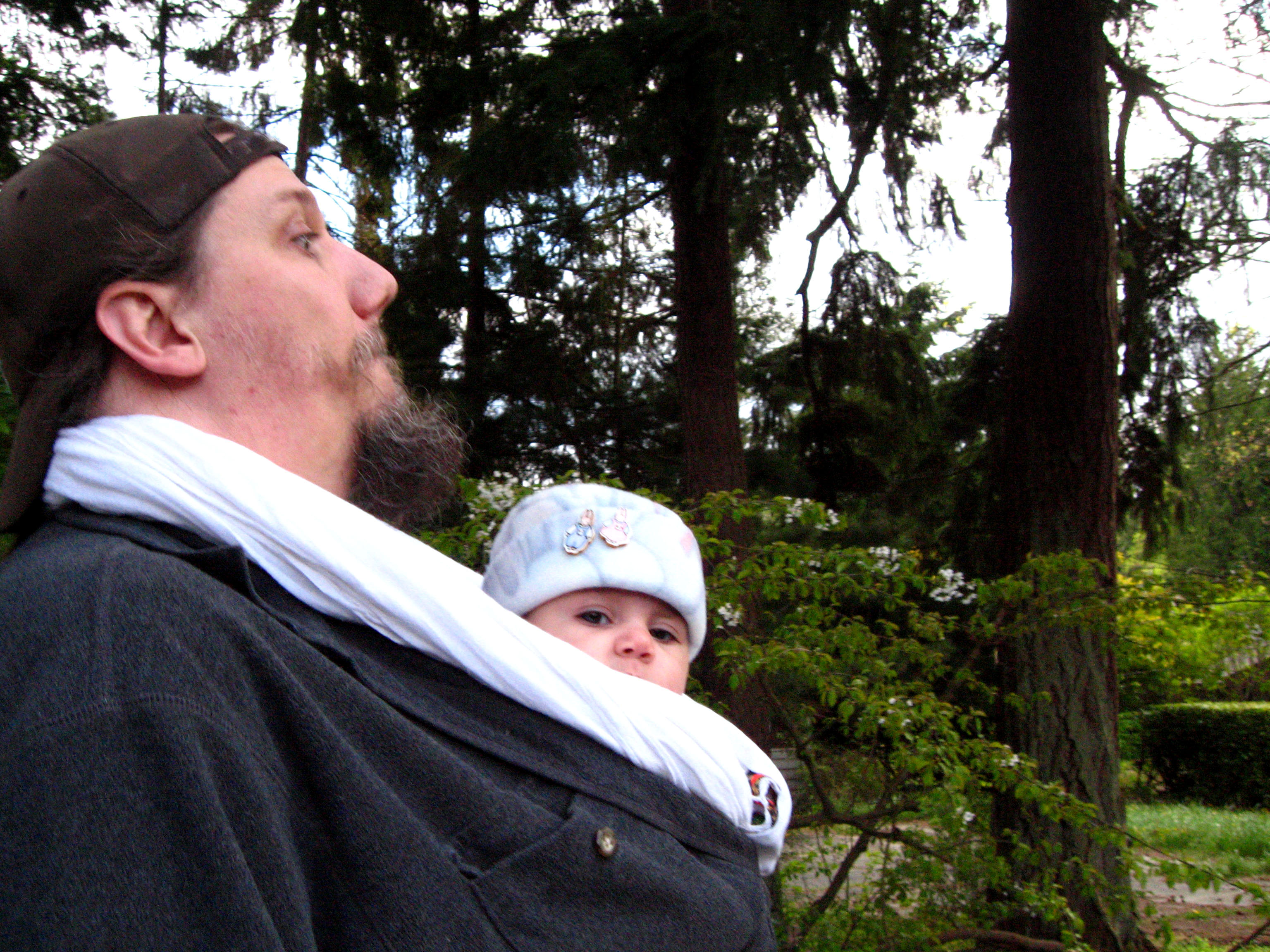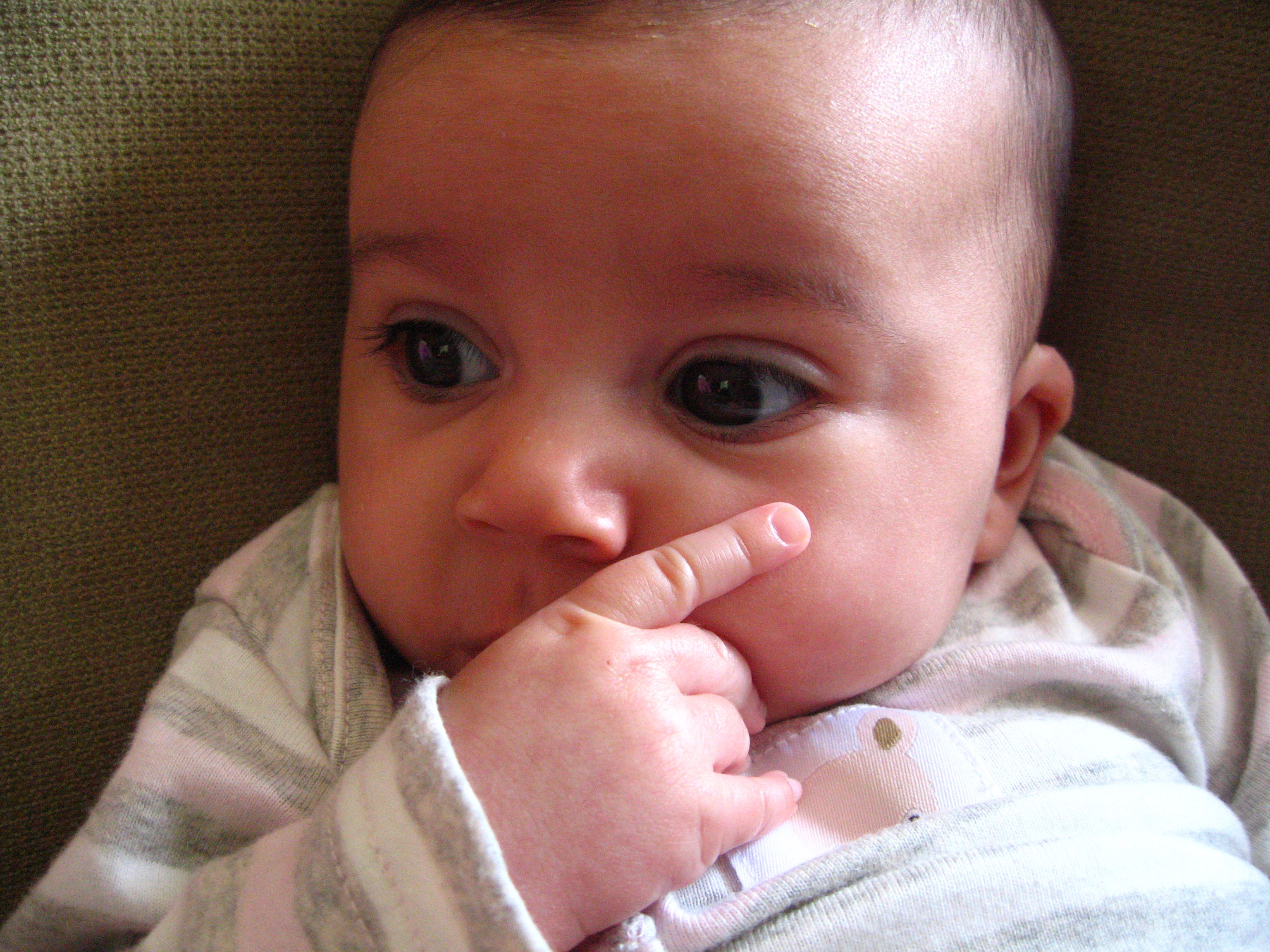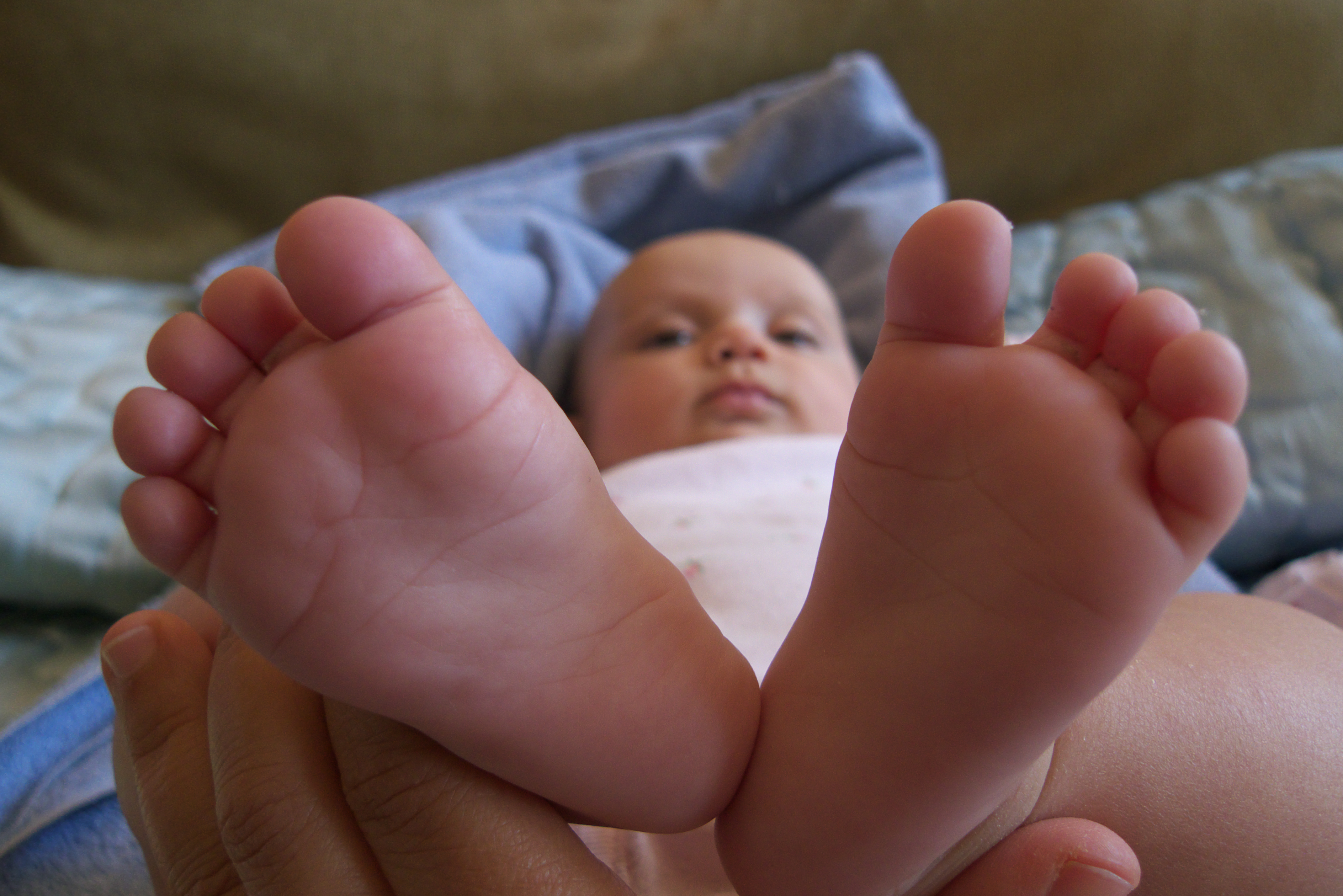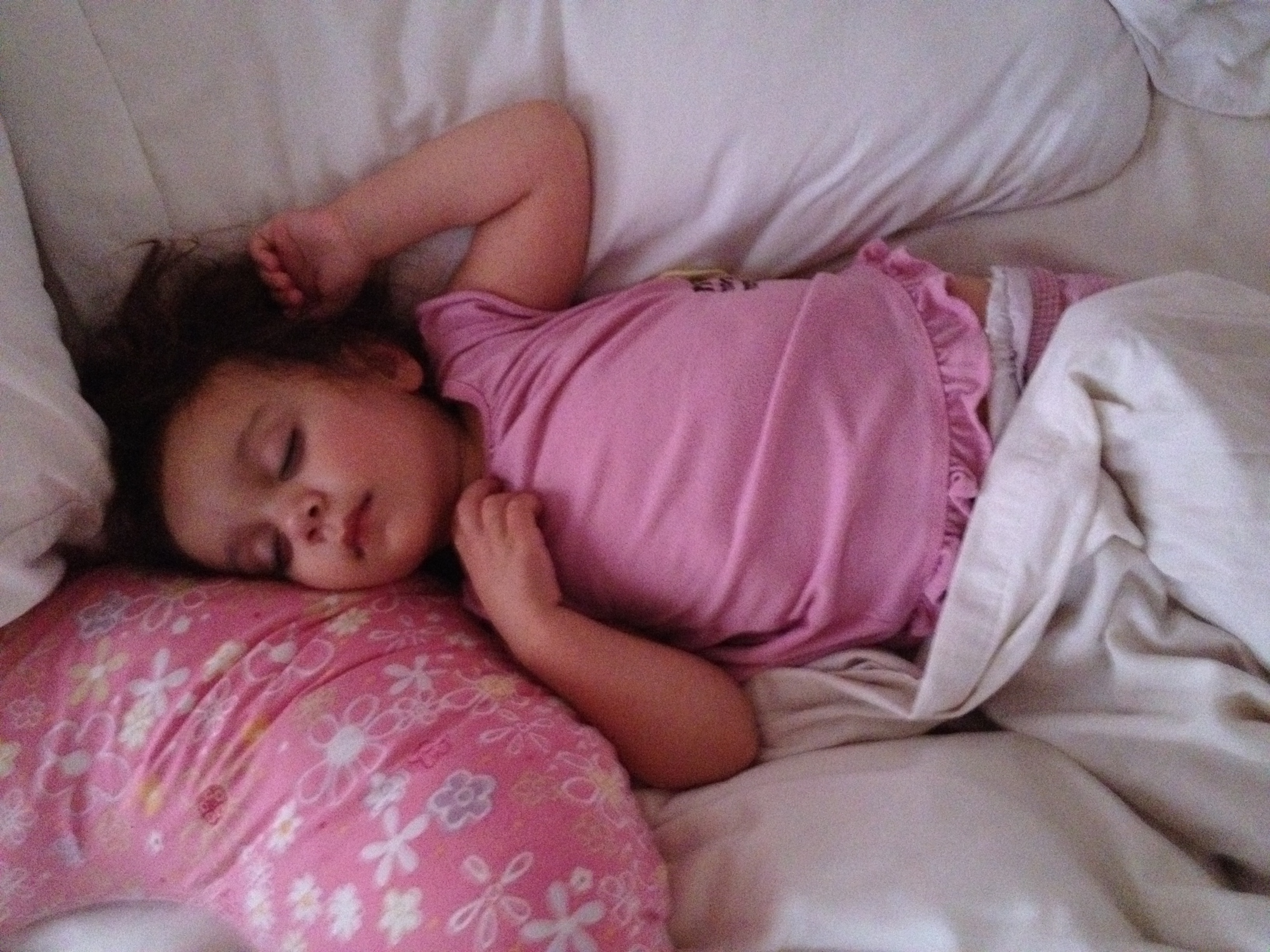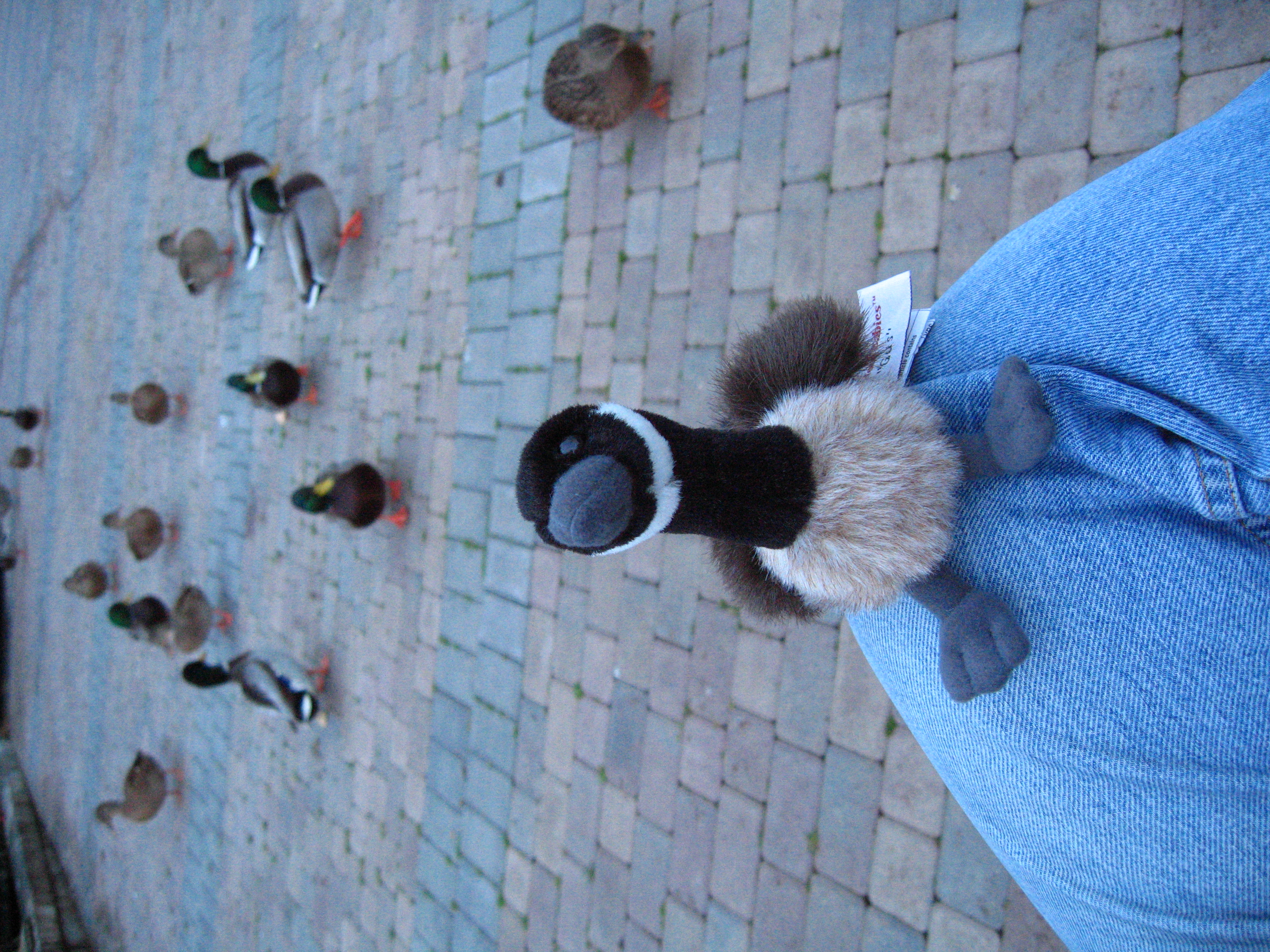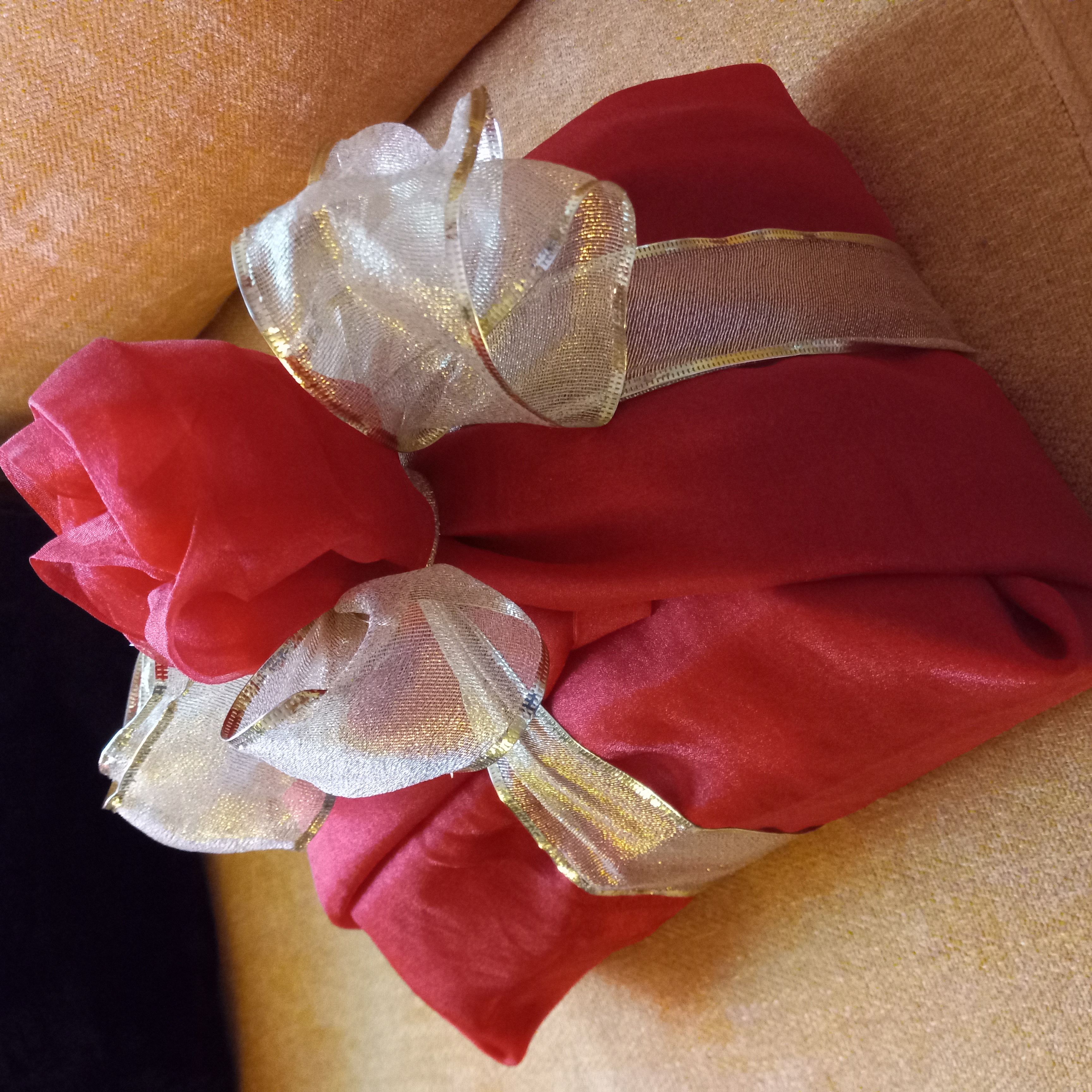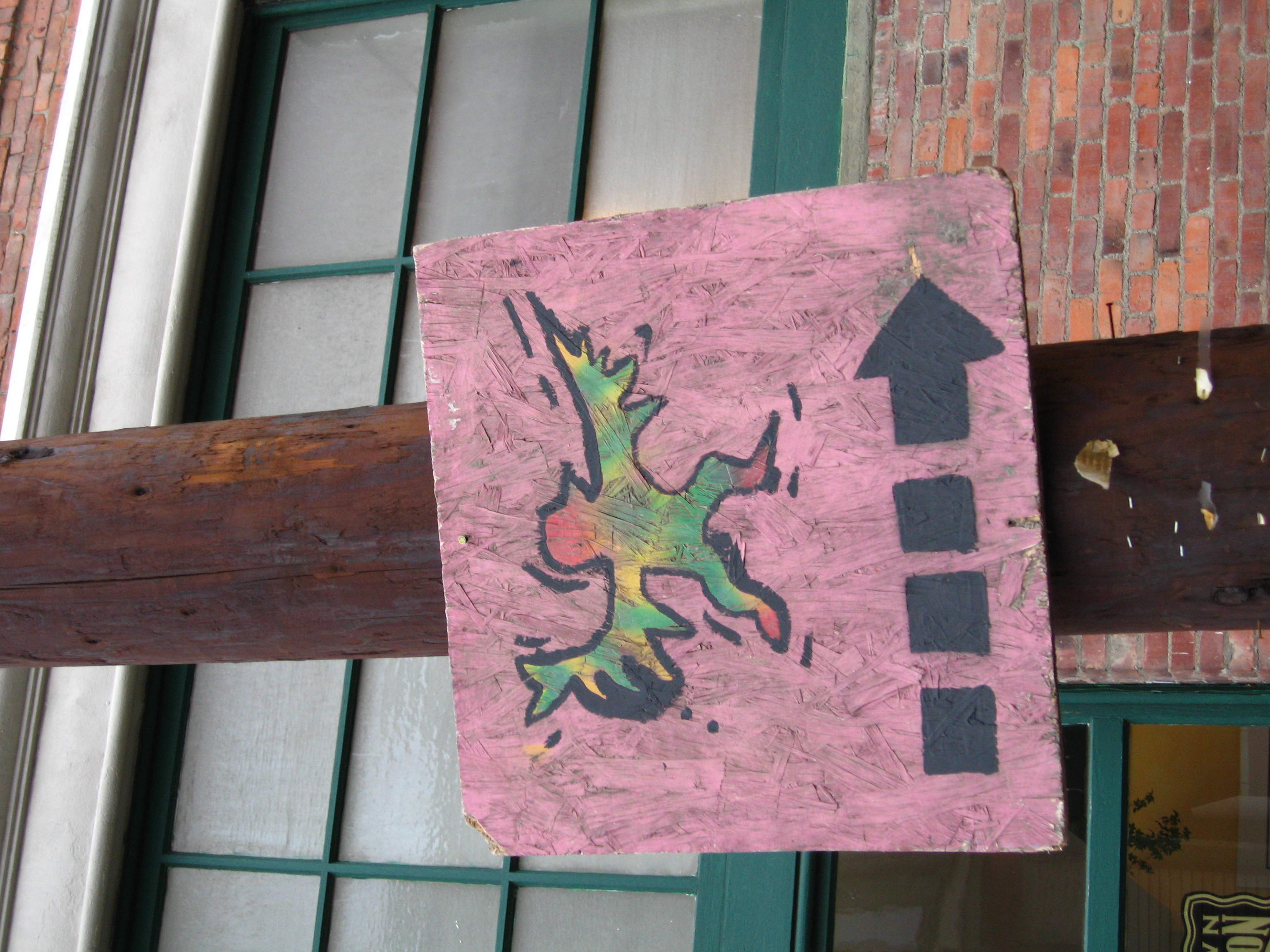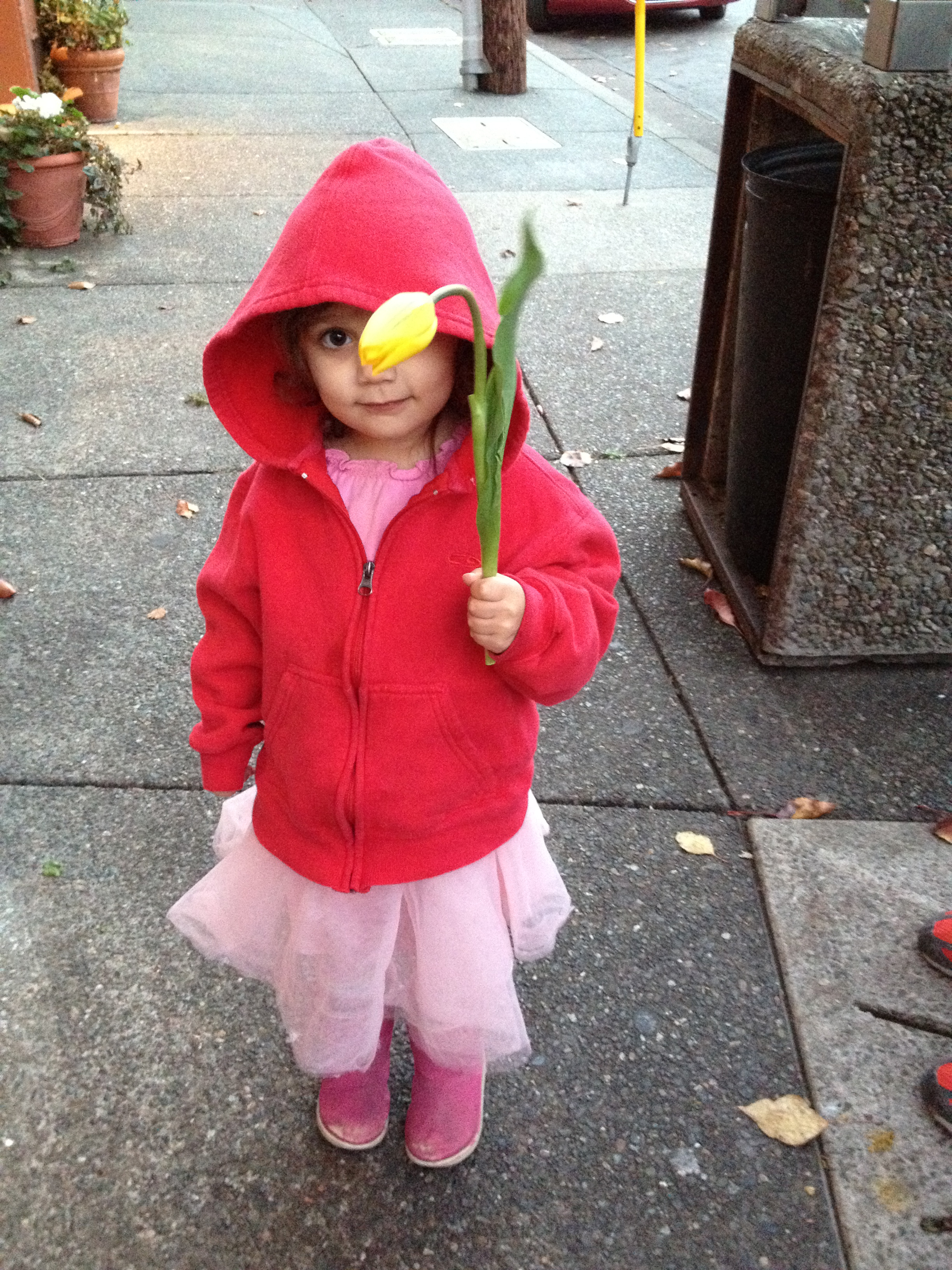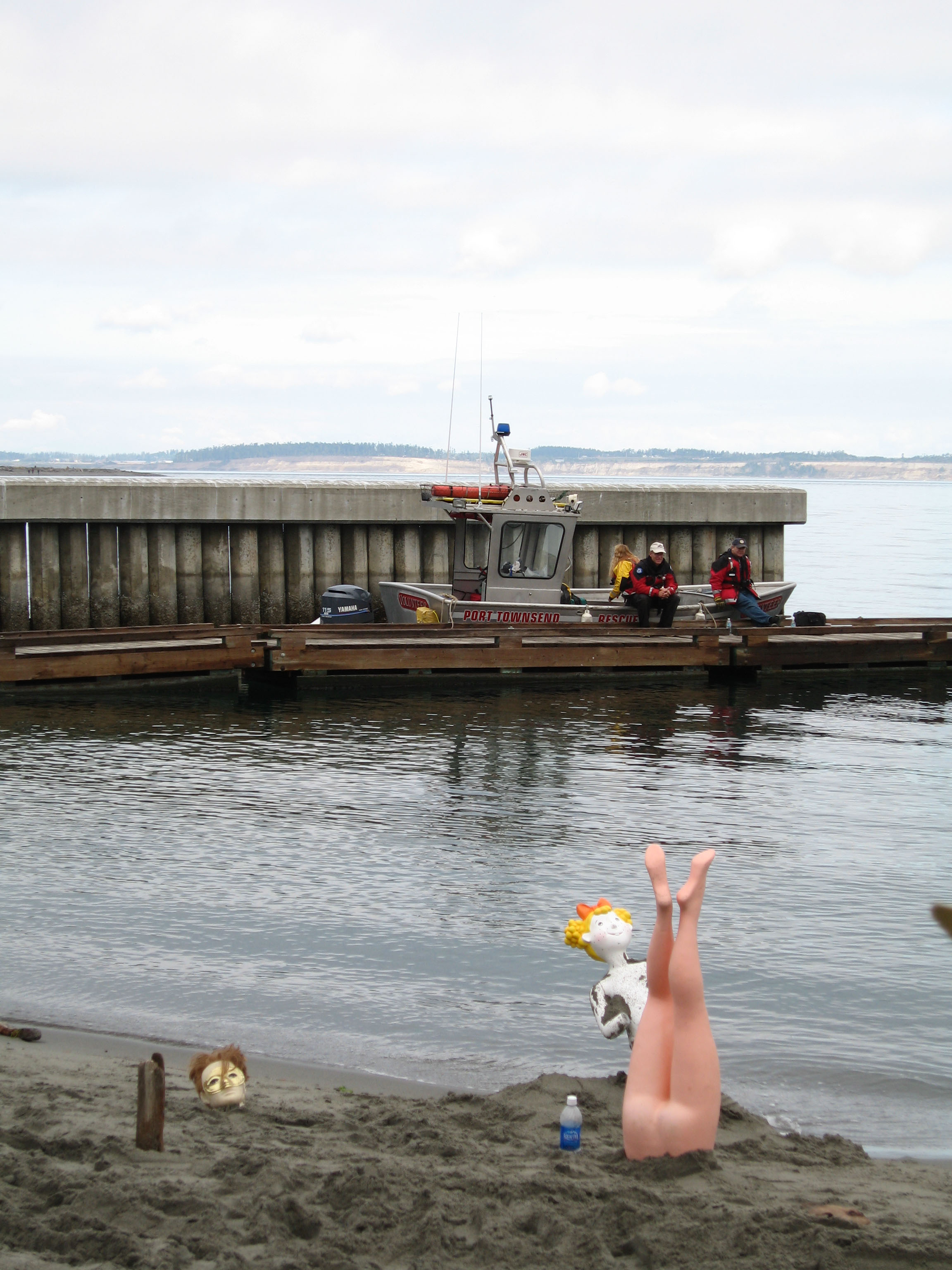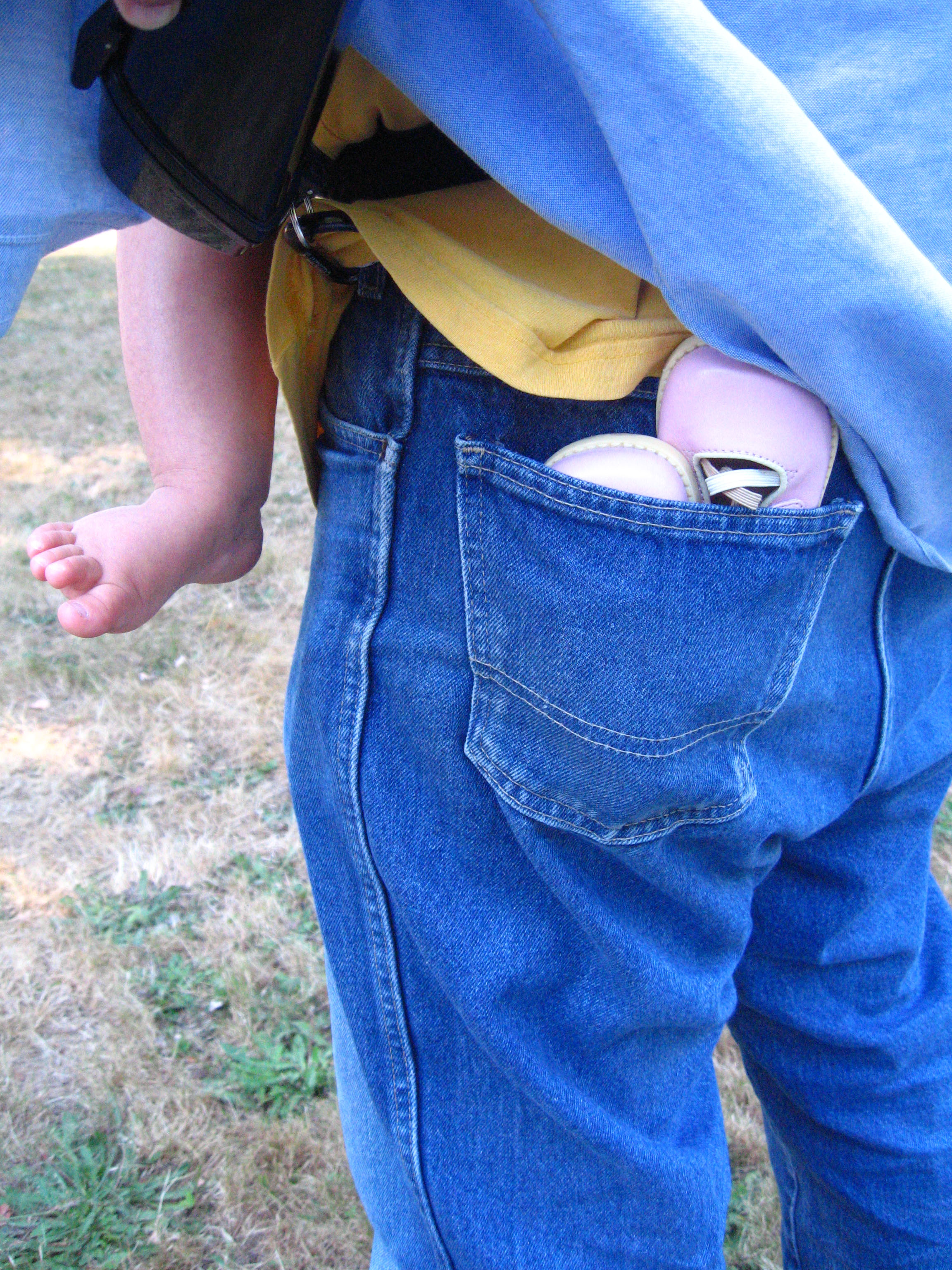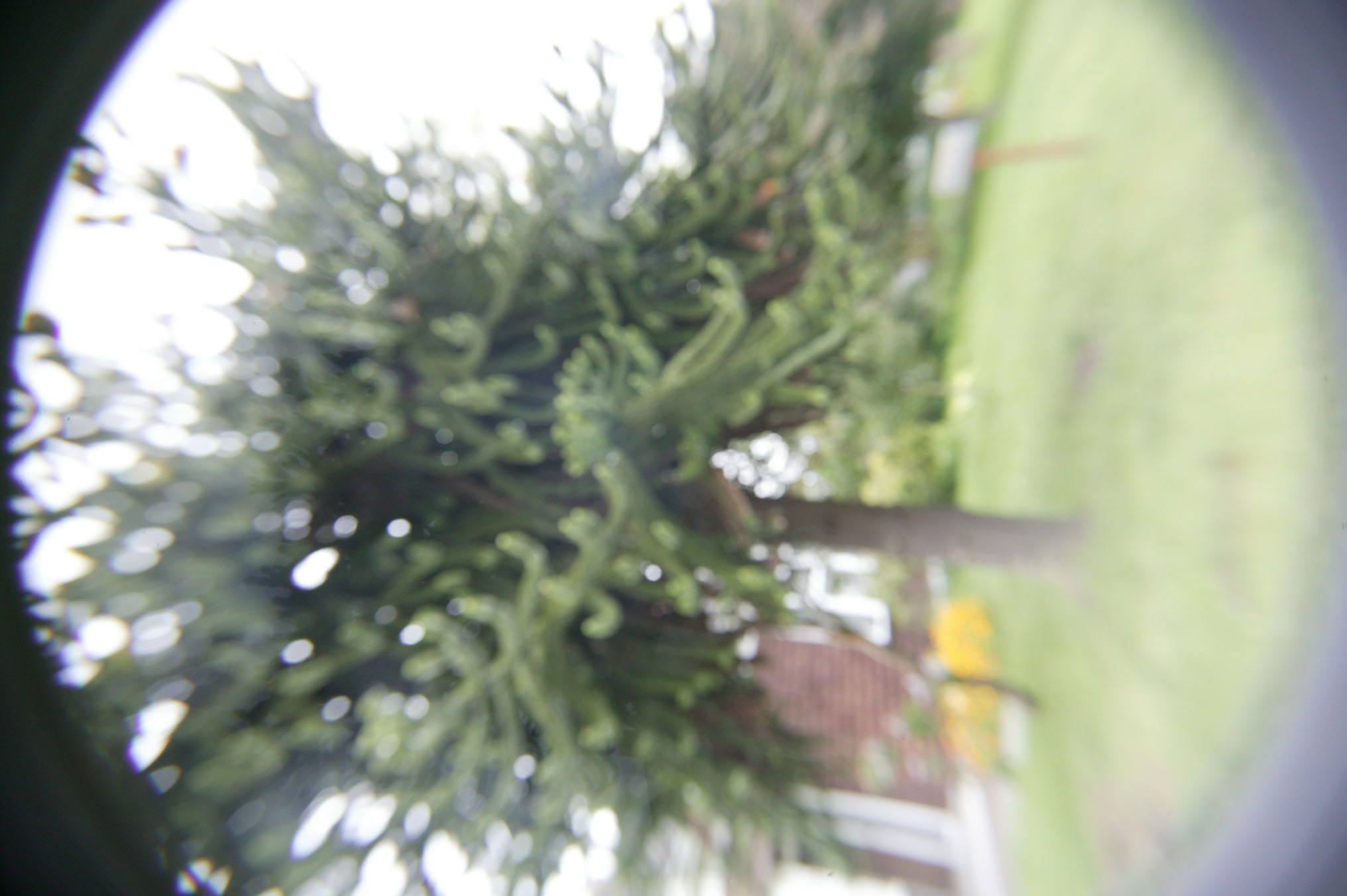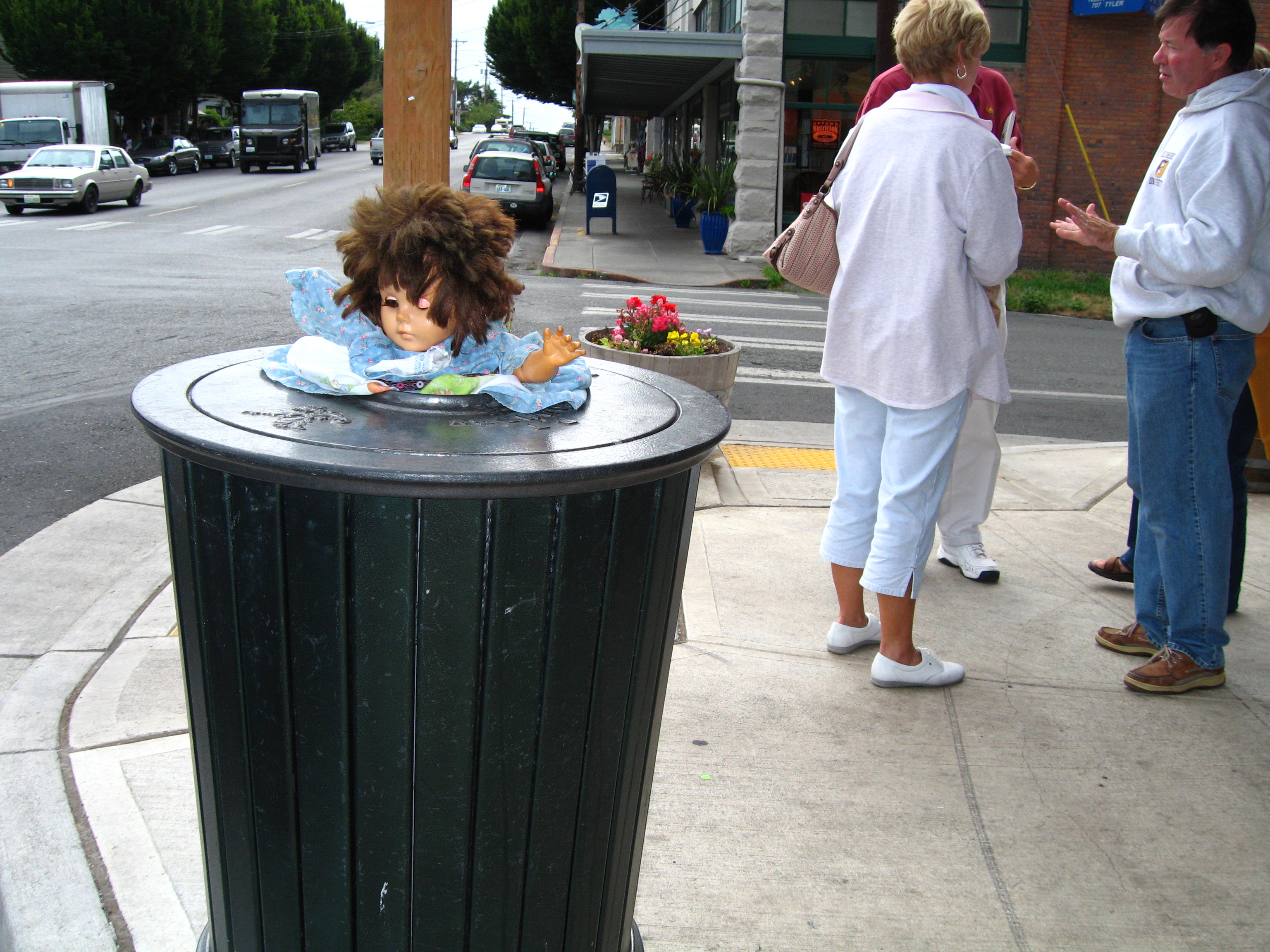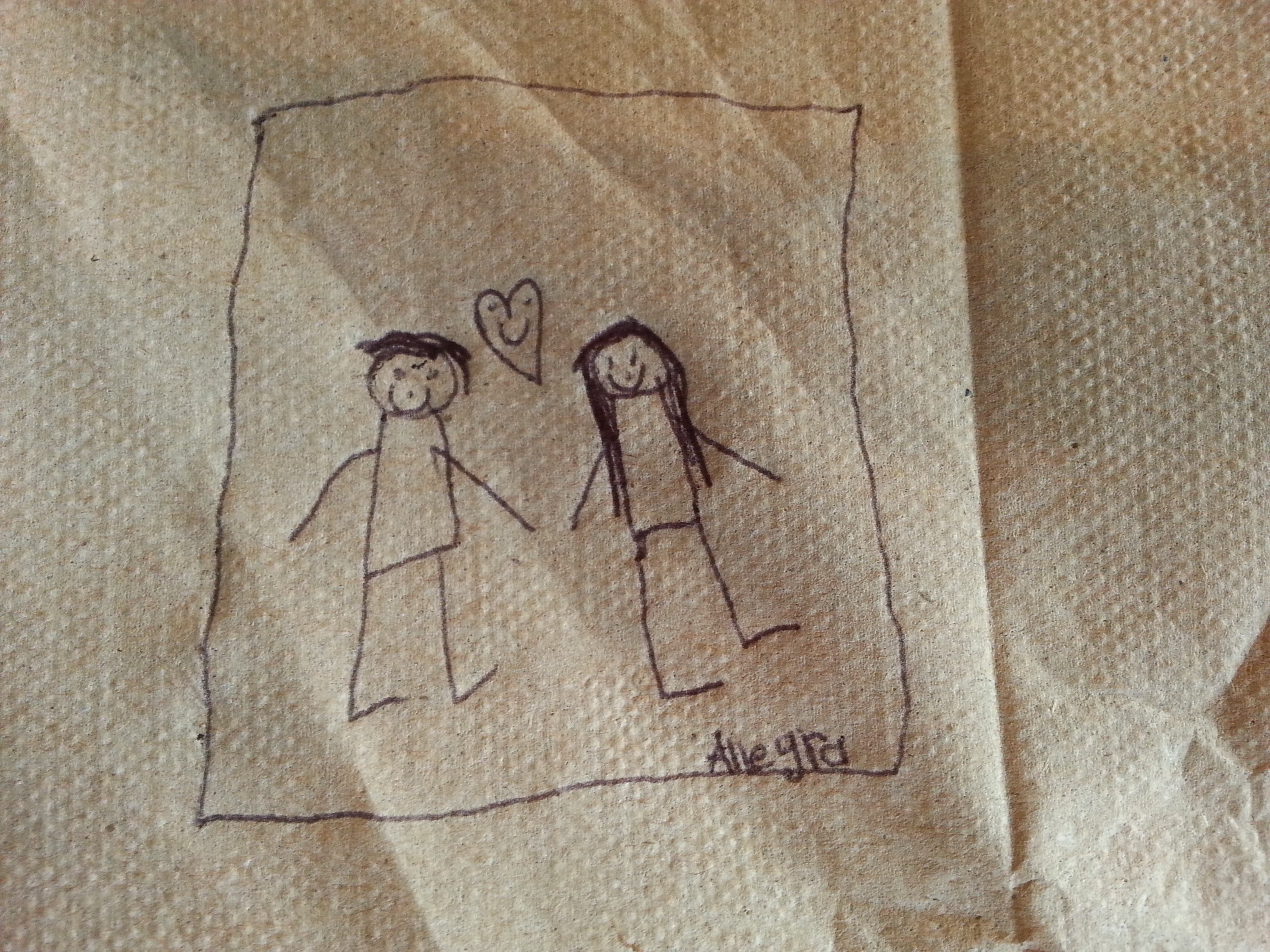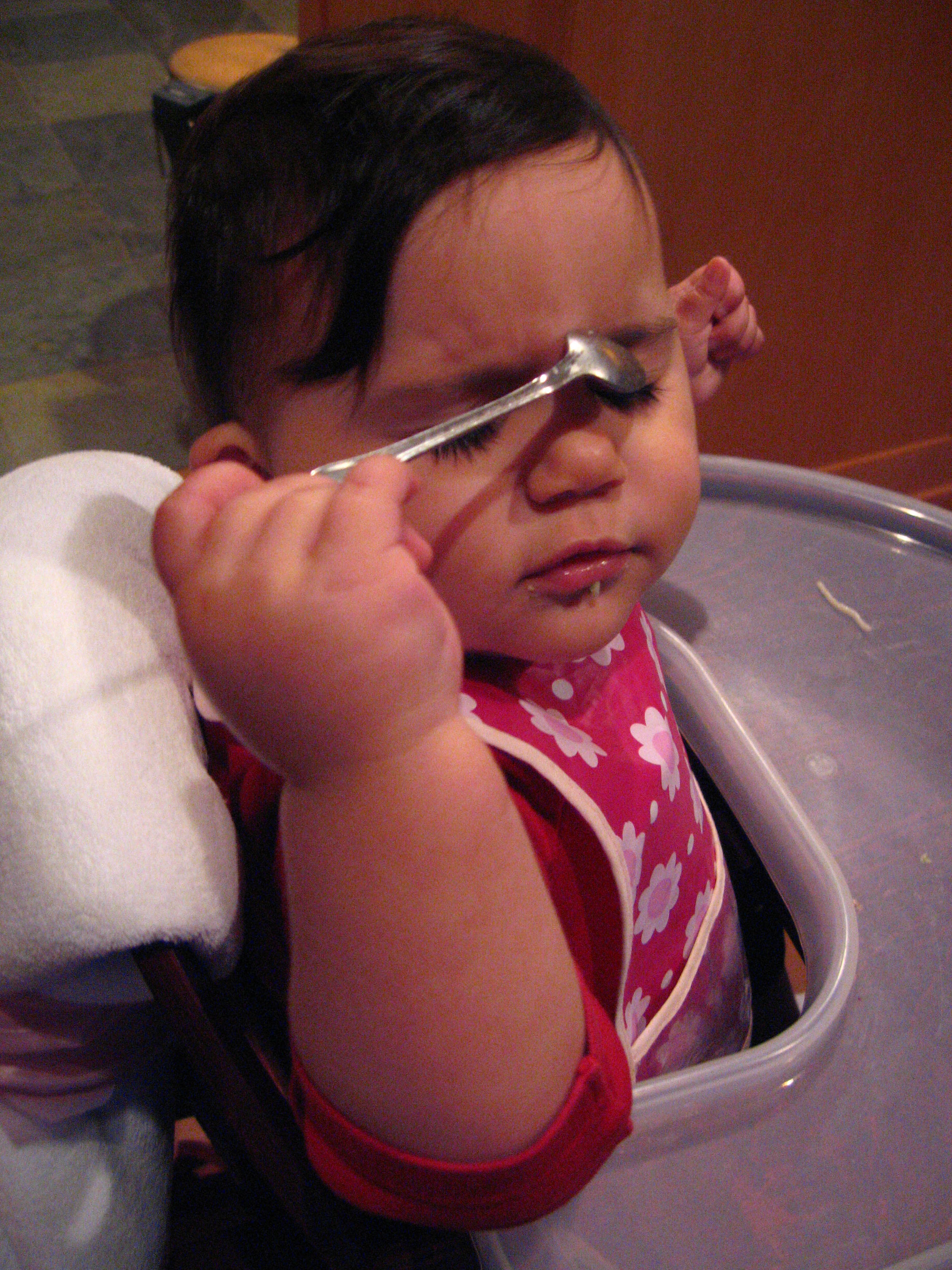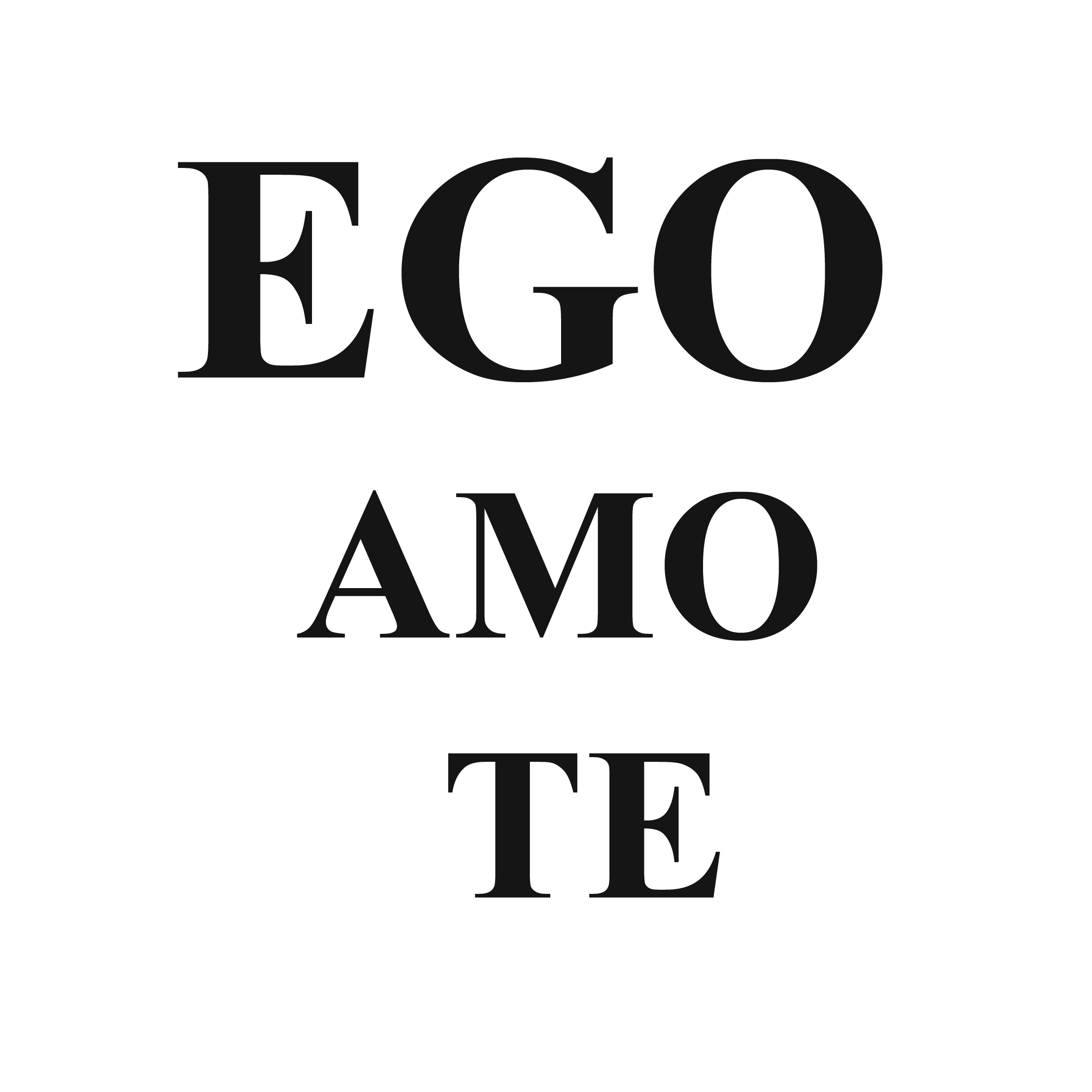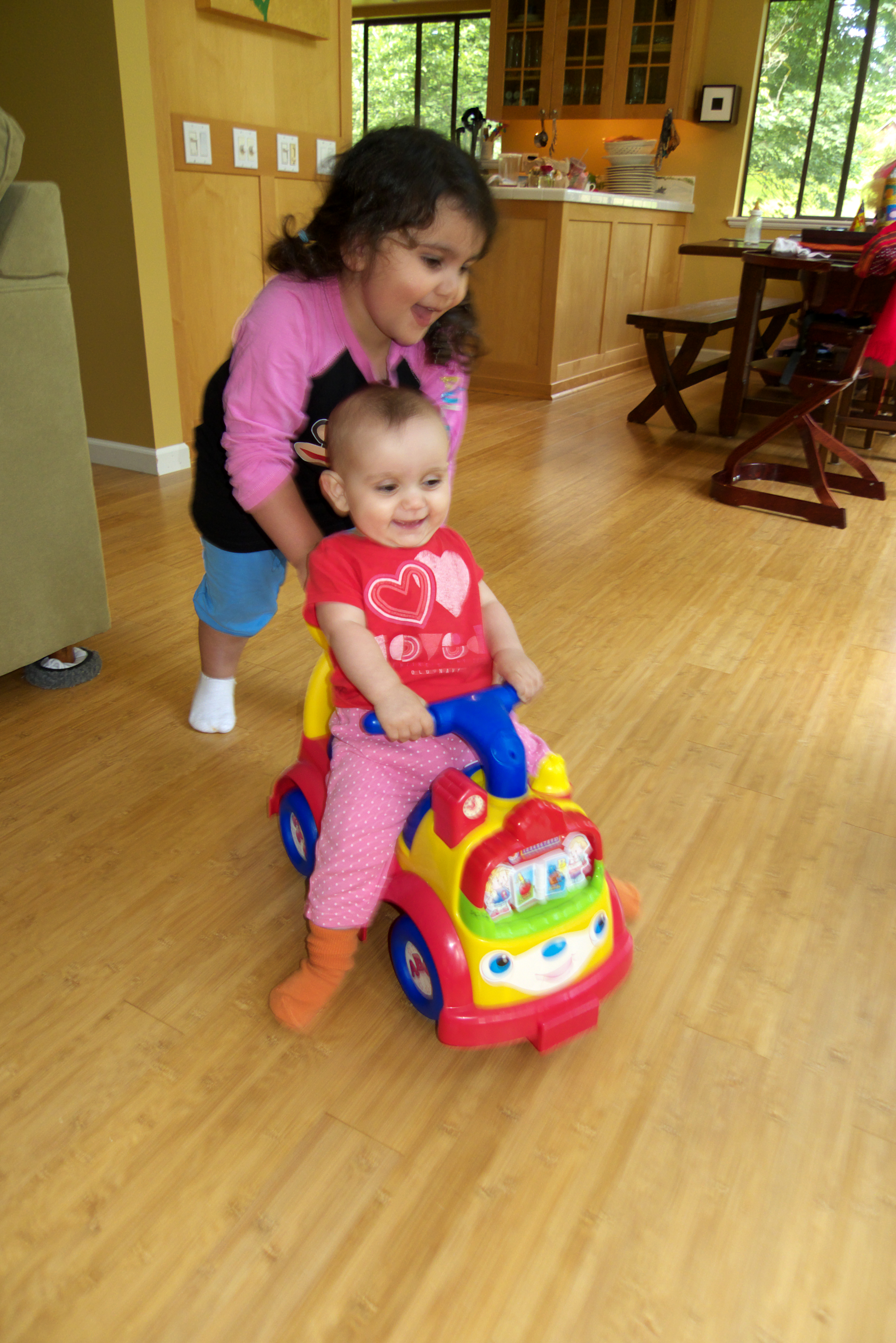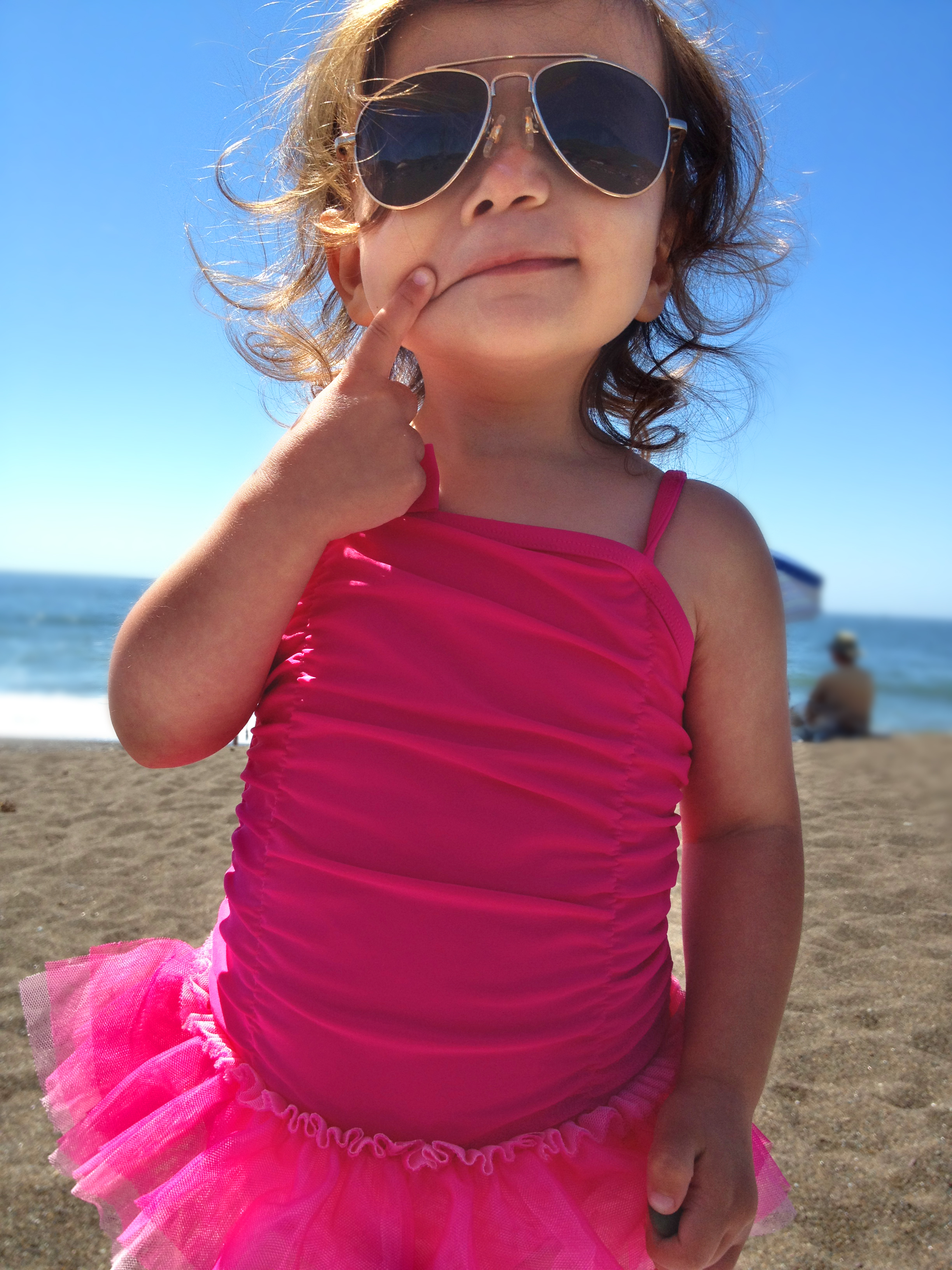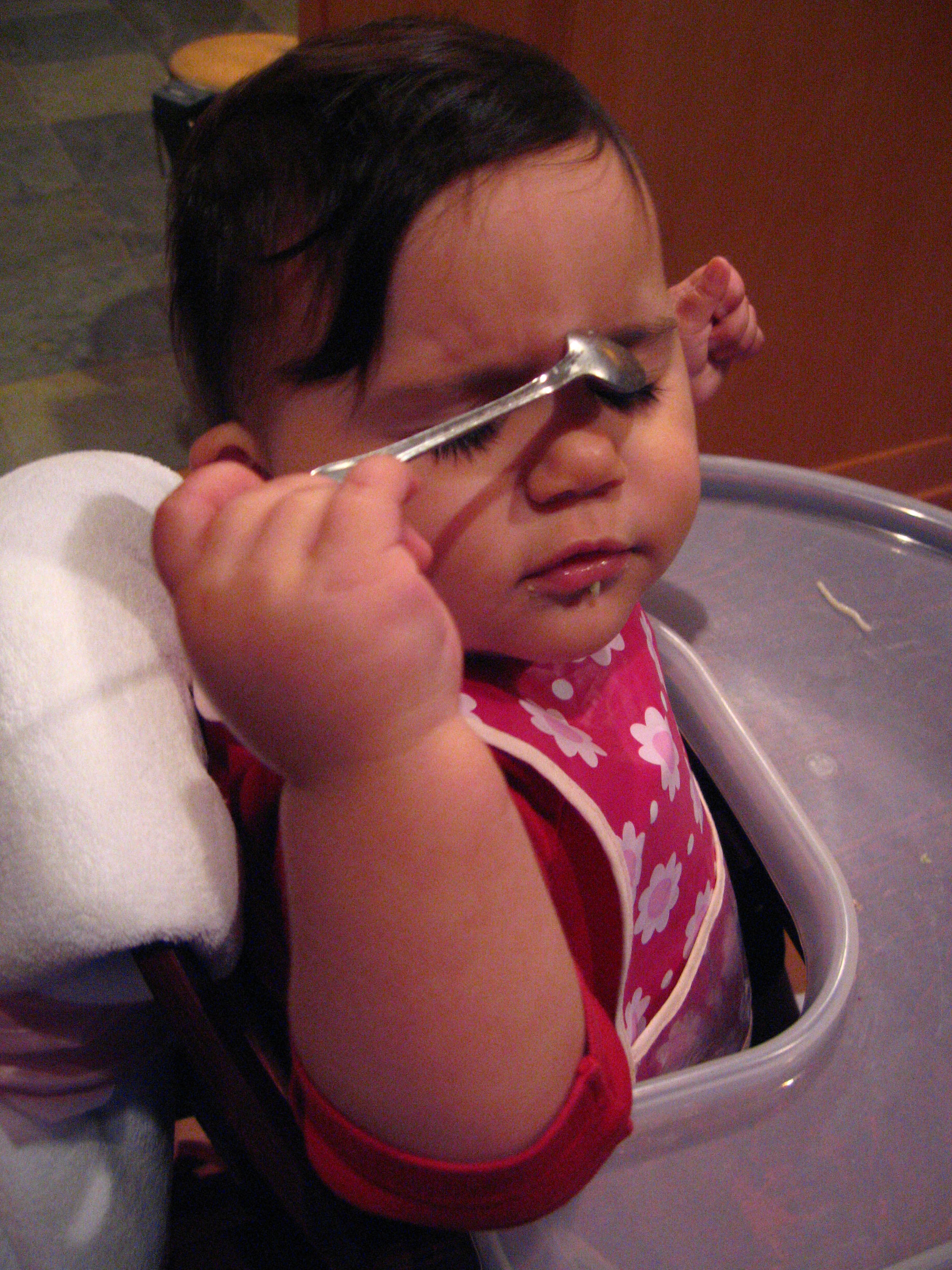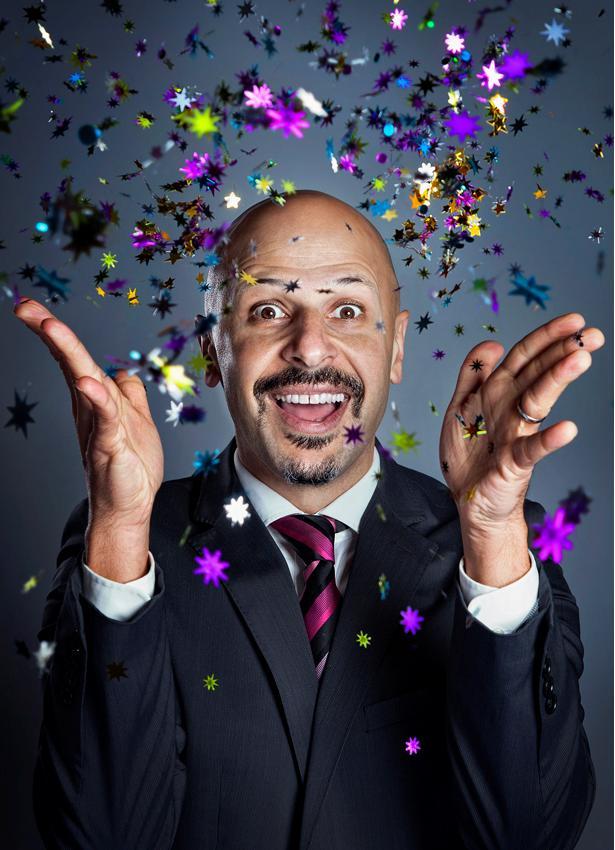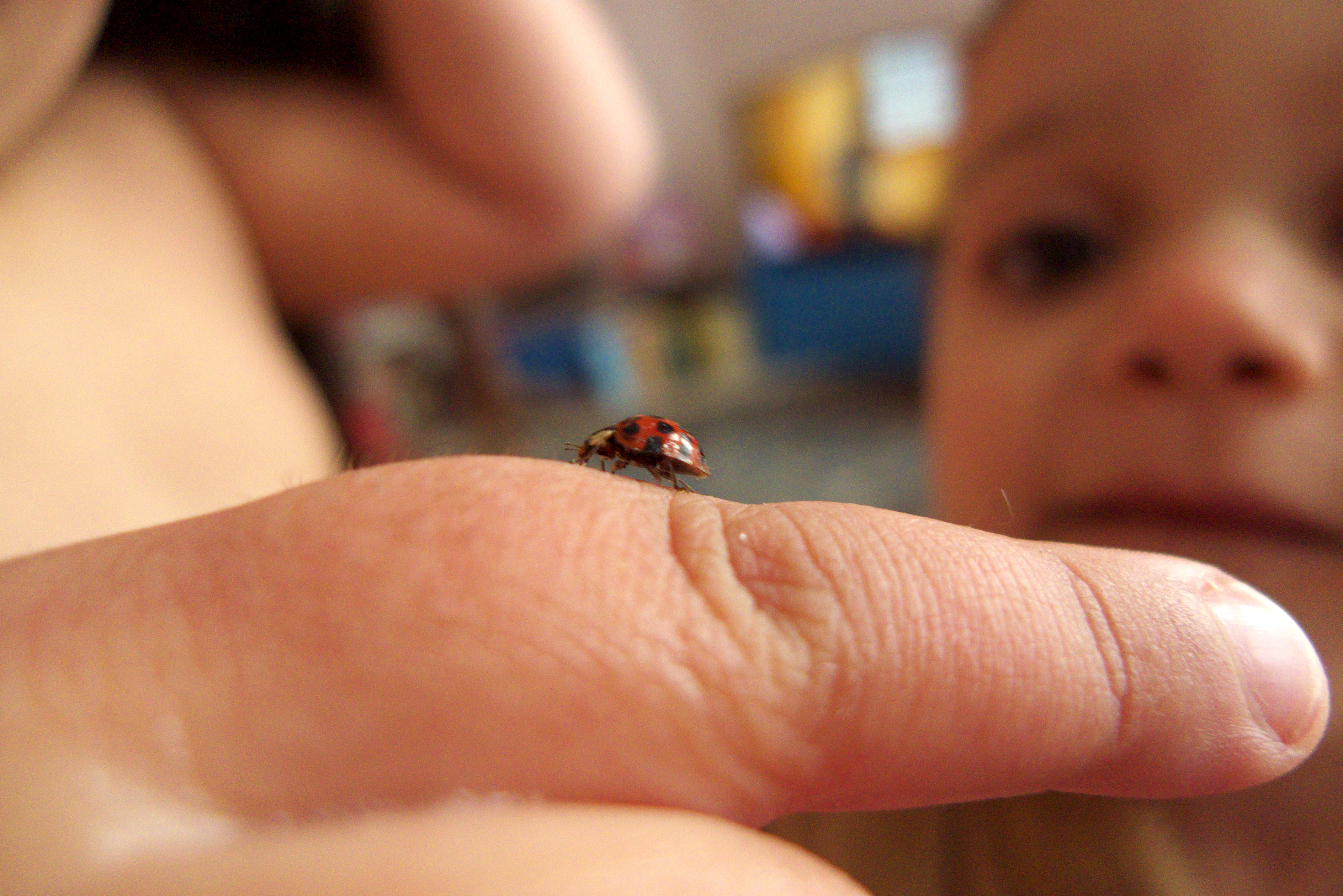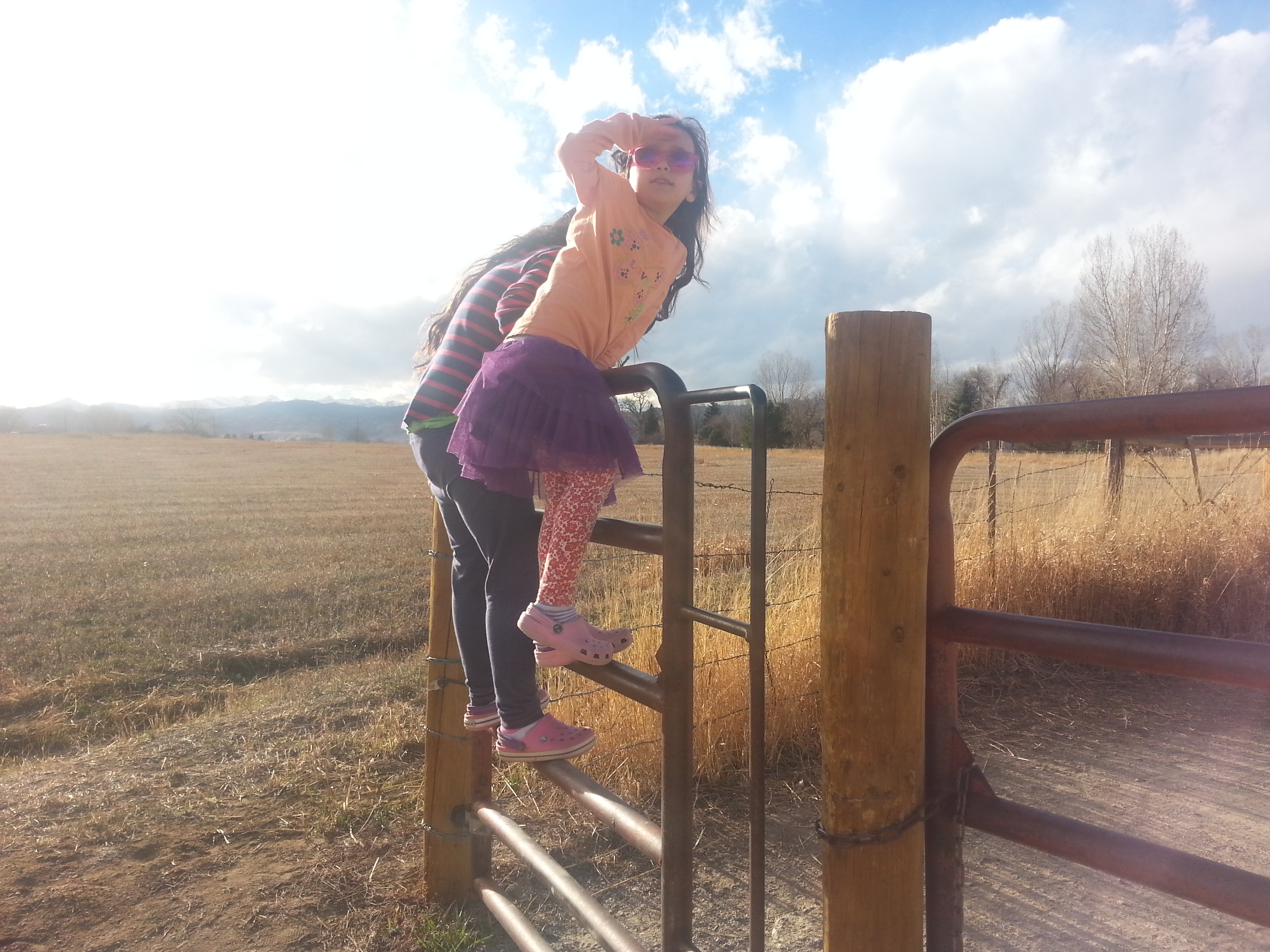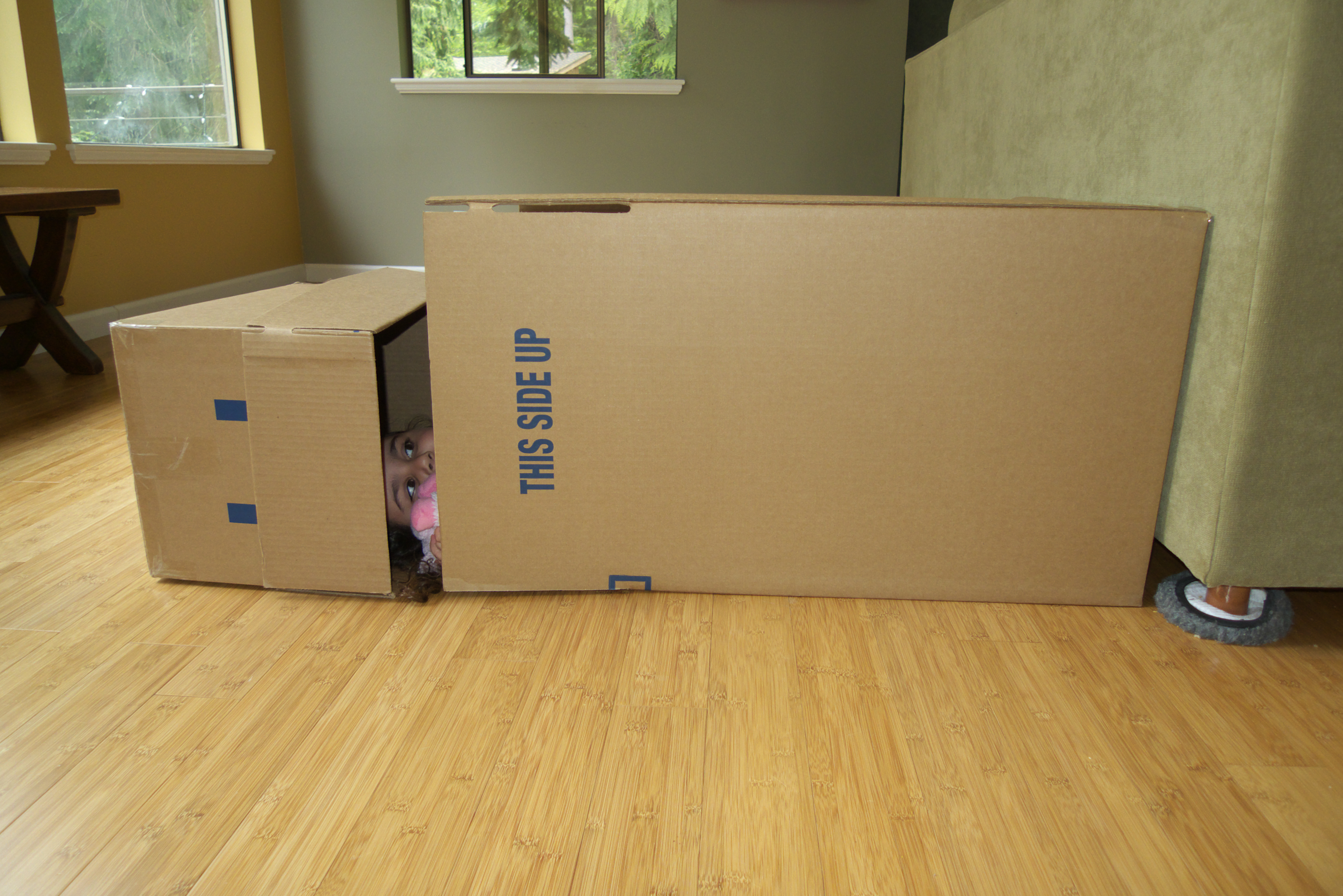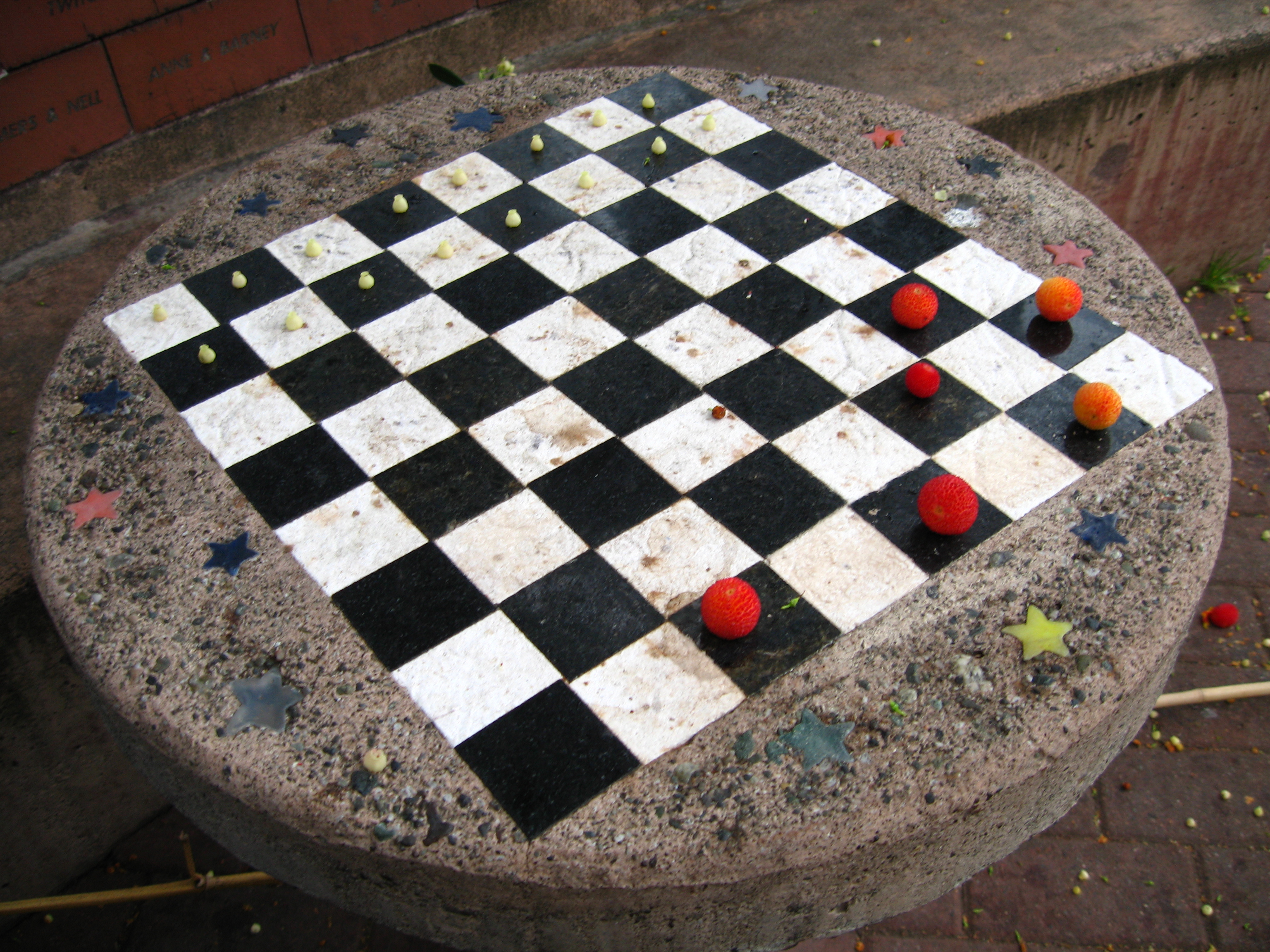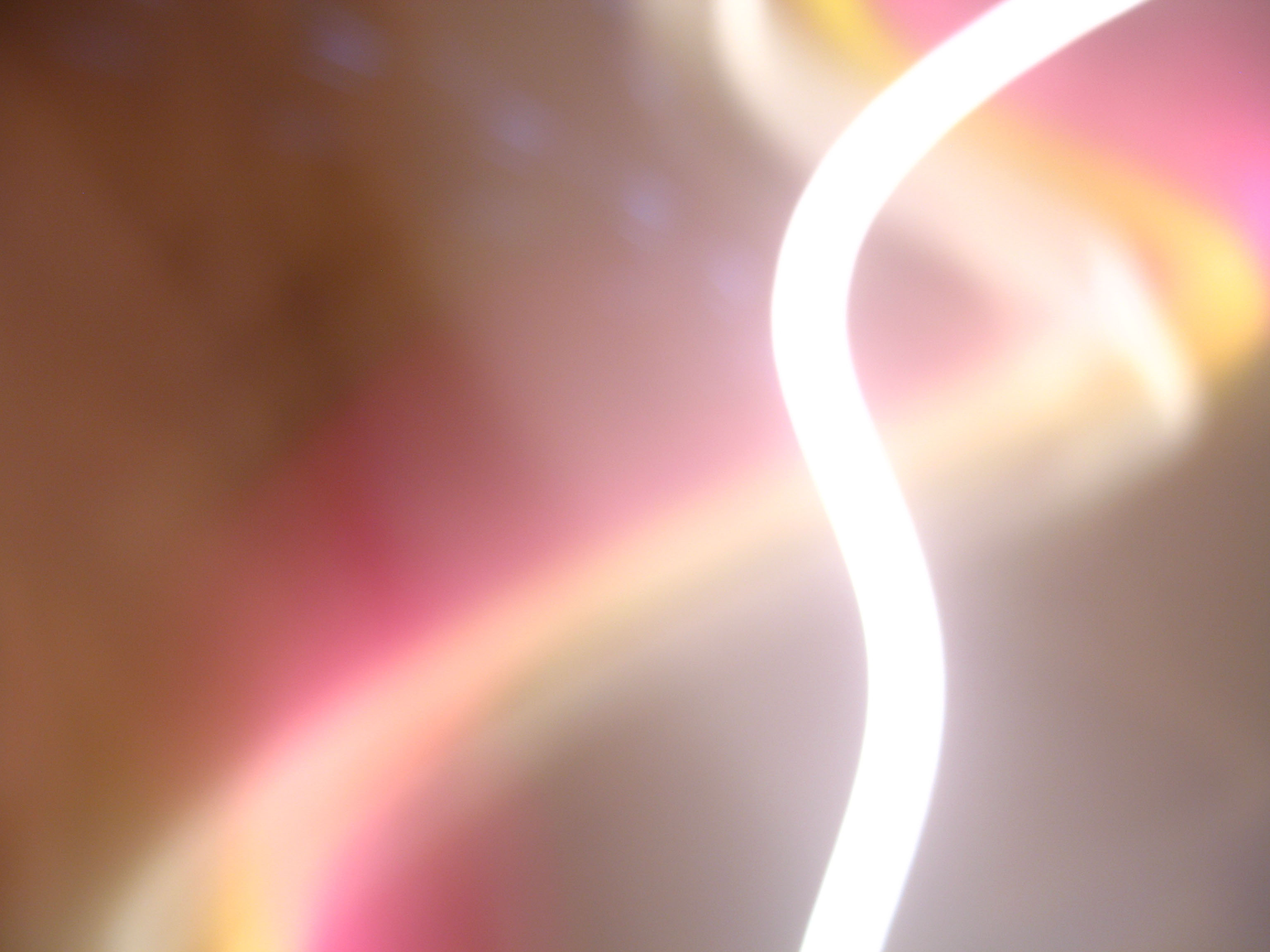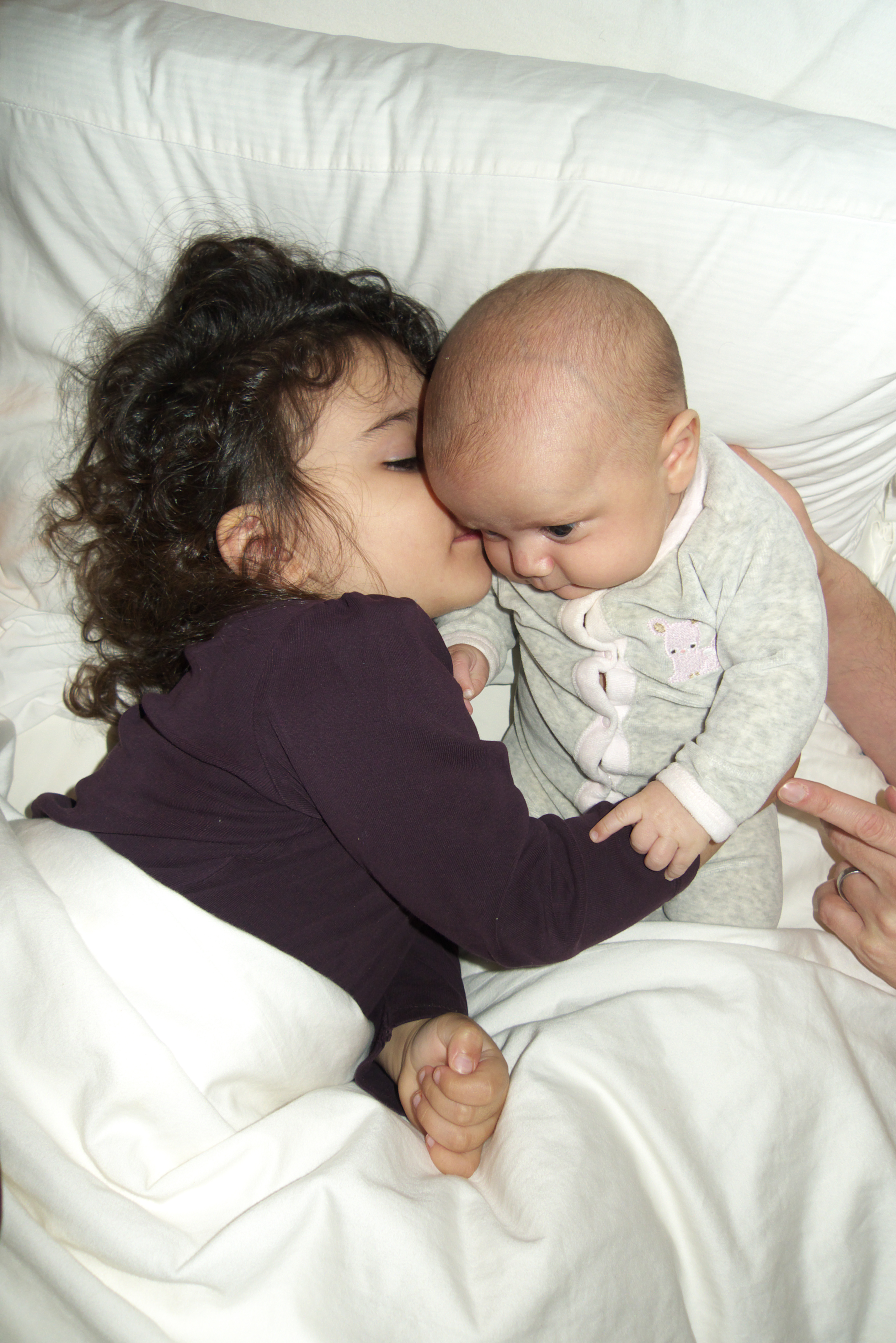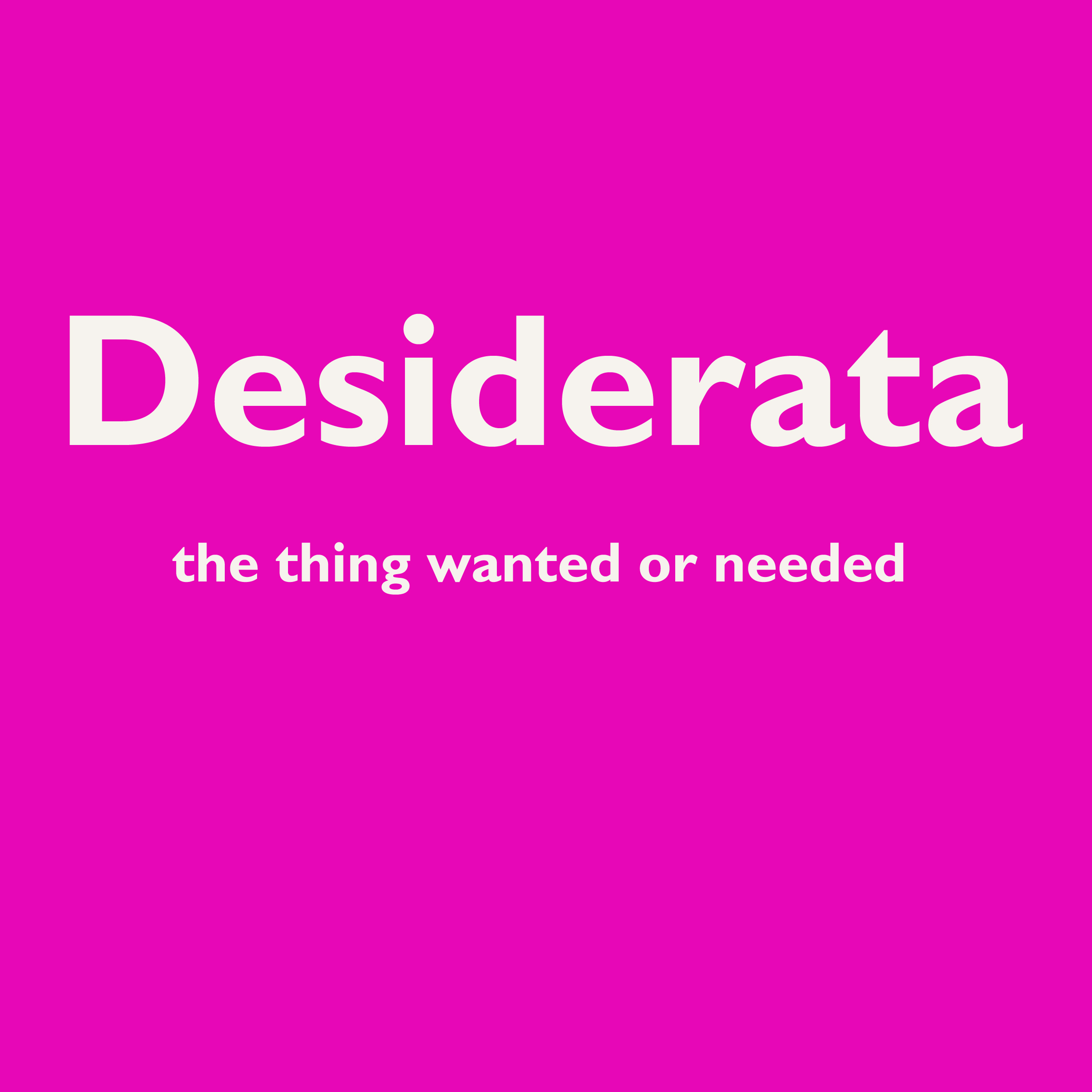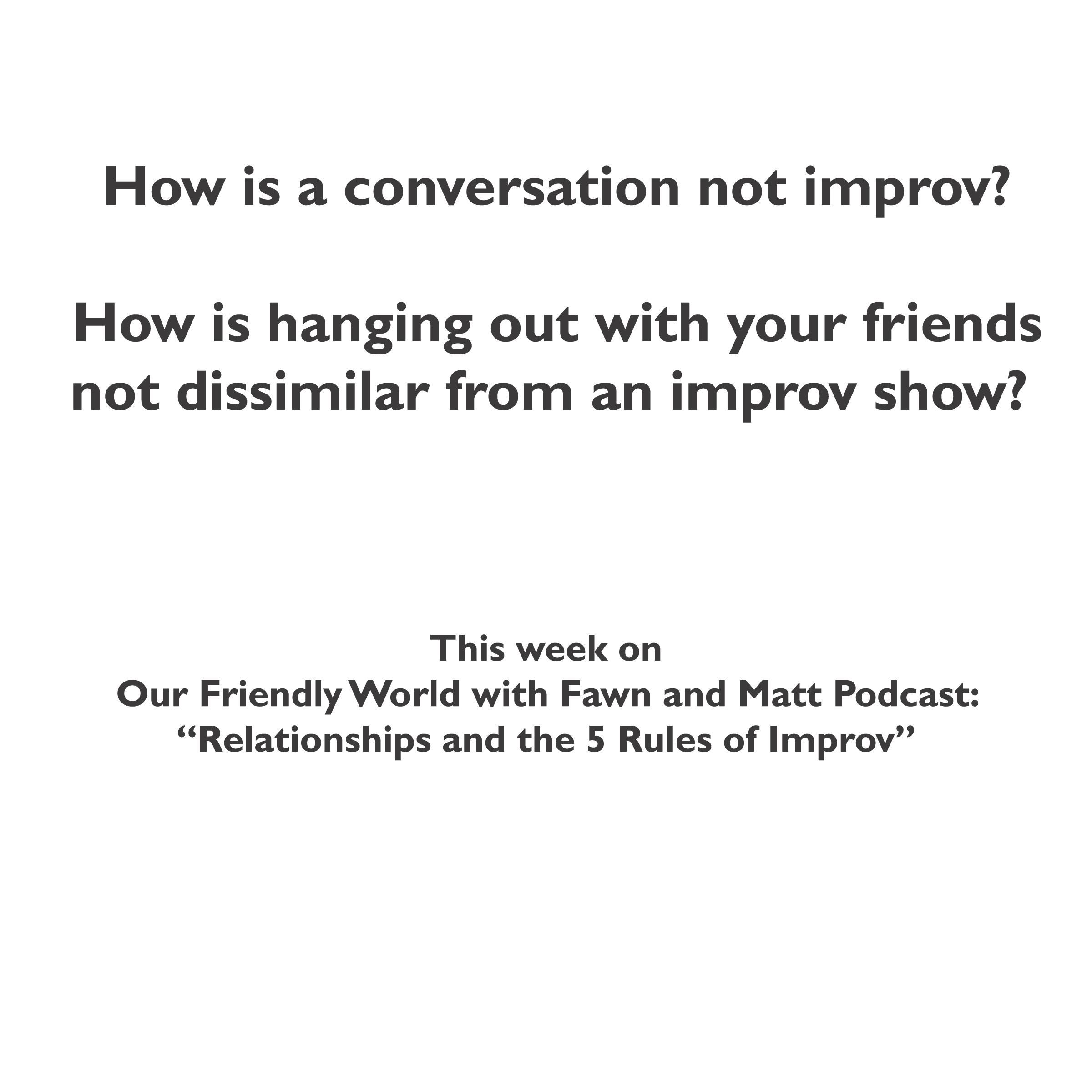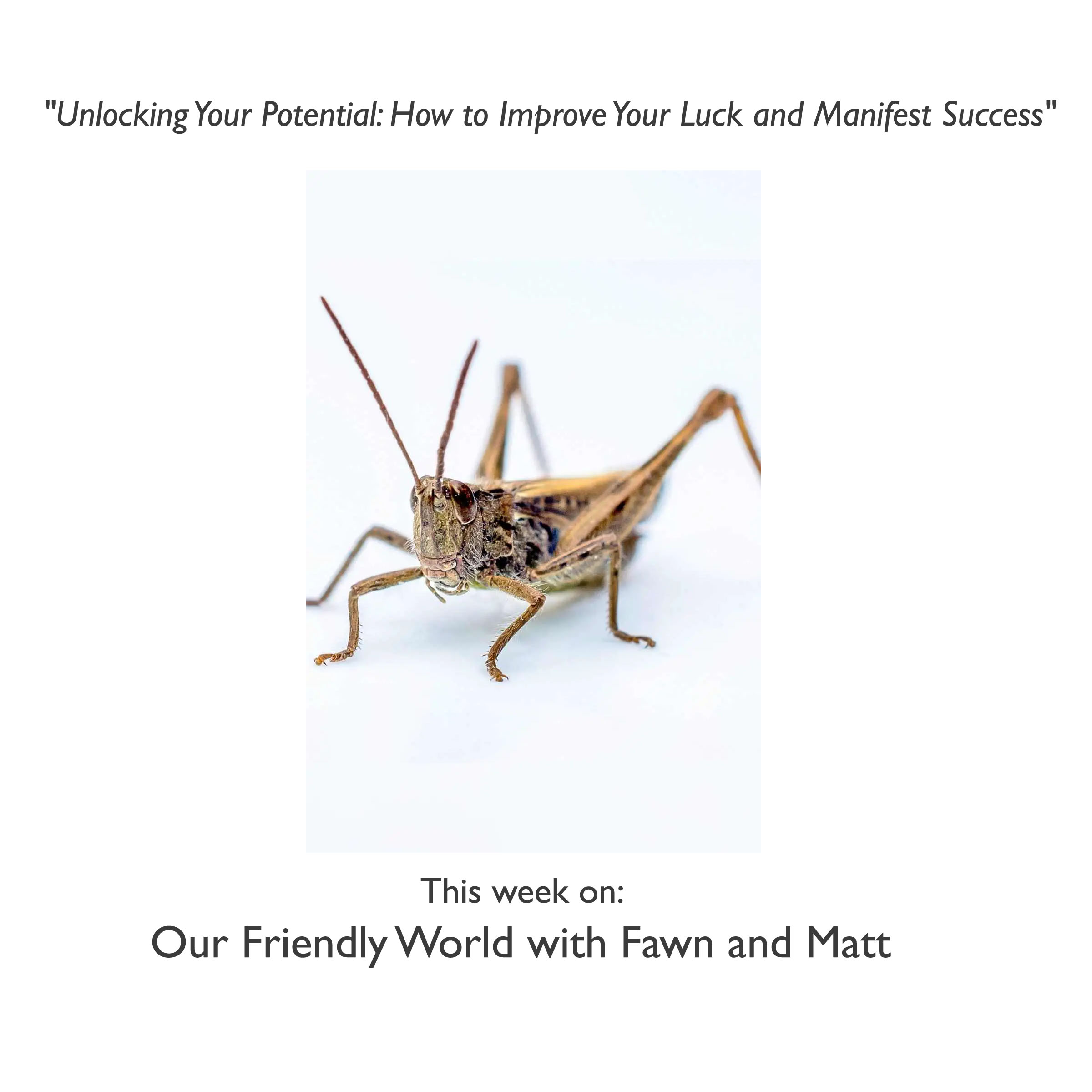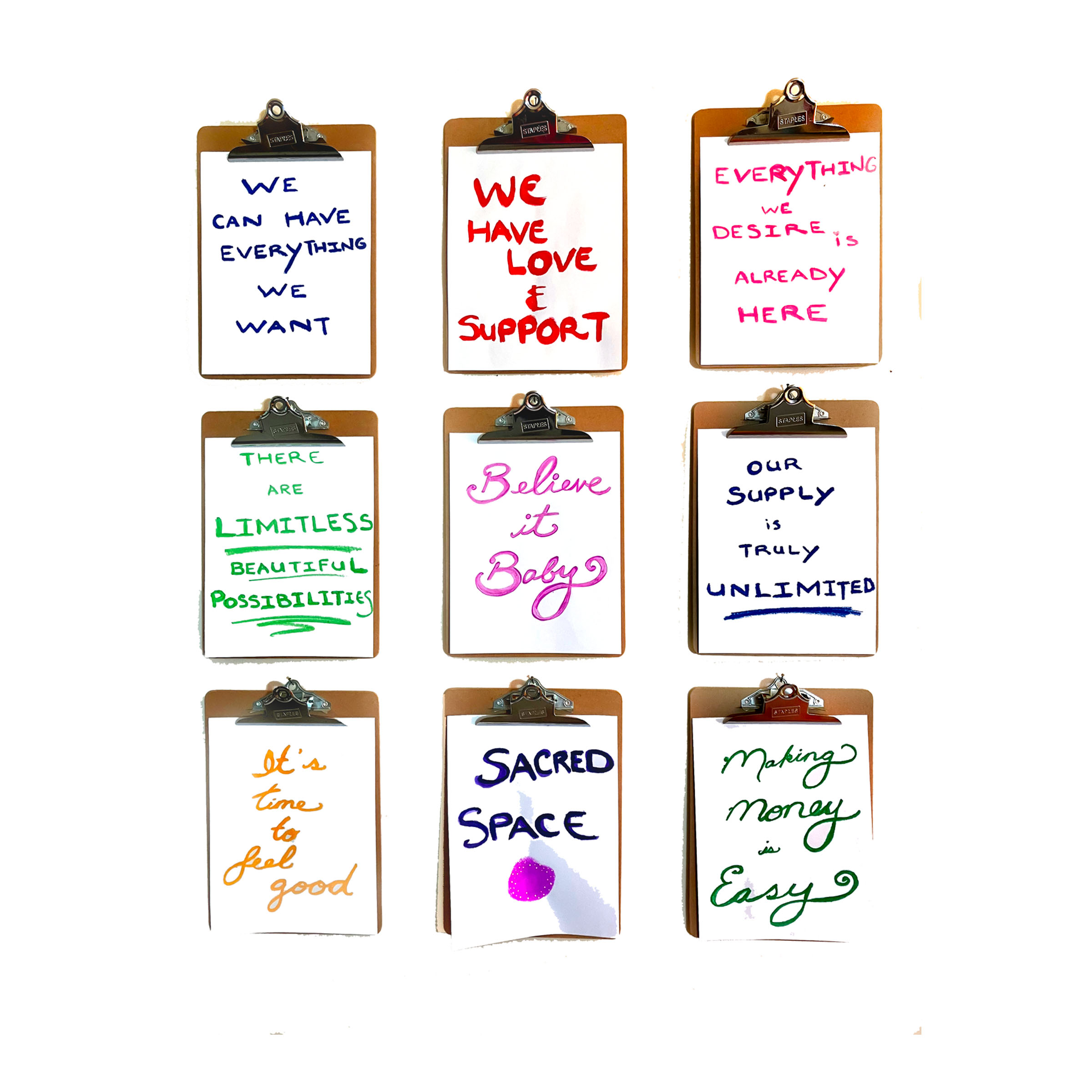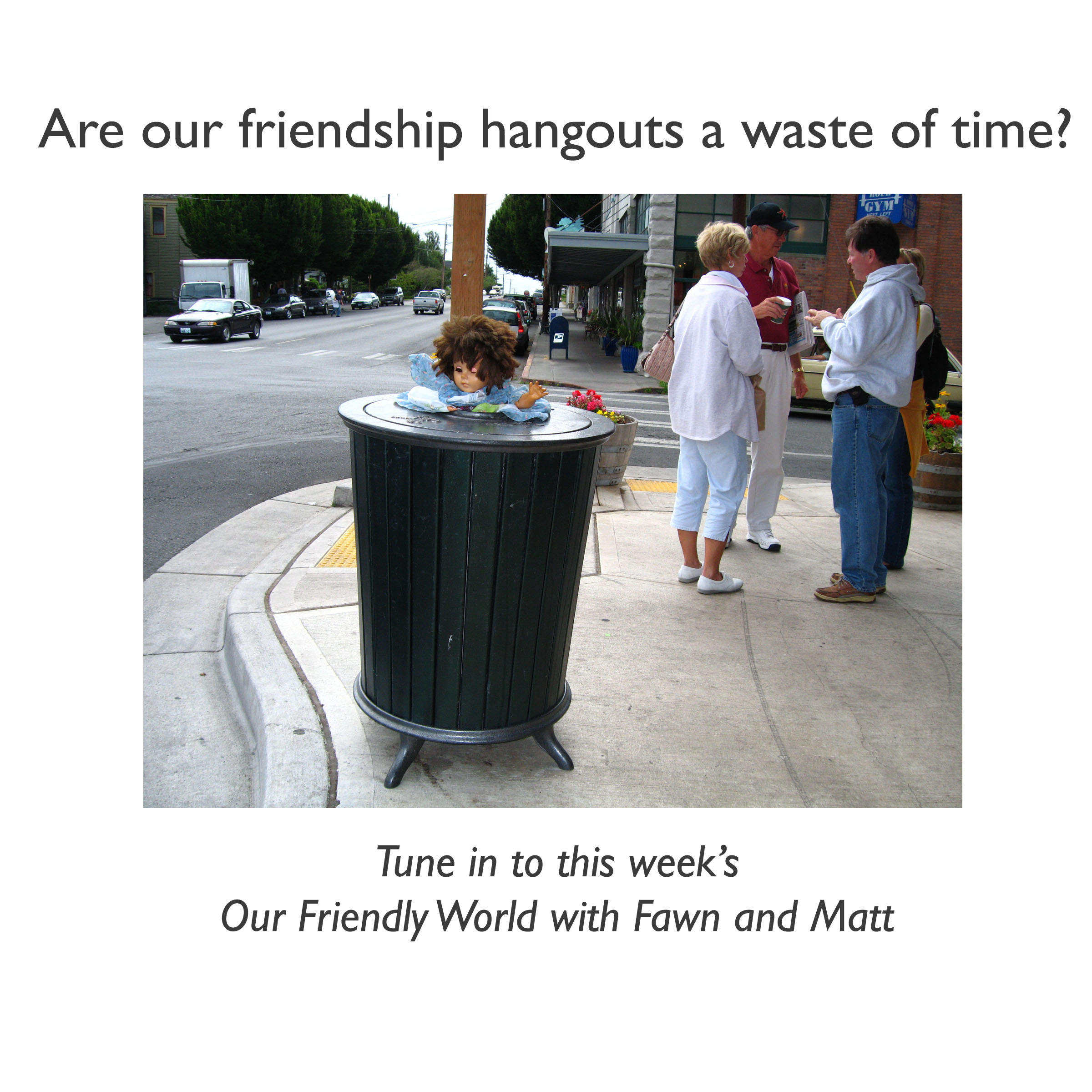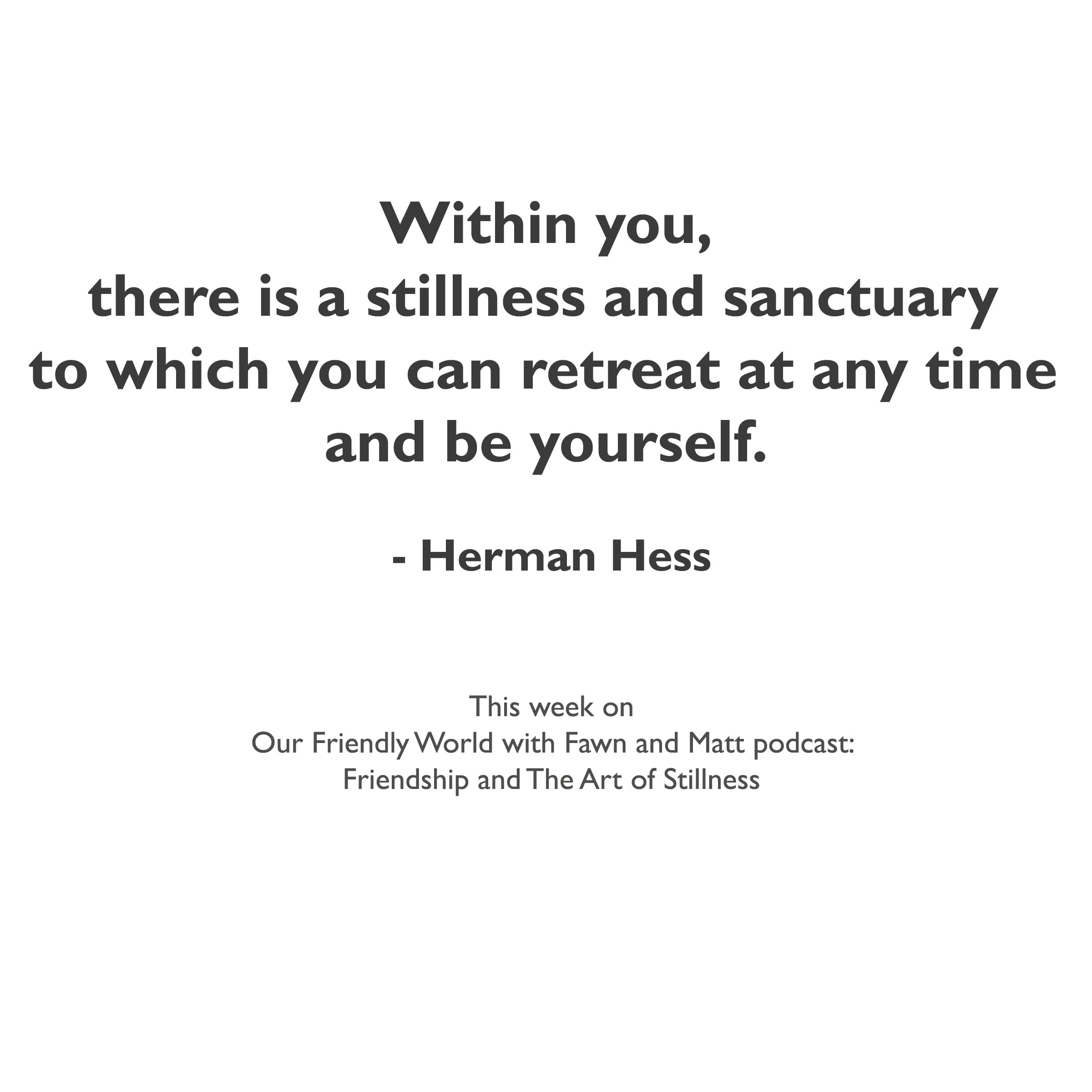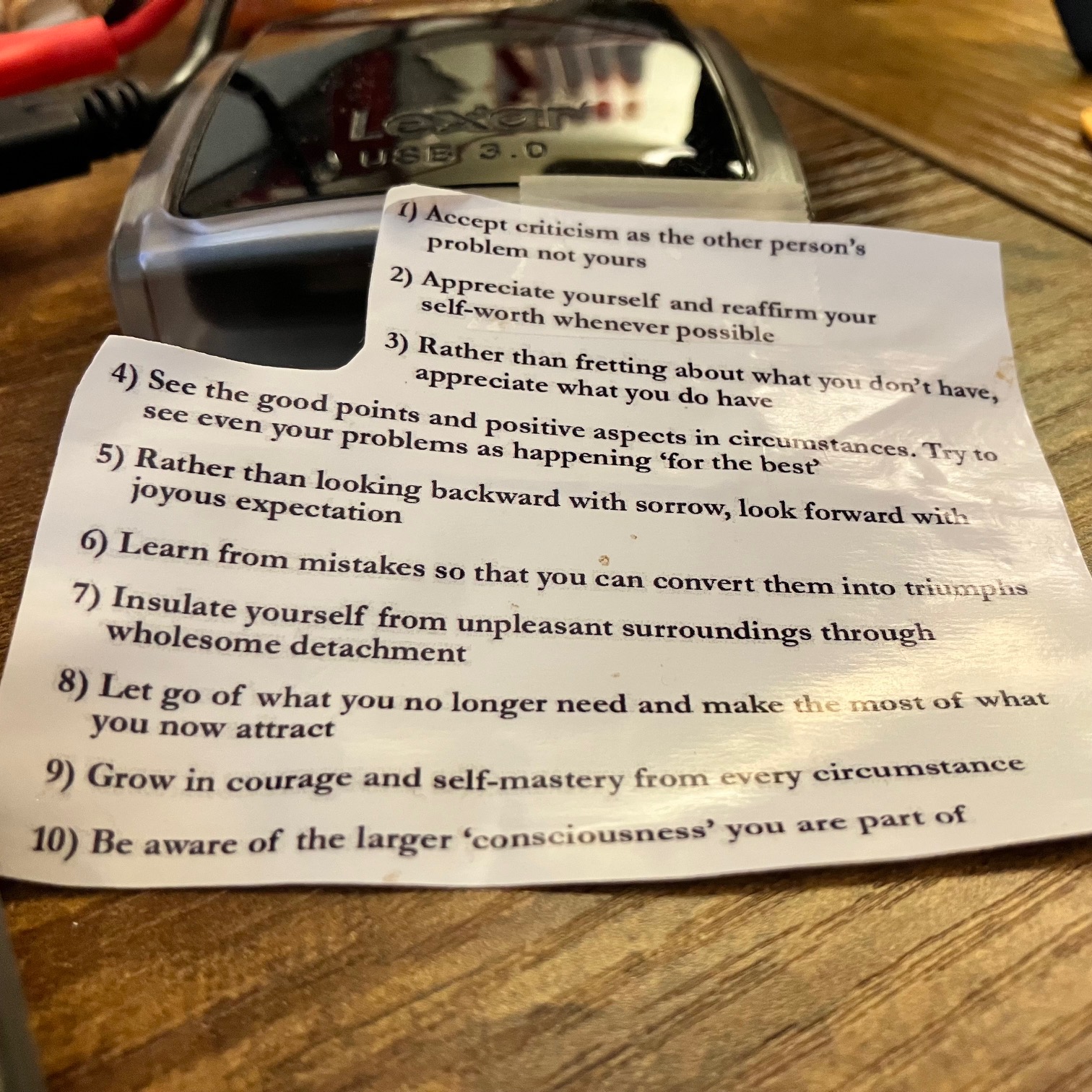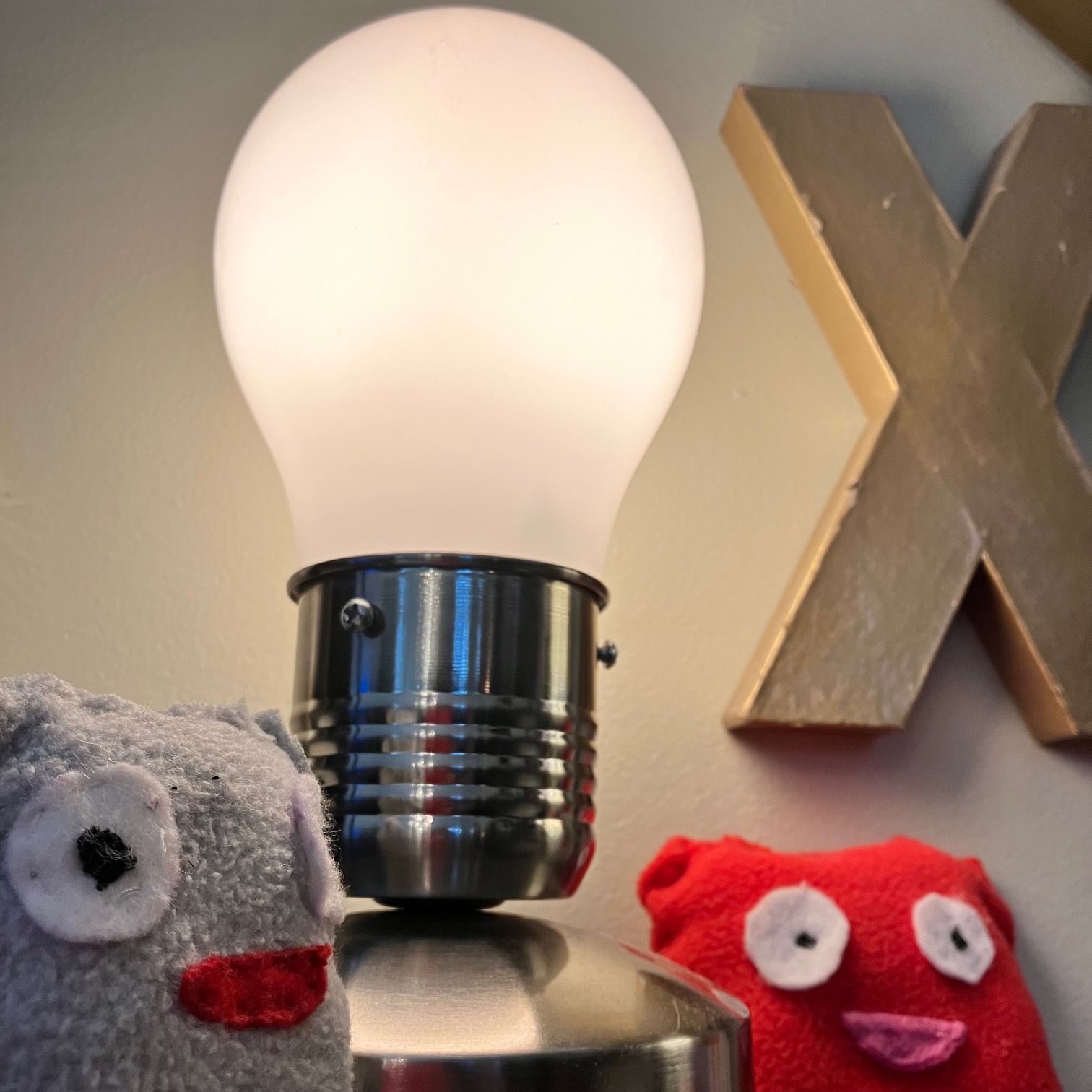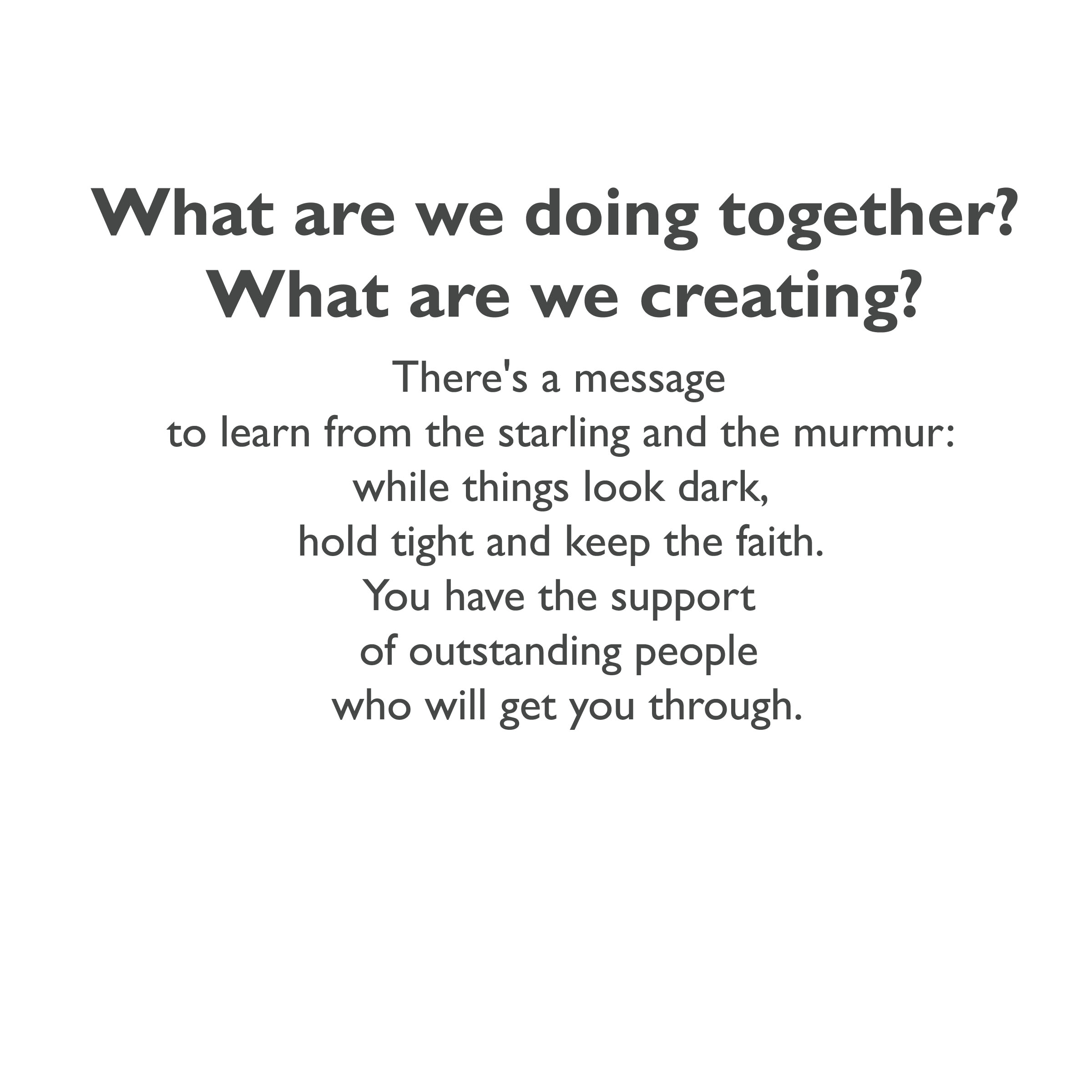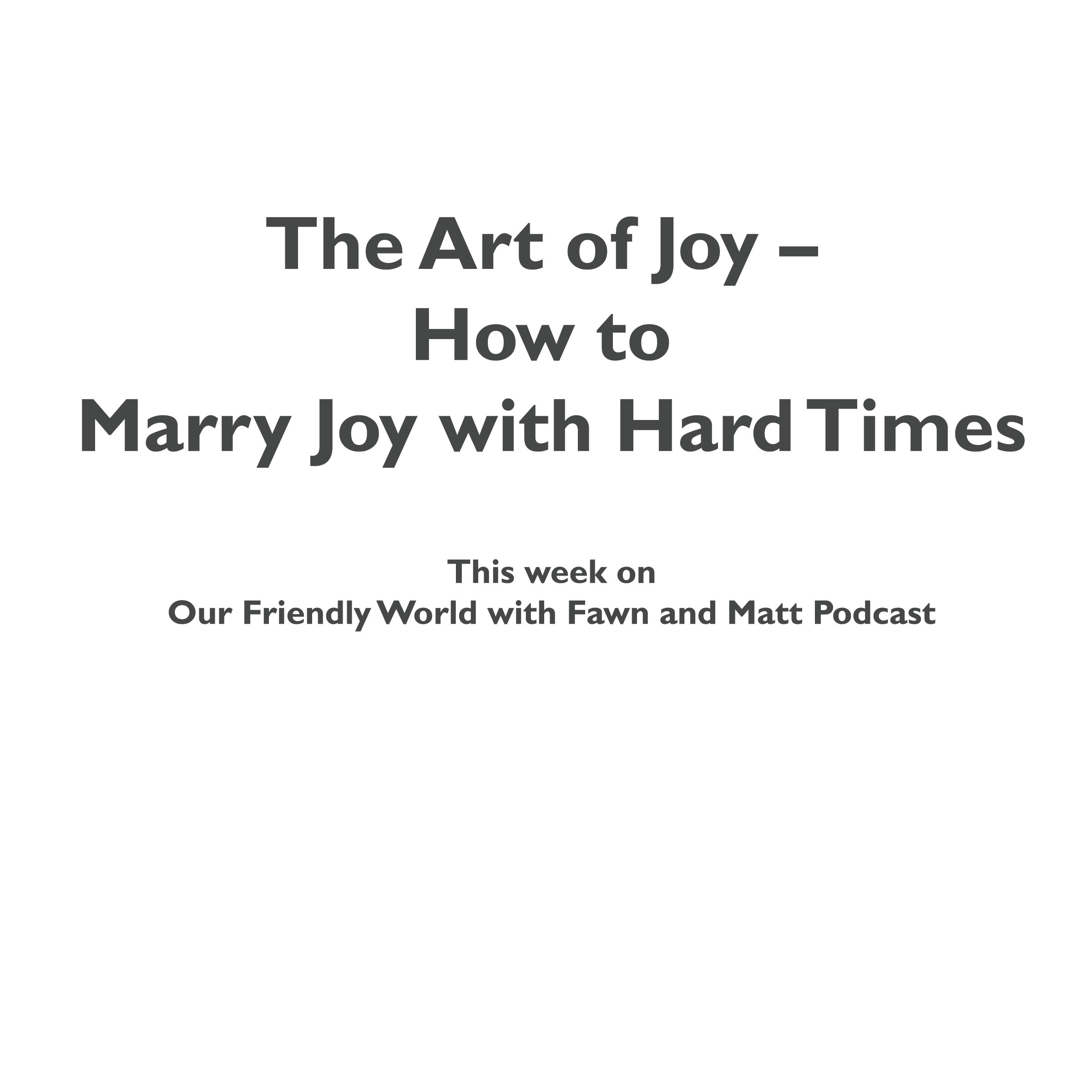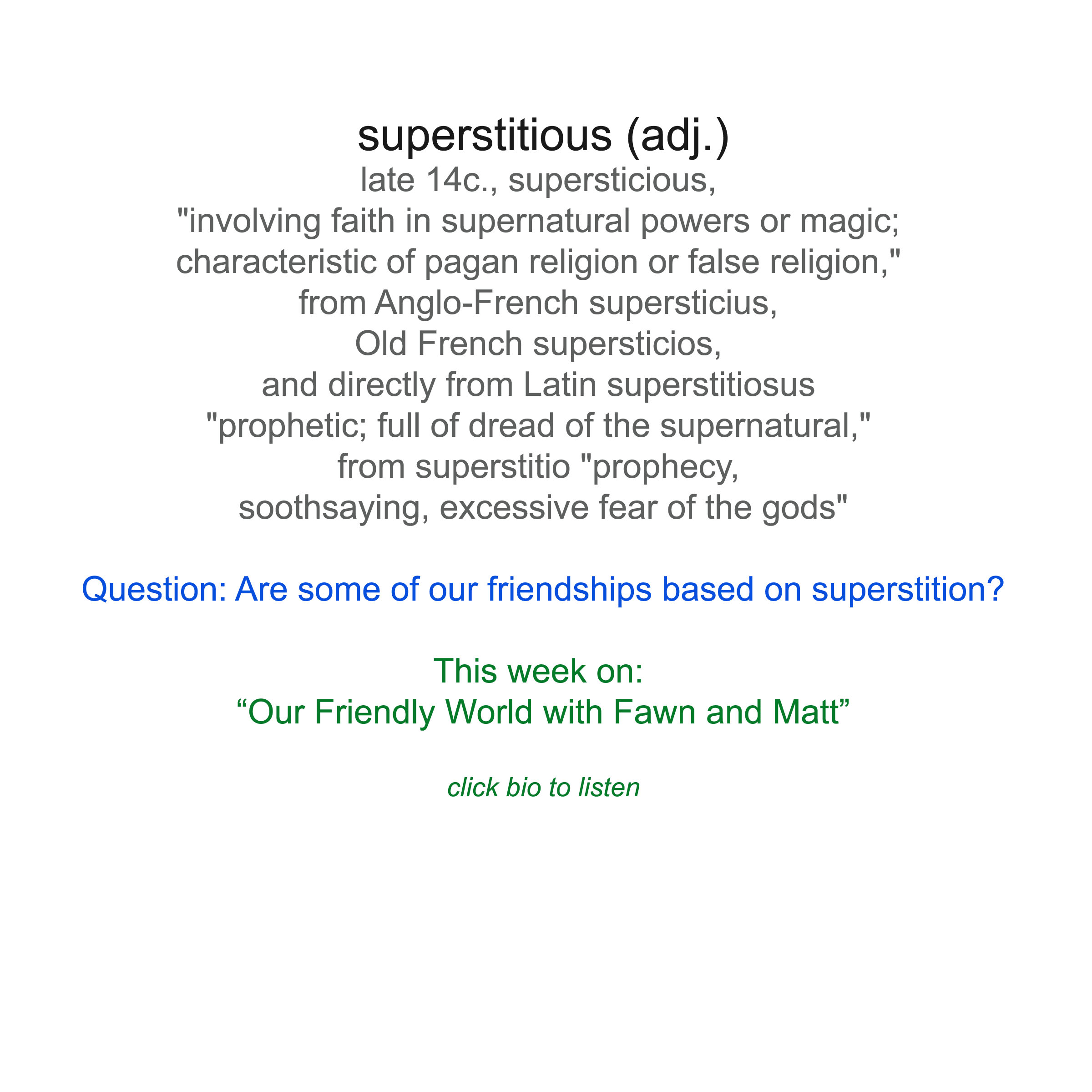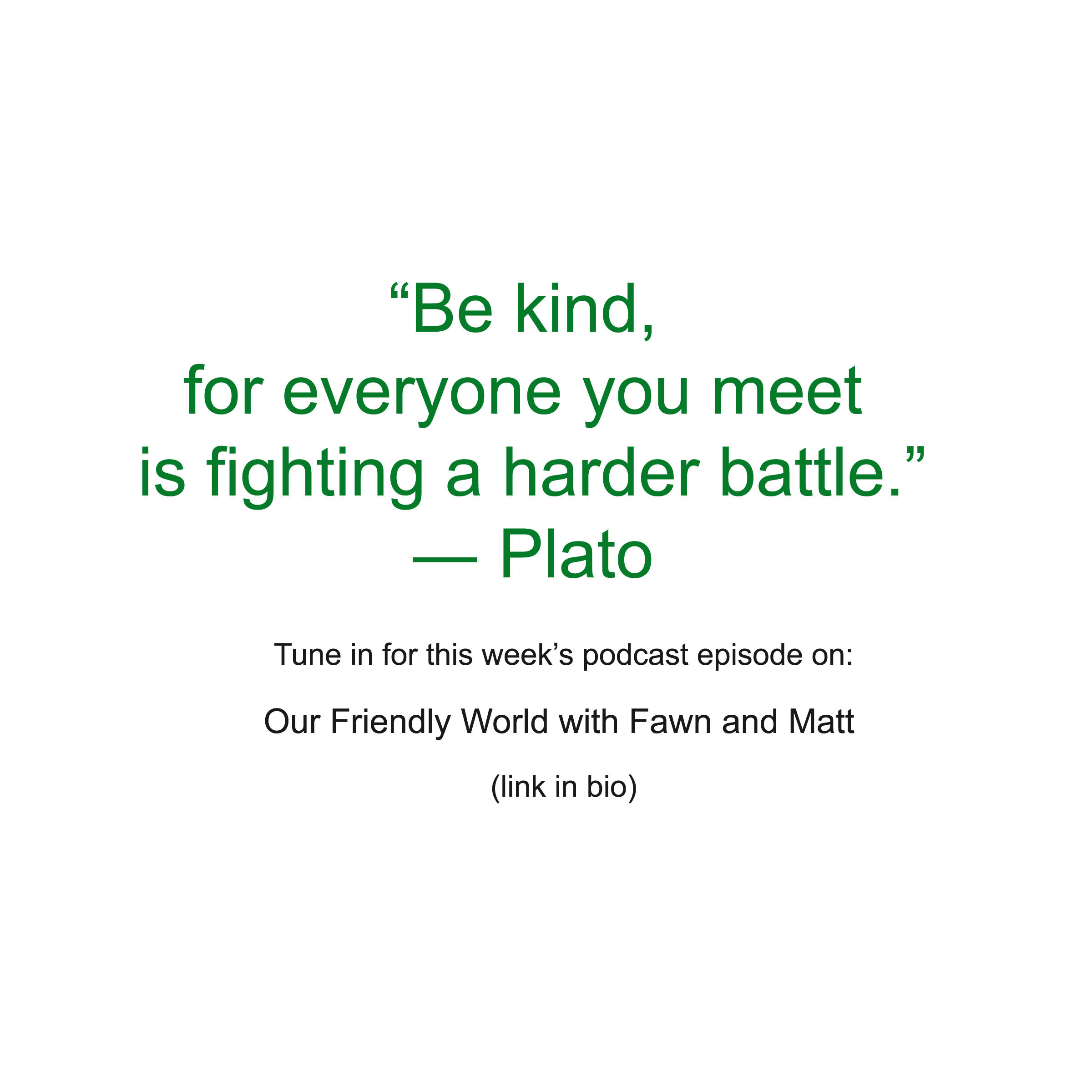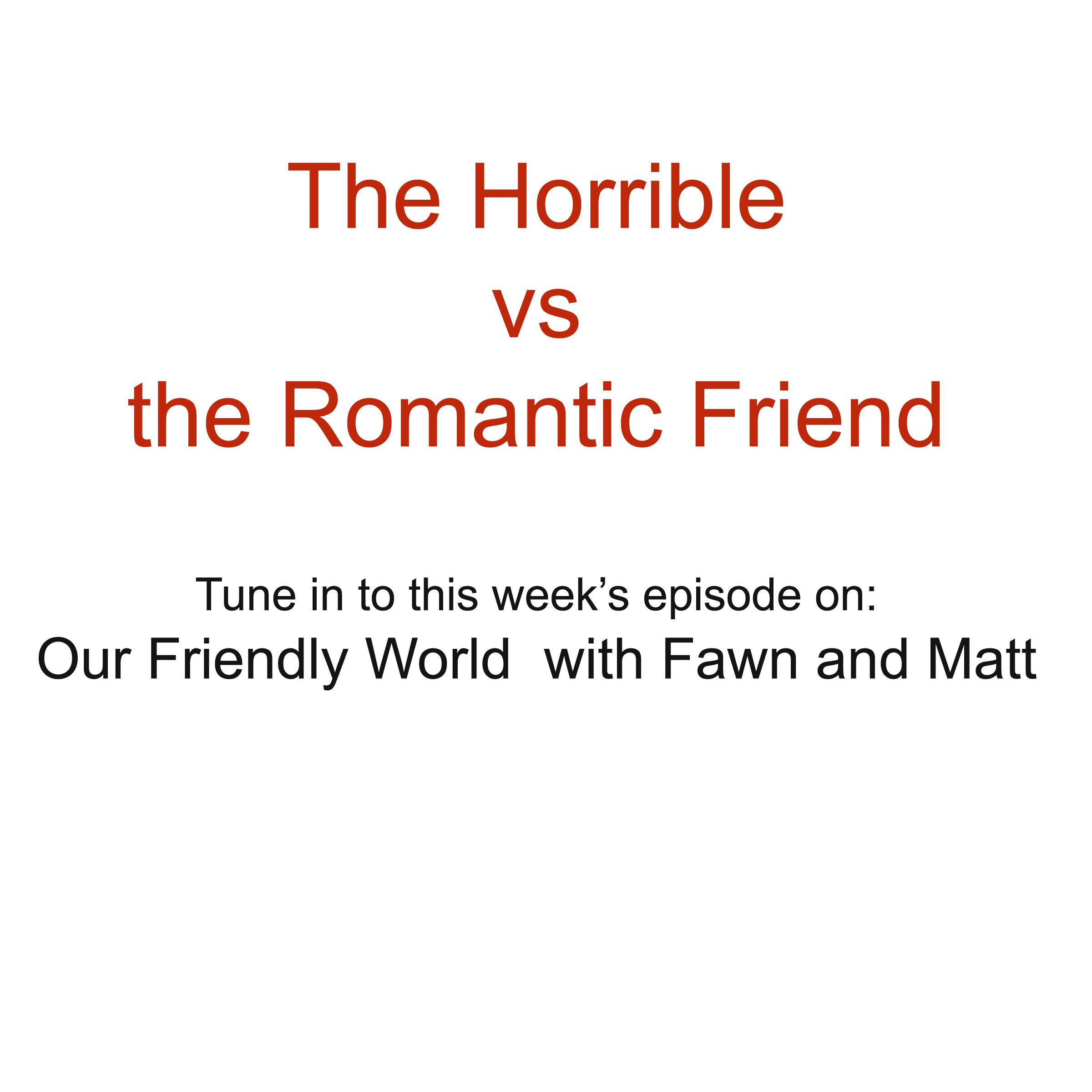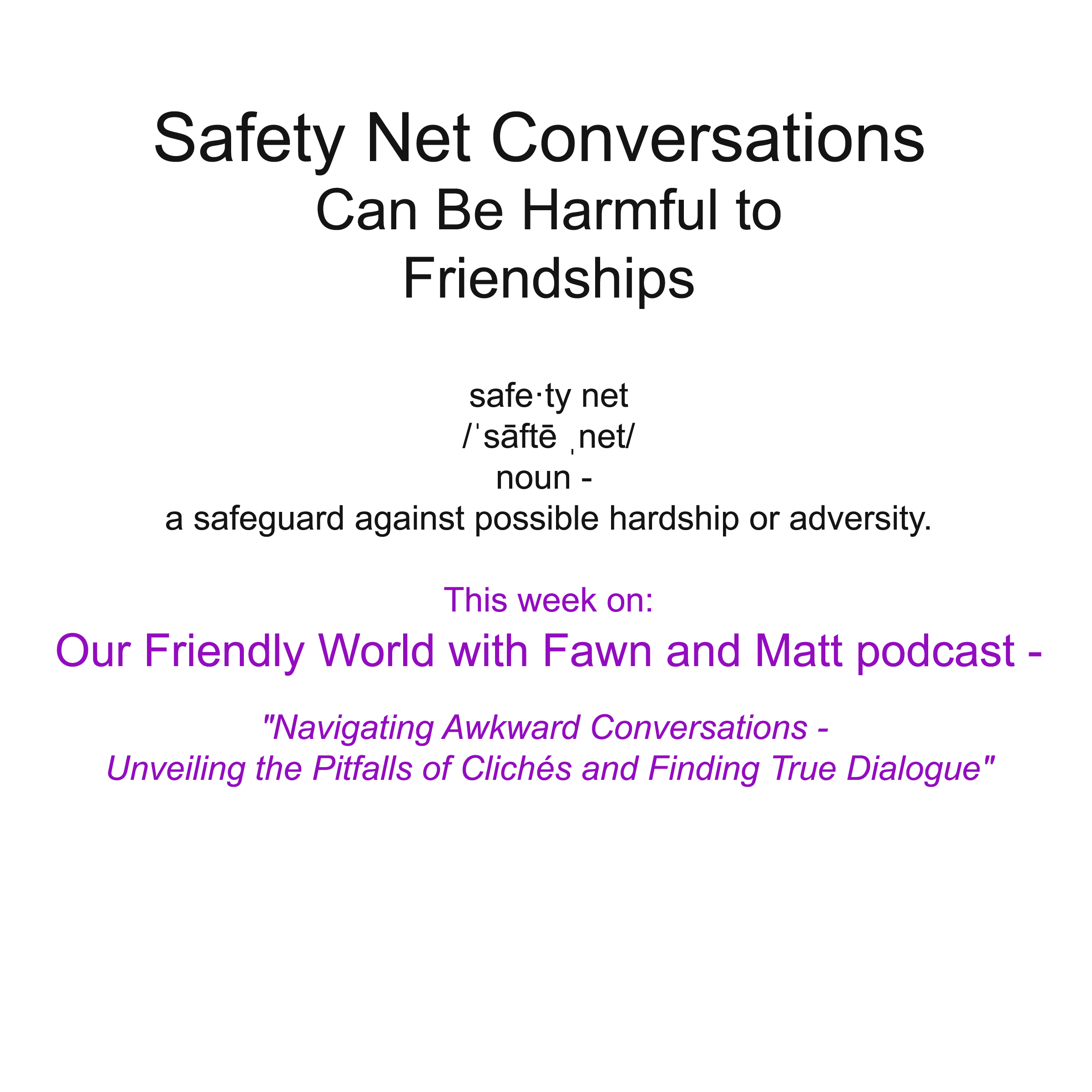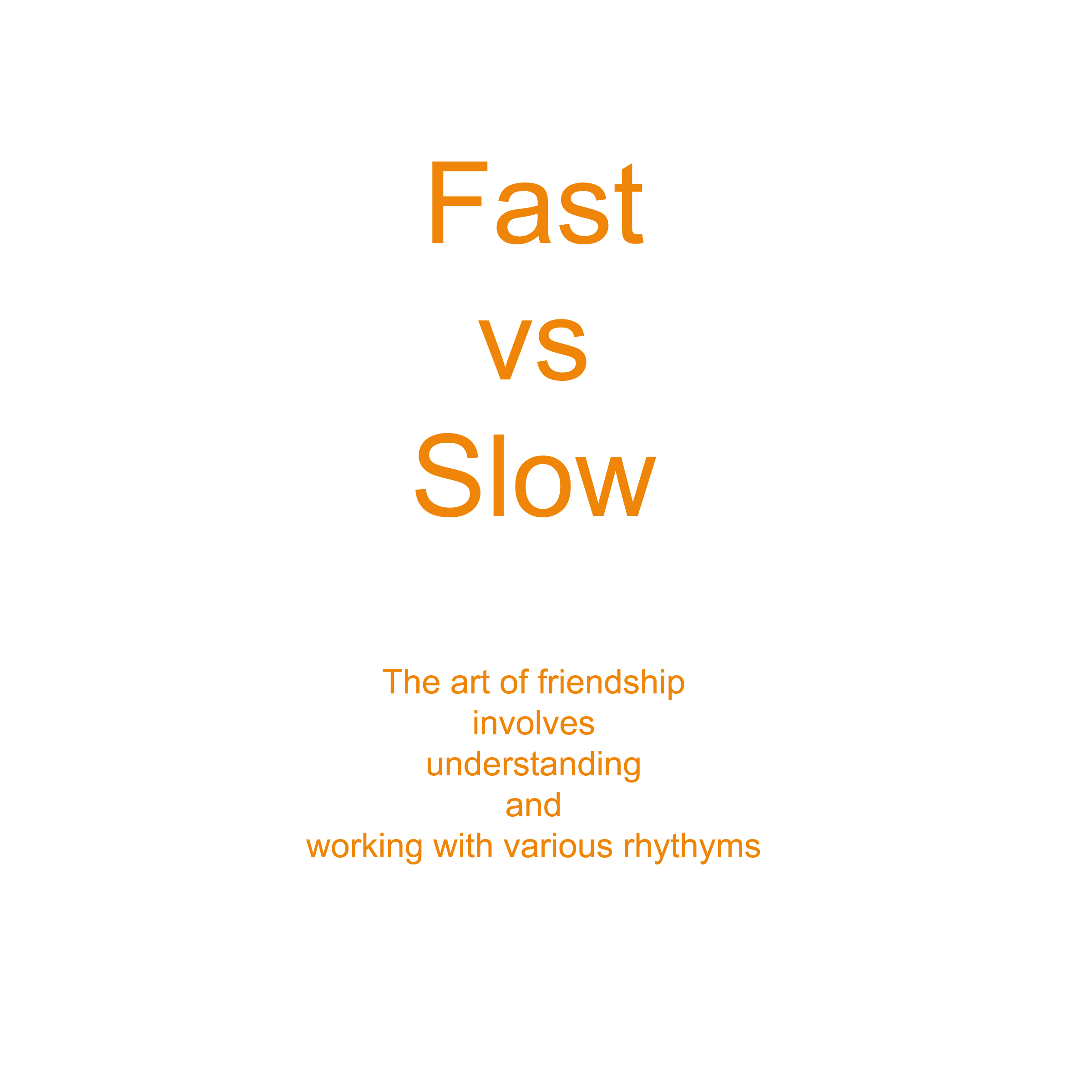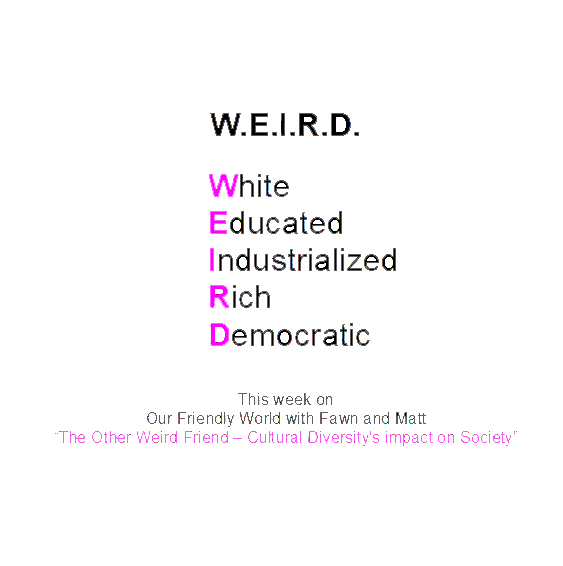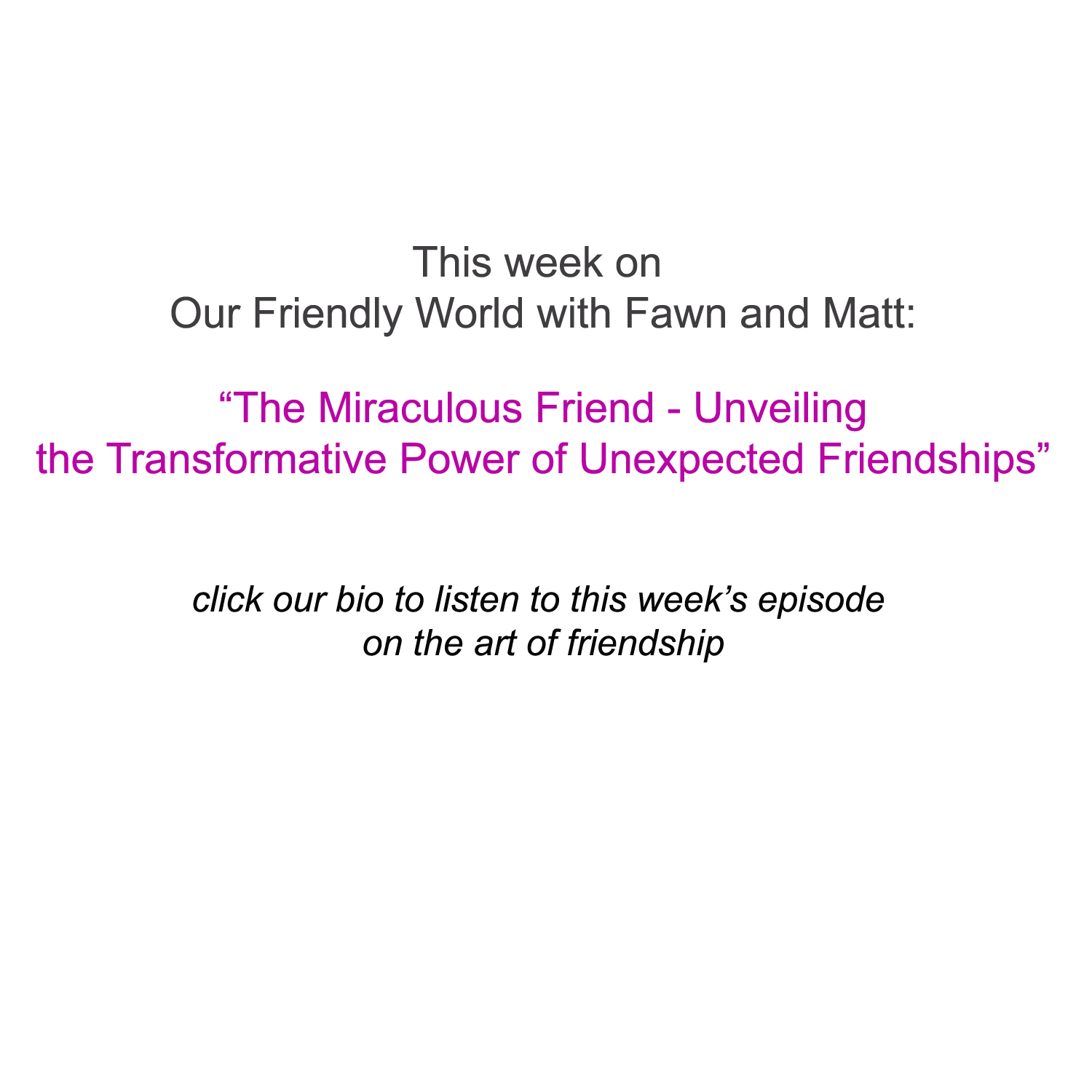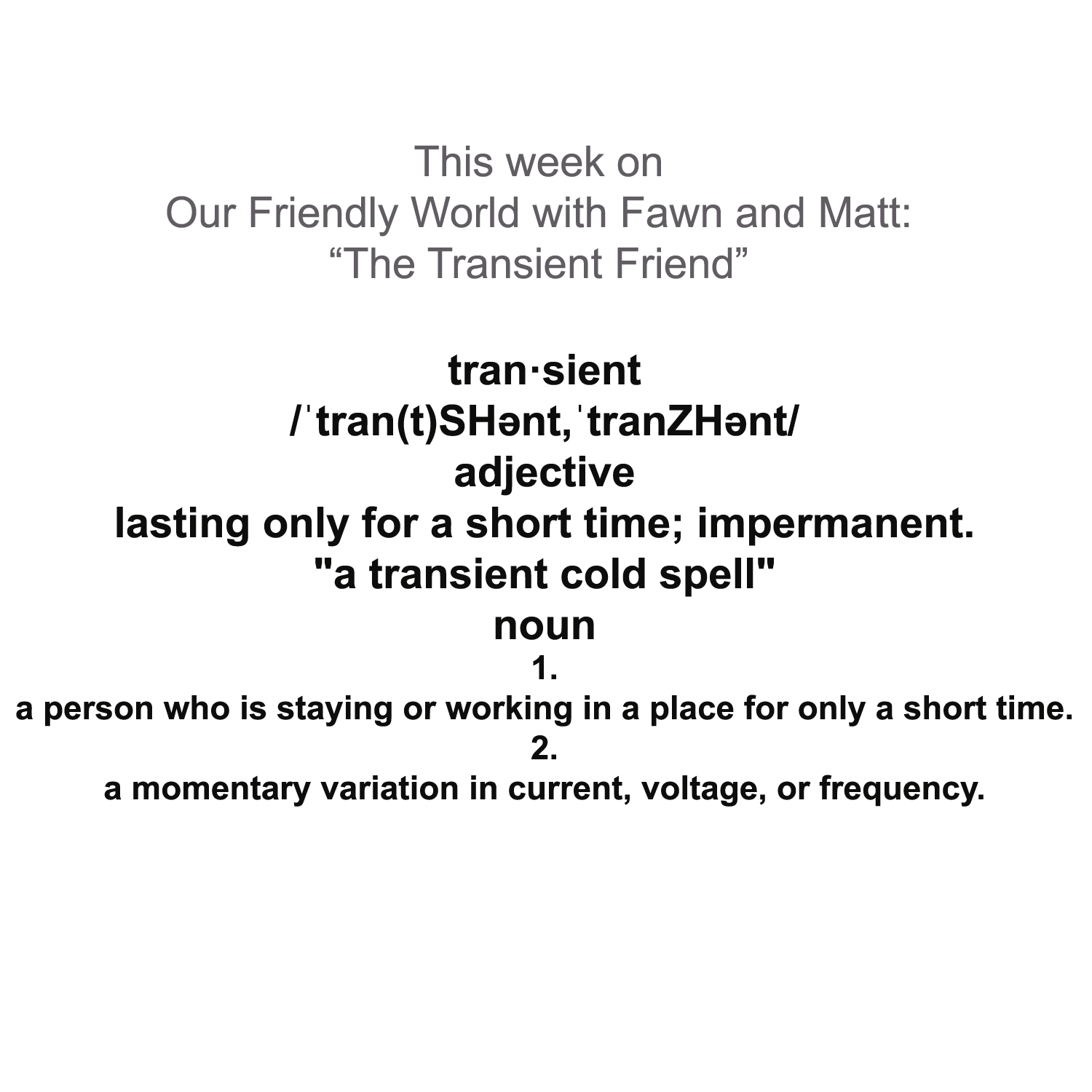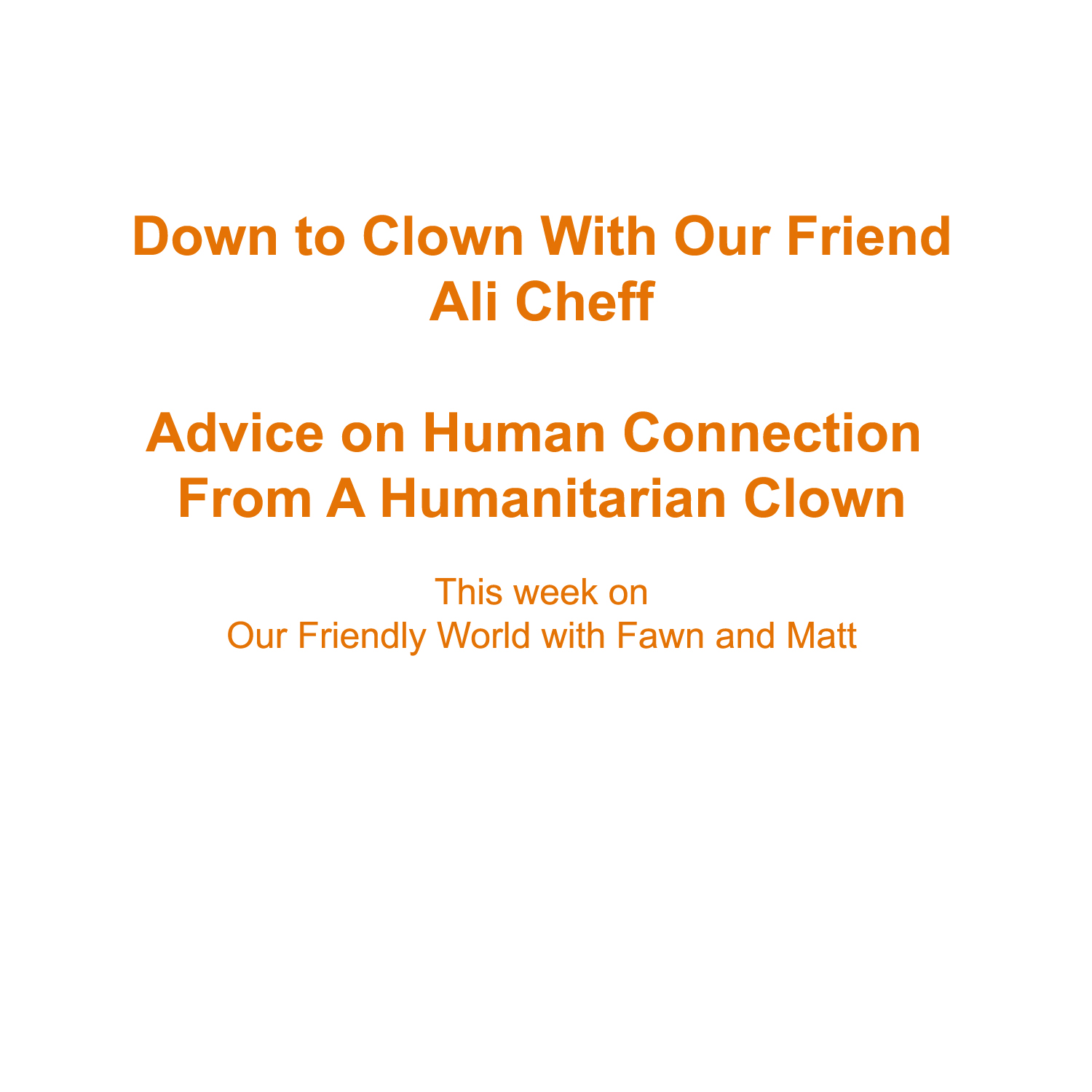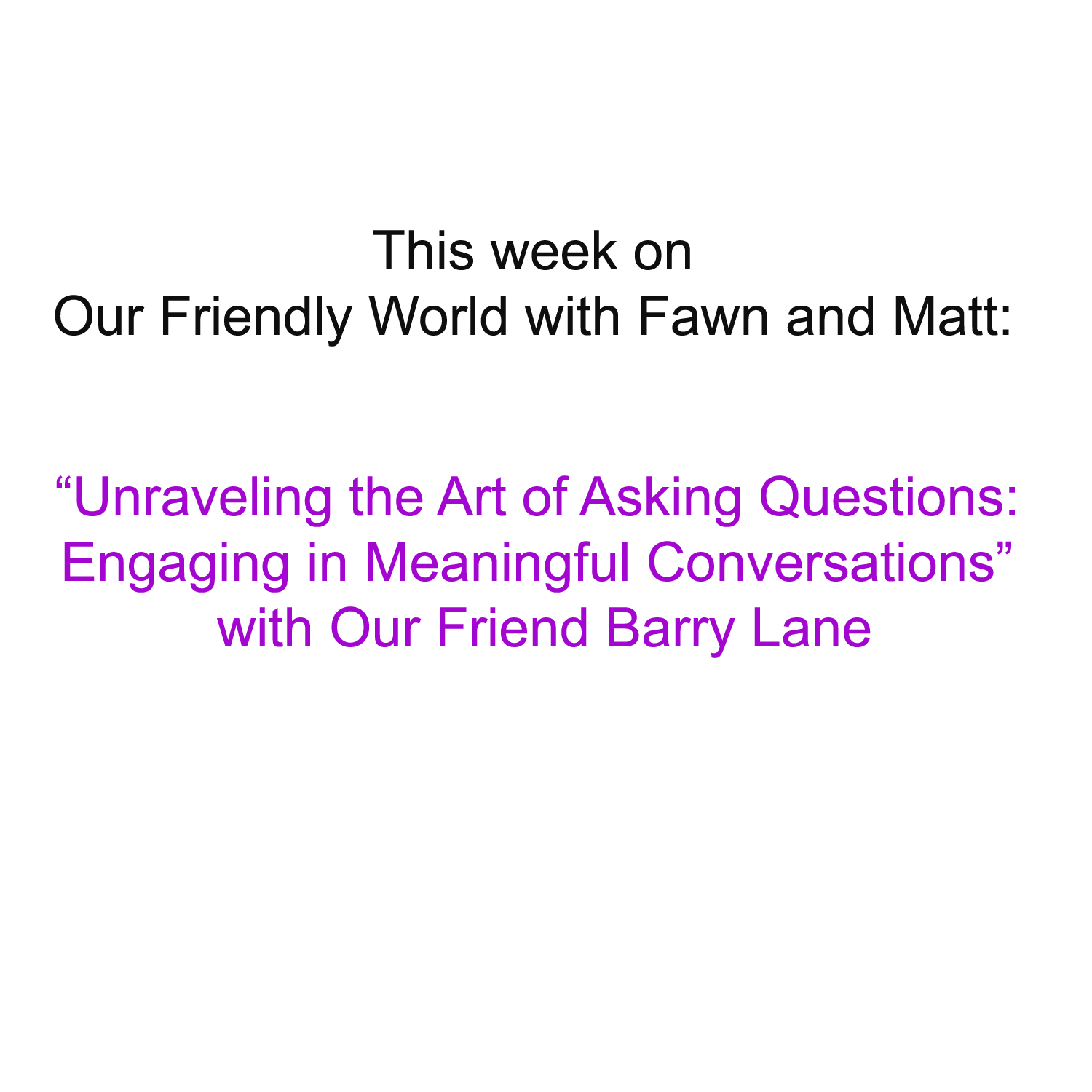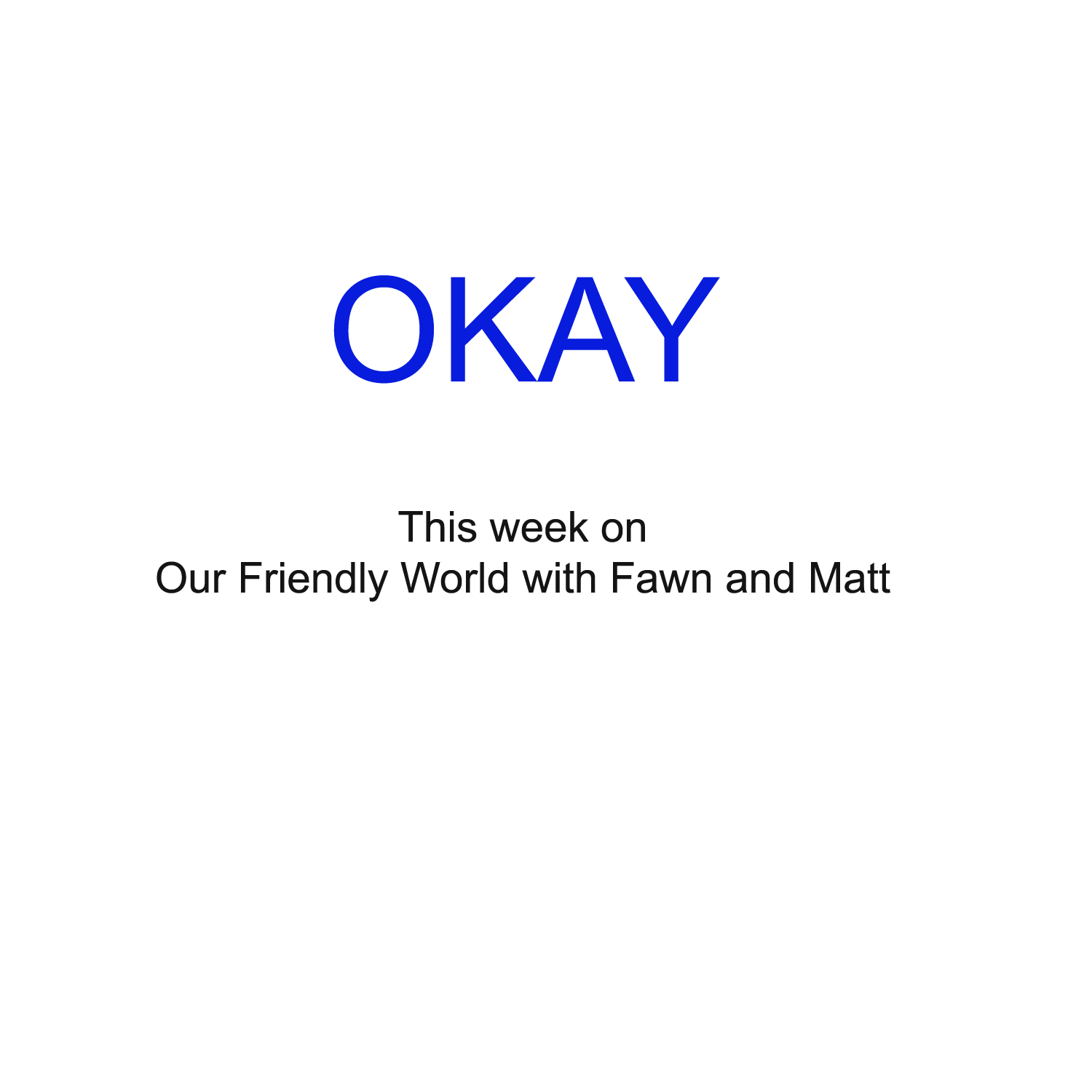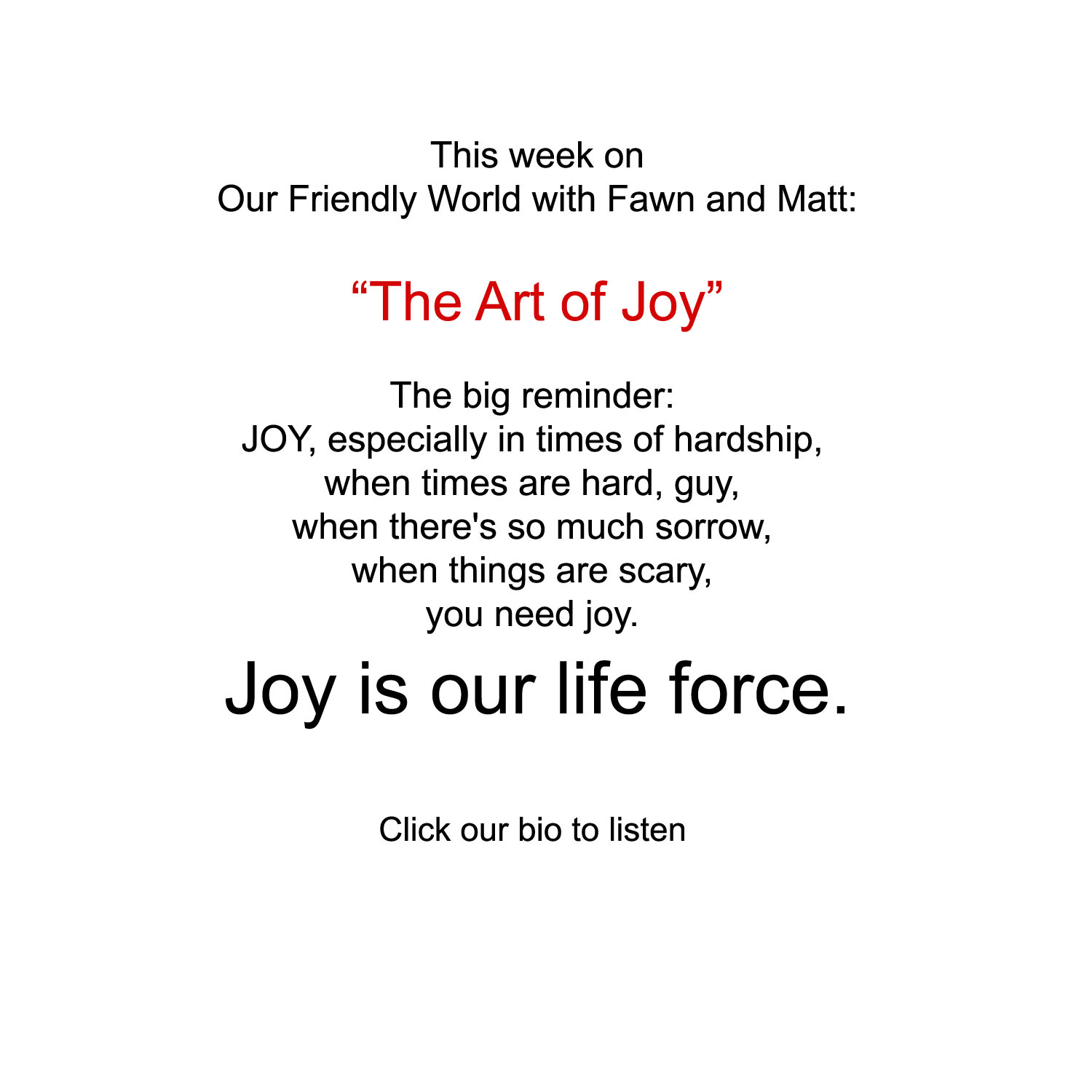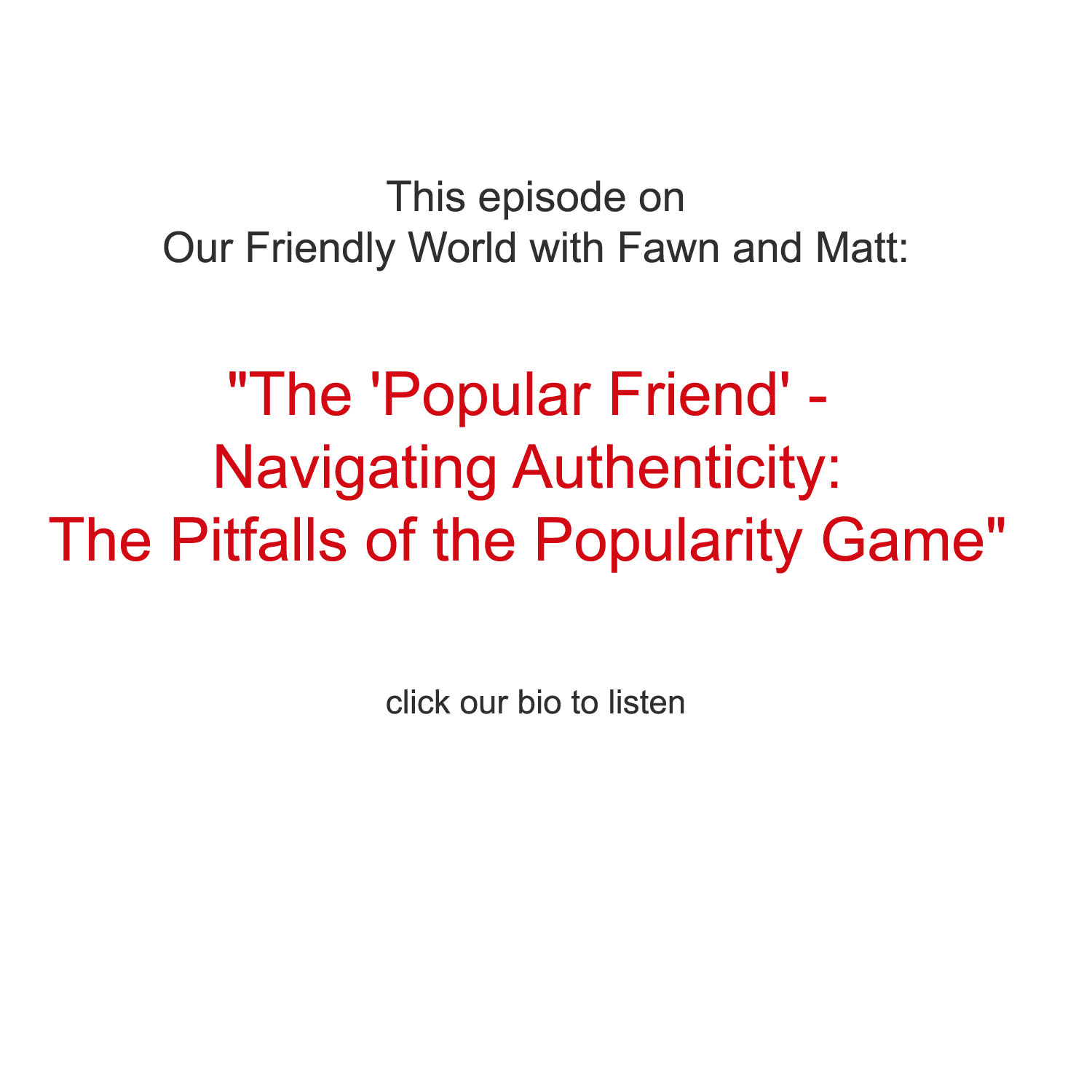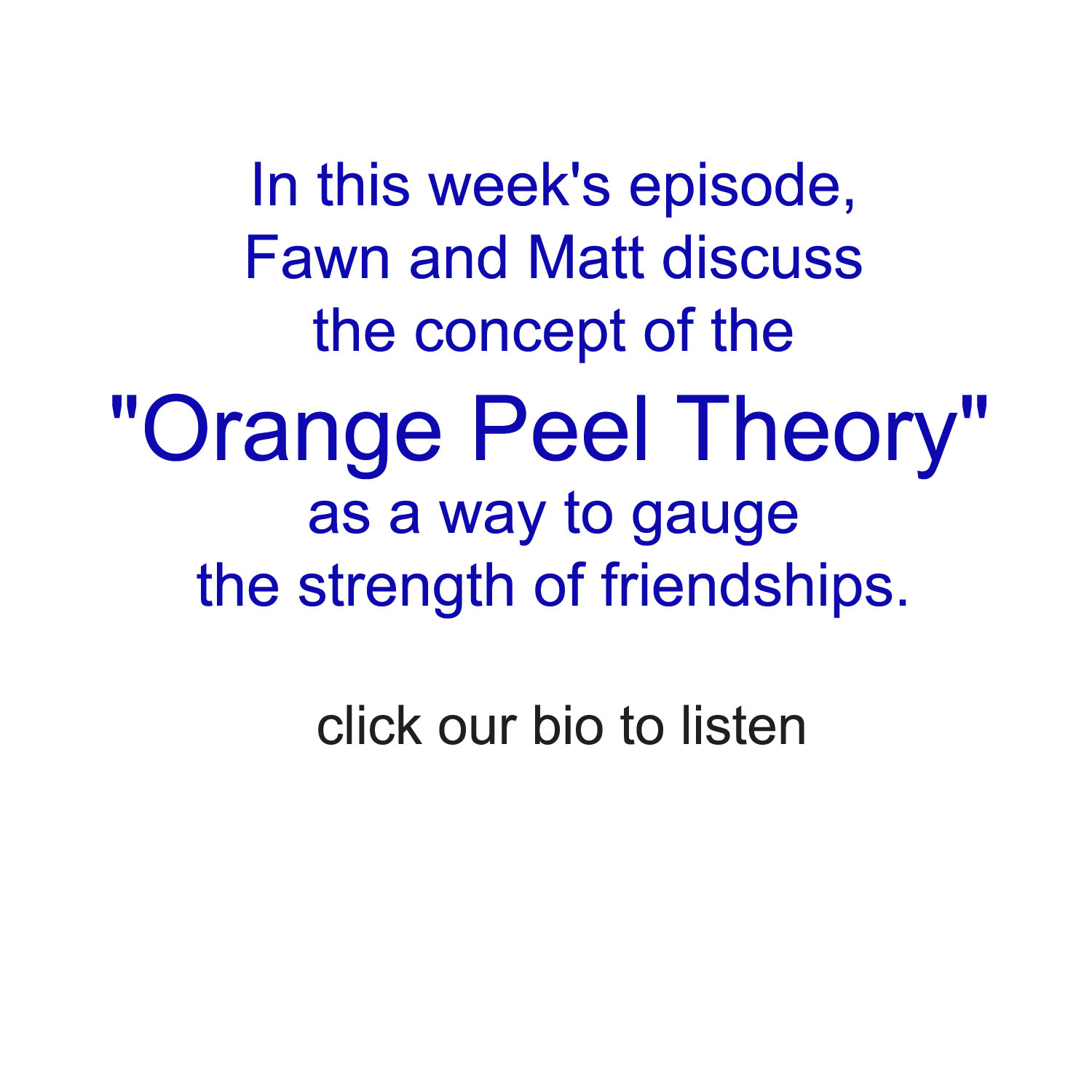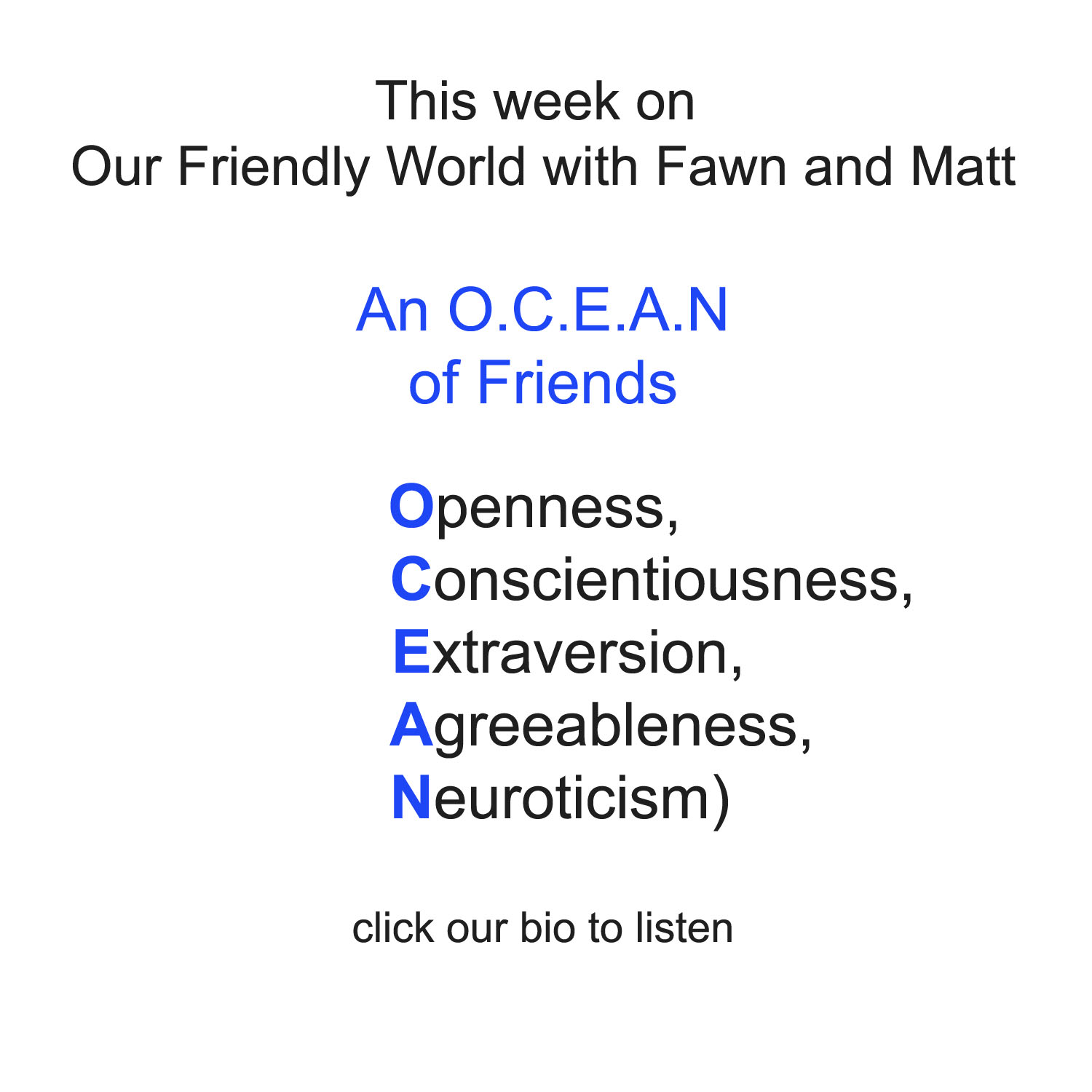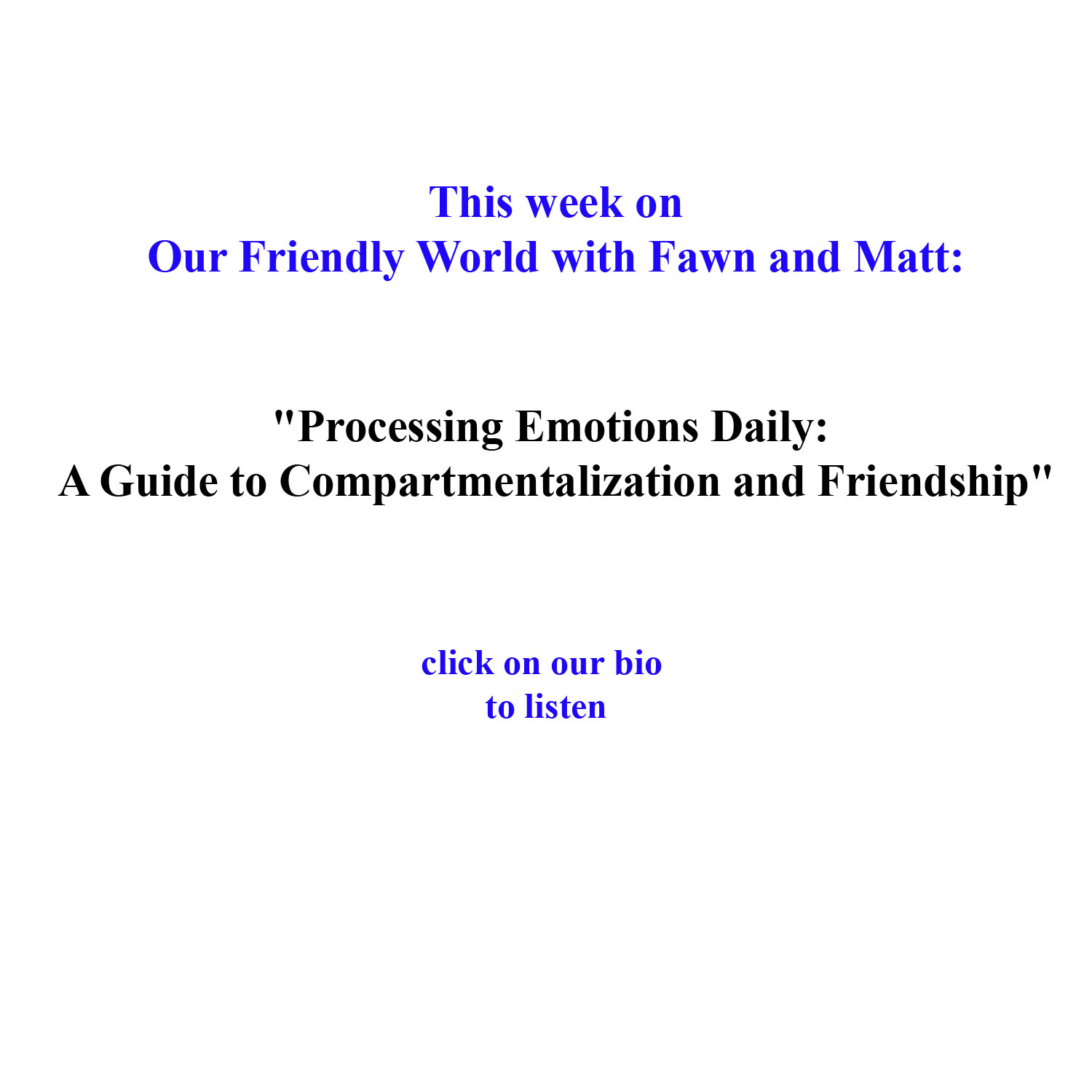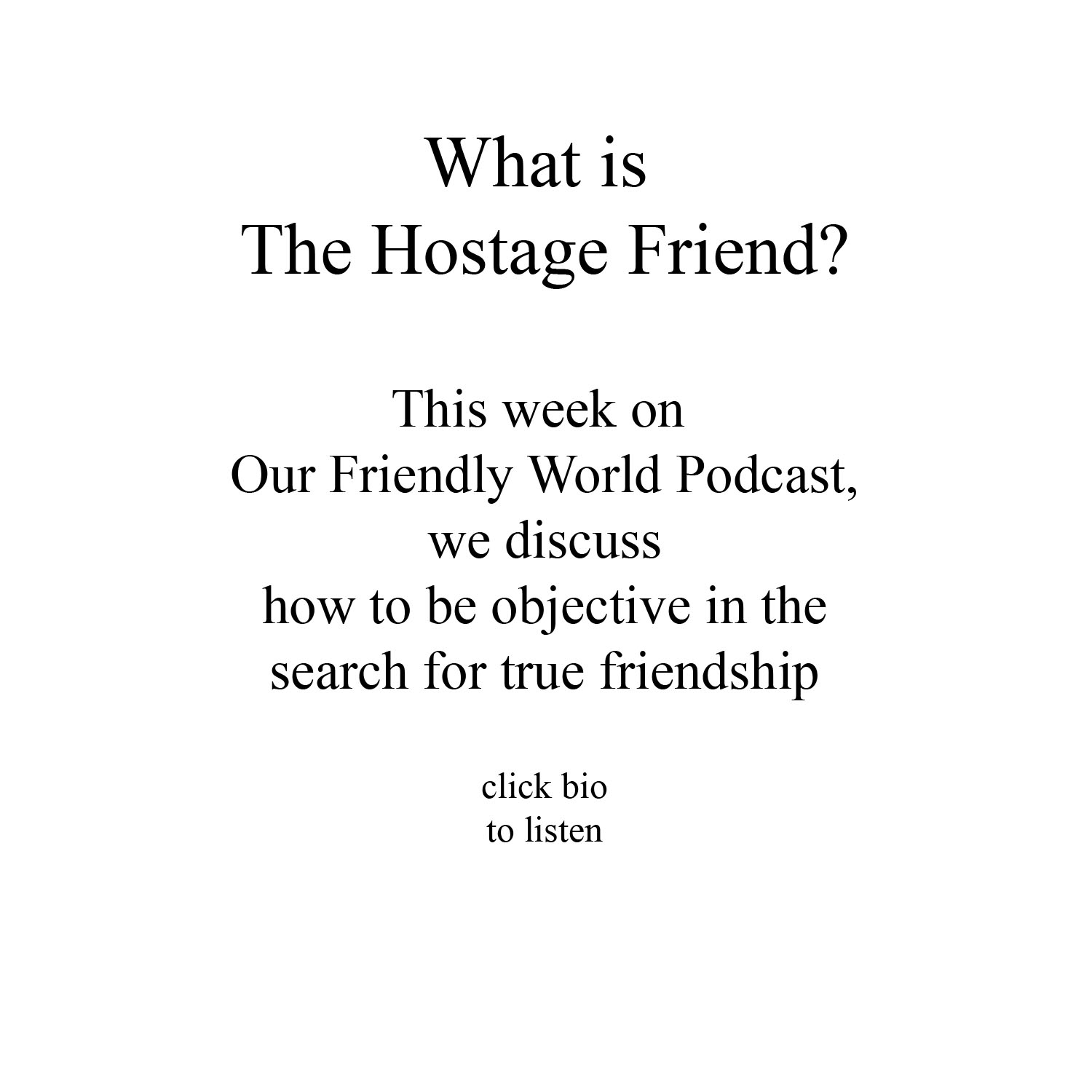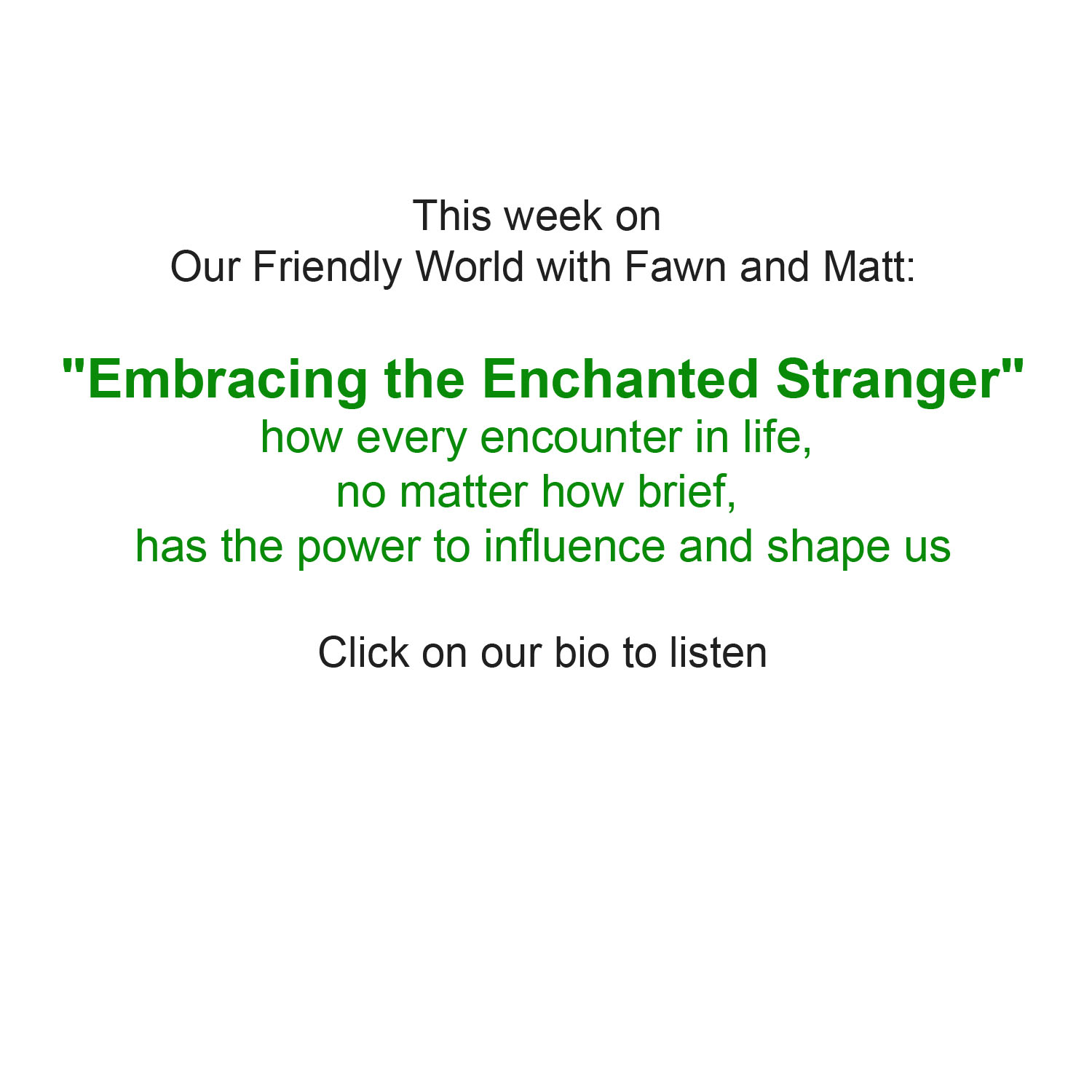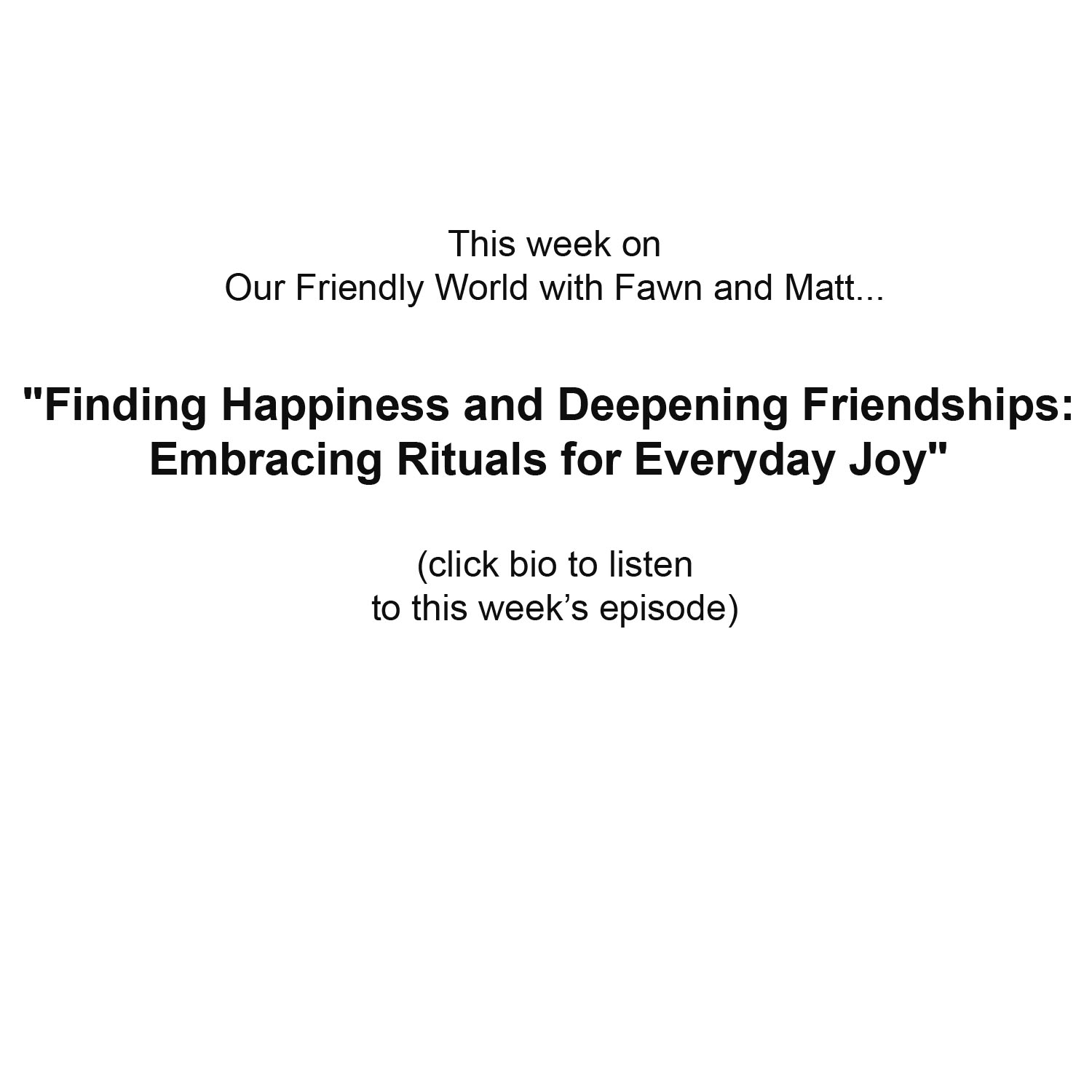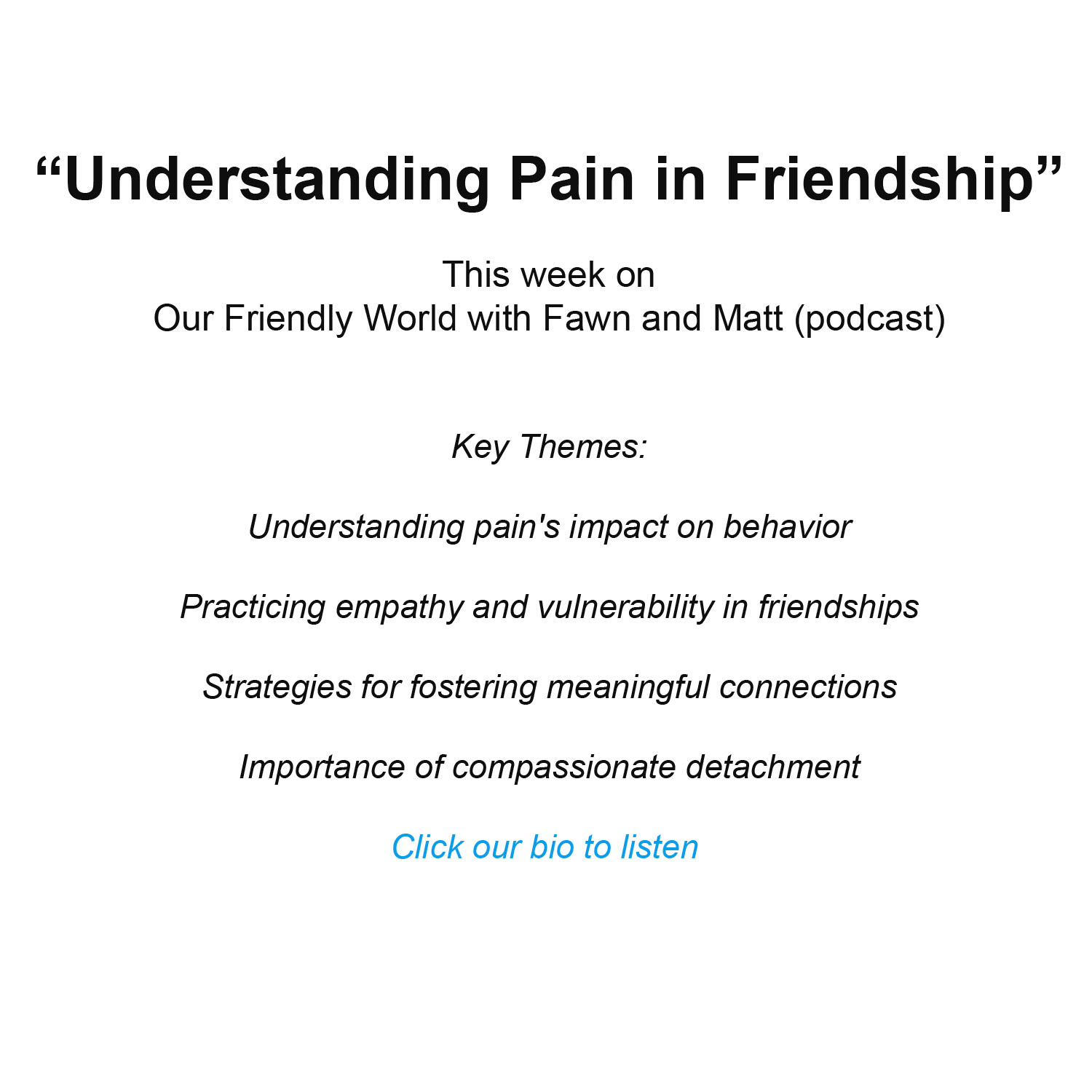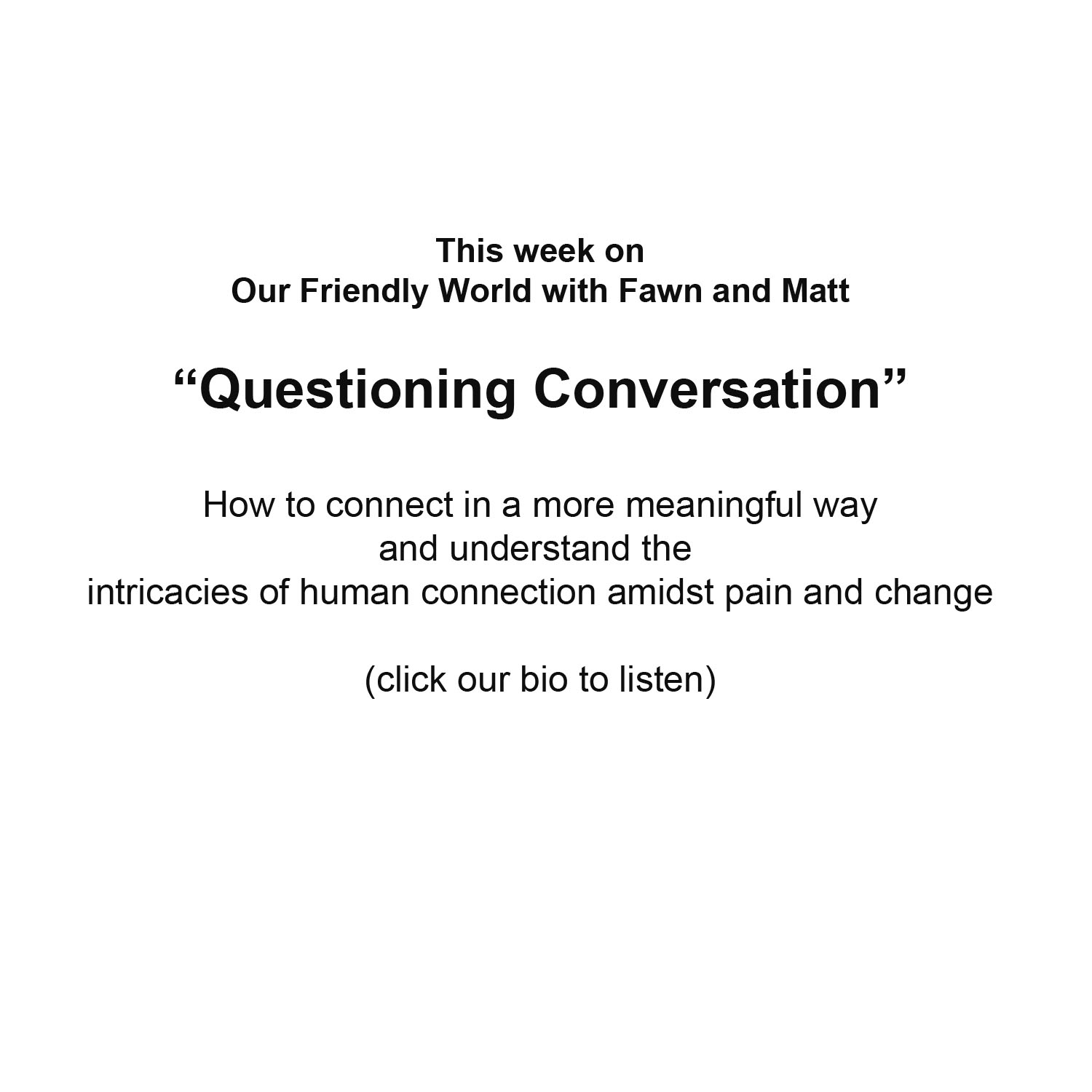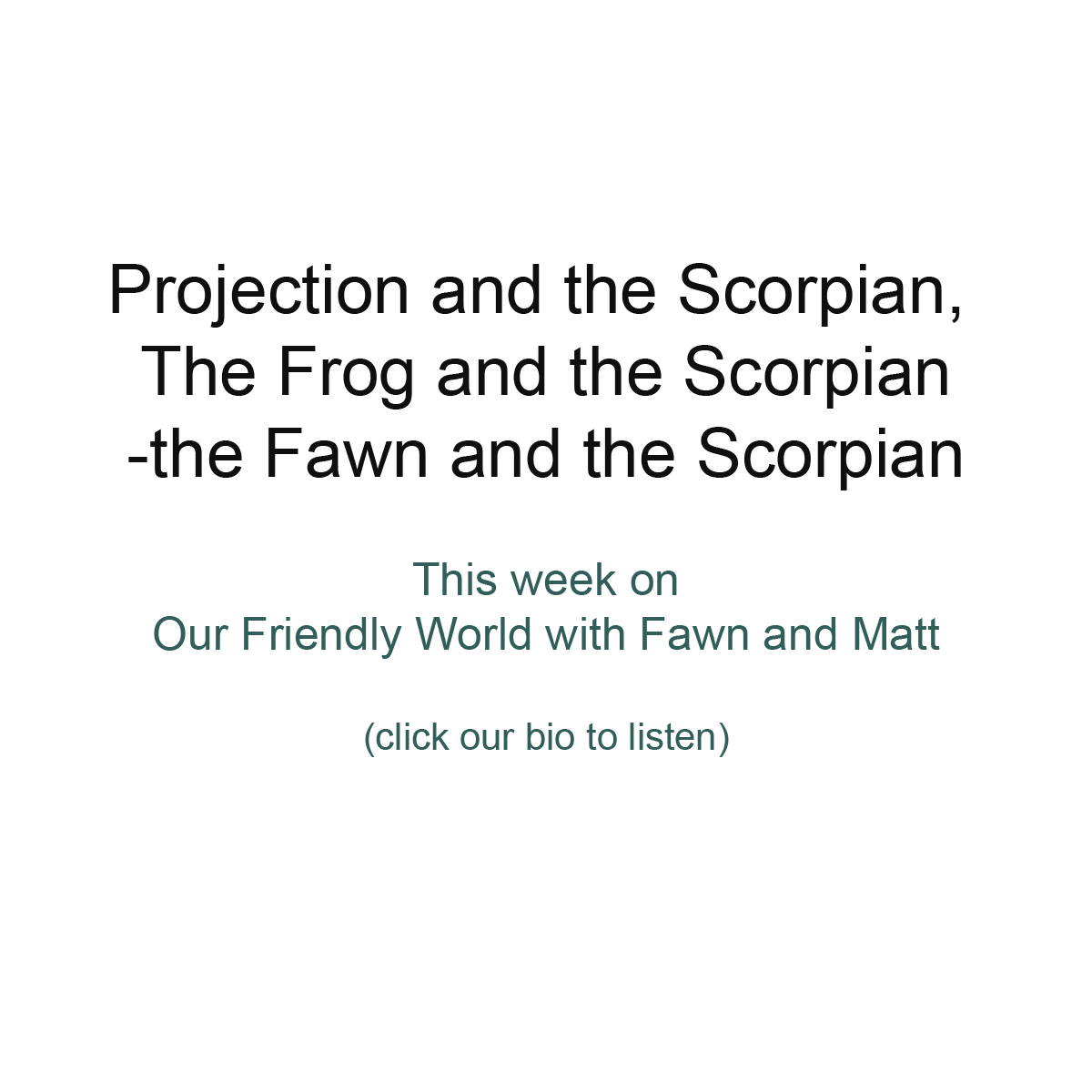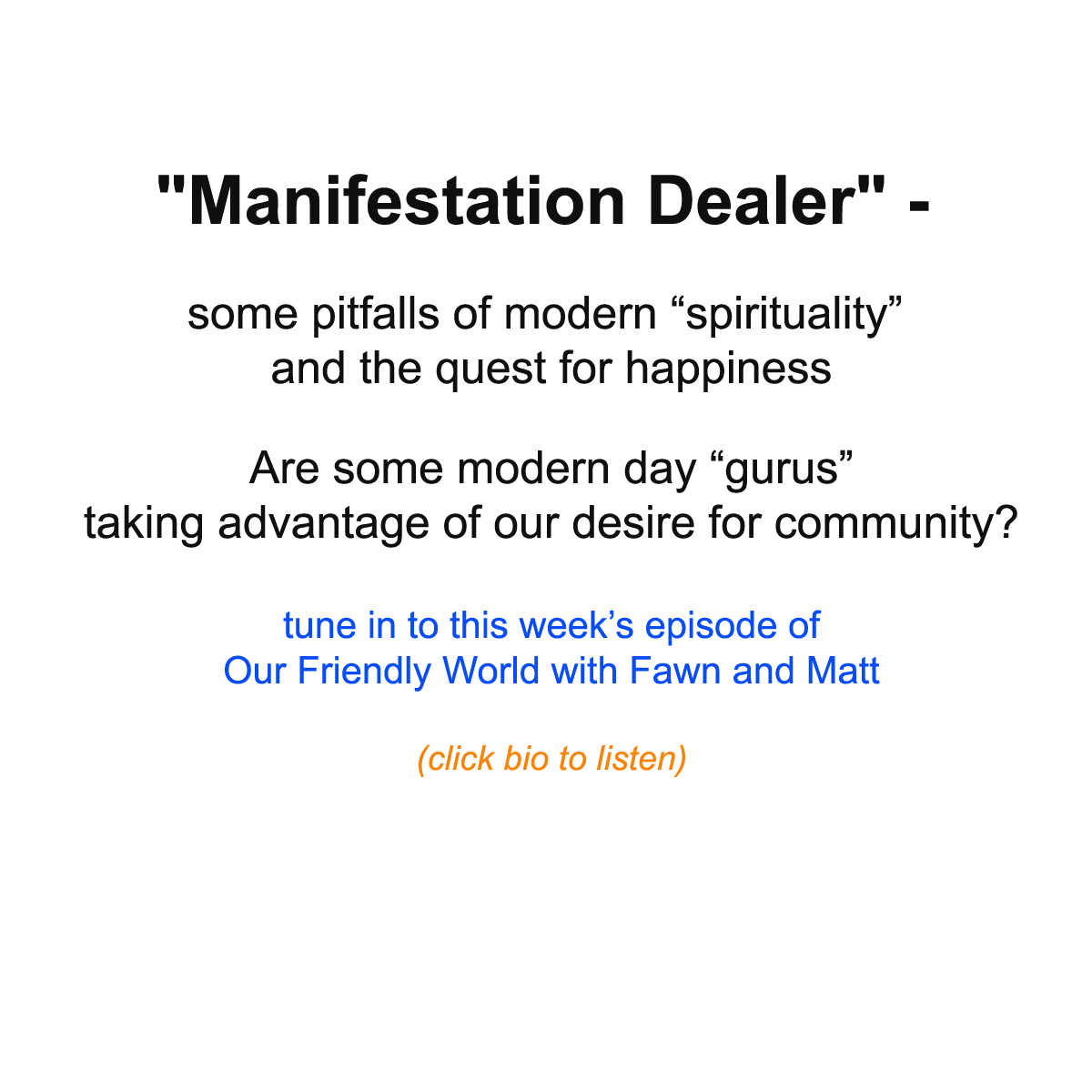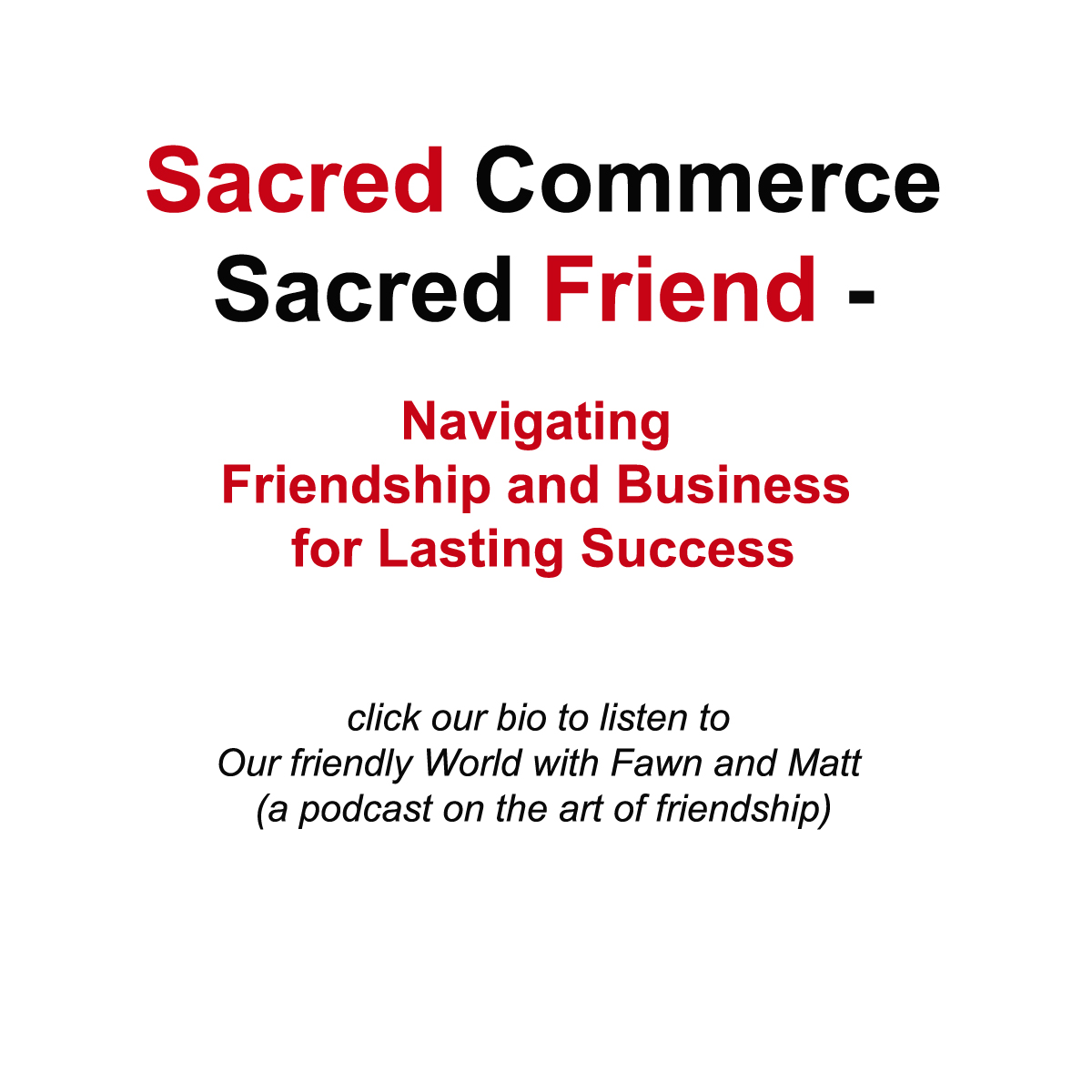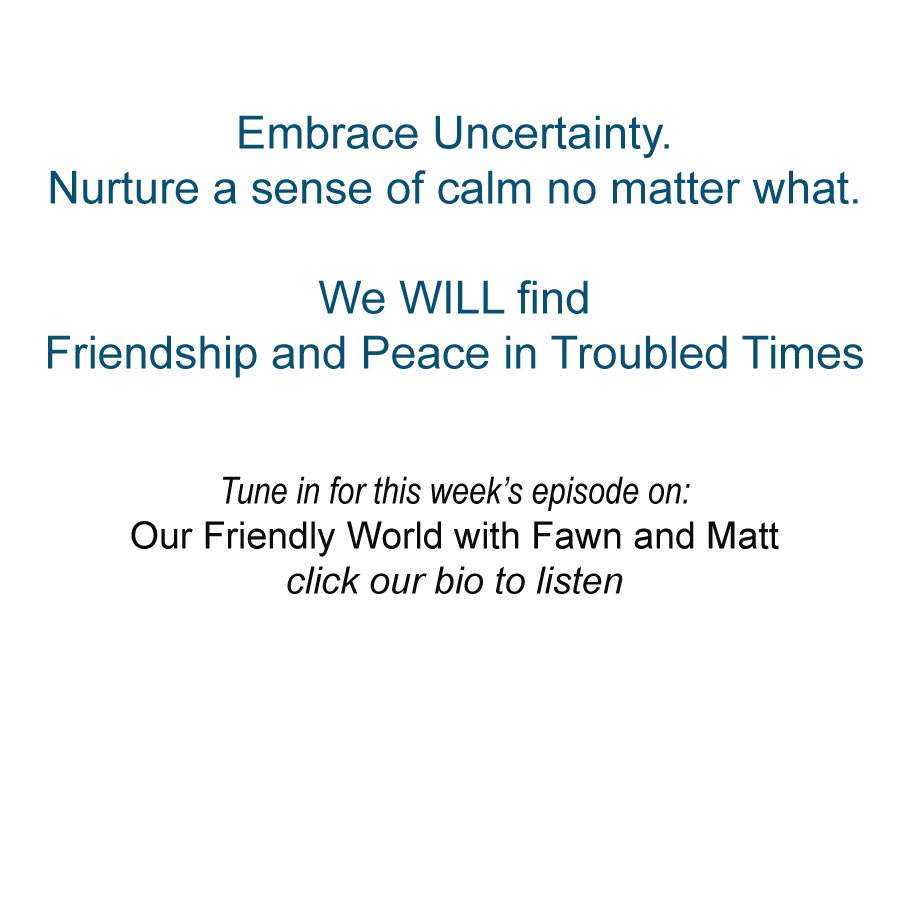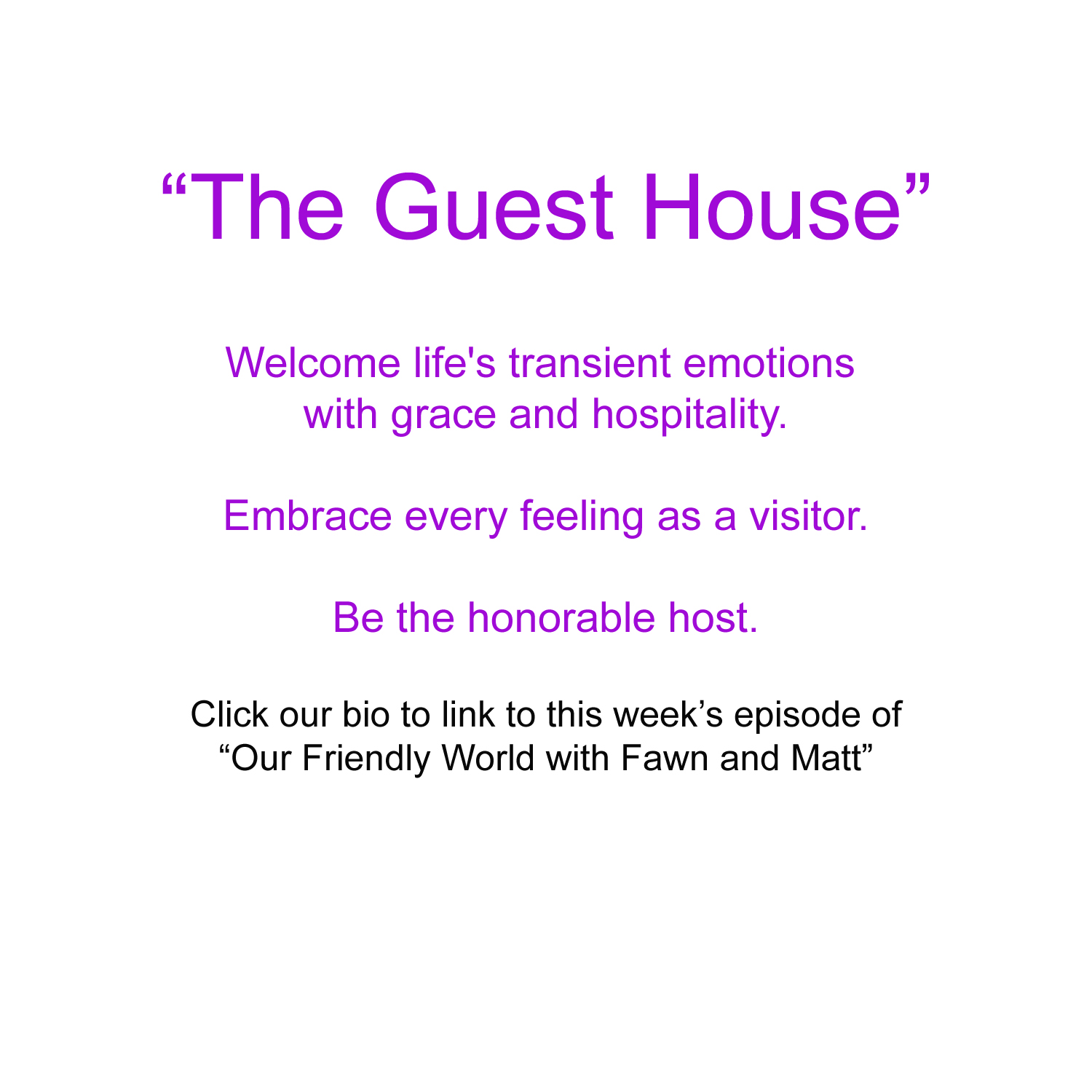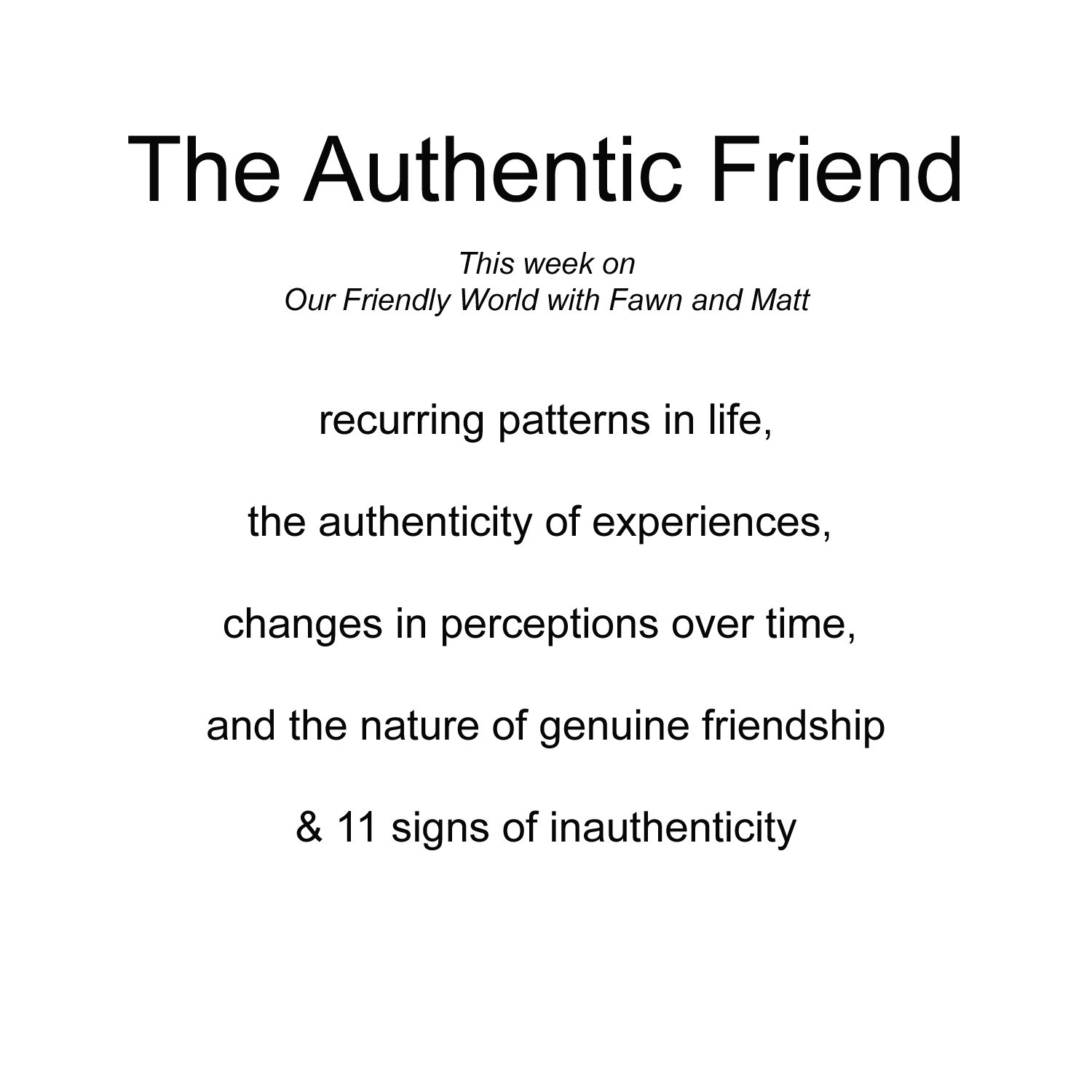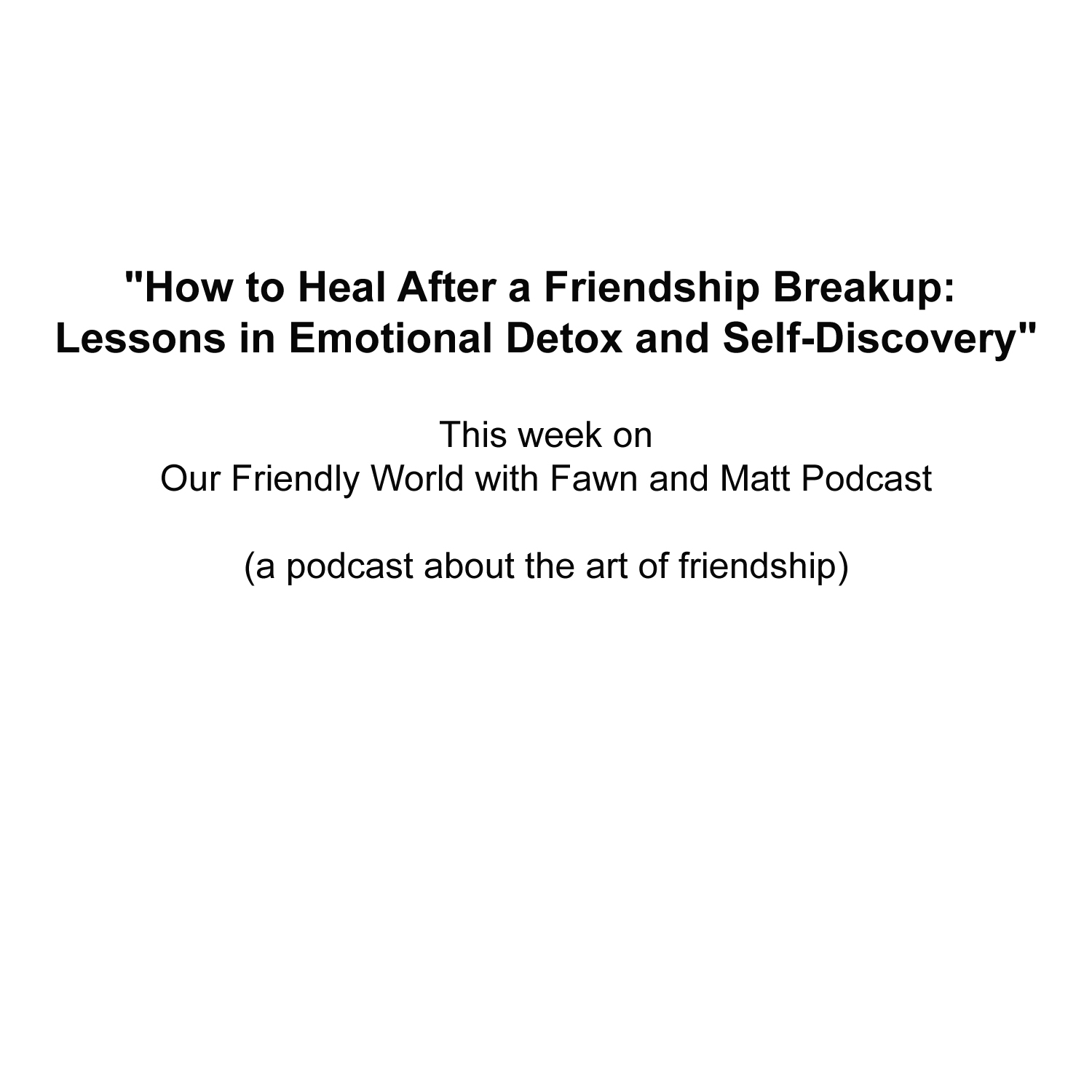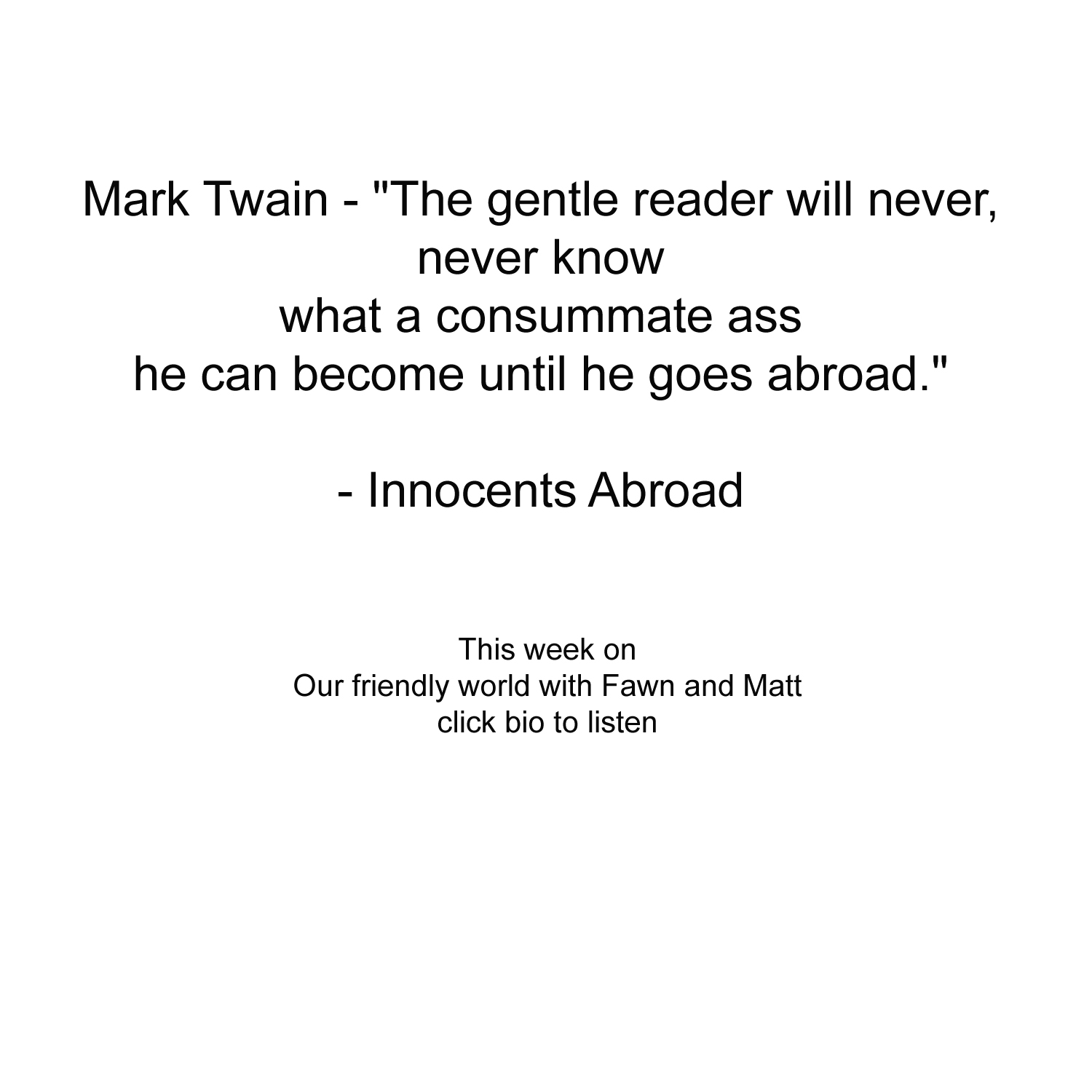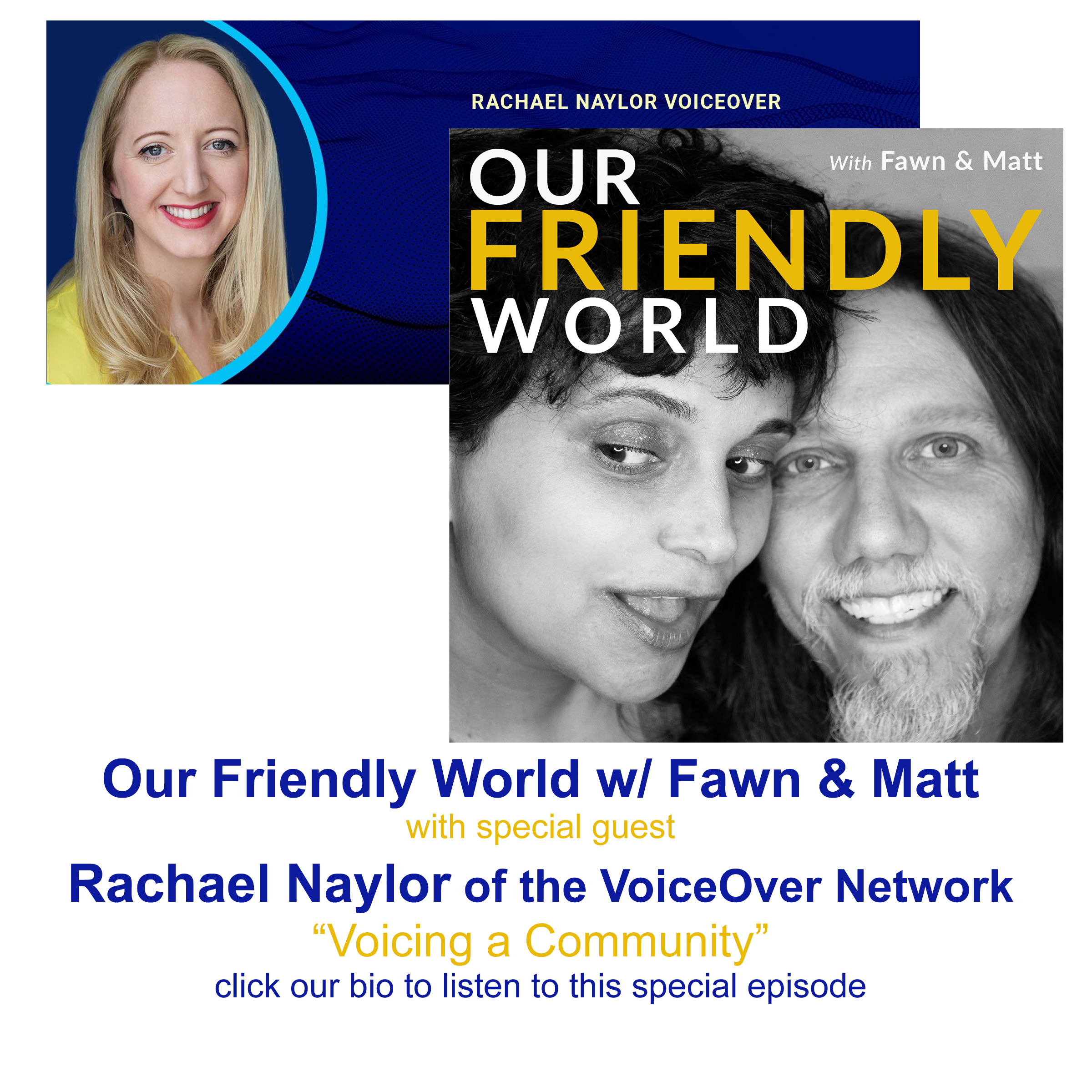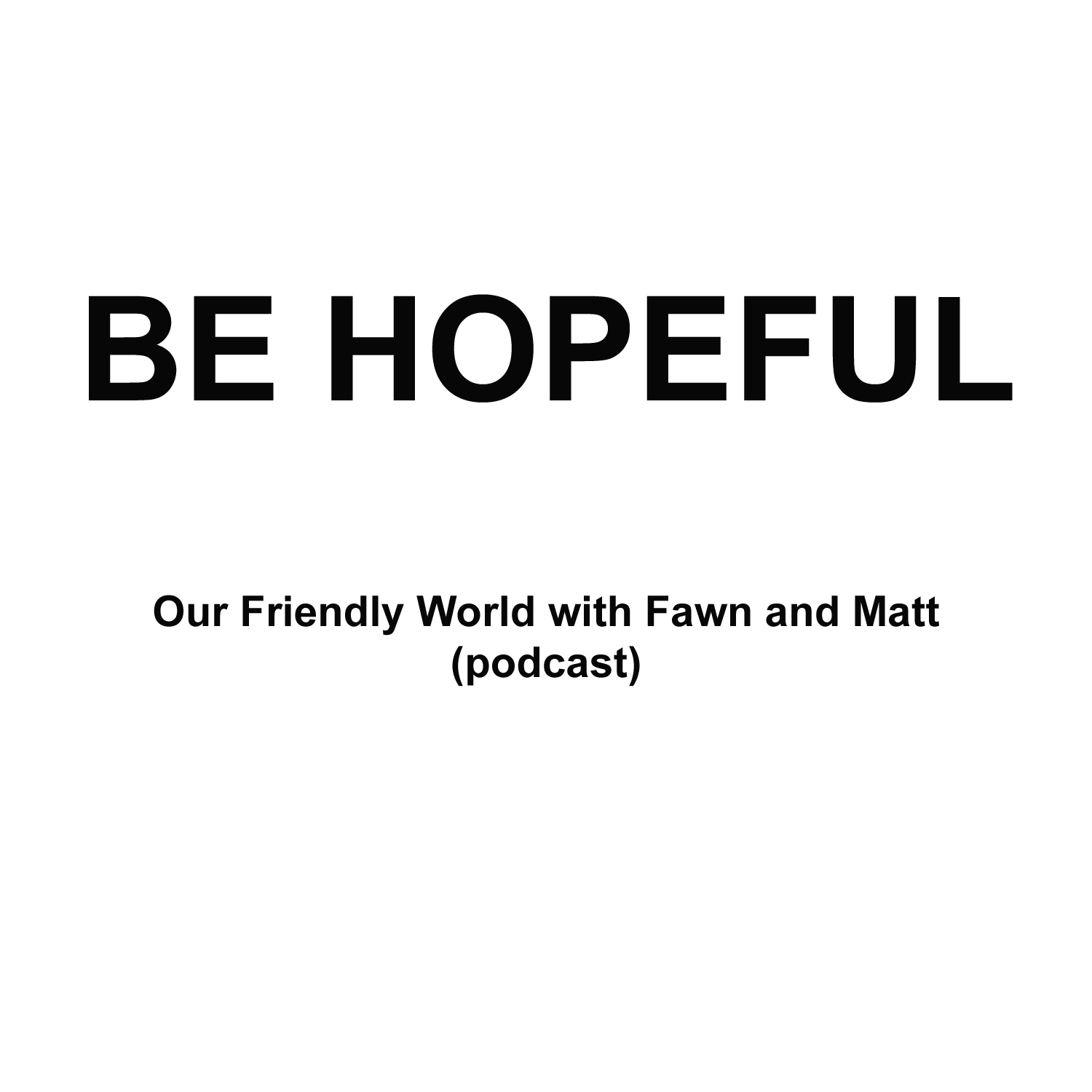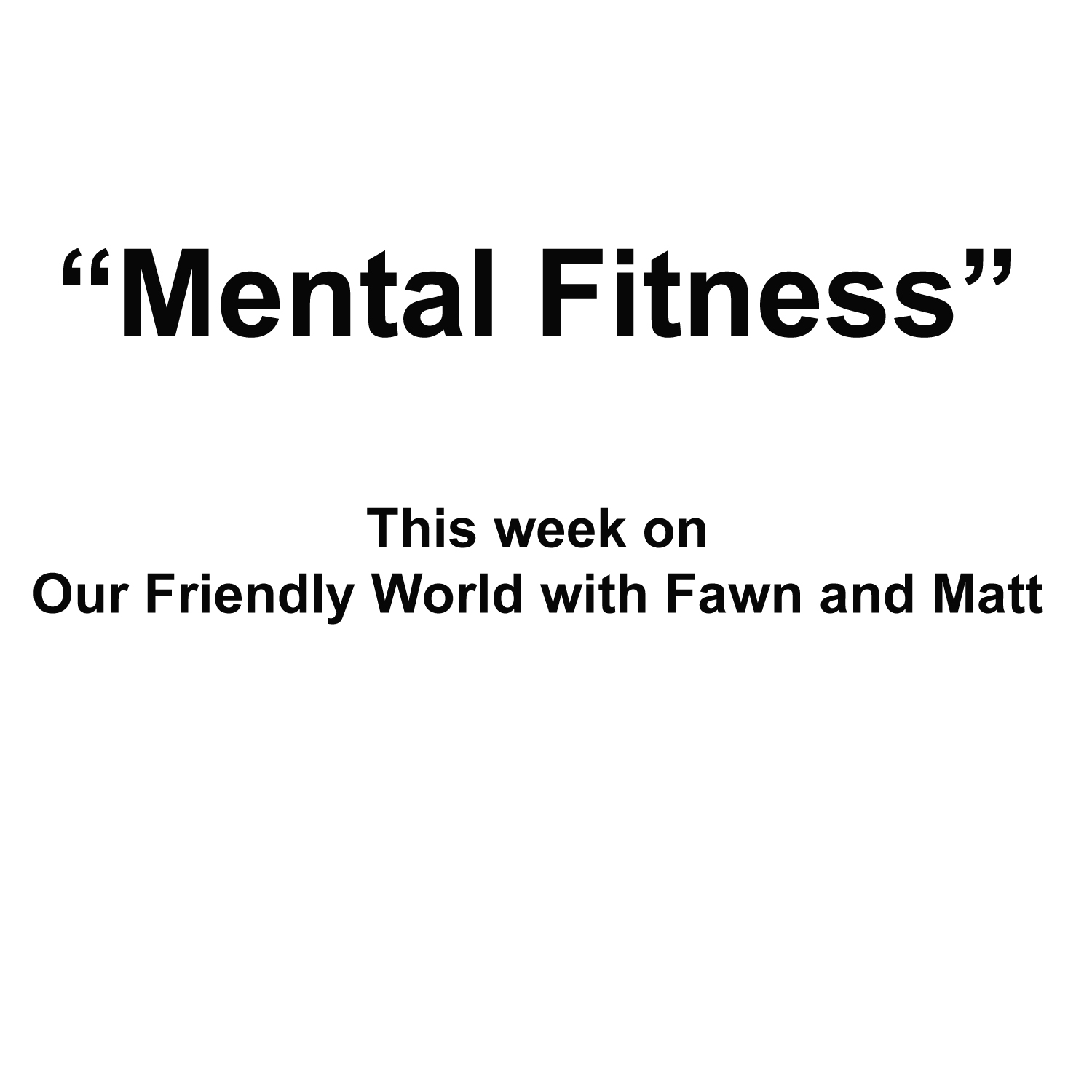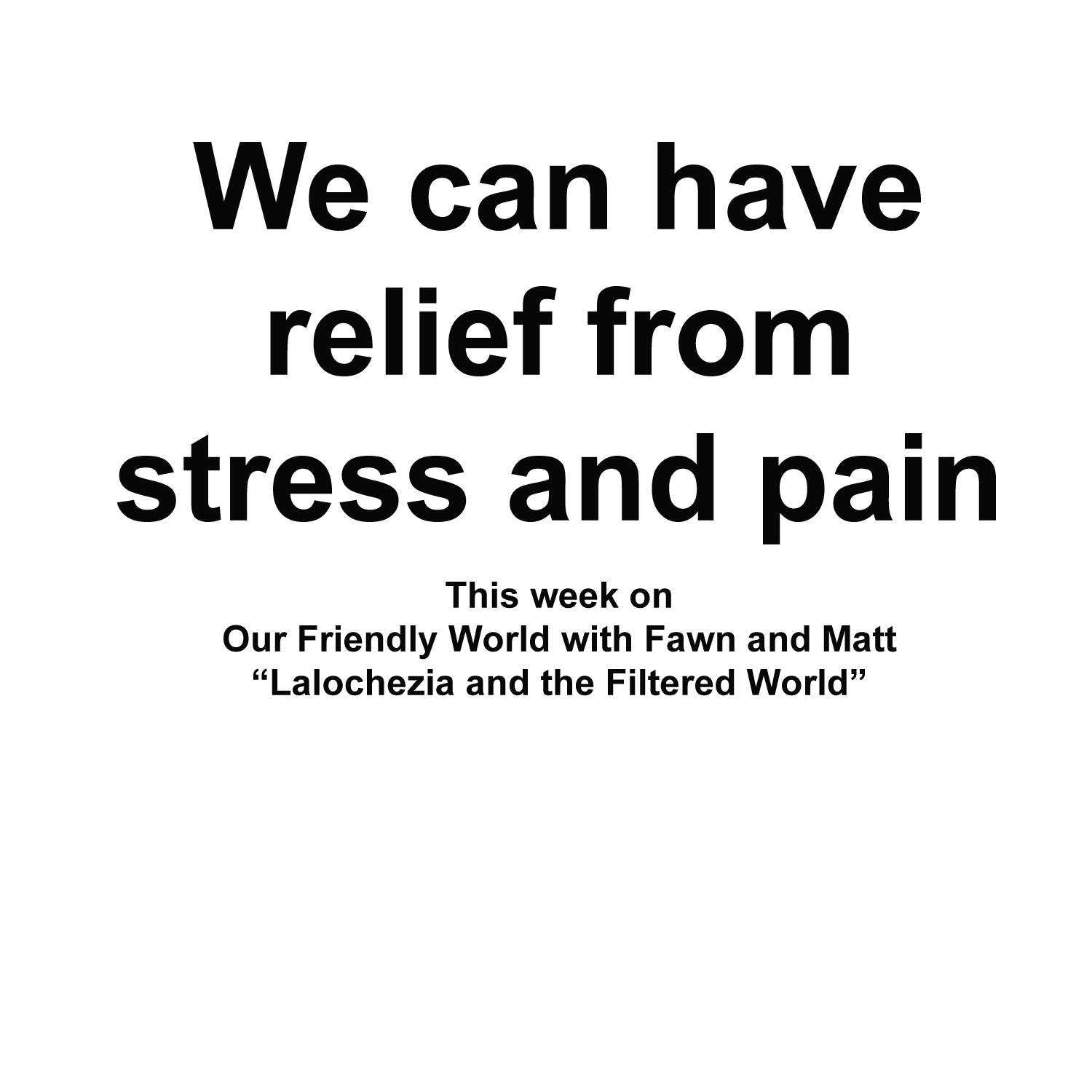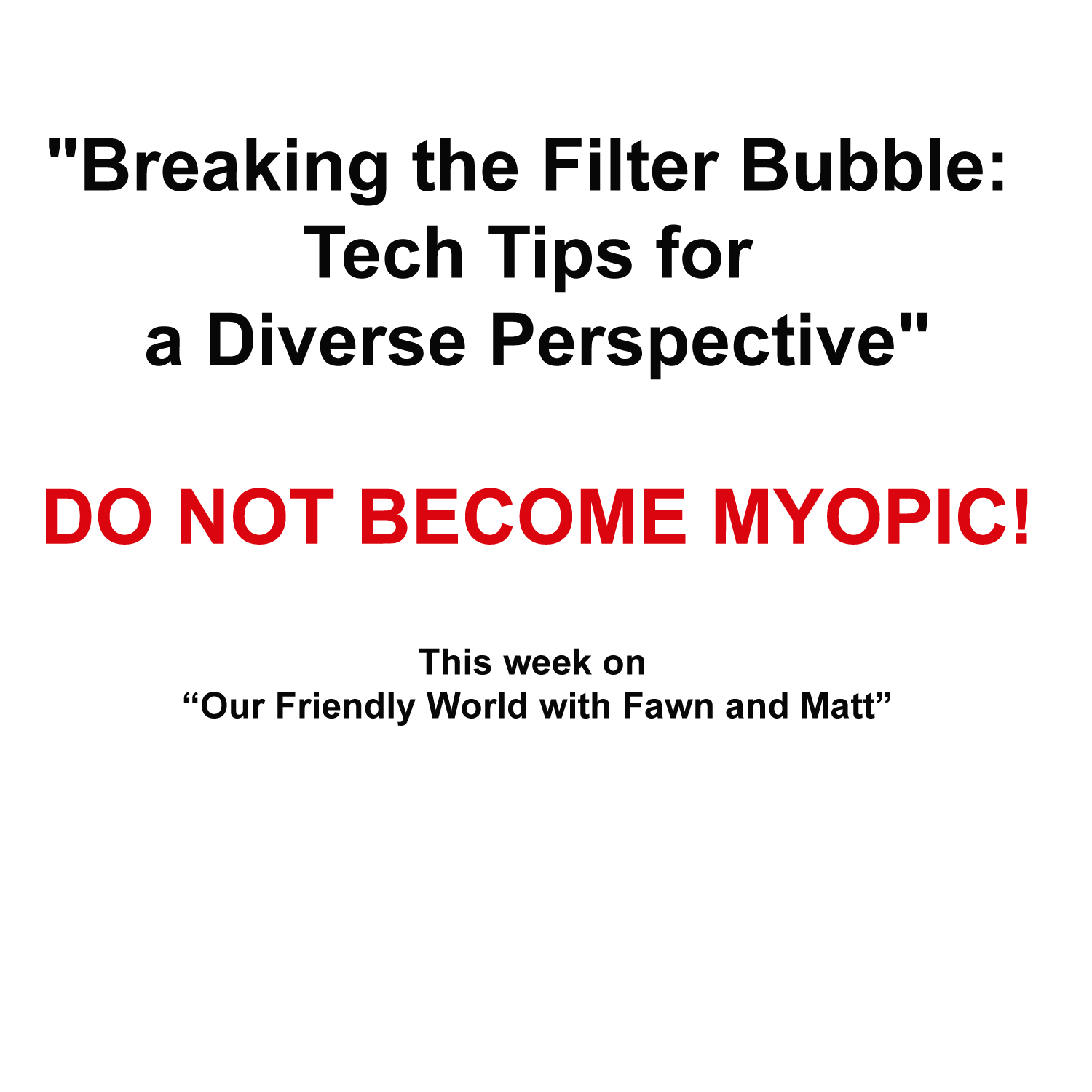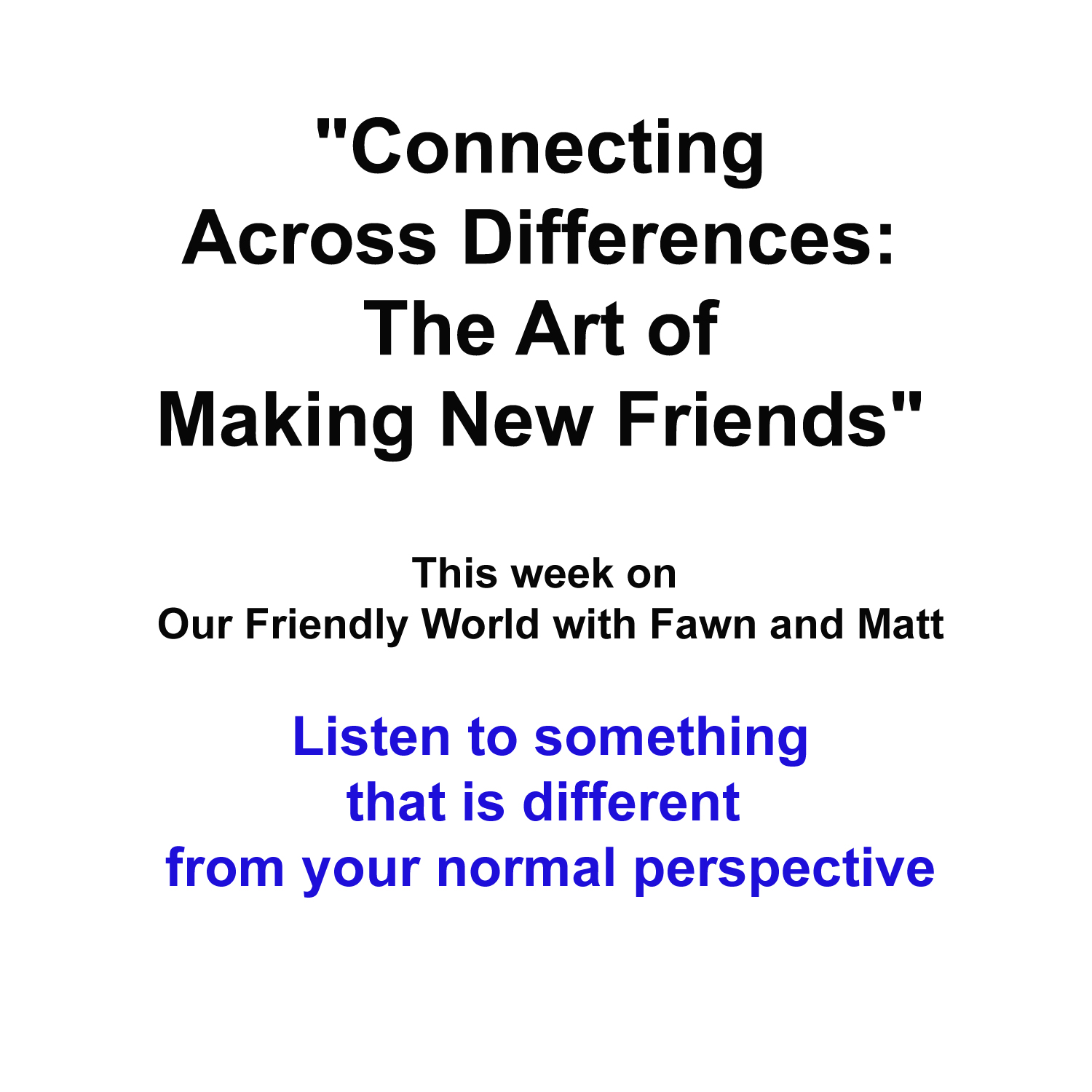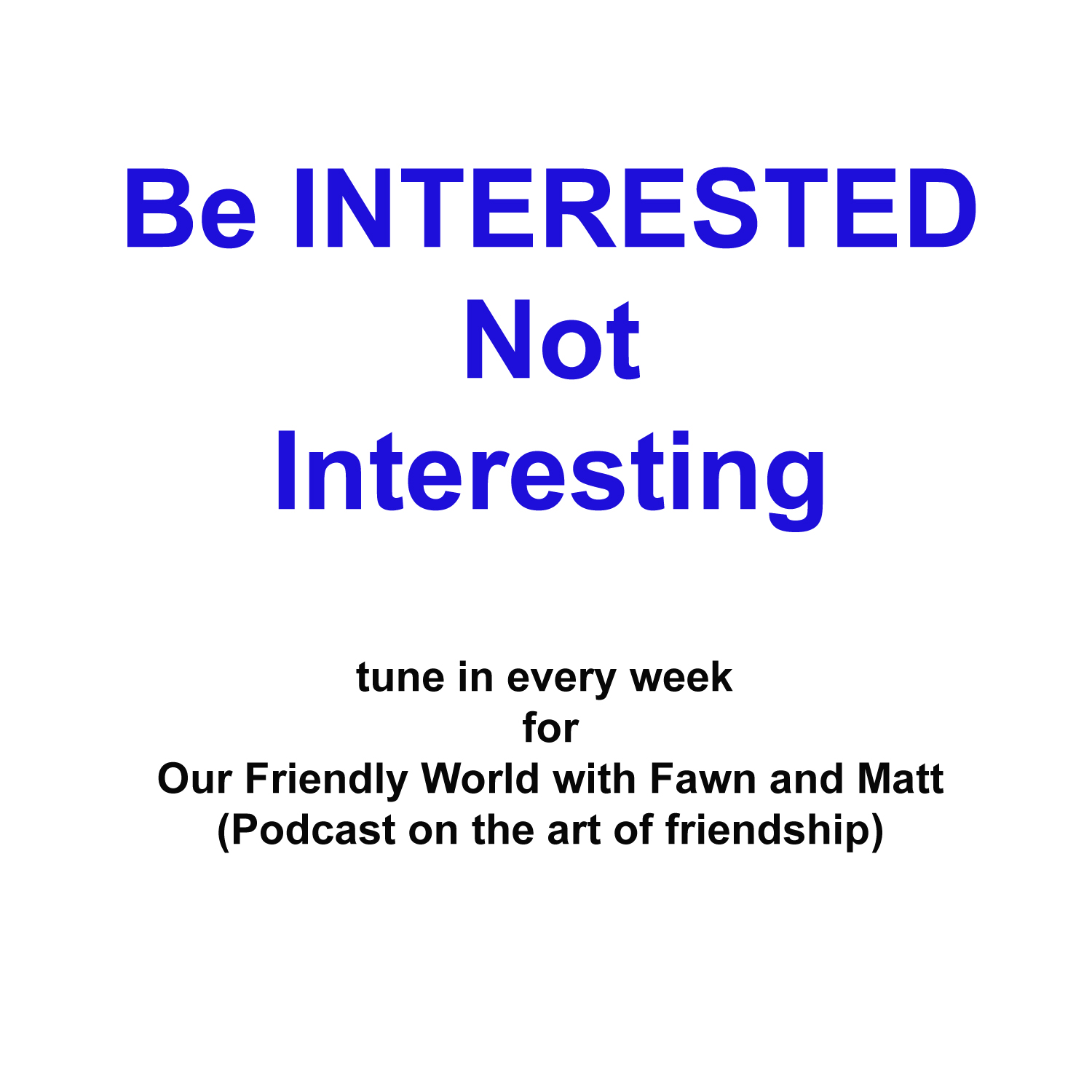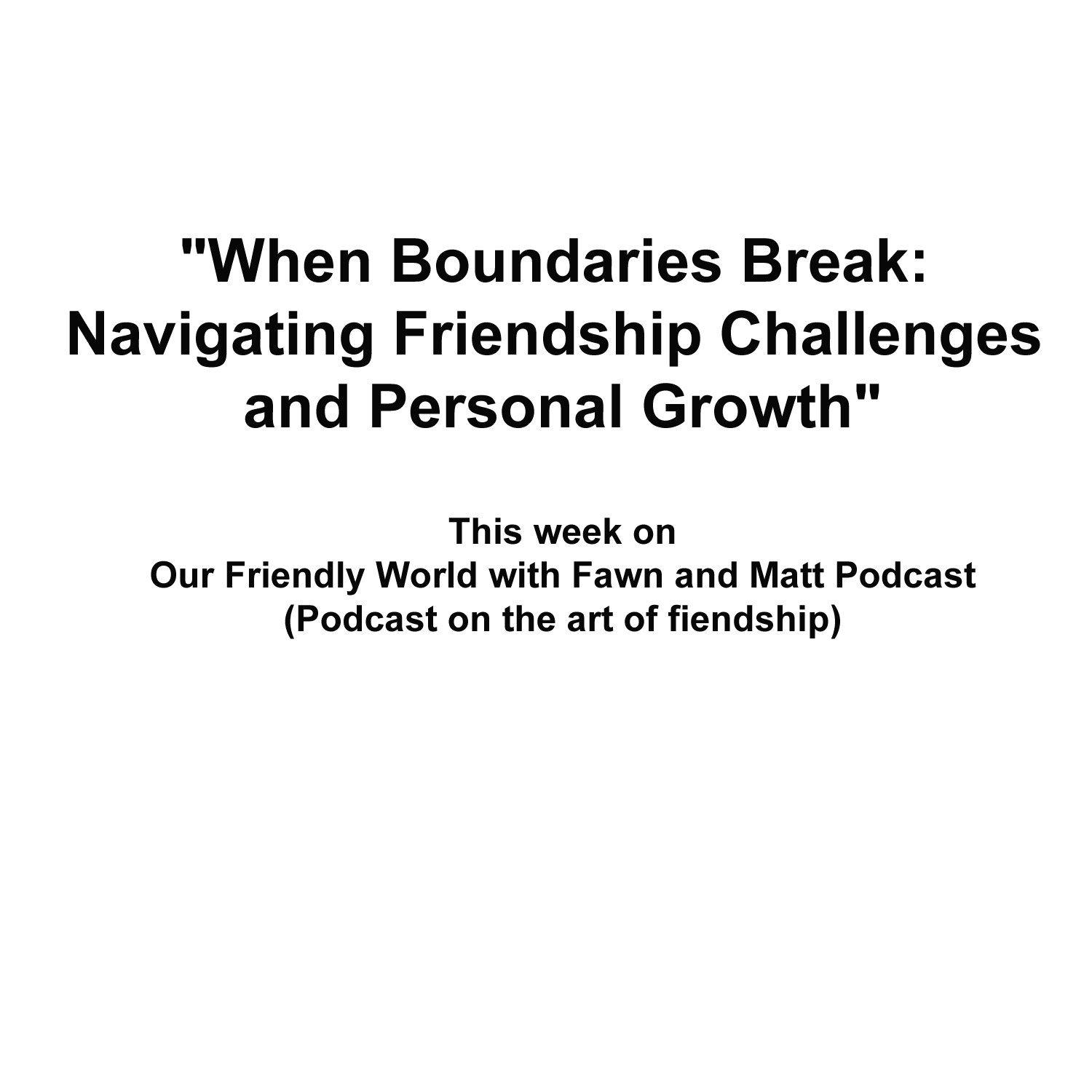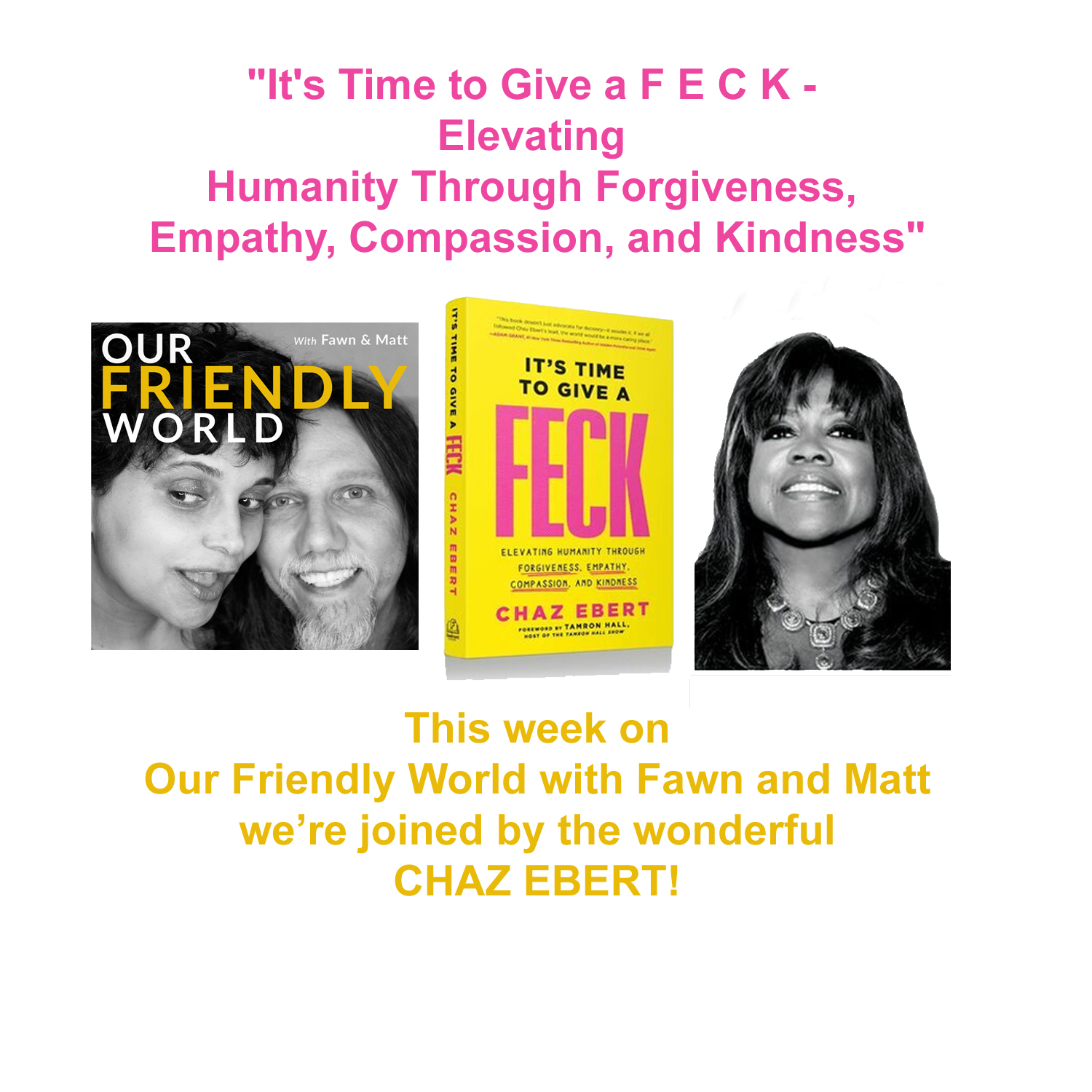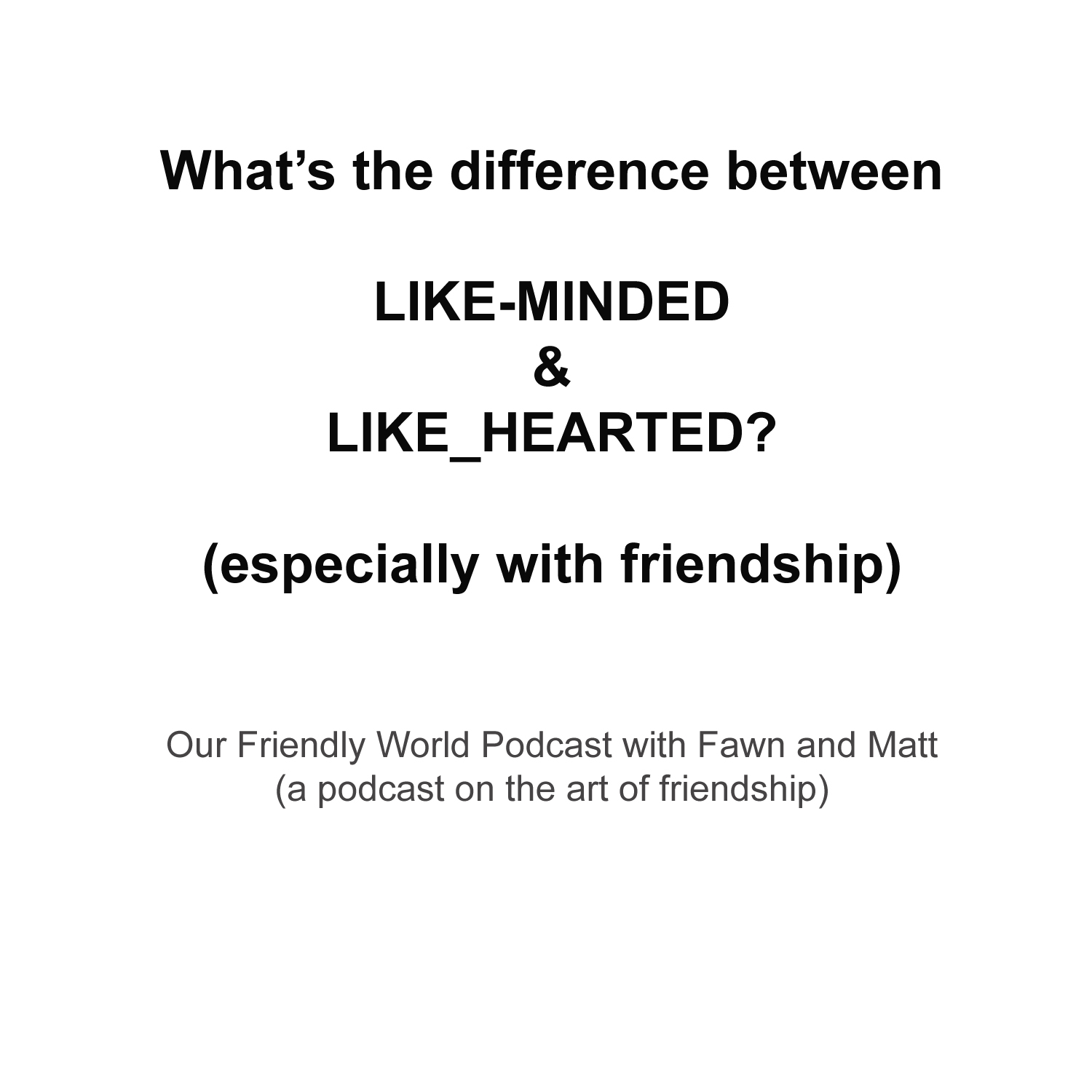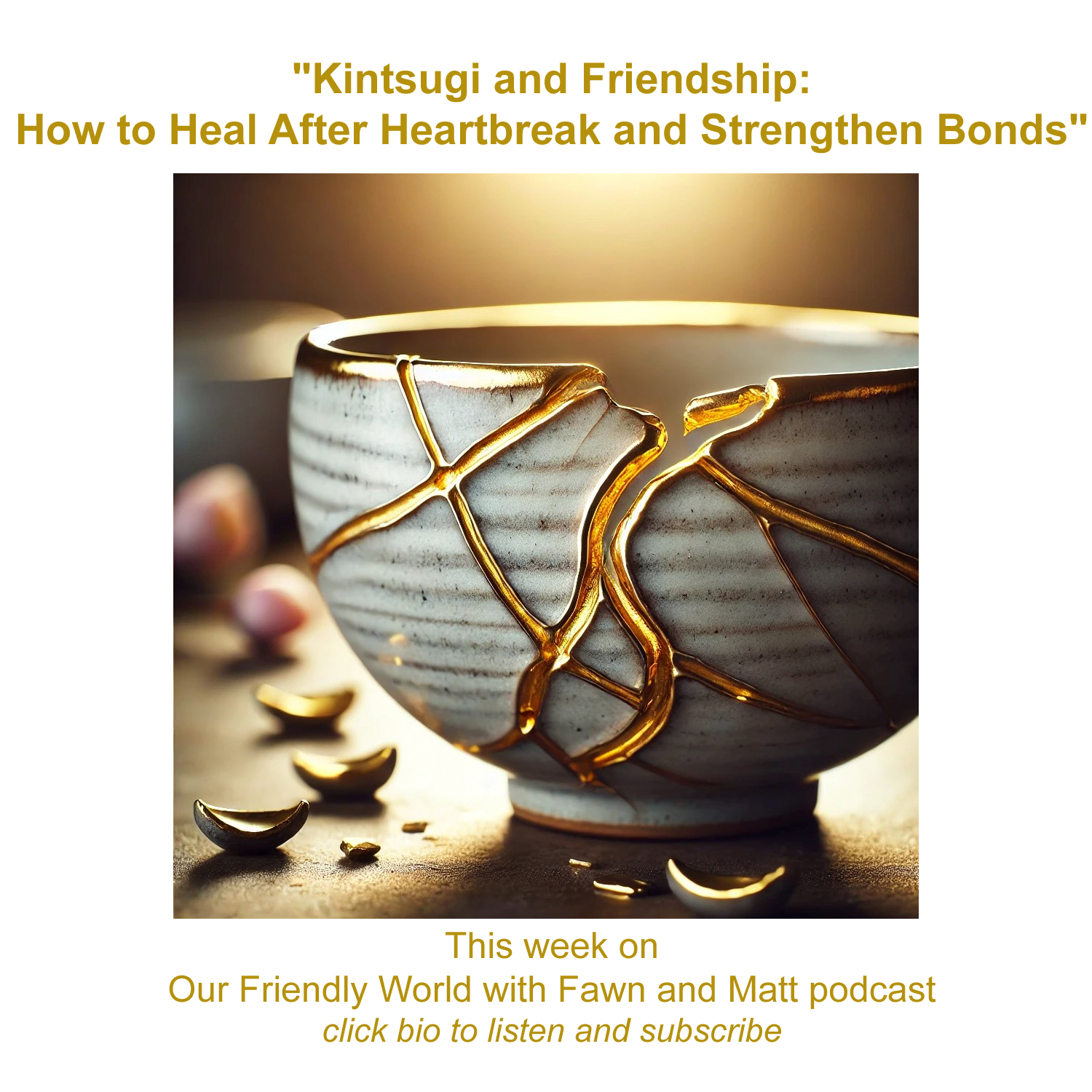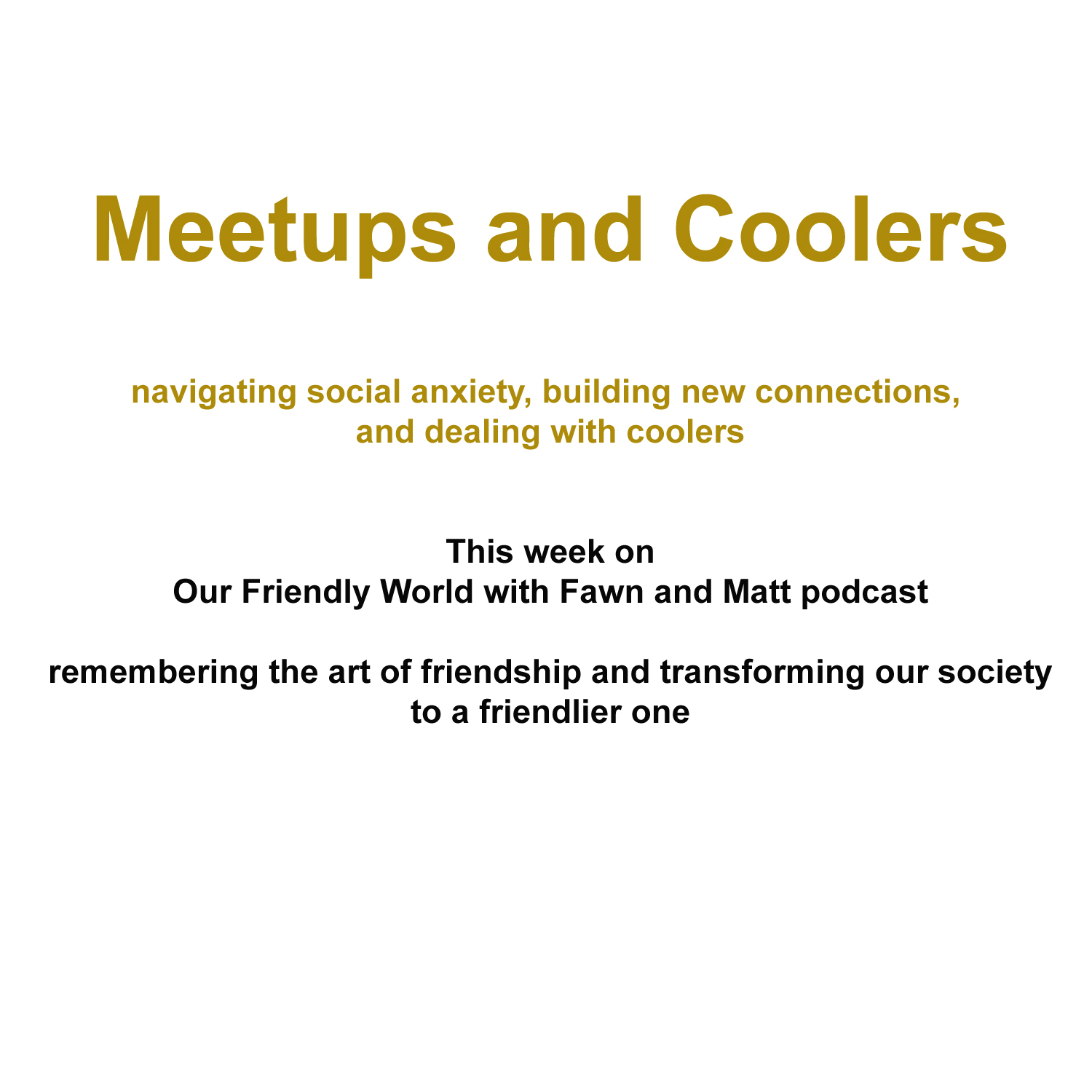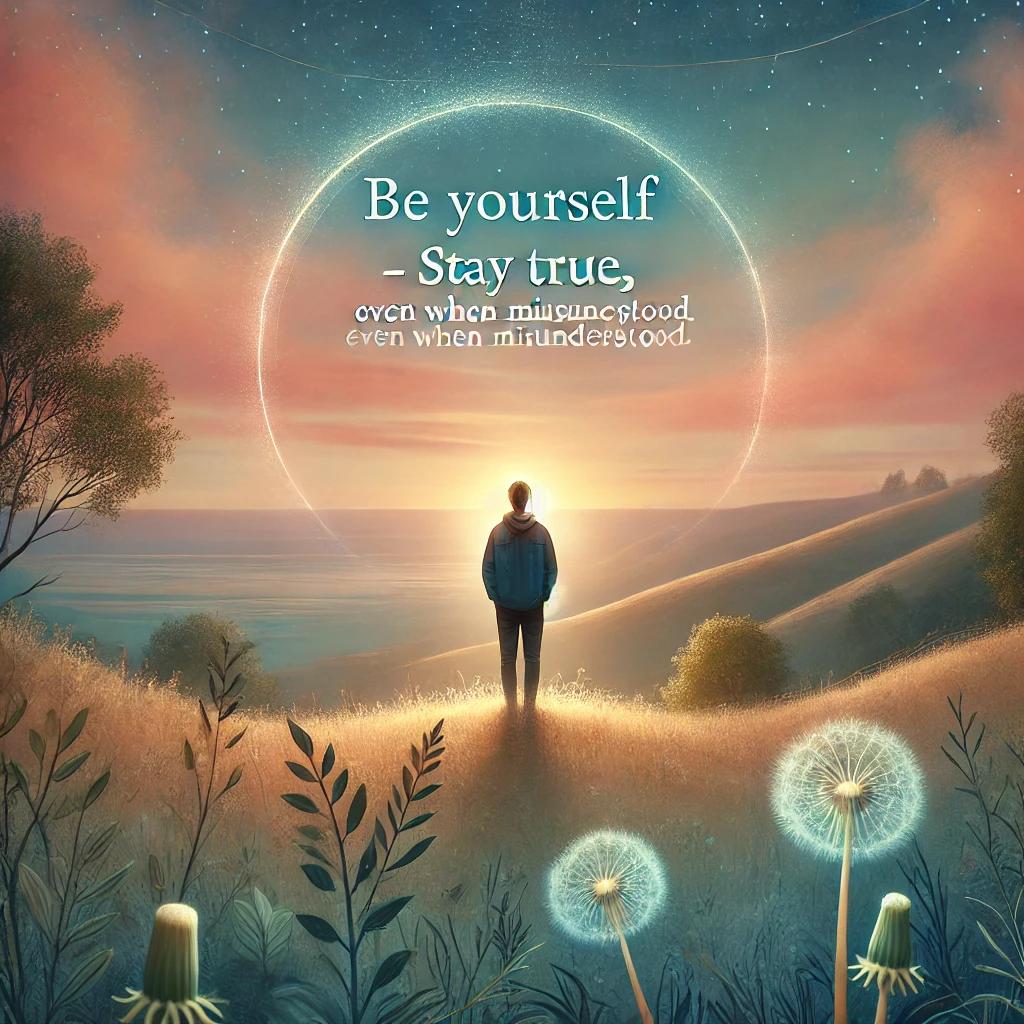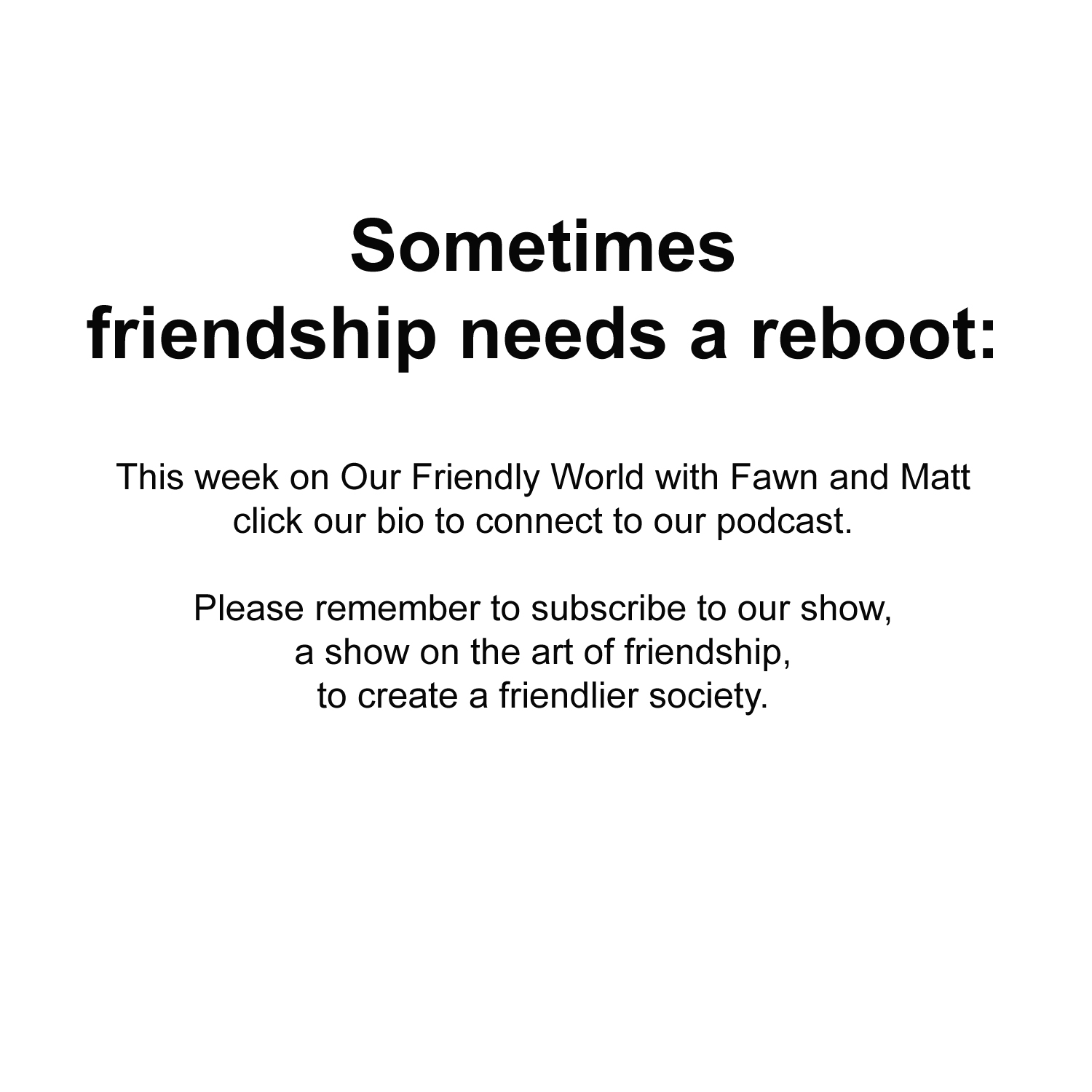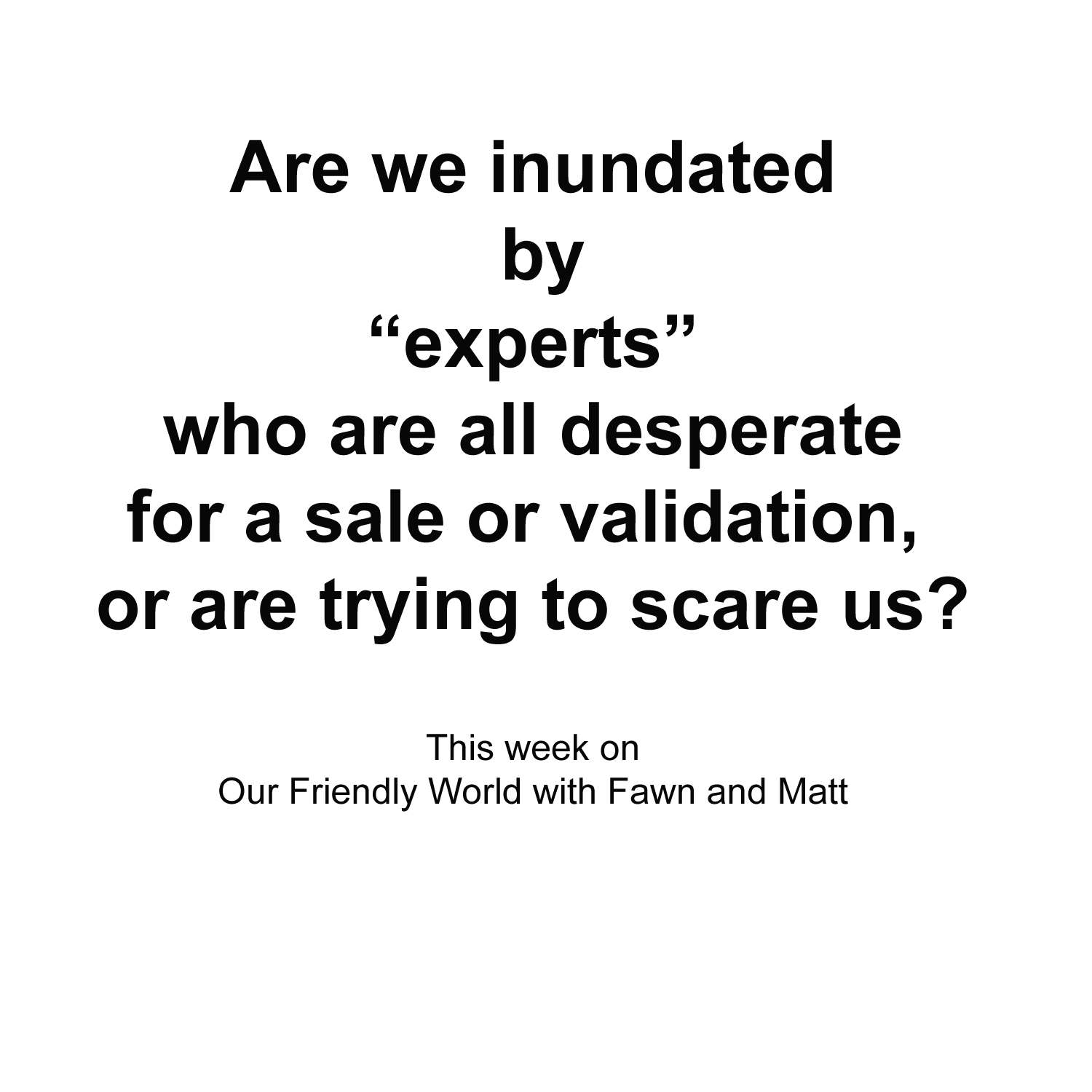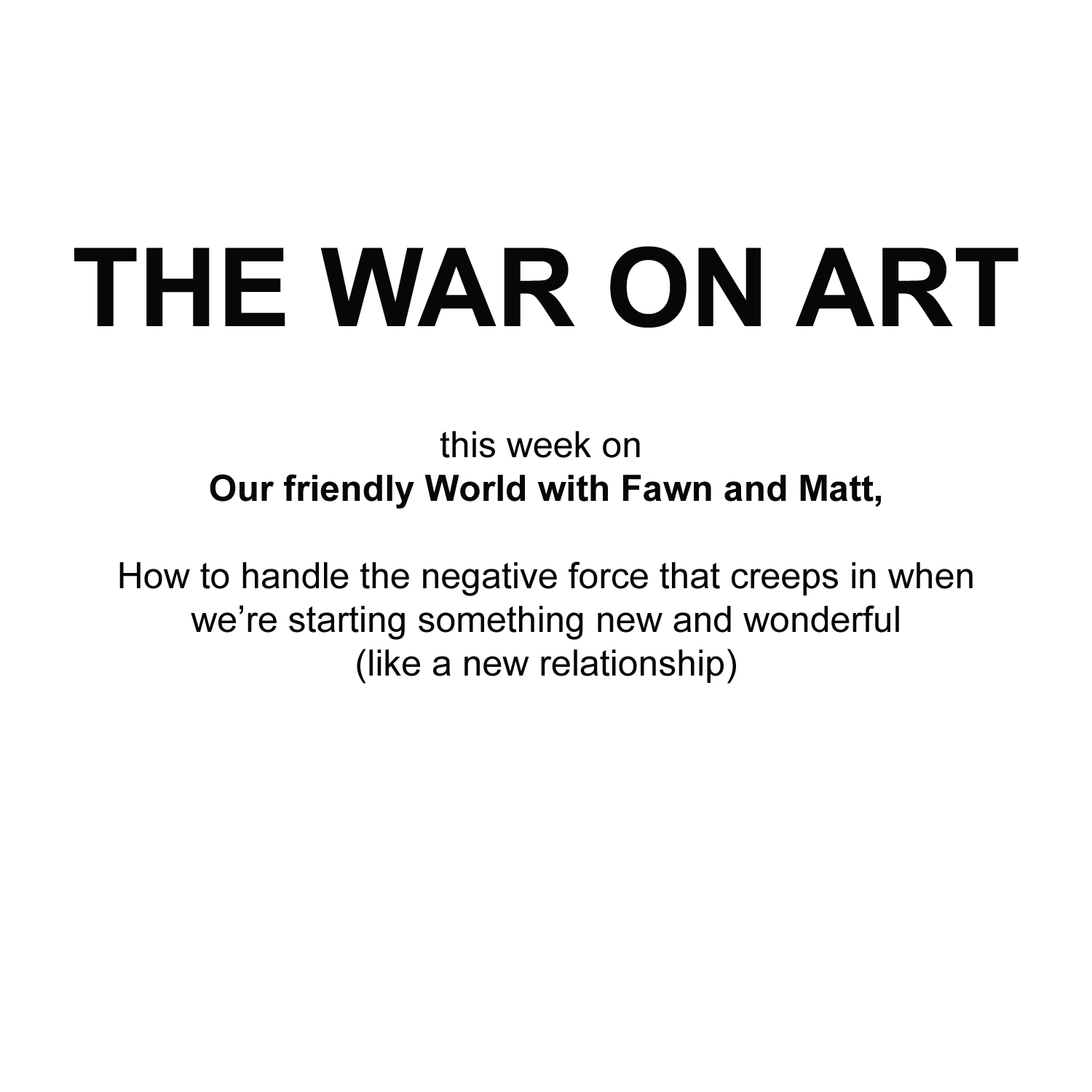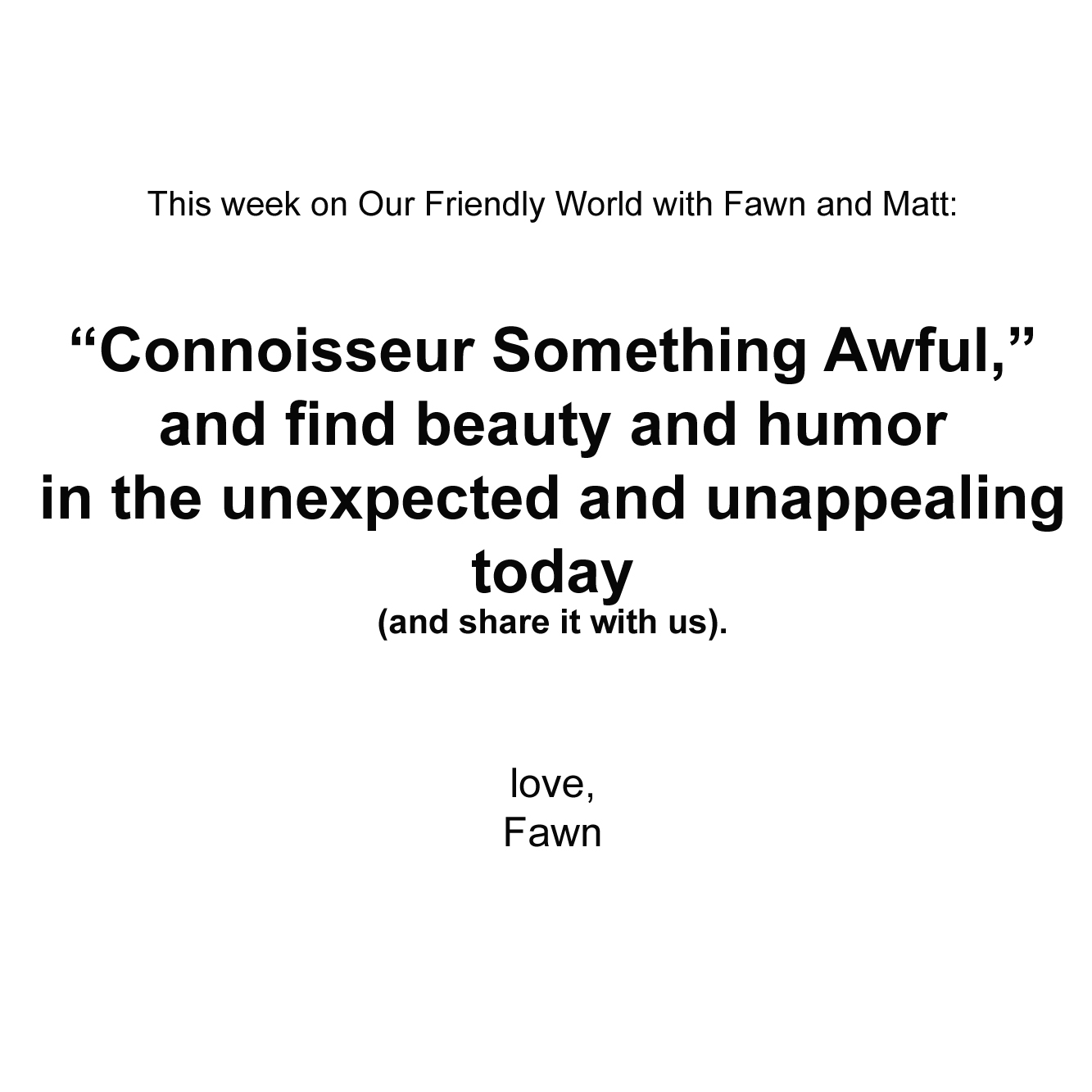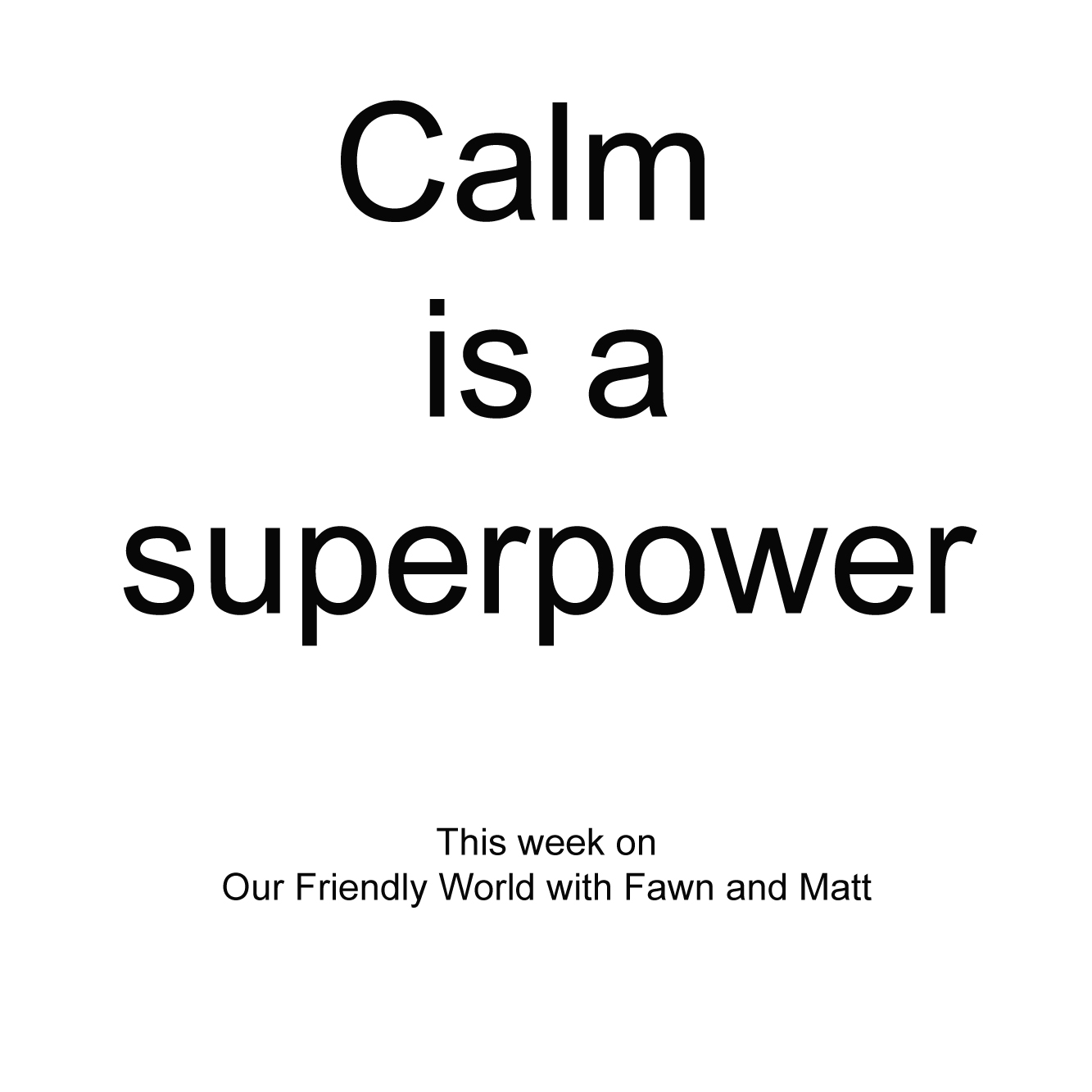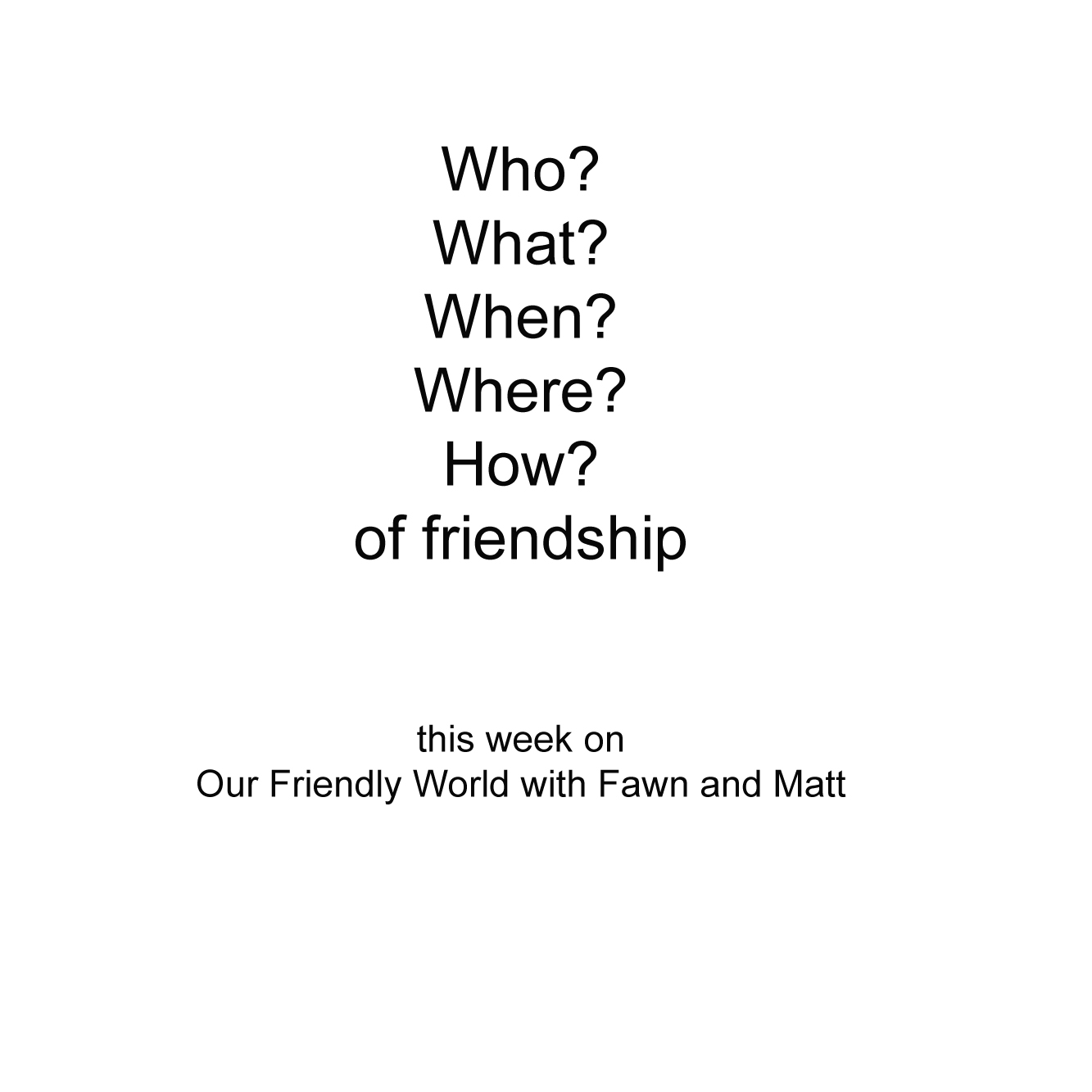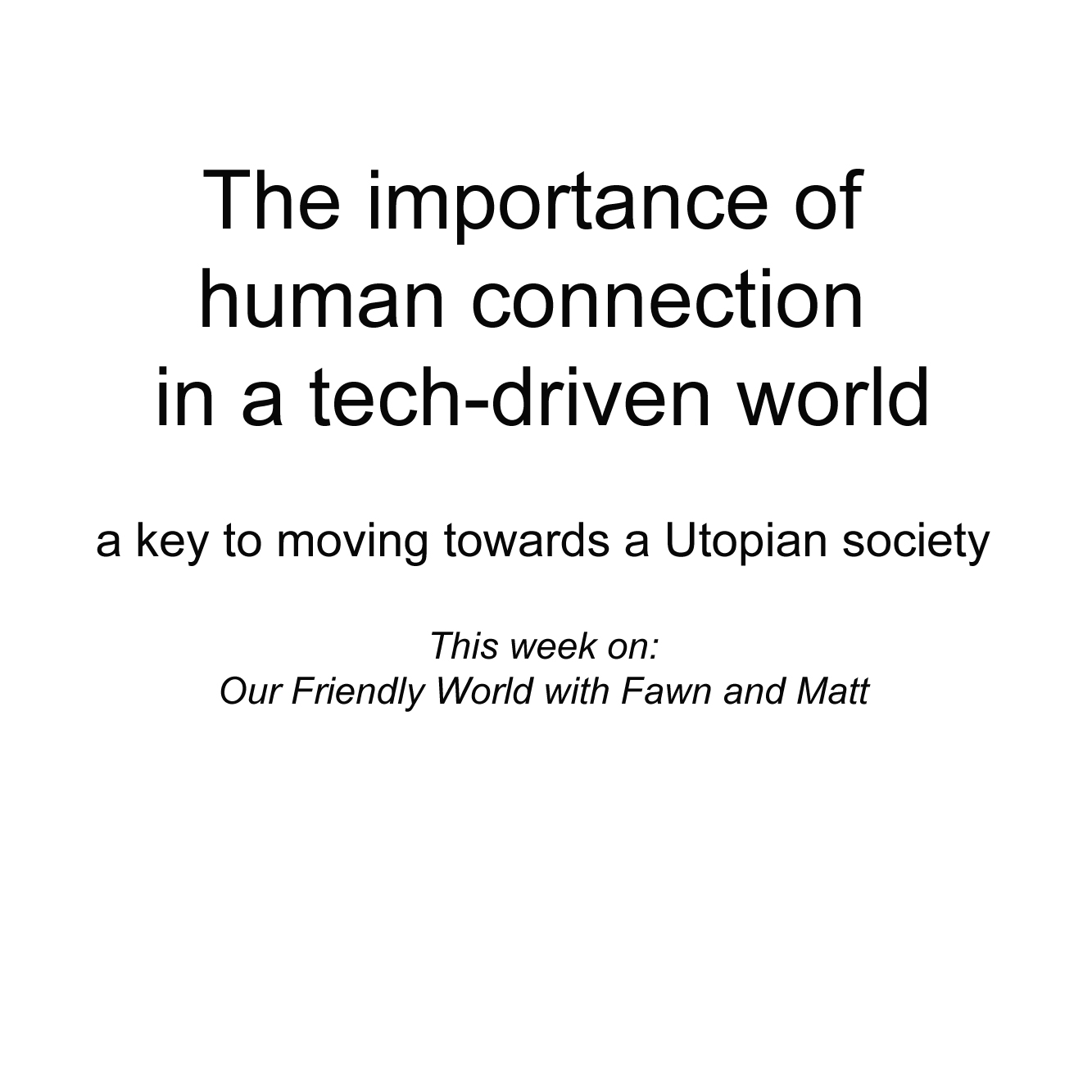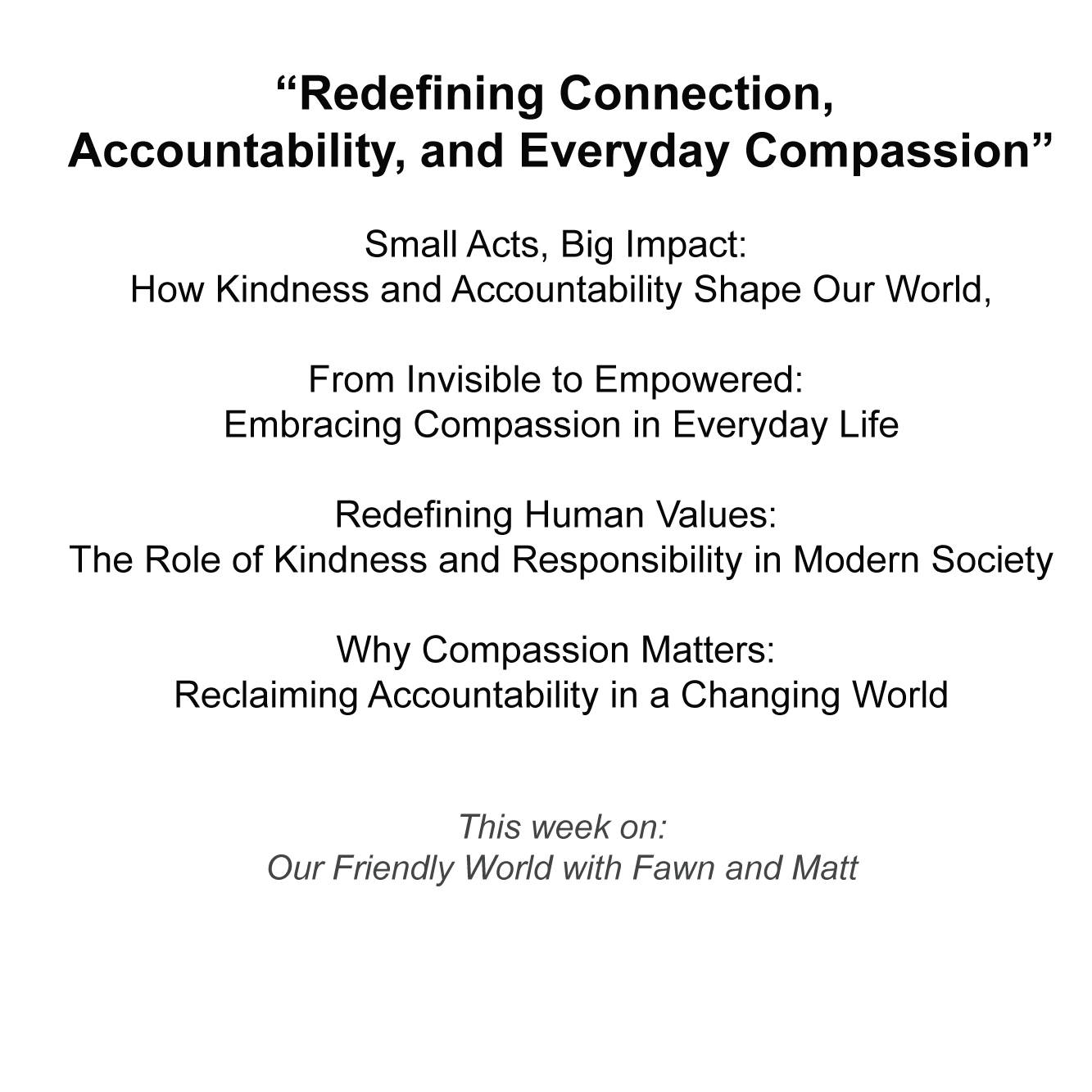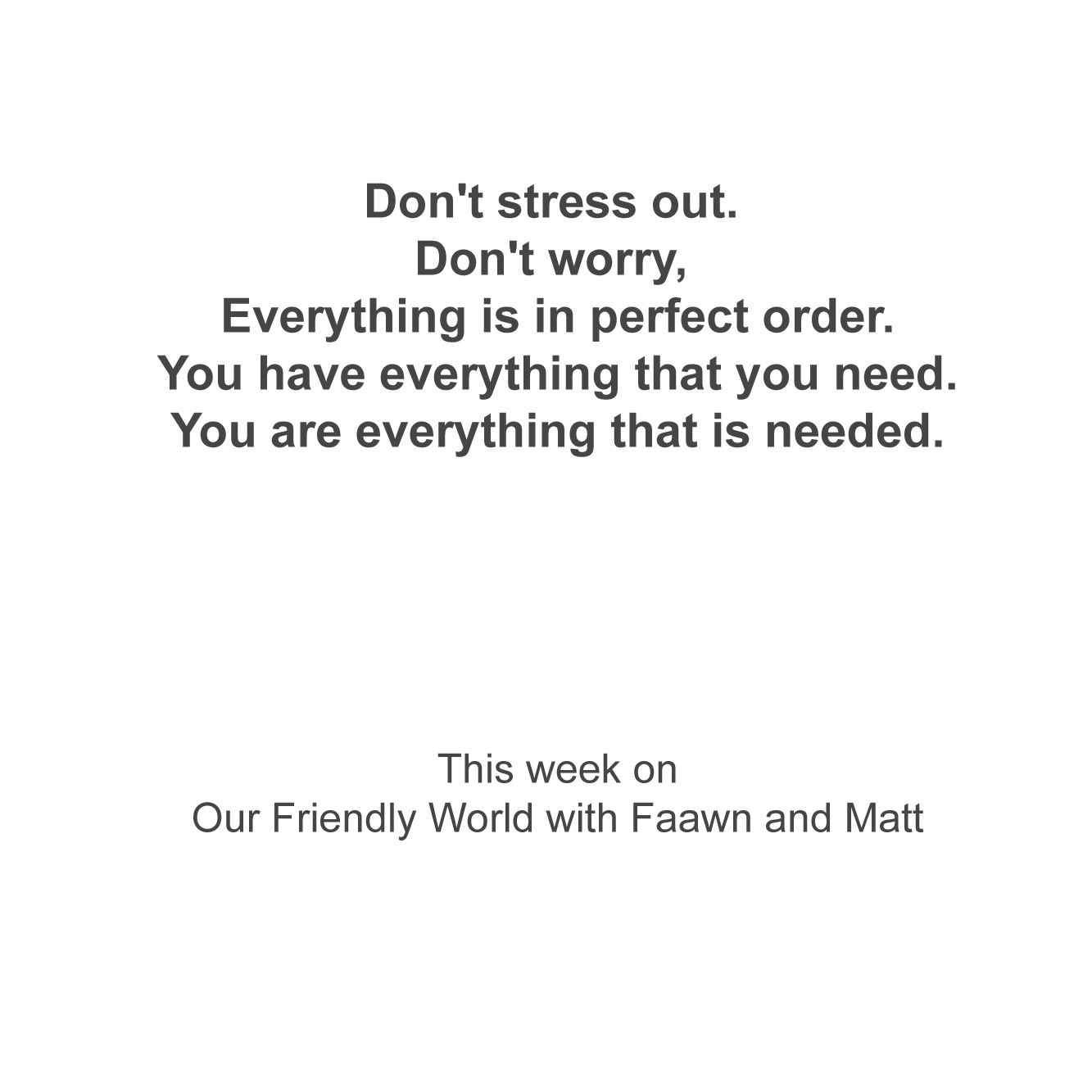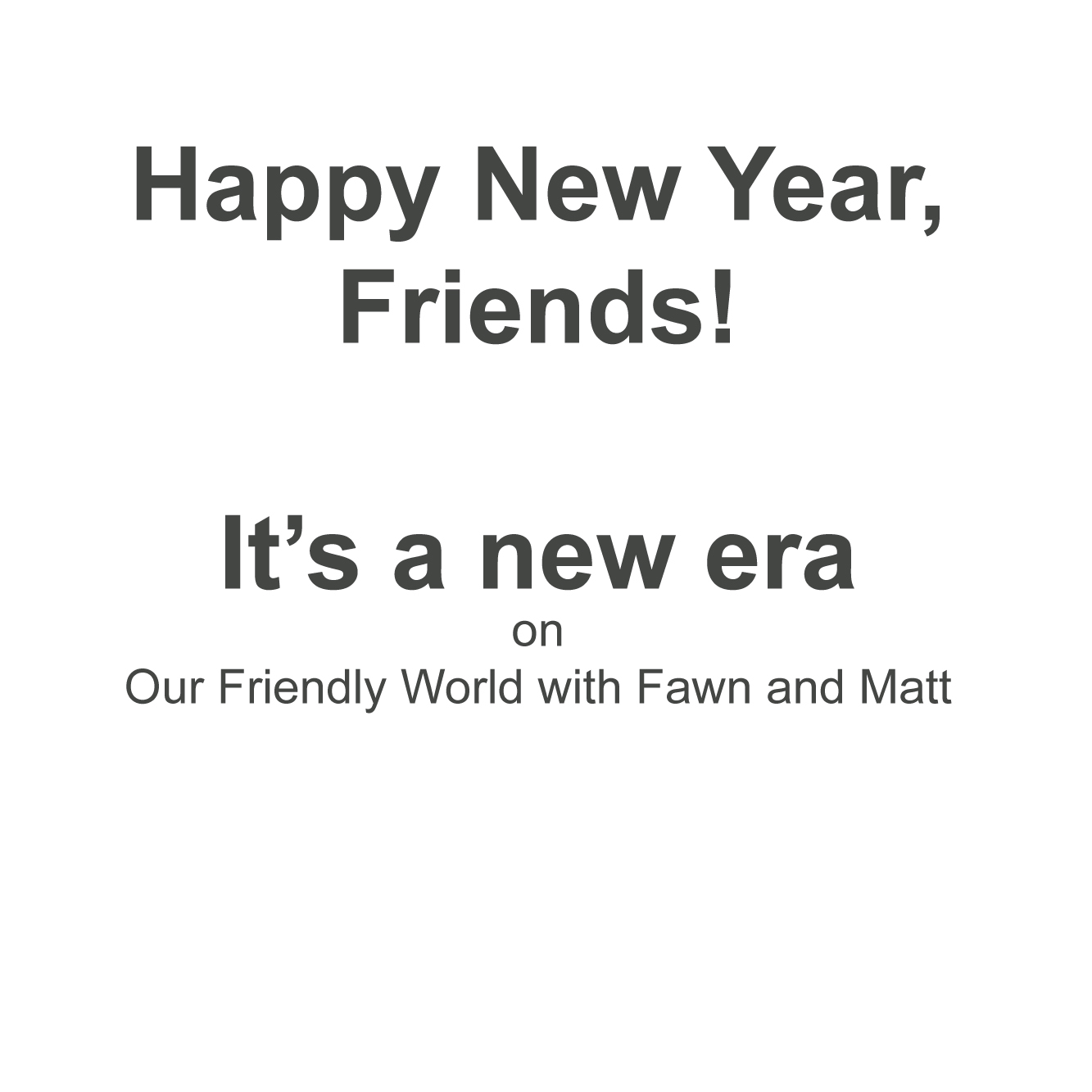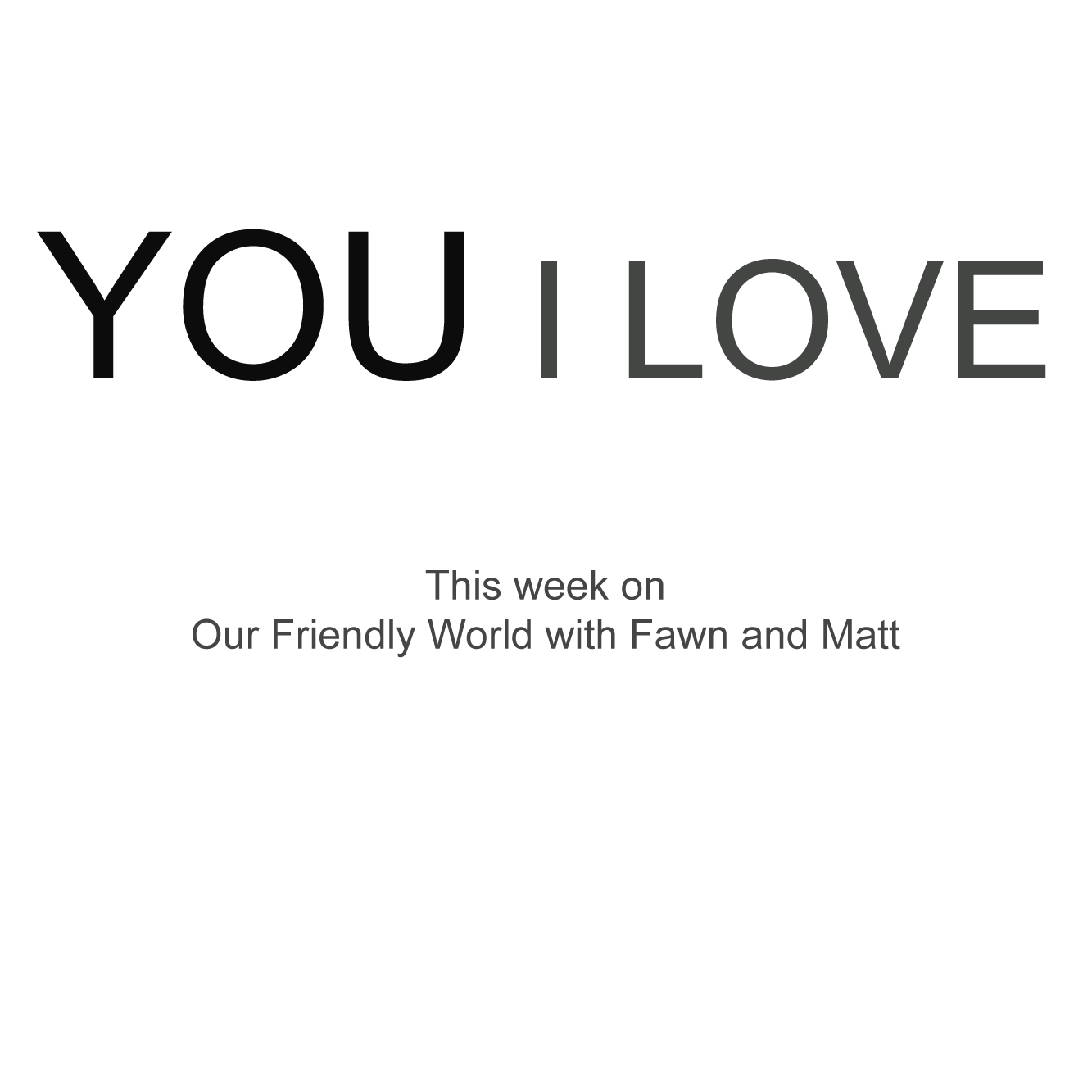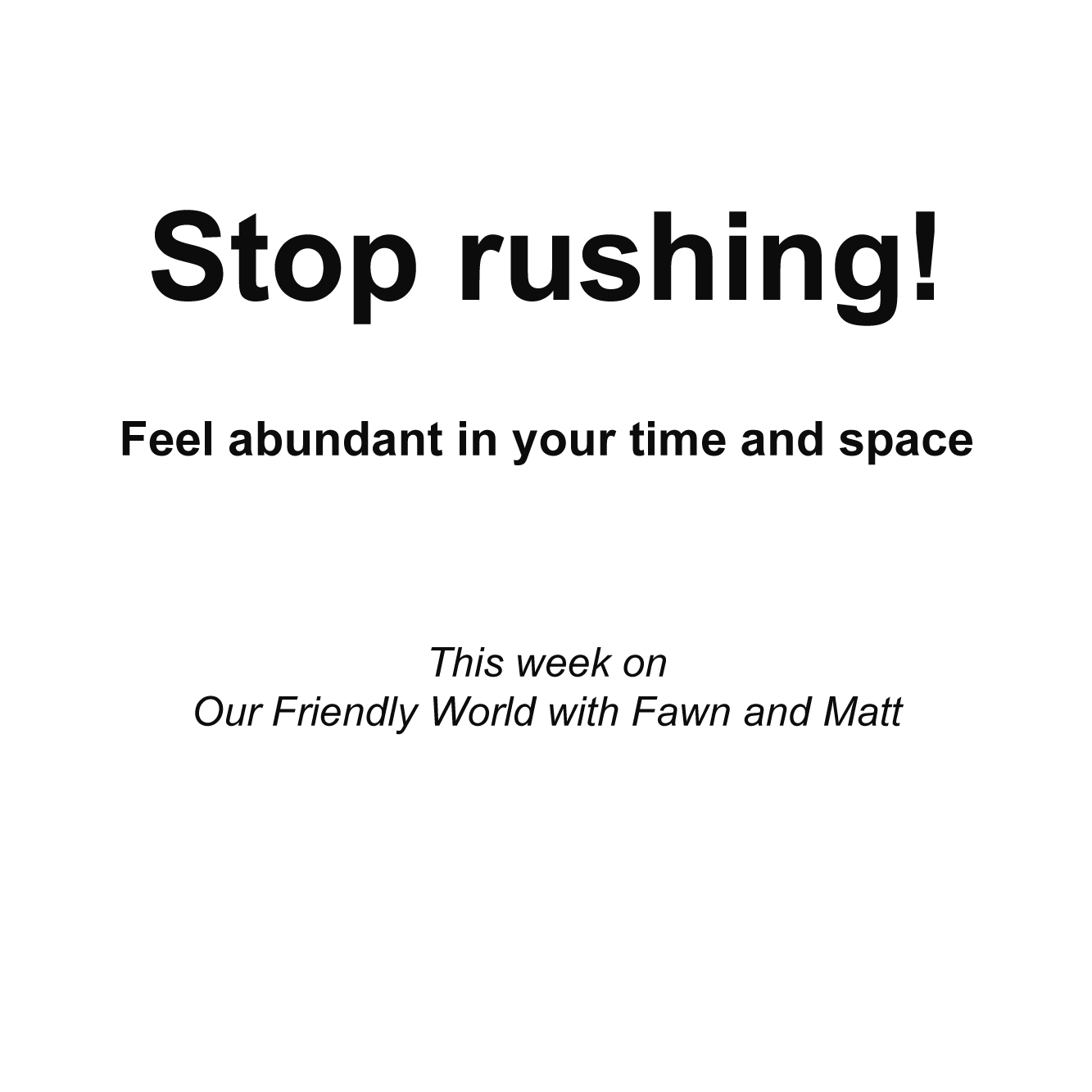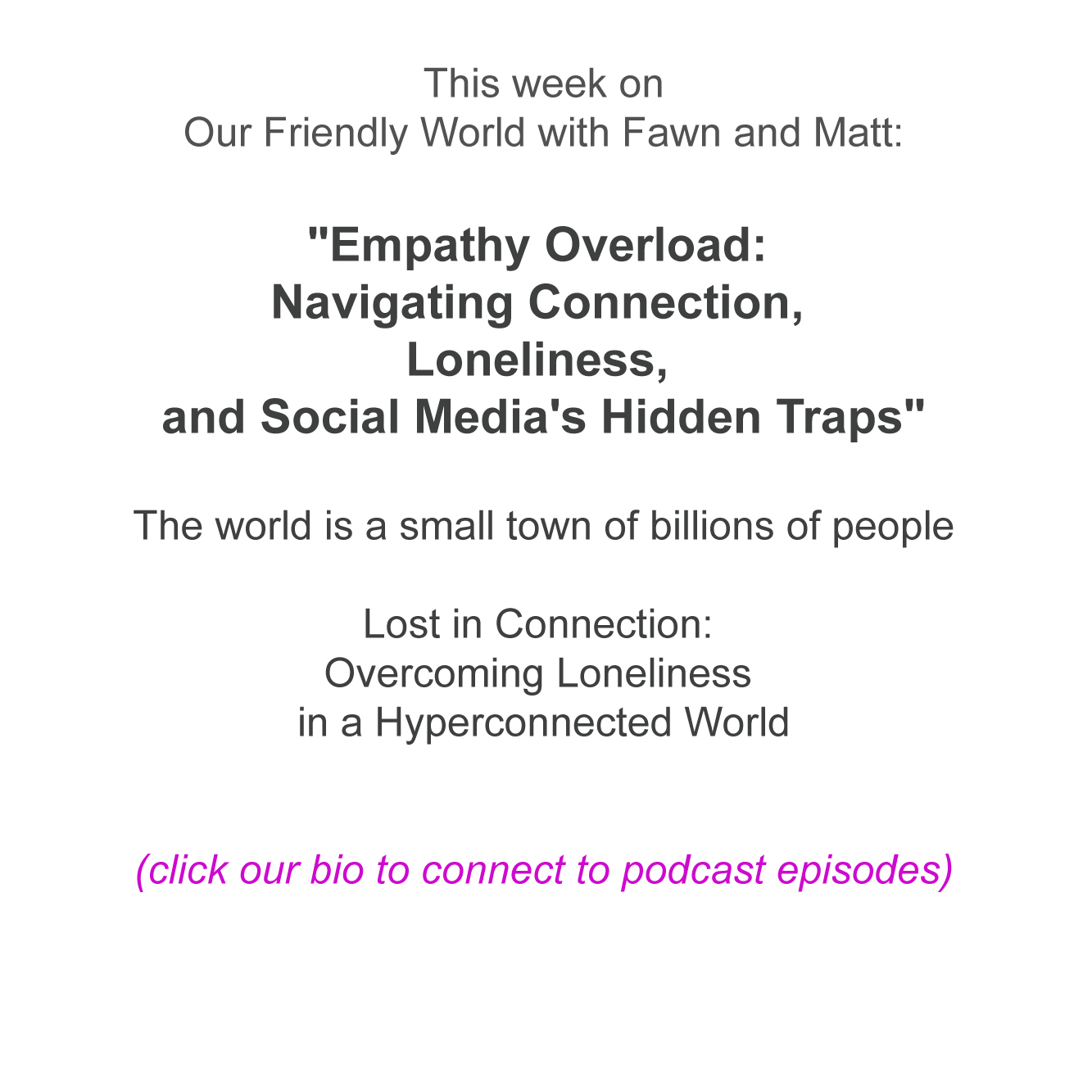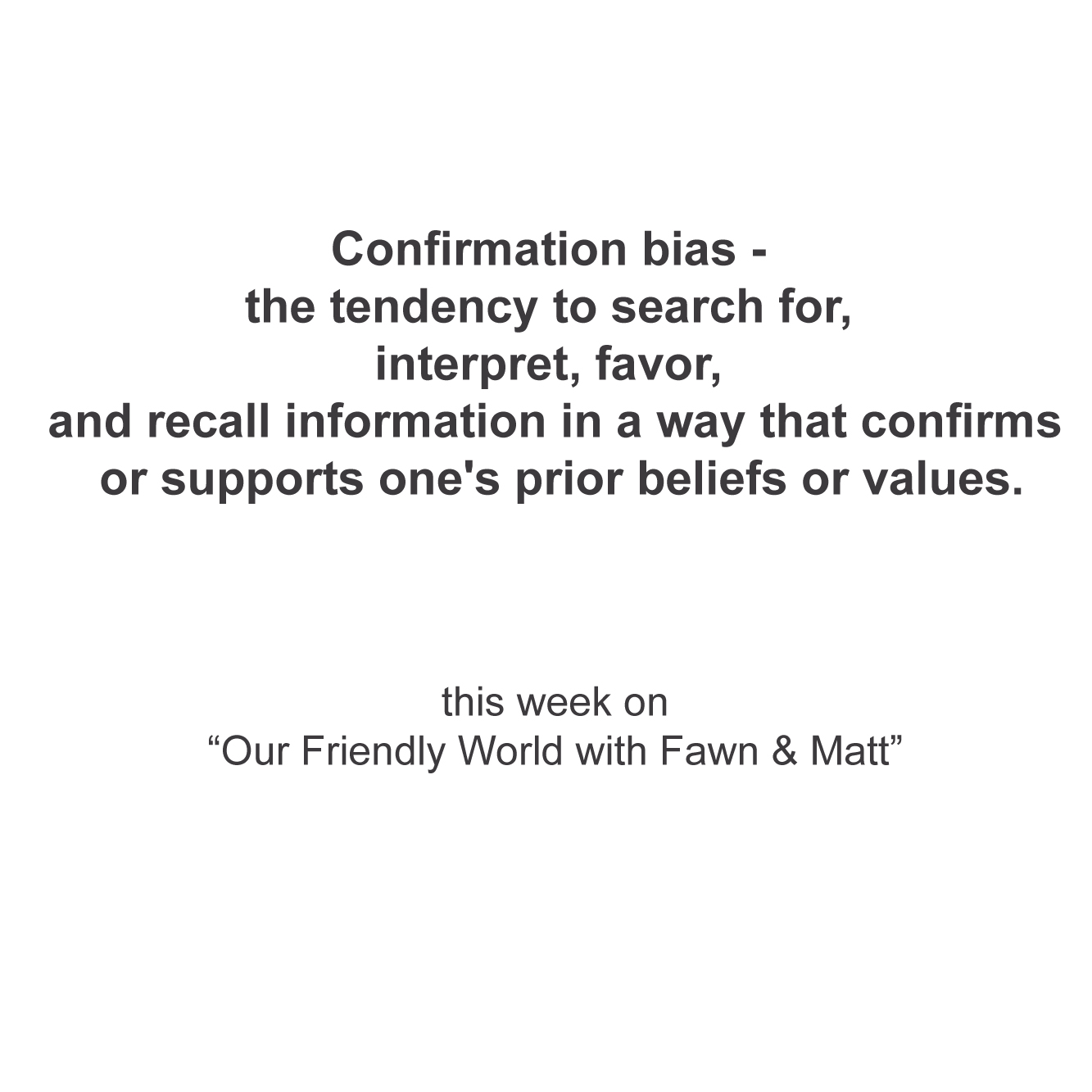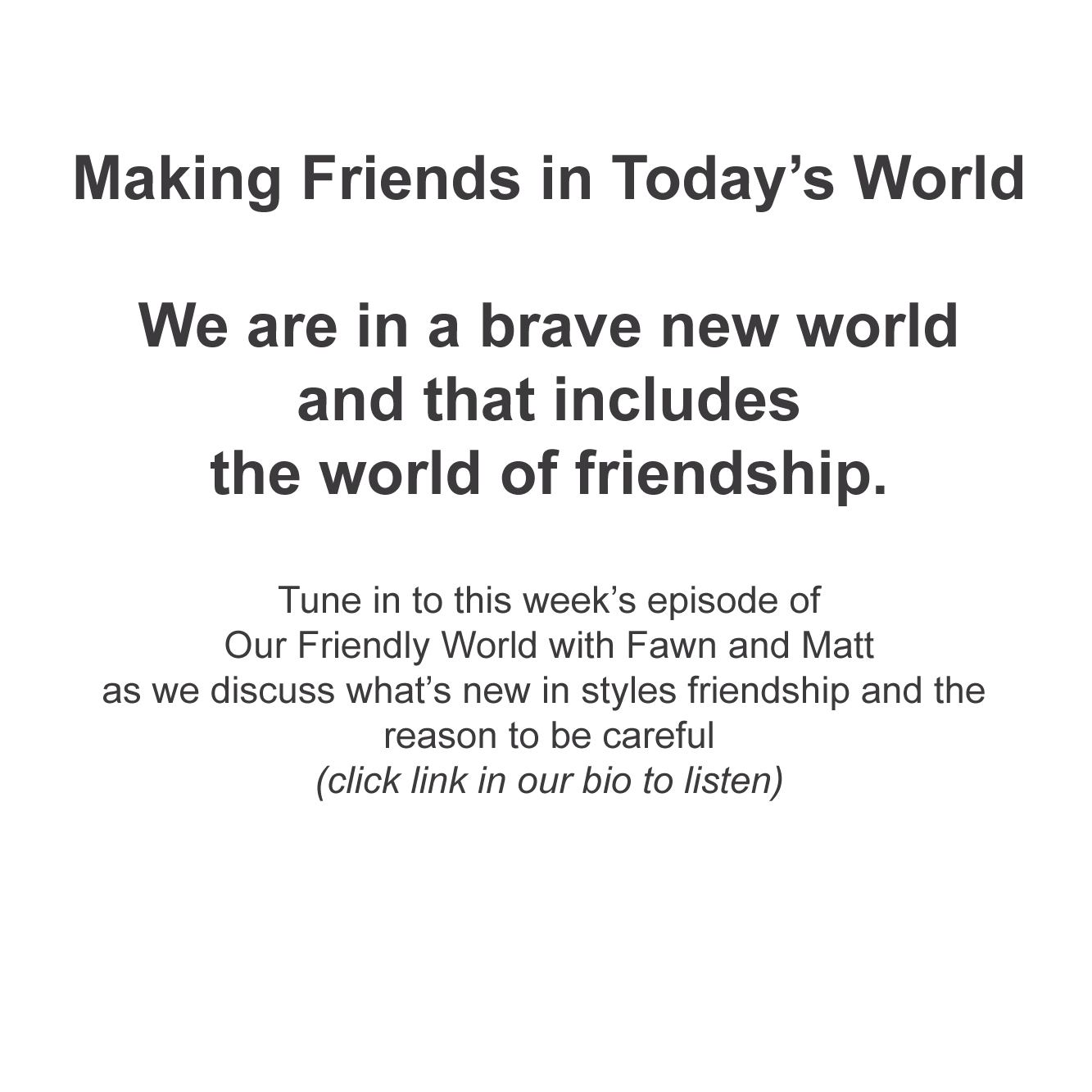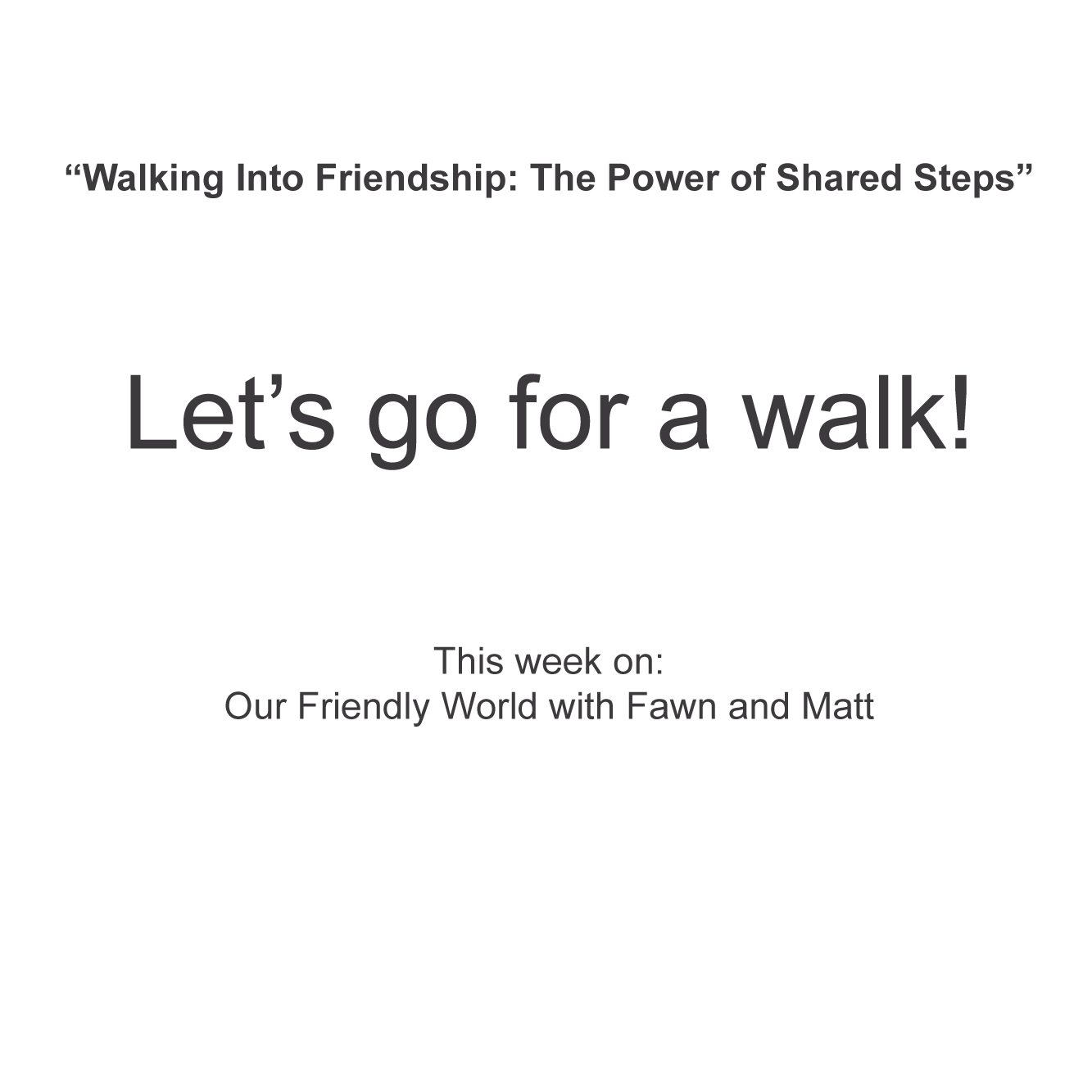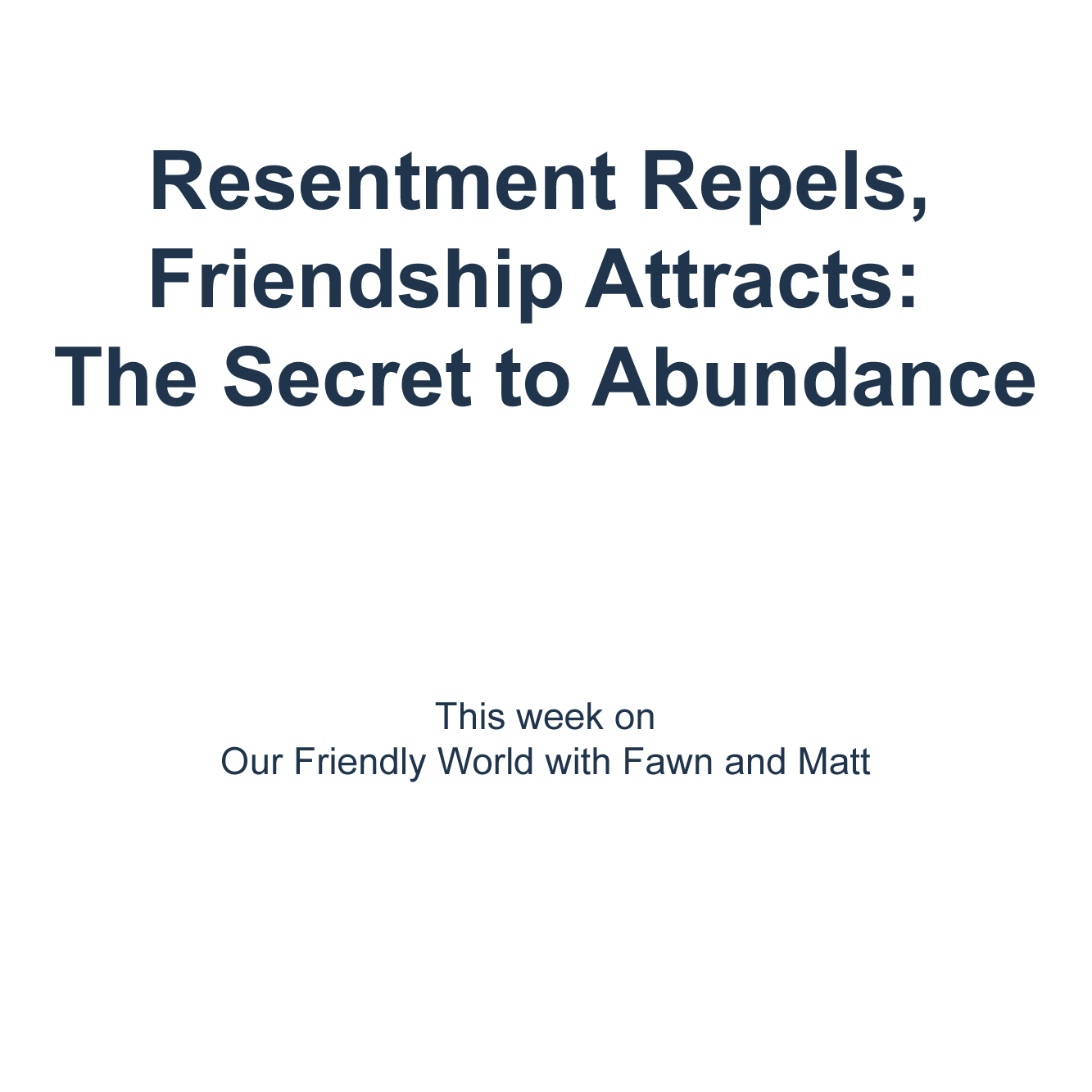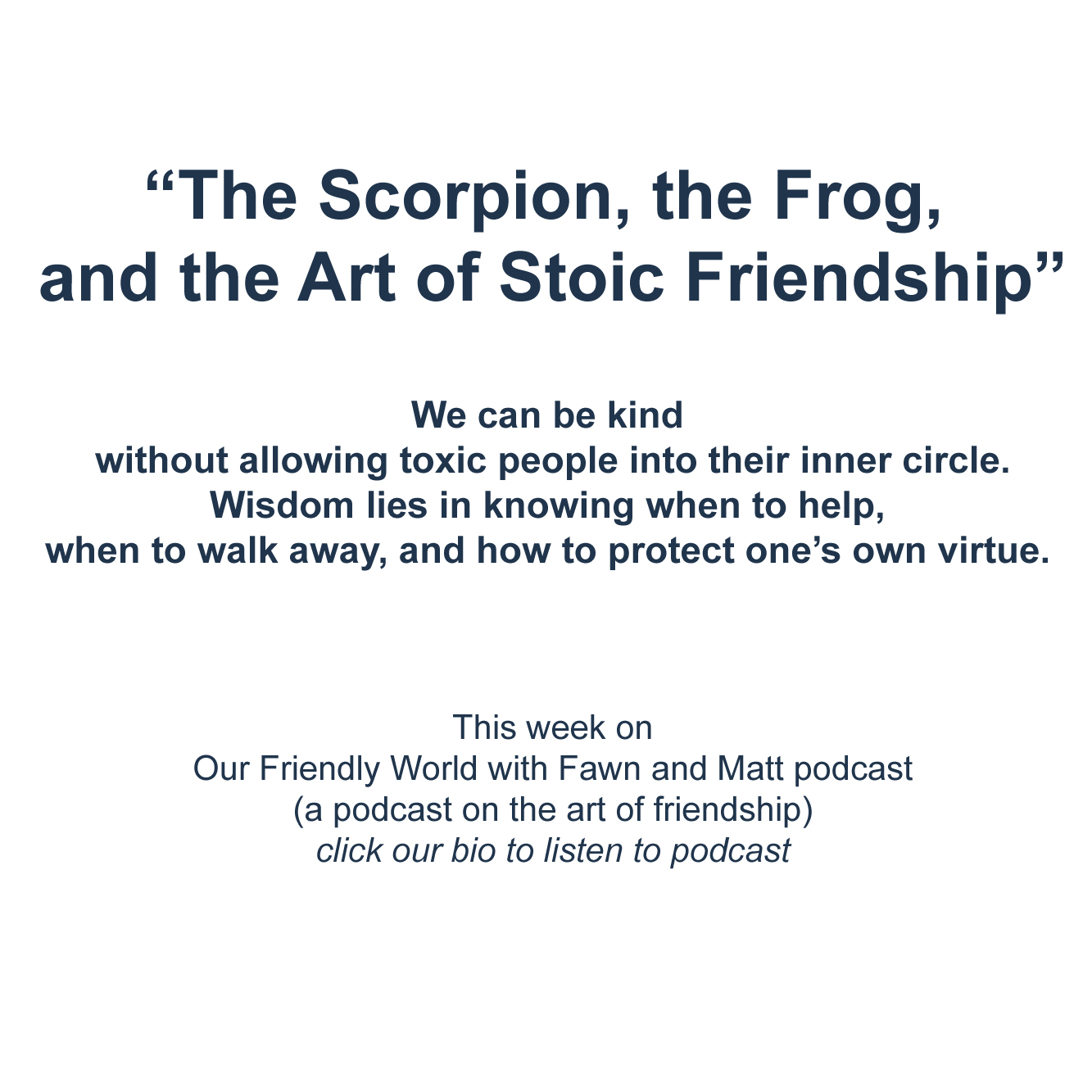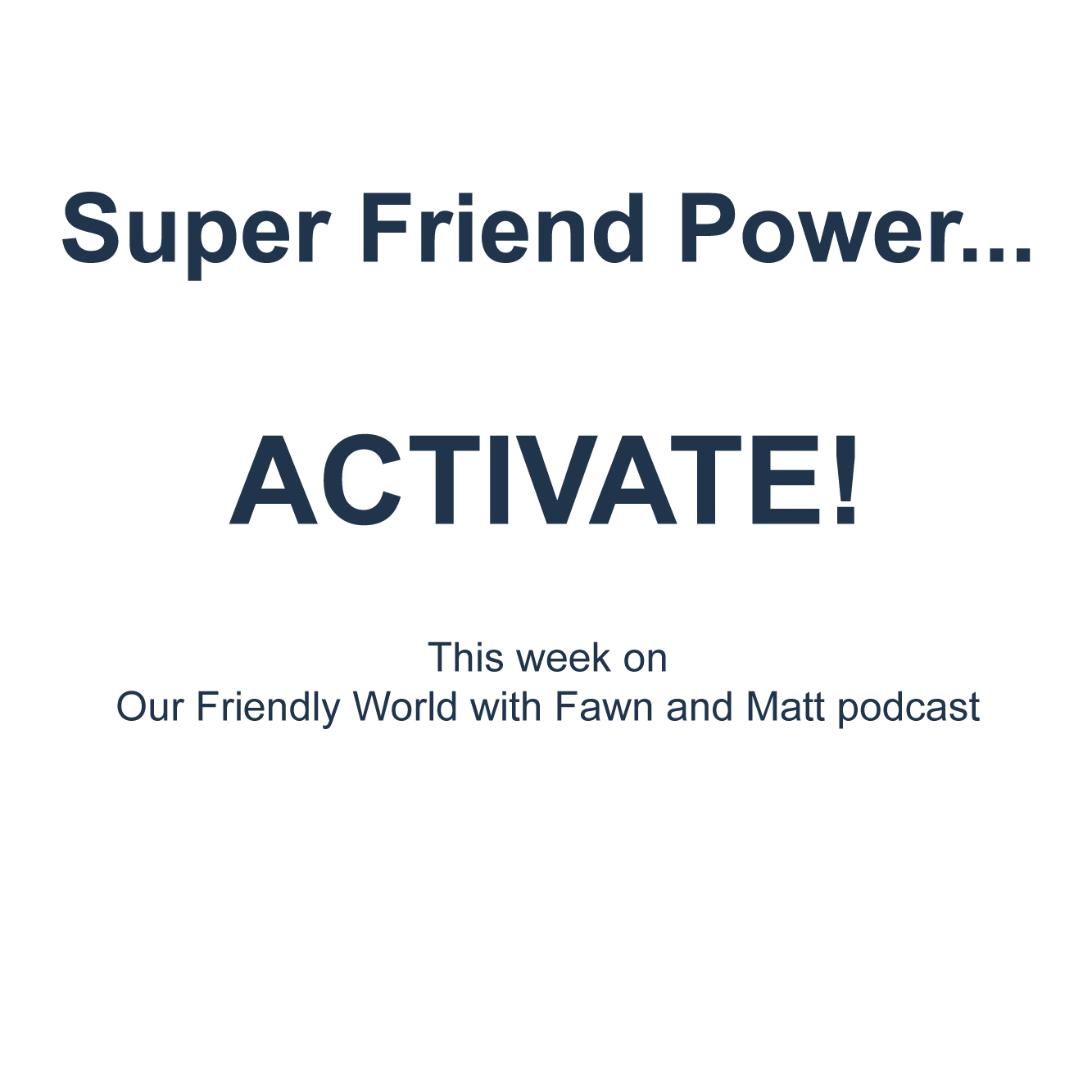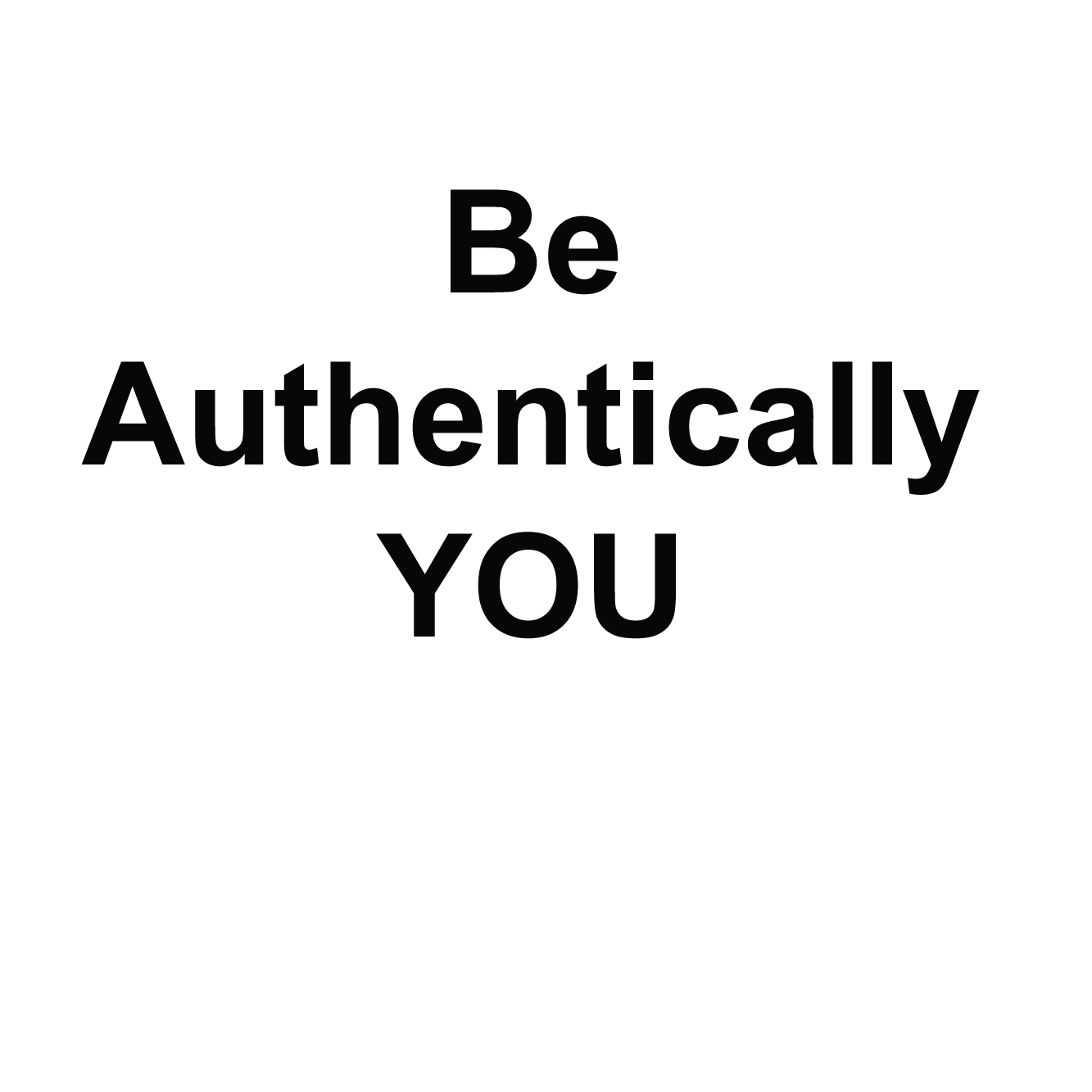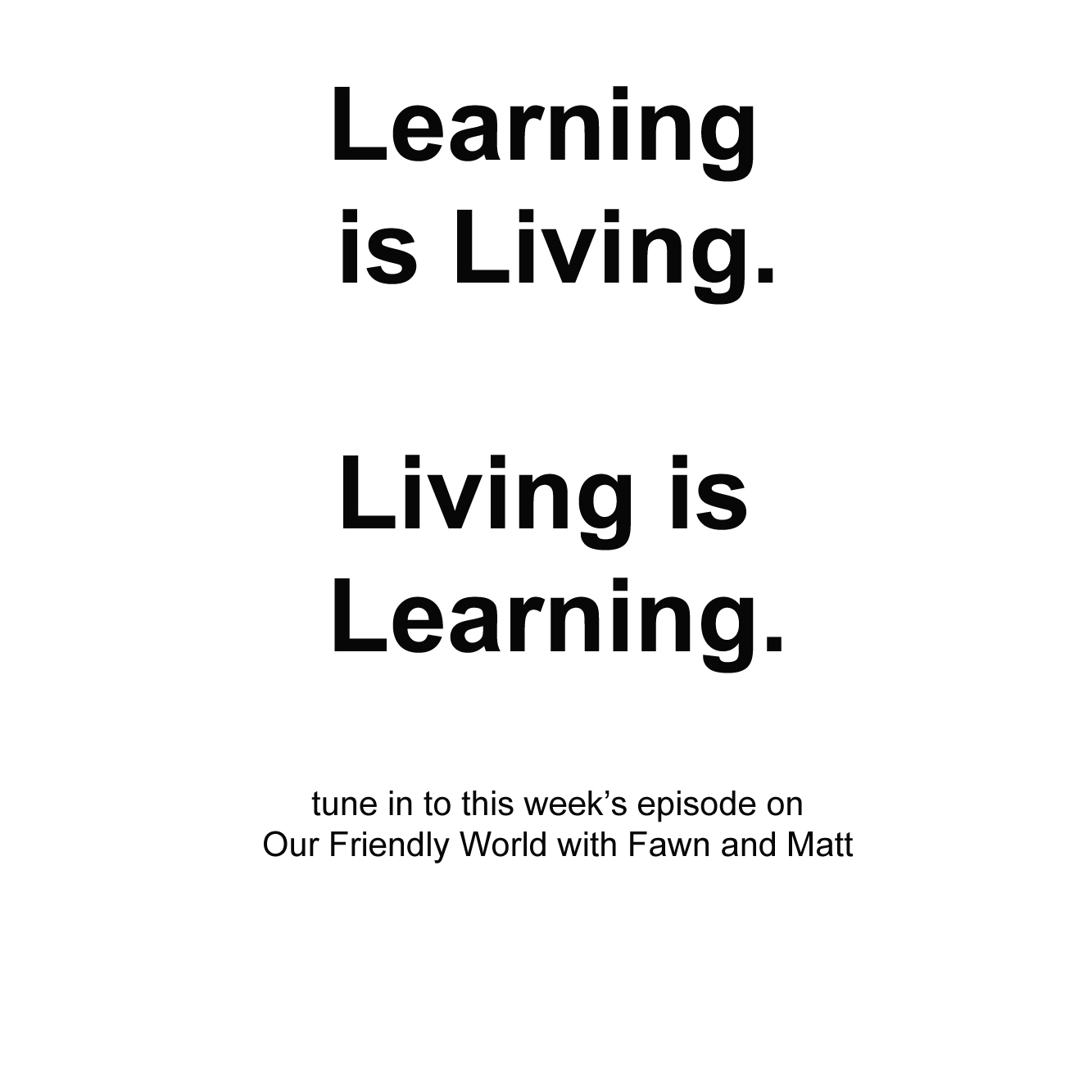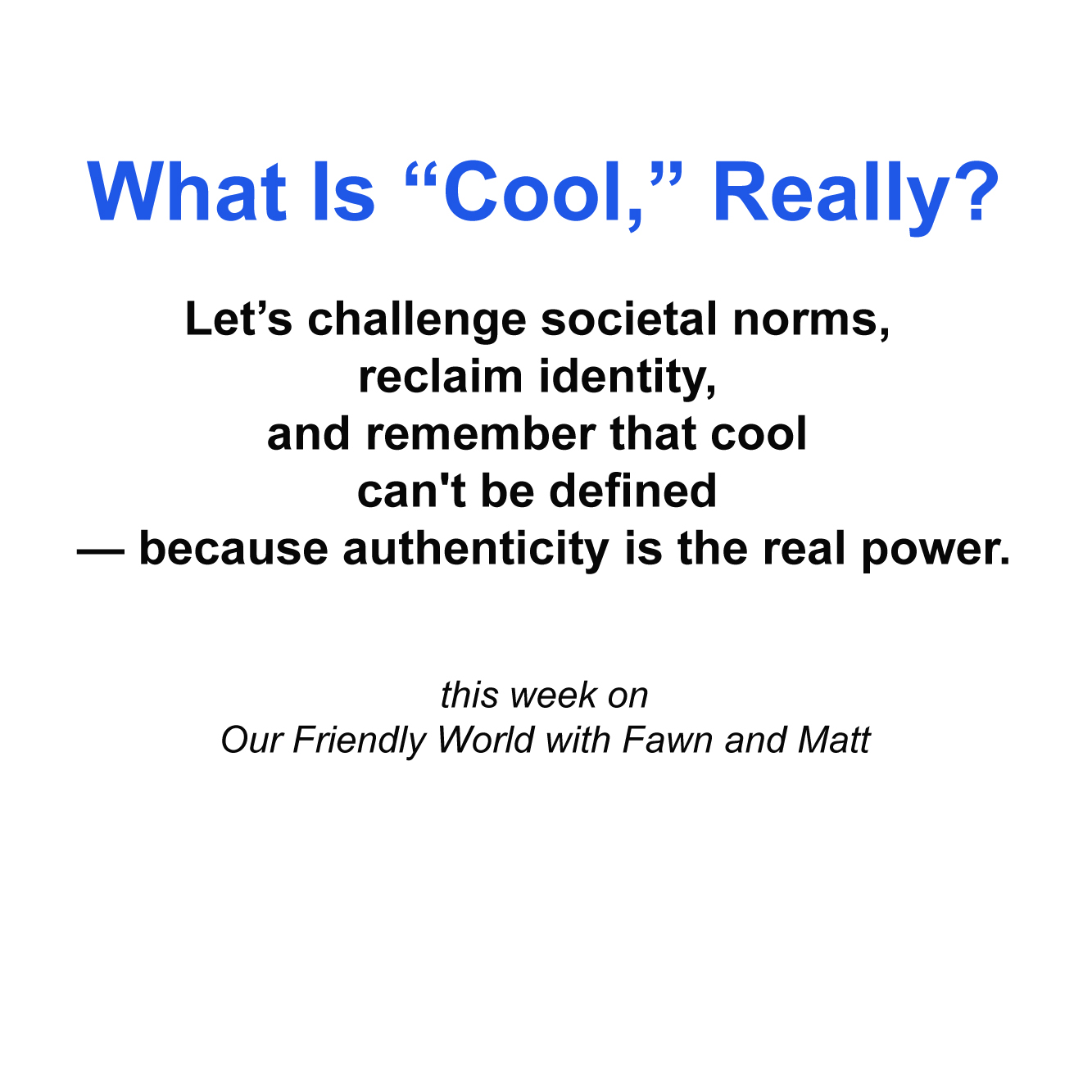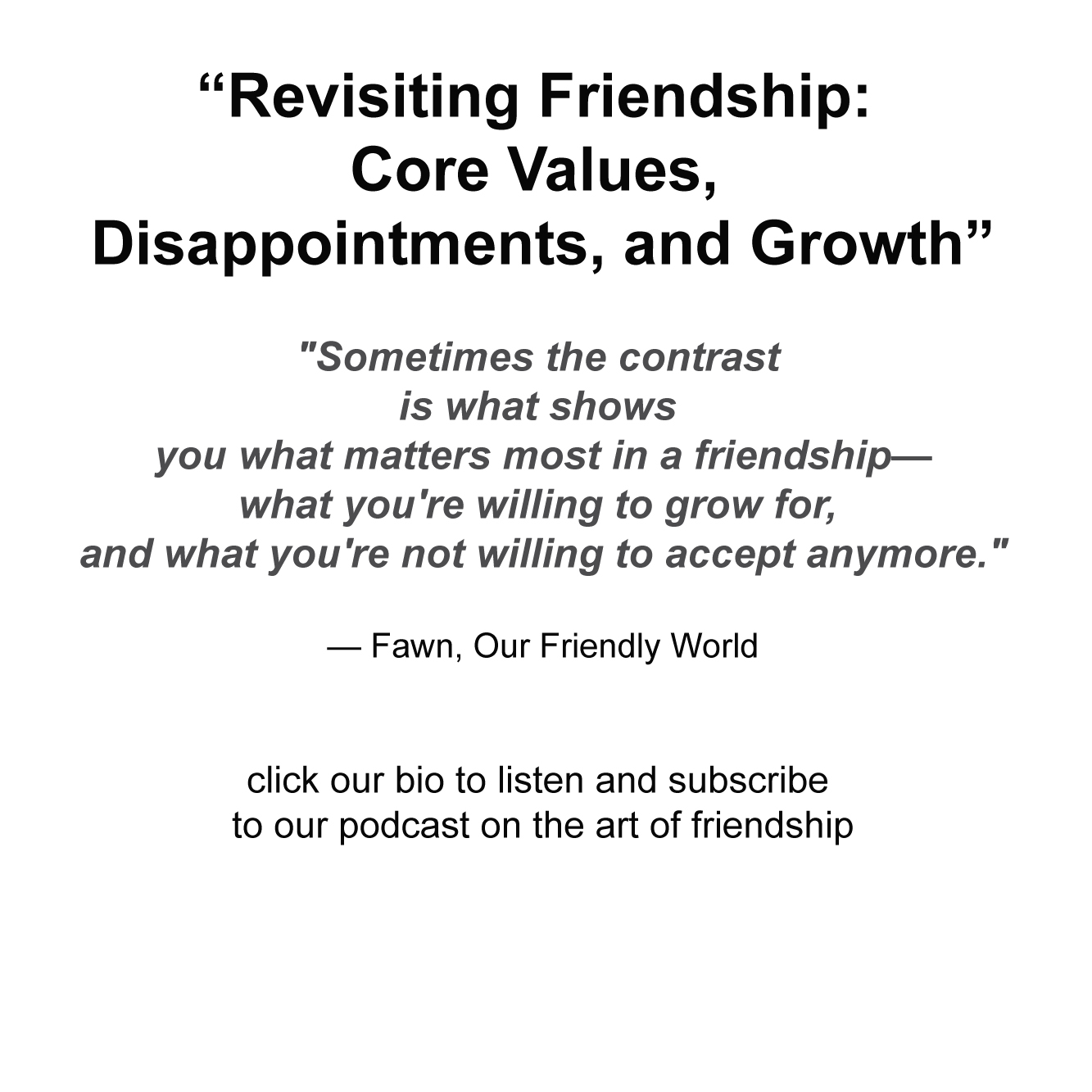The Art of Creating a Loving and Beautiful World with Vanessa Brantley-Newton

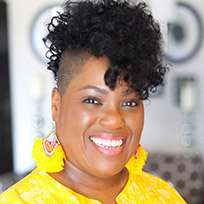
the art of friendship; we've talked about the different kinds of friends, the art of friendship, people along the way who changed the direction of our path, our understanding of life, the trajectory of our heart. It happens in different ways. It could be good or bad. I'm really mostly talking about the good. We've talked about this on other episodes. For example, one of my favorite episodes that we did was the one on "The Weird Friend". remember Matt. That's where through the etymology and from our own personal experience, we understood the original and true meaning of the word weird, which meant, or means fate chance, fortune destiny, like totally magical.
Some friends are people who meet us on the path for a few seconds. I think all meetings are all pre-planned meetings.
Have you ever had a friend or been in the presence of a person who weaves magic all around?
Have you ever had that friend with mountain-moving words; with such elegance and style, with great command, with powerful ways of seeing, with the kind of insight that seems to wave a magic wand, and you feel immediately transformed, gifted, alive, and fully embodied by love. Have you ever had that enlightened friend, the great friend, the friend who makes you cry with joy and inspiration and hope, maybe it's been eons since you felt this way or met this kind of friend?
Maybe you've been hurt by foolish people, foolish people, and it hurt you so bad that you told yourself. I will never let myself be exposed to that kind of hurt ever again. So you told yourself that such a friend, such a great friend doesn't even exist. So you close yourself off and you just live a certain way; not even looking for that. Maybe you haven't met this kind of great friend yet. Well, now you will or will again. Matt and I have the best friend to introduce you to (Vanessa Brantley-Newton).
https://www.vanessabrantleynewton.com/
https://www.instagram.com/vanessabrantleynewton/
the art of friendship; we've talked about the different kinds of friends, the art of friendship, people along the way who changed the direction of our path, our understanding of life, the trajectory of our heart. It happens in different ways. It could be good or bad. I'm really mostly talking about the good. We've talked about this on other episodes. For example, one of my favorite episodes that we did was the one on "The Weird Friend". remember Matt. That's where through the etymology and from our own personal experience, we understood the original and true meaning of the word weird, which meant, or means fate chance, fortune destiny, like totally magical.
There are so many different kinds of friends. Some friends are people who meet us on the path for a few seconds. I think all meetings, the chance ones, the split-second ones, the long relationship ones, the quick glance ones are all pre-planned meetings.
Have you ever had a friend or been in the presence of a person who weaves magic all around?
Have you ever had that friend with mountain-moving words; with such elegance and style, with great command, with powerful ways of seeing, with the kind of insight that seems to wave a magic wand, and you feel immediately transformed, gifted, alive, and fully embodied by love. Have you ever had that enlightened friend, the great friend, the friend who makes you cry with joy and inspiration and hope, maybe it's been eons since you felt this way or met this kind of friend?
Maybe you've been hurt by foolish people, foolish people, and it hurt you so bad that you told yourself. I will never let myself be exposed to that kind of hurt ever again. So you told yourself that such a friend, such a great friend doesn't even exist. So you close yourself off and you just live a certain way; not even looking for that. Maybe you haven't met this kind of great friend yet. Well, now you will or will again. Matt and I have the best friend to introduce you to (Vanessa Brantley-Newton).
https://www.vanessabrantleynewton.com/
https://www.instagram.com/vanessabrantleynewton/
Transcript
[00:00:00] Fawn: Hi, everybody. Welcome to our friendly world. Hello. Hi everybody. Have you? Ah, how do I, okay, so we've talked about this a lot, the art of friendship; we've talked about the different kinds of friends, the art of friendship, people along the way who changed the direction of our path, our understanding of life, the trajectory of our heart. It happens in different ways. It could be good or bad. I'm really mostly talking about the good. We've talked about this on other episodes. For example, one of my favorite episodes that we did was the one on "The Weird Friend". remember Matt. That's where through the etymology and from our own personal experience, we understood the original and true meaning of the word weird, which meant, or means fate chance, fortune destiny, like totally magical.
There are so many different kinds of friends. Some friends are people who meet us on the path for a few seconds. I think all meetings, the chance ones, the split-second ones, the long relationship ones, the quick glance ones are all pre-planned meetings.
Have you ever had a friend or been in the presence of a person who weaves magic all around?
Have you ever had that friend with mountain-moving words; with such elegance and style, with great command, with powerful ways of seeing, with the kind of insight that seems to wave a magic wand, and you feel immediately transformed, gifted, alive, and fully embodied by love. Have you ever had that enlightened friend, the great friend, the friend who makes you cry with joy and inspiration and hope, maybe it's been eons since you felt this way or met this kind of friend?
Maybe you've been hurt by foolish people, foolish people, and it hurt you so bad that you told yourself. I will never let myself be exposed to that kind of hurt ever again. So you told yourself that such a friend, such a great friend doesn't even exist. So you close yourself off and you just live a certain way; not even looking for that. Maybe you haven't met this kind of great friend yet. Well, now you will or will again. Matt and I have the best friend to introduce you to. Everyone, I would like you to meet Vanessa Brantley-Newton. You probably already know of her.
She is an author storyteller, illustrator, speaker doll maker, creative, all-around person, a bringer of joy, a bringer of light. Last you counted. How many, when did you stop counting? She has like 80 books out there. Did you stop at 80? How many did you count? I stopped at 80. Yes, you guys.
She's a phenomenal person. She is just, I mean, Matt, I thought I knew so much about her because I've actually had the opportunity to study with Vanessa and I thought I knew everything. And then you told me stuff, you know, about her. I'm like, wow. How did you know that? There's honestly, she is so multifaceted.
She is the kind of friend that is just inspiring. Just a little bit about her. Did you know she was dyslexic? Yes, I did. Did you know? I didn't know this word. I, and I realized actually I knew of it, but I didn't know the word really, but like the girls love Billie Eilish. And I think Billy Eilish is also this way.
There's something called synesthesia, which
[00:03:52] Matt: sounds sinister, doesn't it.
[00:03:54] Fawn: But they hear music that they hear music and they see shapes, or you hear a word or a name and you instantly see a color or you can taste it. Oh my God. I think I have that one. I have that one, I taste things. And I thought just, I thought this, I started to notice this a long time ago and I thought something was wrong with me.
[00:04:16] Allegra: Like for example, some people can see the can like read the word dog and smell
chocolate. Oh, the irony
[00:04:27] Matt: rare appearance by our, uh, youngest
[00:04:29] Fawn: that was a totally rare, it's like a rare, that was like a deer showing up out of the blue. That was. Uh, miracle everybody. That was Alegra. Yeah. So there's that. And then it's through like, it's it's experiences, you experienced senses through another way.
Like it translates to, like, I think to perceive together is what it means, the actual word. Anyway, uh, Vanessa is an amazing artist and I'm sorry, she's right here. And I keep interrupting because I keep wanting to tell you more about her,
but she she's the most amazing and patient. Okay. Okay. Well, you know what, let me just, let me just go, Vanessa. Hello. Thank you for coming everyone. Please meet Vanessa Brantley-Newton.
[00:05:23] Vanessa: Hello. Good morning. Good morning to you. All is such a joy to be here with all of you.
[00:05:29] Fawn: Thank you for being. I was also going to tell them that you were a flibatonist and that's the one who draws blood.
And you did that with babies and you, your history is just fascinating. And the way you tell stories and you haven't mentioned
[00:05:47] Matt: her
[00:05:47] Fawn: photogenic memory. Oh my God. She has a photographic memory. I keep saying photogenic. Cause I just, you know, she has a photographic memory. The first time I ever heard Vanessa say anything, like I, I popped into a zoom and I was taking a class, she said, I see you. And I'll all of a sudden I perked up. I'm like, oh my God. We say that all the time. Right. And I say like the first time I ever heard that I started crying. Because someone saw me because in our society, I get ignored all the time. And if I don't get ignored, they think I'm somebody's maid that I'm there to clean their house or something ridiculous.
Like, like I'm just there to pick up their garbage. Yeah. There's nothing wrong with that, but that's all they see me as, and all the other times I get totally ignored. So when someone says, I see you and they have a smile upon their face, I'm like, I just want to cry.
[00:06:53] Vanessa: That is awesome. That is awesome because there is so much power in seeing, you know, we take for granted, the fact that we do have eyes to see, because there's so many who, uh, may be not blind physically, but still blind, you know, and not able to see when you can't see people or you just see them the way that you want to see them and not as they are.
Uh, it's, it's, it's very sad. It's very, very sad. I have been a watcher since I was a little girl and watching people, watching my parents, watching, my grandparents, watching my cousins, watching my mom and dad's friends. And so I was introduced to diversity at a very, very, very early age. Uh, my father's boss was a Jewish man.
Mr. Feinberg was very good friends with my dad. He worked at a meat packing house in Newark, New Jersey on A Street. And I remember my dad taking me down to the meat packing factory as a little girl. And the things that I saw when I went down there, uh, I would see them putting the cows on this little rotary thing that, uh, they would have, uh, the, uh, Jewish man standing over to the side.
And he would make sure that the meat was kosher by blessing it and everything. It was amazing. And to have those memories and remember to see those things and to see Mr Feinberg and my father hug each other. And, uh, later Mr. Feinberg introducing us to his whole family. And then my mother who worked as a midwife, and as a nurse, would go to the hospital and her friends were mostly Filipino and they would look at my mom because my mom's father was actually Japanese and Cambodia and African-American.
And they would look at her and she would go, oh my God, they th they recognize that, but they would come to our house and they would spend time with us. And then the students that would come from Africa, they would come and they would stay at my mom and dad's house.
And yes, if you were a gay child, while my mom and dad were Pentecostal ministers and preachers, they would take in your gay child and they would love your gay child because they believe that children- let them live, let them express themselves, let them find out. Don't just cast them away. They're your child. Love them.
And it was about loving people. And that's where I got that from. And it was also, you know, to see. So if a Mexican family moved into the neighborhood and they were the only Mexican family, you better believe my mom and dad were going to have them over next week at the house. And everybody in the neighborhood is looking like why they're having these people over?
oh, if it was the Indian family, whole Muslim family came into the neighborhood in a predominantly white neighborhood where there were no Muslims, no people of color in the neighborhood. And here, my mom and dad bringing in these Muslim families, families and Jewish families . They're all in the same house.
Don't, you know, the Jewish people and Muslims, they don't, they're supposedly not get along. But when you were in my mom and dad's house, she got along, it was, it was the first time that I ever saw diversity and love in action. And it was very powerful. It, I would never really understand how it would cover my life in that I had children coming home from school with me, that was from every nationality. Every, every culture, every religion coming into my house and my parents embracing them and loving them. It was, it was powerful. It's where the best gift my mom and dad ever gave to me. But,
[00:10:42] Fawn: you know, what's a tragedy for me and bro, a lot of people that I see out there, but like one of the tragedies I had when I was a, I'm sorry, that's very like exaggerated, but not really because it involves my heart and it, it did feel like a tragedy, but growing up, I felt like it was a mix.
It was, it was an up and down Seesaw thing either I was completely ignored or if I wasn't ignored, there would be all this hate that would come at me. So either I was trying to hide or I was desperately seeking to be seen. Yeah, with a beauty, that was my culture. Growing up at a time where the media said, this culture is the axis of evil.
Now those exact words weren't used, but it was in the news. You know, like the hostage situation in Iran was happening. And if there were any middle Easterners, you're just beaten up at school. Right. And so even at home, so we lived in this high rise. My mother was a great cook . She would cook every meal, like how I cook every meal here in our home, but like we would use all kinds of herbs and spices, everything that's from our culture. And there was, there would be this hateful neighbor who would come banging on the door, or if she wasn't banging on the door, I would see her in the hallway mind, you I'm like five, six years old.
And she would come with such hate and like her nose all scrunched up, which I've seen so many times through my life, not just from smelling, they just look at me and they are, their nose gets all scrunched up. Like they're smelling something foul, you know, and I'm smelling racism on them. And so, she would remark on the scents that
she would smell in the hallway. And it was the scent of like the herbs and spices being boiled into a stew, you know, the scent of rice it's, it's our culture. And it's quite beautiful. And later as I got older, I'm like, I had compassion for her, even though she came at us with so much hate telling us to stop cooking, how dare you?
I don't want him to be exposed to that. And yet she had the audacity to come over and ask for sugar and we were like sugar. Like, we didn't really have sugar in our house, like what???? A smile on our face, but I felt like I never, so like there's back and forth. It was so confusing to me. Have I digressed?
I'm sorry if we talk about,
[00:13:17] Matt: but at least doesn't actually have much of a scent to it. So maybe that was okay in her world. And I
[00:13:21] Vanessa: don't think, but
[00:13:25] Fawn: here's the thing though. As I got older and this was kind of recently, I started to have compassion for her because I realized, oh my God, she was alone. She lived by herself. She had a daughter, I think, but never saw the daughter. I think she was lonely. And remember how we talk about martial arts? And we say, when someone is striking you, or if there's violence, when there's physical violence at the very, very base root of that, Comes the need, the desperate need to connect to have human contact, which
[00:14:02] Matt: sounds just so wrong.
But there it is.
[00:14:07] Fawn: But I, and I just realized this person who didn't like our diversity was actually maybe seeking it out, but right.
[00:14:15] Matt: Well, this was the only way she could communicate with you
[00:14:17] Fawn: guys. Maybe. Yeah, exactly. Through a punch. It was a verbal punch right. Constantly. But how, am I as a, five-year-old supposed to figure that out.
My parents couldn't even
[00:14:27] Matt: figure it out. She wrote in her diary at the end of the day, had a lovely conversation with
[00:14:34] Vanessa: I love it. I love his sense of humor because you know why you were sharing that. Uh, what came to mind is, , a story of, when we had first moved into this neighborhood in Irvington, New Jersey, this is the neighborhood that Jerry Lewis lived in. Is, you know, um, uh, predominantly Jewish white, uh, German Americans, and we moved next door.
We were the second black family to move into this neighborhood. And we lived between, a practicing witch and, the women that lived on the other side of her was a woman from Germany. She was Mary Mary was the practicing, witch I, when I say practicing, witch I mean, casting, spells all that good stuff. That was, that was her.
And then there was the lady that lived next door. And I remember my sister and I not knowing which backyard belonged to us. And we went out the front door and we went over into the next door neighbor's backyard. And she had these wonderful tulips that had been brought from, I think, Holland. And the yard was immaculate.
It was gorgeous. And I was so excited. I wondered into the backyard and I was like, this is our beautiful backyard. You know, it's just like what we see on TV with Barbie Barbie lives in this kind of backyard. We just carried on. She came outside and she came outside and she started yelling at us in German.
And the one word that we understood, she said, you niggers get out of my yard . And I was like, "Who she talking to?"
Because I'm not, you know, the N word, I'm not that. But she was so upset and she came outside with a broom and she was going to chase after my sister and I, and my mom came out and my mom always had a way with everybody that she spoke to. EVERYBODY. I don't care who it was. She always had a way with people. And my mother comes out and she gathers me and my sister into the house.
We're crying at this time and everything. And, you know, and, and mom was telling us, listen, calm down. Uh, your backyard is over here. We should have told you all that your backyard is here. I'm going to go over next door. That was almost 50 years ago, 50 years ago. I remember my mother walking up to that woman's door.
I don't know to this day Fawn and Matt, what my mother said to that woman, but that woman and my mother became the best of friend. It was the weirdest thing I ever seen in my whole entire life. That woman, when, when, when she died and her husband died, my mother was at the funerals of both. When they were sick and could not care for themselves, my mother would cook and bring them food.
It was the strangest thing that I'd ever seen in my whole entire life. I'd never seen anything like that. As far as my mother going over and speaking to somebody and the whole energy changed, I don't know what she said to this day. I still don't know what she said to this day, but that woman was so kind to me and my sister after many years, literally cried when we moved away.
And when she died, like I said, my mom called, Hey, uh, she died. You guys need to come and you need to, , at least come over and talk to her husband and just, give them your condolences or whatever. I never remember their names, but that was so powerful. It was like, she took the fire out of the word and the hatred that was, and it was much, like you said, Somebody that really just wanted to be heard or loved or accepted and, um, uh, to extend that.
And yes, I know it's scary. I know it's scary. We live in a, a pretty scary world because we don't know how it's going to be received. We don't, you know, and, , yes, in this very, very, , unfortunate situation of us being the second black family in the neighborhood, we had people that did not want us in the neighborhood and they made it very, very clear
that they did not want us in the neighborhood. And we all became friends. I don't know how my mom and dad did it, but I know it was out of kindness. I know it was them giving themselves and not feeling like I have to. I have to give. My mother just had this very vivacious personally. And she was not the person who wanted to argue with, she was not the person who wanted to argue with. Shirley Brantley was going to come after you.
If you said it, she was going to come, she would calm her patients down. I would go to the hospital with her and watch her talk to the patients. And sometimes the patients, yes, they would call her out of her name. You black, blanket blank blank blank. You're not going to touch me. And she would explain to them when the doctor comes in here and tries to get blood from you or the doctor comes in here and tries to do whatever you will call from me and exactly what she said they would call what does that black lady?Can you get her to come back in here?
Because I don't want him to do it.
She just had a way with people, you know, especially the outcasts, if you were the one that everybody picked on my mother gravitated to you. And she would, she would take you under her wing and she would love you. And she would tell you how fantastic and awesome you are. And, and if anything, it was to build your self esteem, even though self-esteem, wasn't a big thing back then, you know, if they didn't like you, they just didn't like you and live with it.
Not everybody lived with it. Some people hurt themselves. Some people hurt other people. And my mother was very, very keen on sensing that about somebody and helping them. It was amazing.
[00:20:51] Fawn: There's one thing , you described your mother telling you when you were a child. Once I heard that, I'm like, oh my God, I'm going to pass that along to Elle and Allegra and it's perfect.
It's perfect. It. I, Vanessa Sonita to hear that when I heard it coming from you. Because I have so many friends, we'll quote, unquote friends, some friends that just want to hold you down. Right. And I'm, I'm a bit of a perfectionist. I like to do things properly.
Like to, no matter if it's communicating with a friend or in cooking or the way I homeschool our kids, it has to be done with perfection. I clean the house all the time. It needs to be beautiful. It doesn't mean everything is laid out all Zen, but it's beautiful. It's clean. It is loving. And so I've had people say, like, try to scold me and say, you're destroying your life and your kids' life.
Cause you're such a perfectionist. But then I heard what you said, your mom would tell you the poem that goes something like good, better, best, never let it rest until the good is better. and the better gets best, but you say a better, um,
[00:22:09] Vanessa: Nope. Nope. That's exactly what she said. Good. Better, best, never let it rest till the good is better and the better gets best.
And we lived by that. I mean, my mother was a perfectionist as well. It was a cleaning house and making sure that we looked a certain way. I think I shared with you in class, how people would call me and my sister, the board of health, when they would see there goes to the board of health. He got, my mother was very adamant about how we looked, especially as African American children.
She never wanted us to be judged as all they're ghetto because they don't have or whatever. And it wasn't a, she and my father went out and bought expensive clothes. They would go to the used, um, store or, uh, the salvation army or whatever. And my mother would find these shoes that people just threw out, that could be used and she would Polish them and, and, and, uh, we used to have what they call bro Gans. And bro Gans were those little white shoes that people would bronze and put on a little piece of wood, you know, whatever my mom would take those shoes and she would take baby powder and liquid white shoe Polish, and she would put the shoe Polish on and then she'd sprinkle the baby powder on the top of them.
And then she'd take a rag and she buffed them until they look brand spanking new. And she would do this for my sister and I, I mean our hair and everything was impeccable to the point where I remember going to school being the only black child in the classroom teacher walks up to me and asks me, what's your name?
And I said, my name is Vanessa. And she said, that name is too big for you. I'm looking at the teacher, like, what does that mean? The name is too big for me. What does that mean? I don't have a clue. And then she writes this note to my mother. Take the bows out of her hair. She doesn't need to wear these bright colors. And regular old shoes will do fine for her. And my mother was not happy. She was not happy.
[00:24:16] Matt: Any parent would have
[00:24:17] Vanessa: that.
[00:24:19] Fawn: My parents would have it. They wouldn't care. My parents did not care.
[00:24:22] Vanessa: It was, you know, my mom was young at the time. It was 1968. Uh, Martin Luther king had just been murdered and she and my father had been marching and singing and, they were both musicians and singers and they were tired.
They were, they were tired. So when this teacher came at me with that, I mean, she came back with fire to let her know, my kid is going to come to school and she's going to look impeccable , that is that, is it the thing that set me apart was that I looked different from everybody else. I was the only black child in the classroom, but you're not going to point out and say that she's inappropriately dressed or whatever.
And back then, it was very, very important for civil rights marchers, whether they were young or older to always dress appropriate, because you wanted the respect. You wanted people to look at you and to say, Hmm, there's go somebody with respect. There's somebody that cares about themselves. And don't, we still judge people by the way, I'm just being truthful.
And that's the one thing that you and her are going to learn about Vanessa, Vanessa ain't gonna pull no punches. I'm not gonna lie to you. I'm gonna tell you the truth. Okay. People still judge you by the way you look.
[00:25:35] Fawn: Yeah. Sadly. Yes. I
[00:25:37] Vanessa: mean,
[00:25:39] Fawn: When I take the kids to the pediatrician, because we tend to somehow always live in some place where we're so isolated and we're surrounded by white Anglo-Saxons.
And so when I have the kids take the kids to the pediatrician or to the dentist, I have to go totally dressed up because I get ignored. They don't see me and I don't want them mistreating Ellen Alegra and I have Ellen Alegra always go in with a gift to give to the nurse or the doctor because I'm scared they're going to be so racist that they're not going to see us, that that will break down that wall because there's this beautiful little girl handing them, a flower made out of clay that they colored, you know, to break down that barrier and pray to God that that actually gets through.
But yeah, I totally know what you're saying.
[00:26:32] Vanessa: Absolutely. And you know, what I really want to encourage you with is there's an energy that we put out. There's an energy that we live under. I told you that I, while being a Christian and I don't mind telling people that I'm a woman of faith, I am a woman of faith, but I'm also a woman of science.
And the thing is, is that we live at a frequency. We live at a frequency and sometime that frequency is very, very low, very low. And so we attract what we feel about what we think about what we talk about. We attract more of that. And then that's where cancer and sickness, sadness, all that stuff right around 42 megahertz, that's where it kind of lives at.
Right, right, right there. But when you start moving into the higher megahertz of love of acceptance of happiness, by choice, and I'm talking about choice. I'm not talking about things, making you happy. I'm talking about you waking up in the morning and choosing to be happy because it's my choice. Doesn't have anything to do with anybody else.
It's my choice. I choose to be happy. And it's my happiness. That matters. I would love for you to be happy, but if you don't want to be happy, that's your business. My business is to be happy. I found that when I chose to be happy, certain people were attracted to that. It's a feeling it's a feeling and what I really want to encourage you with you are beautiful.
I've seen your face several times in my classroom when I've looked and I go, that's the person I'm going to draw. That's the person that's going to end up in the book. I can tell you are gorgeous. Your girls are gorgeous. At least the one that I saw gorgeous and not just gorgeous in word up. Oh, you're so beautiful because you have makeup on you.
You have nothing. No, no, no, no. It's your spirit. It's your spirit. And you don't have to dress any more special than you are just being, you walking in with a smile. If they don't smile back, that's on them! It has nothing to do with you. Absolutely not. You don't know what's going on in their homes. You don't know that they just cursed out their wives or their husbands.
You know, that's just left her husband decided I don't want to be married anymore. Children are going crazy and everything else. And they're bringing all of that to the table as well
[00:28:57] Fawn: question
though. I mean, again, it, and I usually feel that way, but time after time, when I'm hit with so much hate walking into an office, like a doctor's office, I feel like I have to go in with guards up and I don't have a smile upon my face because I'm like either scared or
I hate being shocked. You know, the shock of like, you're, you're going along all happy. And usually this happens when Matt steps away from me, like we're S we're having such a good time. And then all of a sudden, because I'm not prepared, some foolishness comes my way. And, um, I hate that feeling of shock. So in order not to be in that feeling of shock, I, I, I kind of put my armor up and I don't have that smile.
Like I see you with that smile all the time and in the way you share. And it's just so inspiring, but I feel like, oh my God, I can step aside from my body and realize, oh my God, I've become one of those people that is starting to close her heart because I'm scared and I'm tired of foolishness being thrown at me.
So how do you keep smiling? How do you keep happy?
[00:30:15] Vanessa: You know, it is who I surround myself with. Because if you surround yourself with negative people that go, yeah, girl, you know, that's right. When they treat you, that's horrible, you know, and I, and I'm so sick and tired of it. Yes. But what are you going to do about it?
And part of it is not them doing anything about it. It's how you react. It's what you do. And you have the power to do so because there is a face that you can put on that says, I'm not going to tolerate your foolishness. And even with a smile on my face, I'm not going to tolerate your stupidness, your ignorance, all that stuff.
It belongs to you. Have a great day.
[00:30:51] Matt: It just feels like she just dropped something just all over our kitchen table.
[00:30:58] Vanessa: It is not about you changing their minds. It's about your mind and what you think of you. What are you thinking of? And my heart is full right now because as I look at you and Matt, you guys have raised children, you are homeschooling them to give them the best education they could possibly get.
And everybody wants to come against that. Oh, they're not socialized enough. They're not, this is whatever you guys are doing the best that you can. Yes, there you go. They're taking AP chemistry, but they're not going to get in school. They're not going to get this at school. I mean, they'll get us a certain amount of it, but you guys can pack up anytime you want.
I'm going to take you to France, immerse you in, uh, in the culture and in the language, you know, but this is really about you taking control of the situation. And the problem is, is that you felt so out of control because hate is so powerful and it's so real, but what's more powerful than hate is love.
And it starts with love of oneself. It's not loving them. It's you loving you. And you taking the 30 over your own stuff and saying, you know what, I'm going to walk in here with my head held high. I don't owe nobody, nothing, but to love them, that's it. That's all I owe you. I don't owe you anything more than that.
I don't even have to like you to love you. Wow. That's that's it. And it, and it helps. It helped me a great deal going to a school that was predominantly white. I remember one of my professors. Her name is Ana Ishikawa. Ana is still alive as far as I know at F.I.T and she's an alumni and she was Japanese.
She had a wooden leg. She had a peg leg and I would be the only black child in the classroom surrounded by these rich white children who probably already had careers and stuff like that planned out. My mom and dad did not want me to go to school for fashion illustration. They did not want me anywhere near art because basically in their minds, how can a child be what it's never seen before we don't, we, we know you can be a musician, you can be a musician because after we are, but then you could even work at a meat packing factory or be a phlebotomist or midwife, but artists... not too sure about that.
And so they, weren't very, very supportive with it. And I go to the school, I'm standing up and I'm drawing in a life drawing class and there's a naked man in front of me. And I'm afraid to draw his private parts just afraid out of my mind, I'm like, oh my God, if my, if my Christian mom and dad who were pastors and ministers found out that I was standing here drawing a naked man, they would lose their minds! It was crazy.
[00:33:49] Matt: I, you know what I have been exactly in that exact same spot. I was, I was in a drawing class and there was a, there was a naked man and I had to draw his body. And I was very feeling, not too good about that
[00:34:00] Fawn: I could do was laugh. Especially if they jump up and
[00:34:03] Vanessa: down. Oh no, you can't laugh at him off. Oh,
anything like that. And the class was, as my mom says, the room was so quiet. You could hear a rat pee on cotton. It was so quiet. And I'm walking here. I hear this peg leg walking through the classroom and she gets to me as she stands right behind me. And she clicks the leg and she stands there and she said: "Brantley, Is the only color, you know, shit brown?" Whoa, that to me. And then she knocks over the easel and I mean, I am completely utterly embarrassed and I run out of the room. I just went out of the room, go in the hallway somewhere and I cried for hours. Finally get myself together. And then we have this assignment.
This is all going together. We have this assignment. She says, I want you to draw a person with an emotion. And I'm drawing a person with an emotion and it's the guy who's hot under the collar. And so there's fire coming out all from under his neck that I've drawn and everything. I drew it in every different color I could possibly put together.
And it ends up in the school gallery. Wow. And so I walked by. And I go, why is this in the school gallery? You know, she's embarrassed me and everything else, but it's in the school. Okay. She goes, I want to talk to you. She brings me to her office. I go in her office and she says, sit your ass down.
I'm like, you know what? I know she going to say something to hurt my feelings. She said, you think I don't recognize that you're the only black student in this classroom. You don't think I see that. I see that. And yes, these white children, they get to wear, their fur coats. They get the smoke, their refer and drink a drink, whatever they want to drink and whatever.
And they can, they can fail and they're still going to pass and they will get a job. You, however, it's a different story. You know why I'm so hard on you? She said, because you're that good? You are that good. You're so good. You don't even understand how good you are and you take it lightly and you can't take it lightly because you're black.
You can't take it lightly. They're going to see your skin way before they see your artwork. So I want them to see your artwork way before they see your skin. Your mom and dad don't have the money for you to fail. And so you will pass this class. And so I want them to see your hard work and that you draw everybody excellently Vanessa, because yes, you have to be 10 times better than they are.
And you already are. You just need somebody to tell you.
I was sitting there, boohoo snot and crying and carrying on. I was, I was angry because at the time I didn't hear, I wasn't hearing. I just saw a teacher coming at me to bring correction. That's all I saw it wasn't until I turned 40, where the light came on and I understood why she was talking to me in a manner that she was talking to me and why she was saying what she was saying. And Vanessa it's not what people think about you it's what you think about you. What do you think about you? If you think that you're beneath, guess what? You're beneath. And if you think that you're above, that's that that's good, but it's also bad.
Are you too above to talk to people? Are you too above to listen to people? Are you too above to see people? That's a problem. So there's a balance that you need to have where you get to see all things, your mom and dad have already given it to you. I'm trying to give it to you, but you're gonna have to work for this.
You're going to have to work for it. And I worked for it. And if you see tears come from my eyes, it's not because I'm sad, but I remember that thing as freshly, as she said it to me, you got to work for this. And I worked for it. And here I am. So when people, you know, I have people that write sometimes and they tell me, oh, well, if you didn't tell the story about your girlfriend coming over to your house, and I'm going to share that with you at another point, but she hadn't come to your house.
You would never have been discovered. Lies you tell, you'll know what you're talking about. One girl calls me on the phone and she's just going off with, you know, you just have it easy. I said, you don't know my life. You haven't, you haven't sat with me a minute to hear what I've gone through. So you, so you don't have a clue.
My father, when we moved into this white neighborhood of only us being in the second black family, the cops would stop my father every day for a month, every day. And they would ask him for his license and his registration. And only because he was black, he drove a new Cadillac that he worked hard. And he would patiently pull it out.
And then there were days when I would see the water in his eyes when they would call him boy. And when the cops would look in the back of the car and they would ask us, "Is this your daddy ?" And the cops, at five and six years old, they looked like giants to us and scared the snot out of us.
And I'm like, if you only knew my father, he's a sweet man. His best friend is Mr. Feinberg. They go fishing together. They do things y'all, don't y'all, don't see what I see?! And so when you talked about you know, Fawn about seeing. We, you know, the most beautiful gift we can give to our children is the gift of them opening their eyes and seeing people as they are, and not judging them by the color of their skin, but more as Martin Luther saying, by the content of their character.
That's where we need to look at people. How, how are you treating folk? Not just with your mouth, but how are you physically treating people? My mama opened the door to the veteran who was white, whose family put them out because he had post-traumatic stress syndrome and nobody could identify it. So my mother would bring him home to our home and she would feed him and she would give him clothes and let him take a shower and wash the clothes that was in his little shopping cart.
And she would give him lunch and then she would give them $20 and then driving right back to the street where he lived on. And I would watch my mother do this over and over again for so many families for Muslim families that would come to America and nobody wanted to help them. My mother and father would bring them to our home.
And so we got to see them when they would do their morning prayers and their evening prayers. For the African students that came and nobody wanted to bring them in, my mother and father would bring them in, even down to a Teddy Pendergrass had a young man, he used to sing background for him, the famous singer Teddy Pendergrass had a, a young man named Al Plowden Al Plowden, who was one of the best singers, that's background singers.
I think I'd ever met my whole entire life. And he would come and he would sit at the piano and he would play the piano in my mother and father's living room. And he was the first aids patient, HIV patient in the USA that lived in our home. This is when everybody thought it was contagious or they're going to catch it or whatever.
He lived in our home. And I would listen to this young man sing, and he knew that I could sing. I sang in our choir and everything else, but he would tell me constantly. He said, Vanessa, you don't sing with confidence. I'm going to show you how to sing with confidence. And he showed me how to sing with confidence.
And it was the gift that he gave me before he died, you know? And, and that my mother would take in this young man who was gay, whose family, the church, everybody rejected him, but she goes, no, baby, come home with me. I'm gonna take good care of you. And his sentence, unfortunately, because they didn't have all the drugs that they have now.
He died 28 years old, but he left me with a fabulous gift. He left me with the gift to express myself and to show love to everybody. Those people I saw with my eyes and not just heard them say things .I watched them do kind things for everyone. And it changed my life. It's why I do what I do in my art.
[00:42:40] Matt: Wow.
[00:42:41] Vanessa: I wouldn't the artist I am today. If I didn't do it, you know,
[00:42:45] Matt: it completely dawns on me. We really haven't even talked about what you do
[00:42:52] Vanessa: by the way, folks. She's also
[00:42:54] Matt: a children's author and artist. She's written some 80 plus books,
[00:43:03] Fawn: illustrated
[00:43:05] Vanessa: and illustrated. Yeah. Yep. And five are written five out of my home.
Yes. Yes. I have, uh, been blessed to today illustrate 90, 97 books,
[00:43:18] Fawn: 97. So you stopped counting at 80 Matt. My bad.
[00:43:23] Vanessa: No, no. It's no, no, no. It's not your bad because there were books, math that I did for artists or for our writers who were not prominently out there. Let's just say that they were self published situations.
I of all the work I tell people all the time, if you deliver the baby as a midwife and nobody knew you, and then you got discovered. And you delivered some more babies, would you excavate all the babies?
So I'm not excavating all these books that I've done before, because a lot of people go, oh, I've only counted 80. You know what? I don't, I don't, I don't know. You know, uh, if she's telling the truth, you don't know those other people that I did work for. So,
[00:44:12] Fawn: uh, w I mean, there's so many things to discuss. I know my I'm I'm quiet, which is rare on our shows. I'm never quiet because my mind is filled with questions and with stories that I know of, of Vanessa
where do you guys want? I mean,
[00:44:33] Vanessa: well, I can definitely tell them about, you know, being an illustrator, um, you know, and how that came about. I've been drawing since I was three years old and I remember one day I was in the kitchen and I took out my Crayola crayons, and I drew on the side of the stove while my mom and dad were cooking and I got up and I jumped back and I said, I'm an artist.
And they were like, no, you're not, you're a janitor. You're going to clean all this stuff up. And they gave me a bucket and some Comet cleanser
and I went to clean it up. And then they sent me to my room where I went in the closet and I drew some more and I drew on the baseboards. And I would talk to my characters that I would draw. And it was my way of expressing myself because I didn't start talking until I was five years old. I am dyslexic.
I have synesthesia and I also stutter. And, um, it made it very, very difficult for school. And so the story I was sharing about the teacher, when I first came into the classroom and being the only child of color there, um, she had threatened me actually. And she told me that if I hadn't eaten, if I didn't eat the oatmeal that she sat before me, she was going to stick my head in the fish tank .That's what she said to me, scared the life out of me and school for me, went downhill from there that, uh, so I failed through school.
I failed horribly through school F's and D's everywhere. And my mom and dad didn't really know how to be advocates for me in that, back in the day, if somebody expressive, if there was somebody white and they said that your child did something, uh, back in the day, your parents would spank you that th th the teacher would spank you.
And then when you got home, you would get another spanking. And so I never told my mom and dad, all that was going on in school. So I ended up in remedial reading. Um, a special ed basically is what they called it. And I stayed in special ed until the end of high school. That's where I was. And I never really spoke to people.
Never really, uh, had conversations too much with people; made friends, but those friends were also friends who were ostracized and pushed aside and rejected. And what I want to say about rejection is sometimes, sometimes rejection is your indication that you have outgrown people, circumstances, and things.
Sometimes rejection is exactly what you need, because if you're not rejected, you'll become just like them. And that is not what God, the universe Allah does not want that for you. And so I got a separate you because you won't separate yourself because you feel the need to just fit it. I am not born to fit in.
I am born to stand out. And unfortunately, so many people don't understand that. Especially you all this, trying to make friends with people and all that. No, you're not going to fit in. You're born to stand out and embrace it soon because I don't want you to become 40 and 50 and 60 trying to find yourselves, you know, then find yourself now! There's a group of people that are waiting for you, to discover who you are first, so that you can go and be in relationship with them. With all of that said, I get through high school, high school, wasn't my happy place, but I did have a couple of people that really stood out and they were Mr. Small and Ms. Dean, two white teachers who loved me to tears.
I have tears getting ready to stream down my face because they looked past my color and they saw my character. They saw my parents and they saw this impeccable gift that God had given me of drawing. And they told me we're going to do everything within our power to get you into a school where they're going to accept you.
My PSA scores, my scores for our school were under. Under 400. Why, why would FIt take me? Why I would take, why would they take me? My aunt, Annie, who is no longer with us and my two teachers, Mr. Small. and Ms. Dean took me up to FIt and told them, we know that her test scores are horrible, but you got to see her gift.
And they sent me to a room and they told me to draw. And I drew for two hours, two hours, anything they put in front of me, I drew it and they accepted me off of that. That's how I got into FIt; not because I had perfect scores, none of that. Get through FIT. My parents tell me we don't have the money for you to finish school.
Okay. Not a problem at all. You need to go and work with your mom as a phlebotomist in the morning. That's how I became a phlebotomist. My mother taught me how to draw blood and I got awards for drawing blood, they would hear my name over the Intercom so much that they thought I was a doctor because I would go from, I would go from newborn or premature babies to women with cancer to older gentlemen who had their veins and could not get in their veins to, uh, people with HIV who nobody wanted to touch to people who, uh, were drug addicts and you couldn't get into their veins.
Those are the people that I dealt with. So I dealt with basically who people did not want to deal with. Right. And I wonder why I was like, God, do what, what are you going to do? You know, with my art work and you I've been drawing and everything, and I draw all the time and nobody wants to hire me, I can't get a job, blah, blah, blah, blah, blah.
And my mother and father were like, just be happy being a phlebotomist, just do that. But I would draw every day I would draw. And then, then I put down my pen, just put it down and stopped drawing one day, walking through the hallway, one of my teachers walked up to me and she said, um, uh, it was, uh, a therapist. She walked up to me and she says, Vanessa, she said, when you first came to this hospital to work, you used to smile all the time.
Now you don't smile anymore. What's up? I told her, I said. I'm faced with reality every day that all the babies don't go home, all the babies, don't get parents that pick them up and take them all the babies don't come out with a clean bill of health, asthma, cancer, HIV, still borns. All of that. I'm faced with this reality that men and women have breast cancer, that men also get breast cancer that people have surgeries and some of them just don't come out the same way they went in. She said, Vanessa, what do you do for fun? I told her, I said, oh, I sit in the church choir. And I did. She said, no, no. What do you do for fun? I said, well, I love to draw. She said, you do. I said, yeah. She said, I want you to get a notebook and I want you to draw every baby, every woman, every young person, every old man, old woman that you have ever come in contact with that touched your life.
I want you to draw them, draw them in memory. And thank God for photo to photographic memory. I drew so many children, but one little boy in particular, Ryan, Ryan was a cancer patient and he died. And Ryan stayed in my soul for many, many, many, many, many months. And days, weeks had passed and I was crying all the time about him.
And I got him out of me finally. And then as I got him out, I got all of these different babies out of me. Well the years past. I get married, my husband on 9/11 loses his job because of 9/11 unfortunately, he was an aeronautical engineer. I just buried a baby who would have been, uh, this coming may would have been 23. I, uh, I had a stillborn.
Um, I just delivered a live baby. Zoe, my daughter, who is 21 now, and we're in the house and he's not bringing in any money because they're stopping unemployment. I don't want to go back into phlebotomy, but I did. The people at the phlebotomy studio didn't want me there no more. They didn't want me there, all the things that were happening to me to mess me up.
And I was drawing, I was drawing Zoe. I was drawing every book I took. I remember The Snowy Day, The Snowy Day by Ezra, Jack Keats. I took that book and I took it apart. Literally took it apart and studied every last drawing of Ezra, Jack Keats up close. I didn't have the money to go back to school, but I put myself in my own school where I would take some times our food money and I would buy art supplies.
And Ray goes, what are we going to do? We're going to have spaghetti again?. Yes, we're going to have spaghetti again tonight because I need art supplies, I will take those art supplies. And I literally would create my own school. And I would copy everything that he did to the point where I had all of my living room artwork everywhere.
It was everywhere. It was on the couch. It was on the table. And I remember my girlfriend saying, Vanessa, I need to come over and pray with you. And I was like, I don't want pray, whatever you can come over. I'm really not interested in praying right now. And she said, no, seriously, I need to come over and I need to pray with you.
Ray hears this, he goes, you need to clean the house up, Vanessa. You didn't clear, just clean it. Just cut the artwork and this clean up. And I'm trying to get it cleaned up as fast as I possibly could. Couldn't get everything taken care of. Karen walks in. Hi, Vanessa. Oh my goodness. Vanessa, who does all this work?
I said I do. She said Vanessa, in all the years that you and I have known each other, you never told me that you were an illustrator . I said, I'm going to try to be illustrate. I'm not really illustrated. She goes, no, no, no, no, no, no. You're doing the work. You are an illustrator. She goes, do you know who I worked for?
I said, no. She said, Vanessa, you don't know who I worked for. I said, no. She's said, Vanessa, I work for Scholastic Books. You're hired.
[00:55:02] Matt: They're the people who published Harry Potter for goodness sake. But before that, I mean, literally every book I read until I was 12 was published by Scholastic.
[00:55:10] Vanessa: And it is to say, Matt and Fawn is that in having that experience of drawing those children in those books, you know, in those, in those sketchbooks and putting them in the sketchbooks and then going back to those sketchbooks, and one of the books that I did called Drum City, I was able to take Ryan, the pictures that I drew of Ryan and put Ryan into that book.
And he became the star of that book. And when his parents got a chance to pick up that book and look at it, it was Ryan actually having a second life. He got a chance to live on to memorialize him, not in a sad way, but to celebrate his life was so empowering for his parents to move on and go ahead and live their lives.
It was, they said it was a gift that I gave them. It was a gift that Ryan gave me. So sometimes some, you know, to all of you who are listening, who are thinking, why am I working at this store? Why am I around these people? Why am I in this marriage? Why do I have a child with special needs? Why you know all these?
Why, why, why, why, why, why, why sometimes they allow us to talk to people that would never ever hear us if we didn't go through those things. Because the one thing I've learned y'all is that people don't care about your successes. They don't care about that. You know, we don't care what you won award Caldecott.
We don't care about that by the way, I haven't won any of those, but they don't care about you winning that. They want to know. What did you do on the days when you would just want to throw all your artwork out and say I'm done? What did, what did you do when they rejected you and told you that you weren't good enough for for whatever. I kept going, I kept going and I kept doing the thing that made me happy. And in that I found that people liked what I liked. And so I get to share it with them. And so that's what I want to leave with your listeners. Keep your eyes open, keep your spirit open. Keep your eyes peeled for the most incredible things right up under your nose.
[00:57:14] Fawn: Thank you. And also way more than a little stand here. I know. That's why I've been quiet. I don't want to say anything, but that's also why I think that Vanessa is doing is connecting that's. I mean, you don't have to have the awards. You're connecting. You're showing the connection. You're helping every soul that you come in contact with.
And I mean, you are, uh, I am speechless. Speechless is good because we need to hear every thing that Vanessa is saying. Absolutely. And replay it over and over again.
[00:57:59] Fawn: So Vanessa is coming back. We're going to do a few shows with different topics. And before, before I get into the topic, that's going to be the next show; Vanessa, before we go, can you share one more story. You talk about the funny story of the dumb TV and Romper Room about being seen.
Can you, can we close off the show with that story? Do you mind?
[00:58:23] Vanessa: It gives us that it's hilarious. Okay. So back in the day, You know, when television was alive, you know, and television had ears, basically he had ears on the TV and everything. And, um, I remember Romper Room was one of my favorite favorite programs along with Captain Kangaroo and, you know, Sesame Street, just starting out.
And so, um, I got to see these people in the morning and I would literally dress for the show. I would literally dress for the show because she had a magic wand that she looked into and she could tell, you know, if you were in the audience. And so I remember this particular day, I told my mother, I said, well, you do my hair and make sure you put something on my face.
And my face is shiny when she sees me and I put on my church shoes and I put on my church outfit and everything. And I went and I ran and sat in front of the television and she holds up a magic wand and I'm looking out into television land. And I see Bobby, I see Susie, I see Mary and I would go, I waved my head.
: "Do you se me??" And the TV, of course, couldn't talk back. I'm a child and TV was, you know, magical. We thought TV talked back to us or they could see us. And so, she didn't respond. So I moved up closer to the television because of course it's it's TV land. Maybe I'm too far away for her to see me as she holds up her magic wand.
Again, I see Bobby, I see Mary, I see Jan and I'm waving my hand: "DO YOU SEE ME????" And I'm yelling at the TV.
Matt is turning pink.
She still doesn't see me, man, get up. Right. So I get up and I do what my father did when the TV didn't work. It had ears on it. So what he would do is he would walk up to the TV and he would adjust the ears or whatever, or he would make my sister or I stand next to the TV and, you know, we'll get better reception for the bond.
I, you know, I do what he did. He would adjust the ears and he'd hit it on the side three times, and then he kick it and then he kicked it. So I did the same thing. I walked up to the TV, adjusted the ears, hit it on the side three times bang, bang bang and then I kicked it, sat down and she's called out the names again to see Bobby.
I see Jared, I see Beth. "DO YOU SEE ME?!".
It's like, I'm just having a bad day. So I walked into the kitchen and I look up at my mom and this way it gets a little sentimental. I look up at my mom and I said, mommy, am I invisible? You know? And when I tell this to the kids, the kids kind of laugh, but then there's a part of them that gets it. She didn't see, she didn't see you.
And I asked her, I said, mommy, am I invisible? And I remember my mother grabbing my face and it's looking at down at me and she said, baby, they don't see you right now. But one day she said, me and your father were walking for it. We're singing for it. Some of us are dying and even going to jail for it.
But one day, Vanessa, I promise you, they going to see you in lights. And now I look back at it and there, it was prophetic. Honestly, it was really prophetic what she was saying to me. And you know, it is something to be said when a girl who wears a hijab, doesn't see herself in pictures or it's considered not pretty because they wear a burka.
You can't see my face or because she's brown or because she's albino or she's white and she might have a purple or a blue stain on her face. Or she's autistic or in a wheelchair or other. It's important that our children see themselves because when they can see themselves, they can be themselves and then they can free themselves and help other people.
That's the powerful message. So, uh, yes, she didn't see me, but I, I see you. I have children all the time and adults. I see you. I see. I really do. Thank you.
[01:02:41] Fawn: Thank you. I see you. I'm so glad I saw you. I'm so glad I saw you and had the opportunity to take your art class, your art classes, Vanessa. And, and, uh, I was just going to say something else.
Hold on her
[01:02:59] Matt: artwork is absolutely phenomenal. You should definitely
[01:03:01] Vanessa: check it out. Oh, thank you so much. Thank you. And
[01:03:04] Fawn: I wanted to say we're all children. We all need to be seen. We are all little babies walking around.
[01:03:13] Matt: Exactly. Well, we are certainly that jumble of emotions and sometimes it takes a lot to like tease it out, but it's all
[01:03:19] Vanessa: in there.
It's all in there. It's all in there. And, and there, there are stories that make us different and cultures and everything else, but the fact of being seen and appreciated, oh my gosh. If we could just gather children up and just looking at their faces and tell them how precious and valuable they are, what a, what a stain of that on their brains
, would remain? I remember, um, just, uh, before we end, I had last year, uh, the year before last, whether it was for COVID hit was a kind of, one of my last visits to a school. , I was reading, from my new book, uh, or one of the books before this one, this came out calledJust Like Me and I was doing a poem on, I love my body.
And I asked some of the students, I said, who in here loves their body. And, uh, most of the kids raised their hand, but there were three children that did not raise their hands. And I looked over at him and I asked him, I said, why don't you like your body? And it was a little black boy. And he says to me, he said, I don't like my skin.
I said, why don't you like your skin? He said, cause everybody, and even the people in my family telling me I'm black, I'm too black. And that thing, when I tell you it went through me, like somebody had shot me in the chest with an arrow and I stopped the presentation and the teachers were kind of looking at me like, what is she going to do?
And I remember getting on my knees in front of him and I'm a pretty big woman. I got big boobs. I got stomach and everything, but I got down on my knees in front of him. And like I said, excuse me, if I get a little emotional, but I say this for everybody, that's listening. If I were close to you, I would do the same thing to you.
If you told me that you were dumb or stupid, or you couldn't do anything or you're useless, or people find you useless or people misuse you or whatever, I would get on my knees and I would do the same for you. And I got on my knees and I grabbed his face with my hands and I looked him in the heart. I told him, I said, I want you to look to the side.
Don't look anywhere. I want you to look at my face. Look at me, look at me. I said, if nobody ever, ever tells you ever in life again, I'm going to tell you, you are perfect just the way you are. And he tried to look away because he didn't accept. I told him, I said, I know I need you to look at me. You are perfect just the way you are.
And I could see the look on his face and he saw the tears streaming down my face. And I often think about that because I don't know that he'll remember next year, five years from now, but I hope that when he turns 30, when he turns 45, when he turns 50 he'll remember that Vanessa Brantley-Newton told him that he was perfect.
And I say that to all of your listeners, whether here in America, overseas, France, wherever you are, if you're a man that don't have a job right now, trying to find yourself. If you're a young girl who's struggling with, I'm not a YouTube star, nobody sees me. If you're a grown woman, who has children, you have to take care of and you feel like I'll never get to my career.
That I'll never do anything. I need to be perfect. I need to be this. I'm here to tell you that you're already perfect. That you're enough. You are enough. You just need to know it. You are enough. And it first starts with you because you can't give to anybody until you give exclusively to yourself. You matter. You matter.
And so that's how I will leave you all today.
[01:07:11] Fawn: And that is why Matt, you always see me crying at the computer. When I'm taking classes from Vanessa, she's showing you how to draw a nose. And this is what you get
[01:07:24] Vanessa: that's right? Because your nose is fine. And this is what you get.
[01:07:29] Fawn: You guys, this is the continuation of a beautiful friendship. We're going to come back Vanessa. And there's something that Vanessa said that, I want to repeat. She said preparation and opportunity kissed and made a baby called success.
Can you say it again? You say things better.
[01:07:52] Vanessa: Yes. So, uh, so I say that preparation and opportunity meet each other and they kiss and there is success. It's because you've prepared. What happens is some people are looking for success to happen, but they've done nothing to prepare for it. Even little things that you do, you prepare for it.
I know that you are a martial arts family. I, I practice Tai Chi. I know that what I give time over to my body and I practice Tai Chi. There is something that happens with my energy, with my spirit. Whether I remember mentally or whatever my body begins to respond and I begin to move in a way that is responsive and that helps me to prepare.
And so I'm going to tell you all prepare if you want success, prepare for it. Don't just expect it to show up.Prepare for it!
[01:08:45] Fawn: And prepare yourself for the next show we have with Vanessa, because that will be our topic. It is all about that; embracing diversity and overcoming adversity.
to get ahold of Vanessa, go to https://www.vanessabrantleynewton.com/ vanessa Brantley Newton on Instagram and Facebook. Same Vanessa Brantley-Newton. you can go to painted-words.com. You can find her all over YouTube. You can take classes with her. There are amazing classes that Vanessa teachers and you can look out for her on TEDx amazing.
All right, guys, thank you so much for being with us, Vanessa. We love you so much. Thank you for being in our circle of friendship and sharing your stories. We love you so much. Thank you all for listening. We'll talk to you in a few days. Take care, everyone. Bye. Bye-bye
[01:09:48] Matt: be well.















